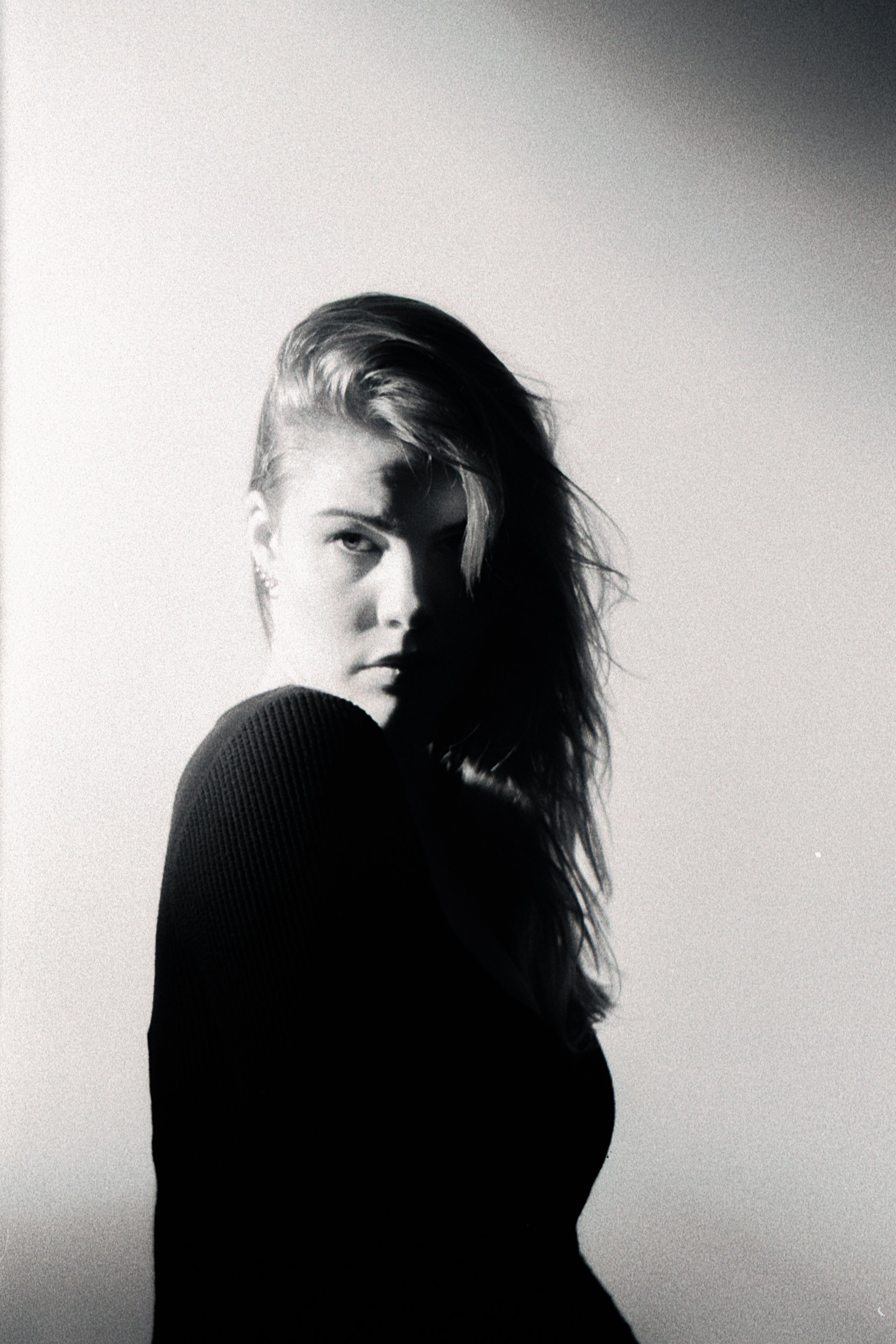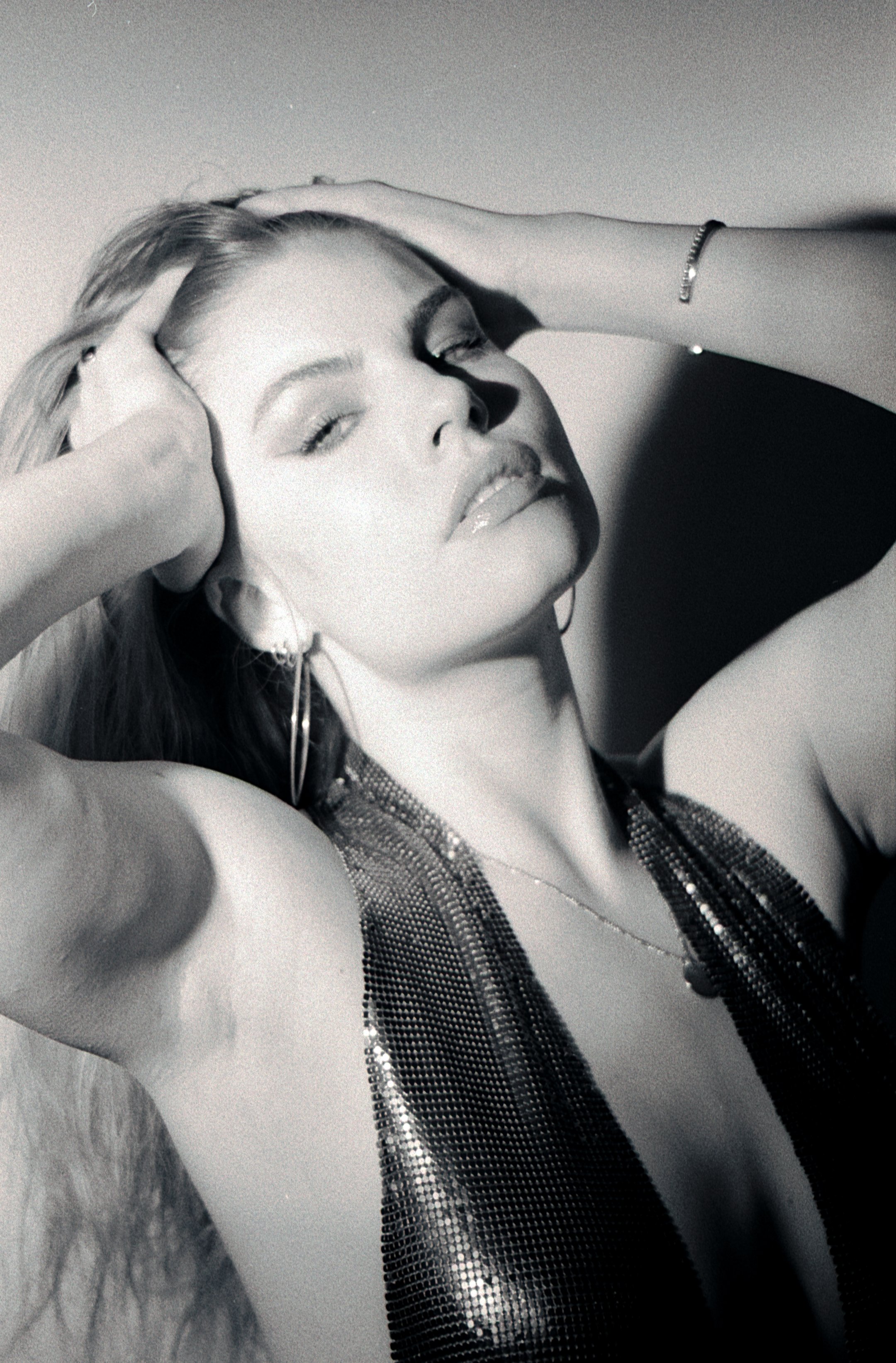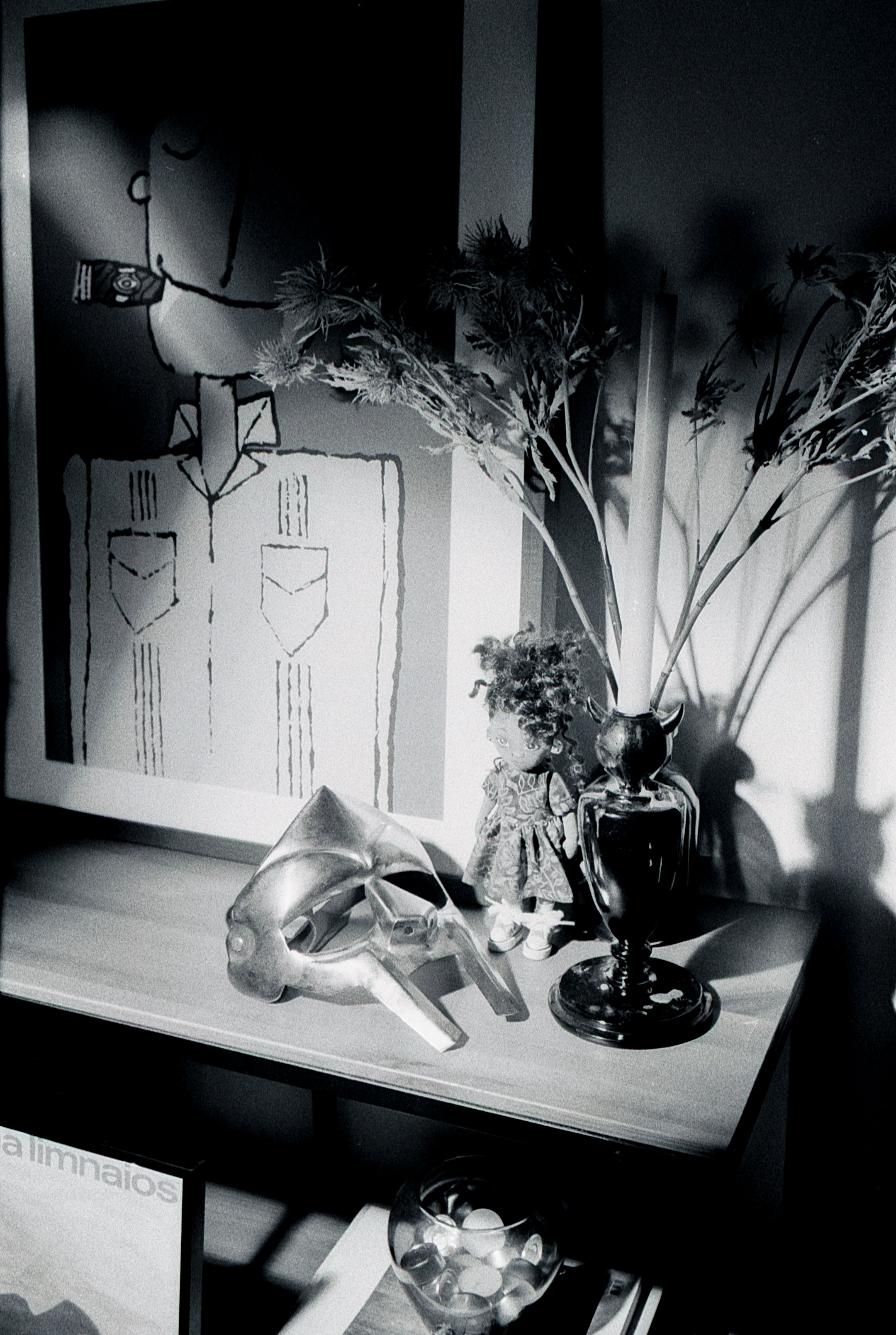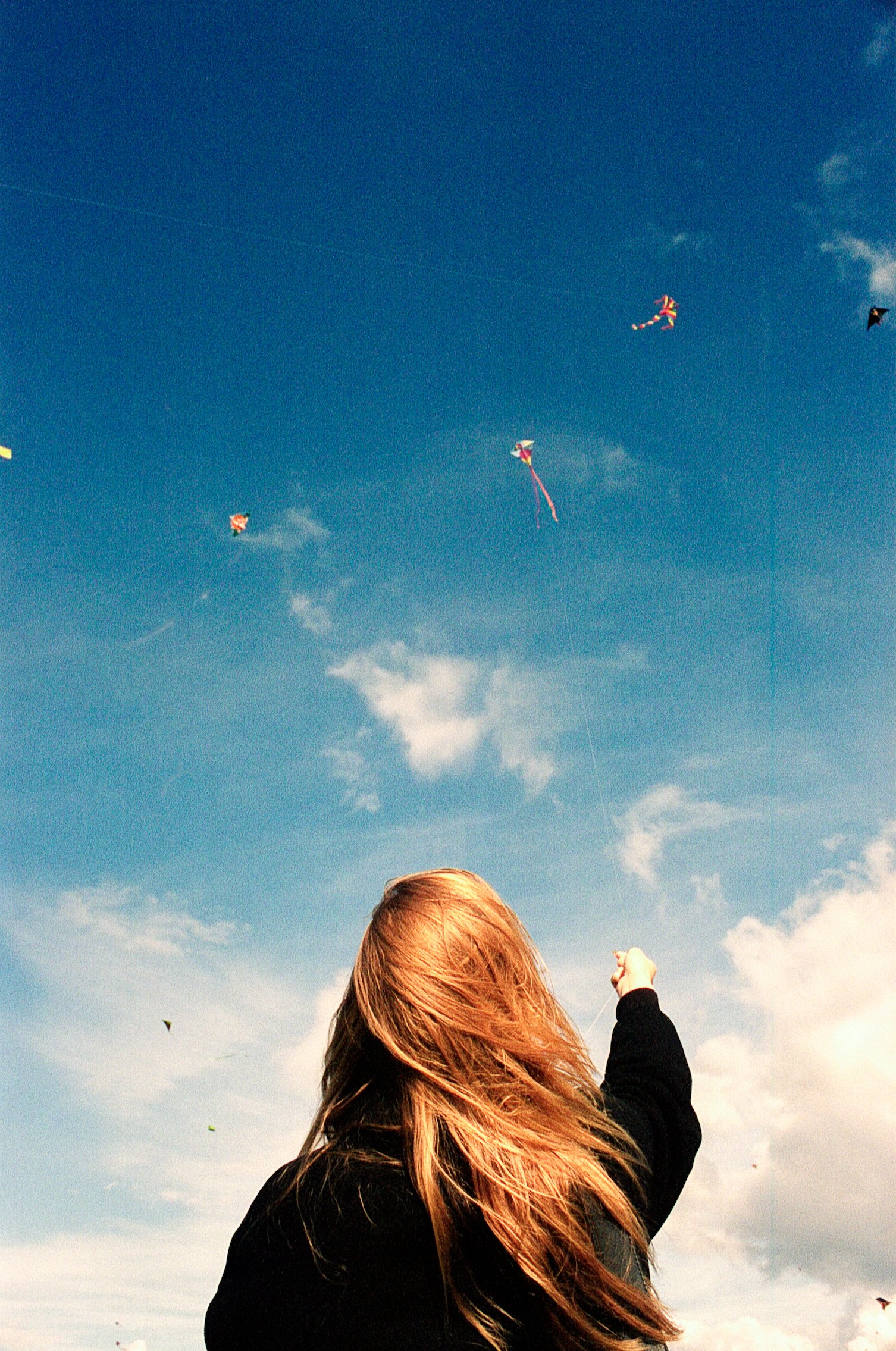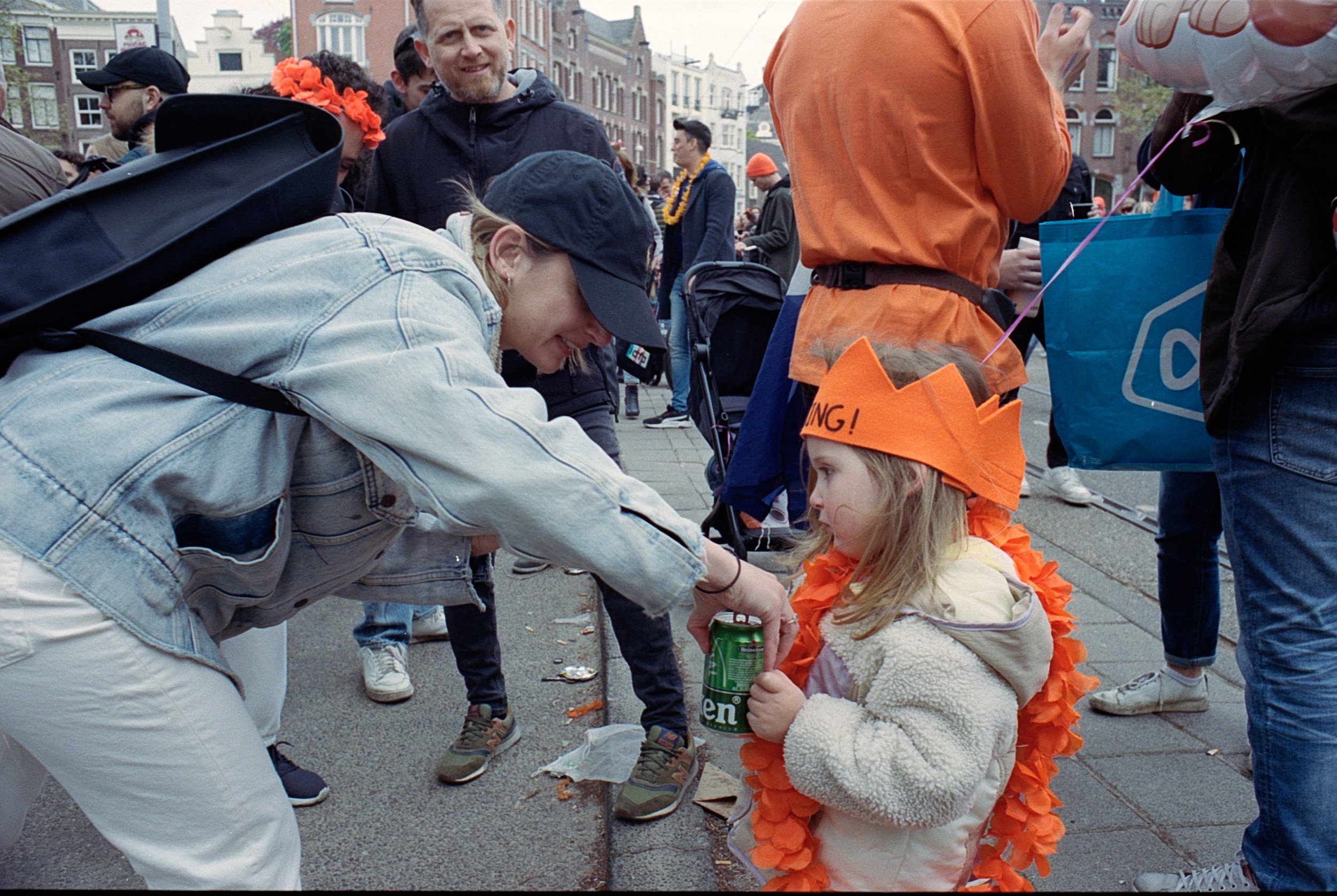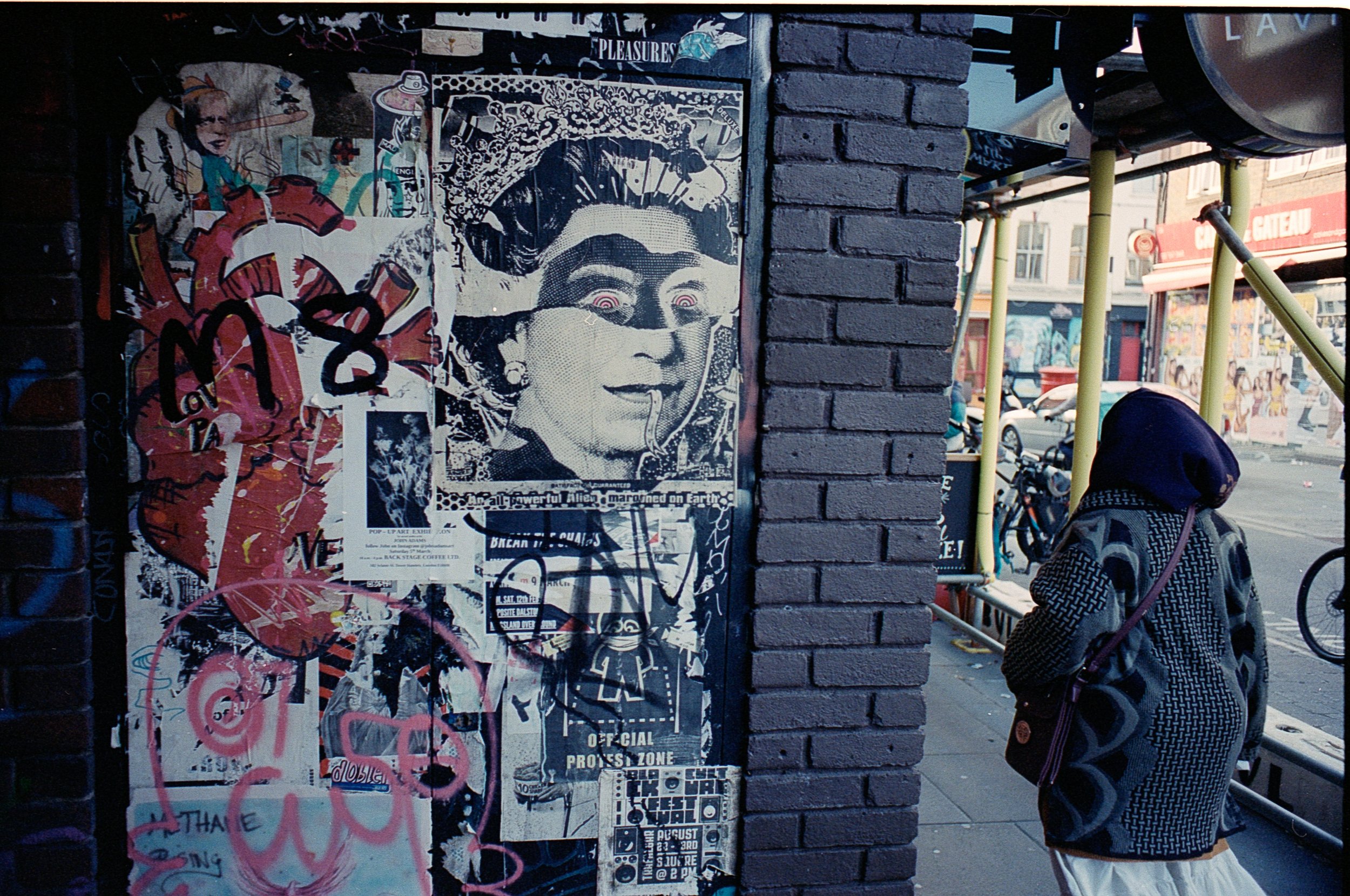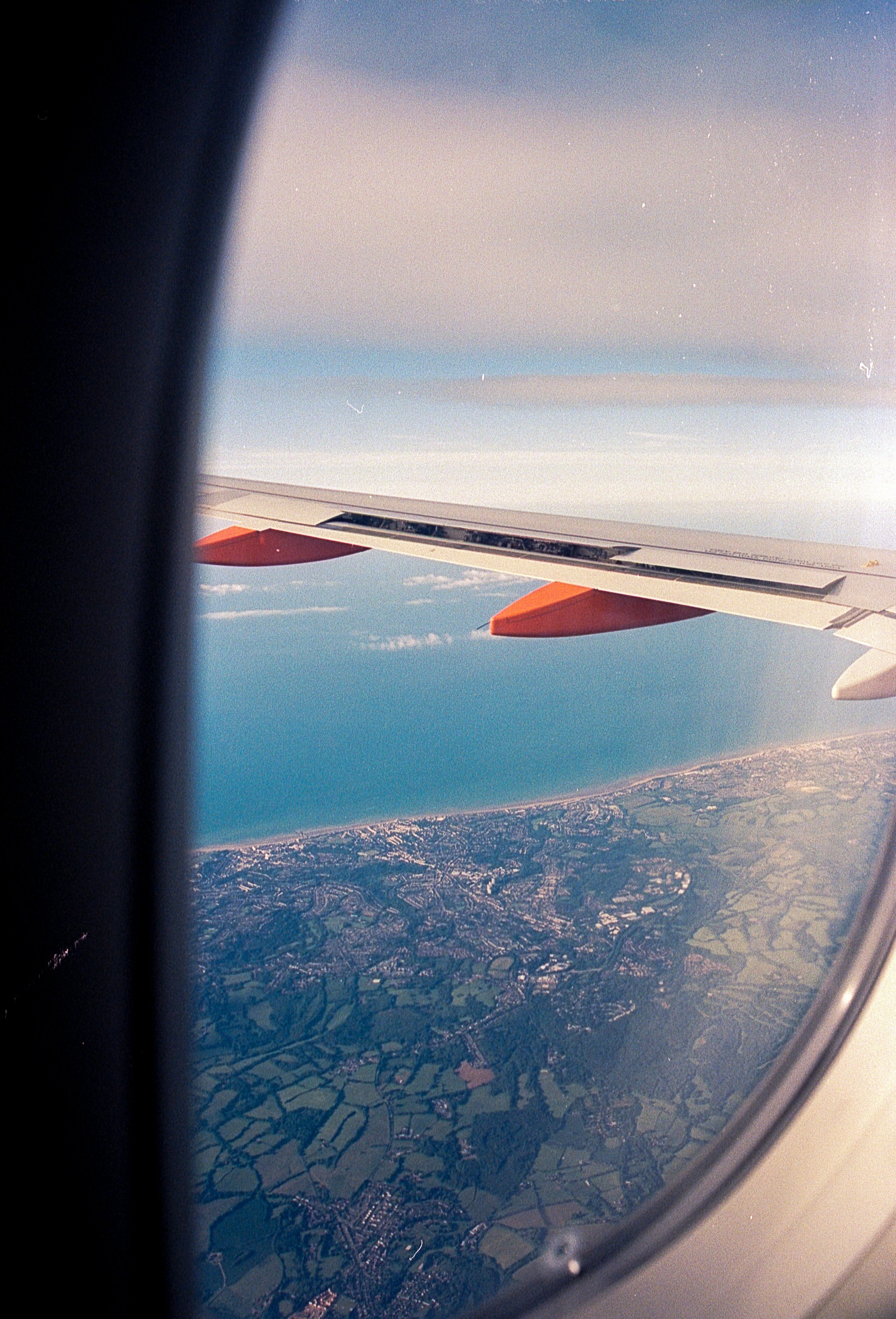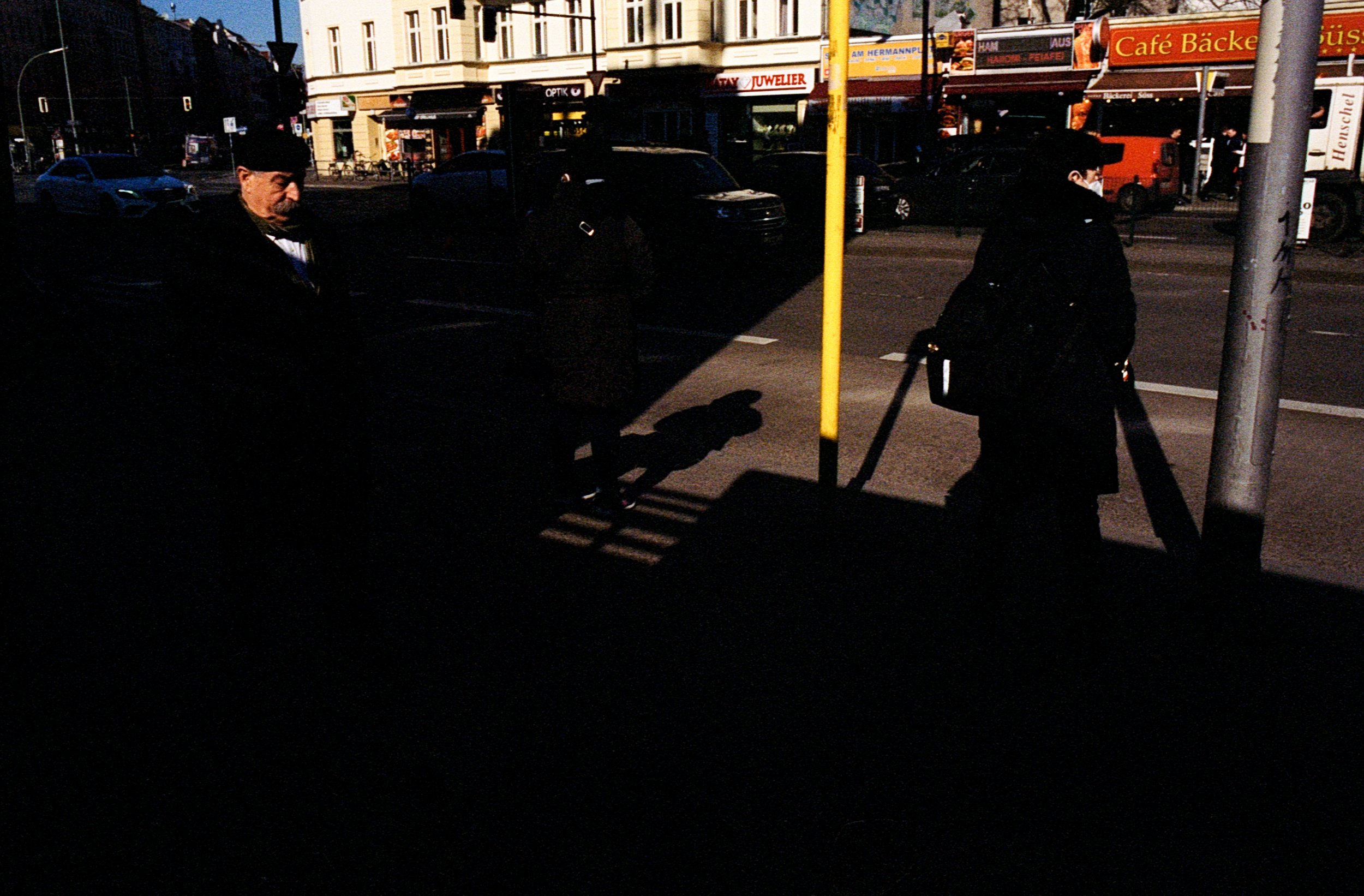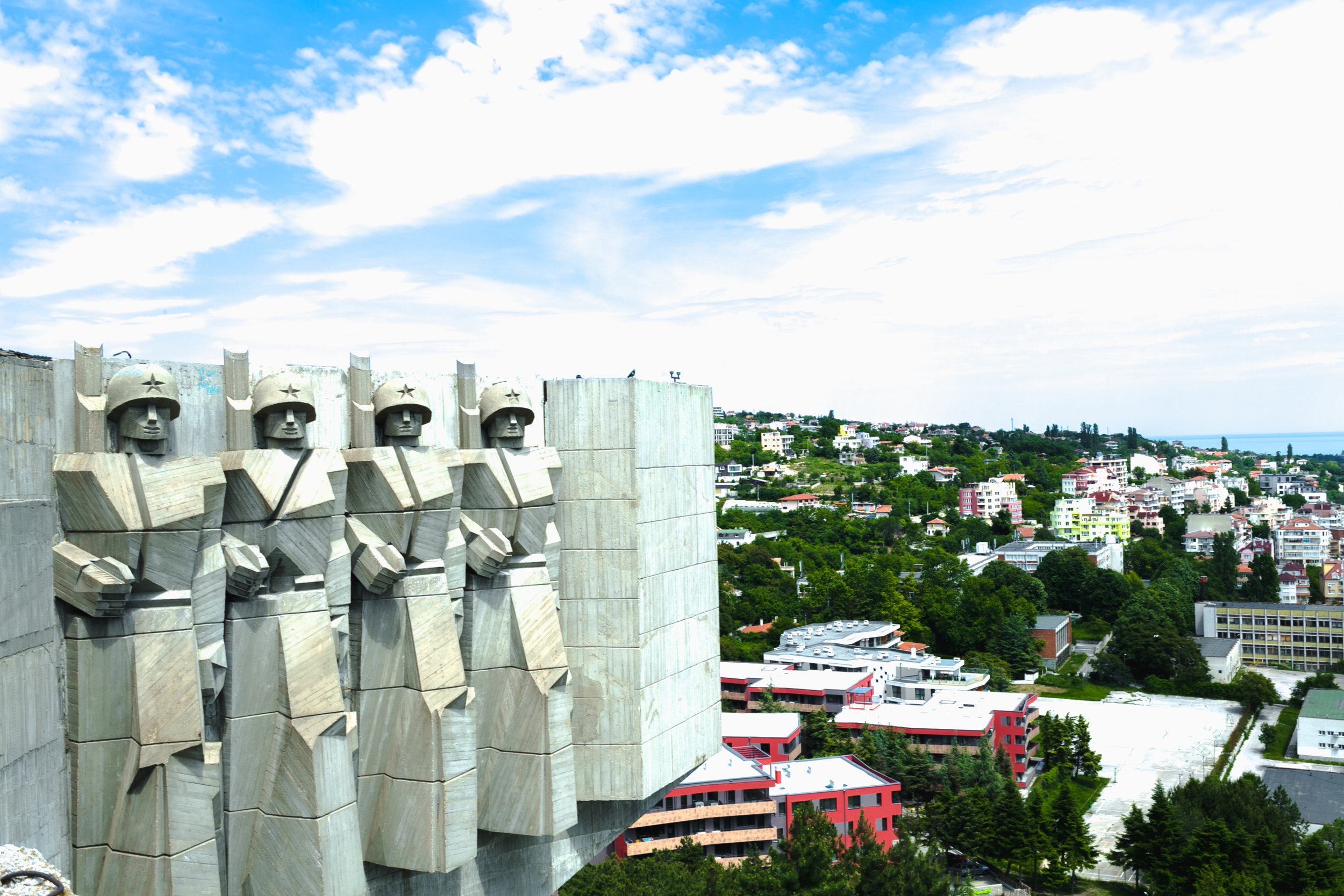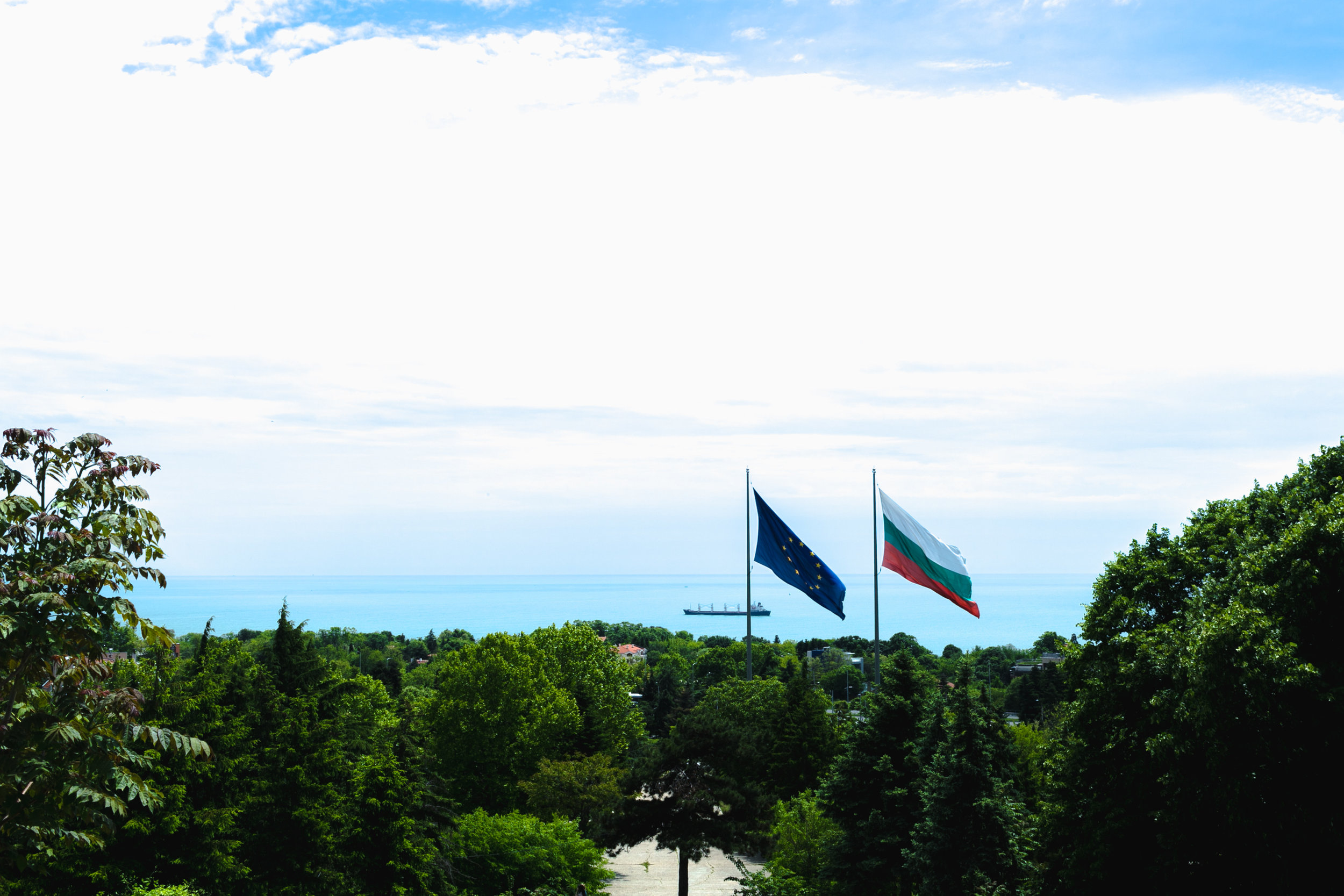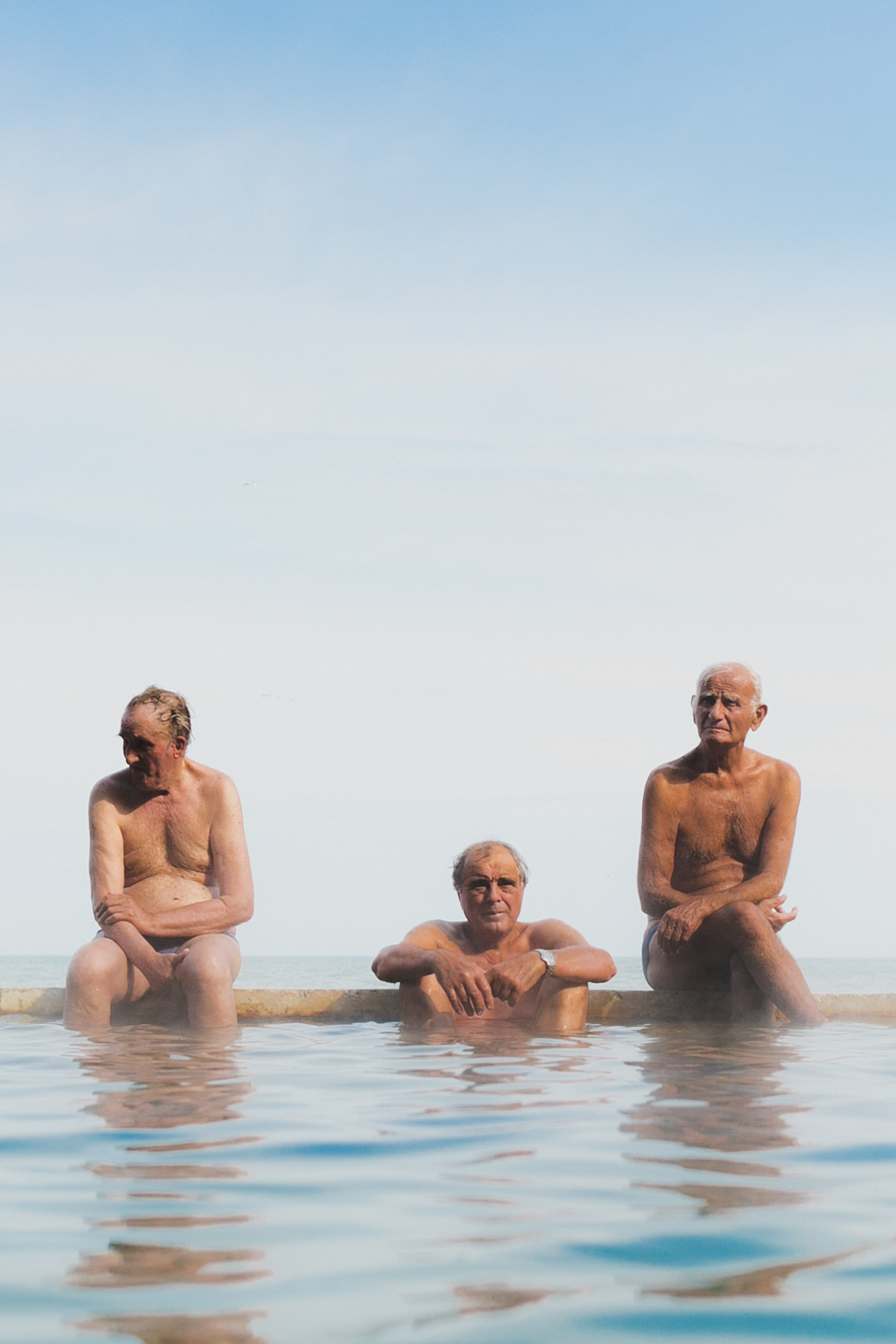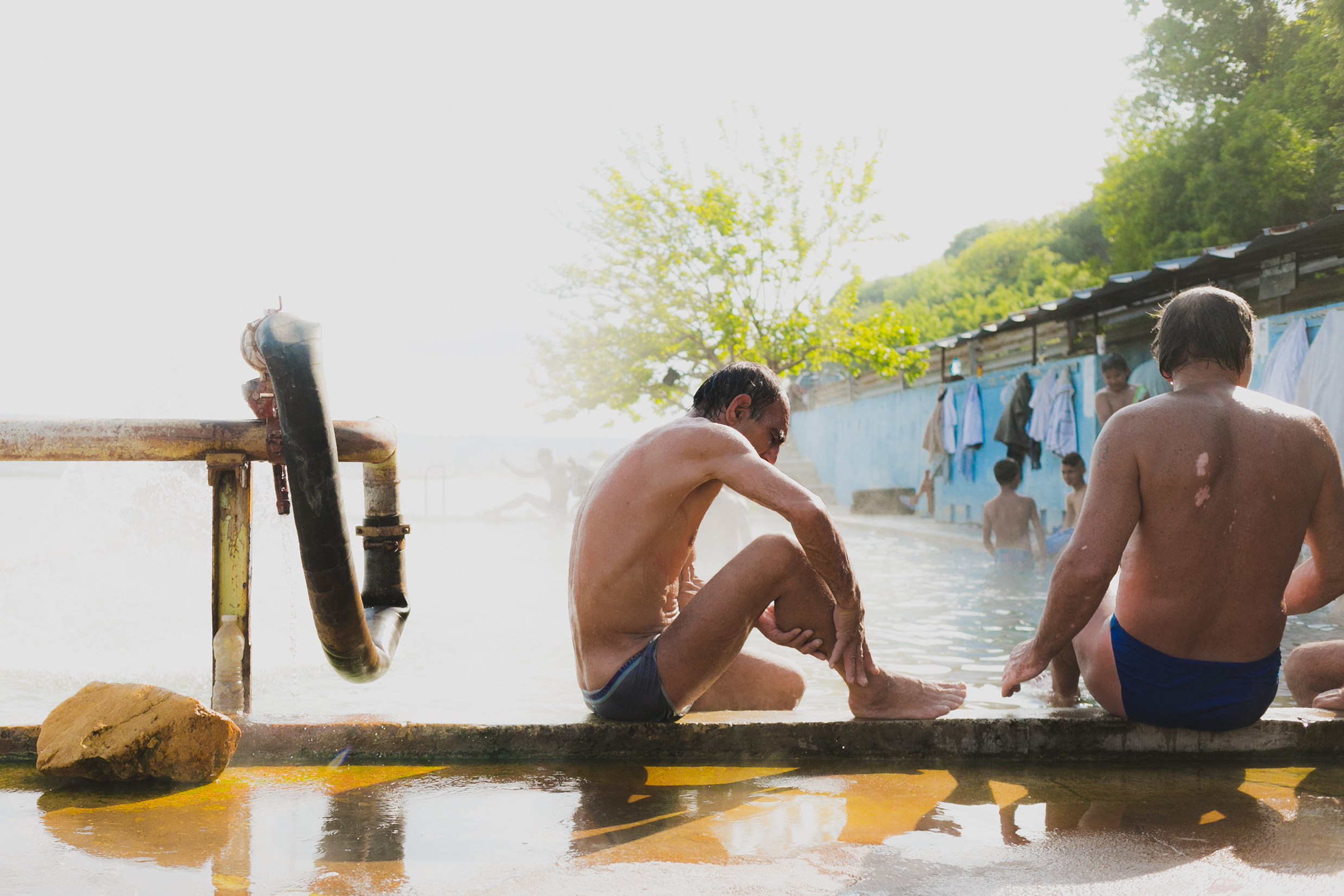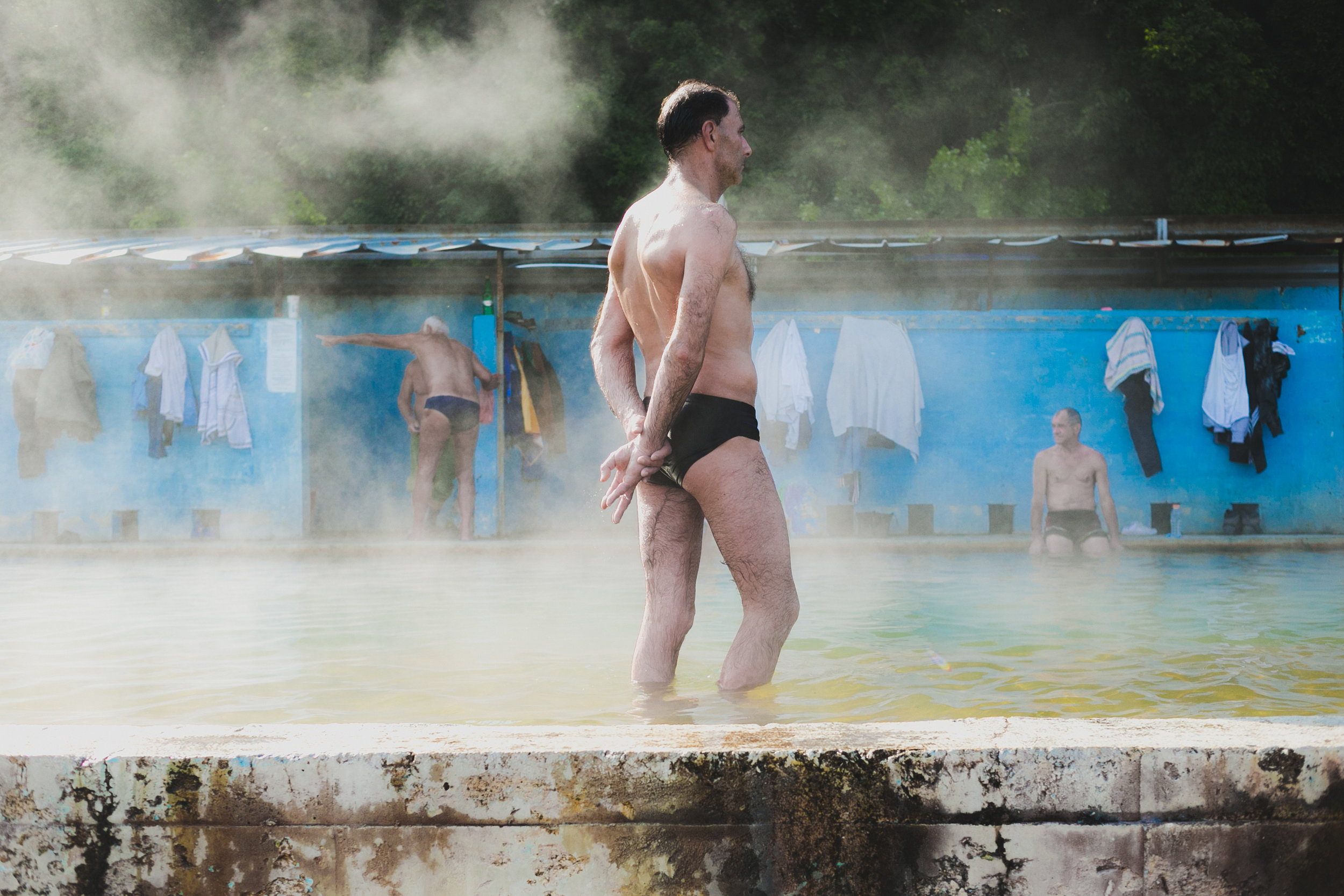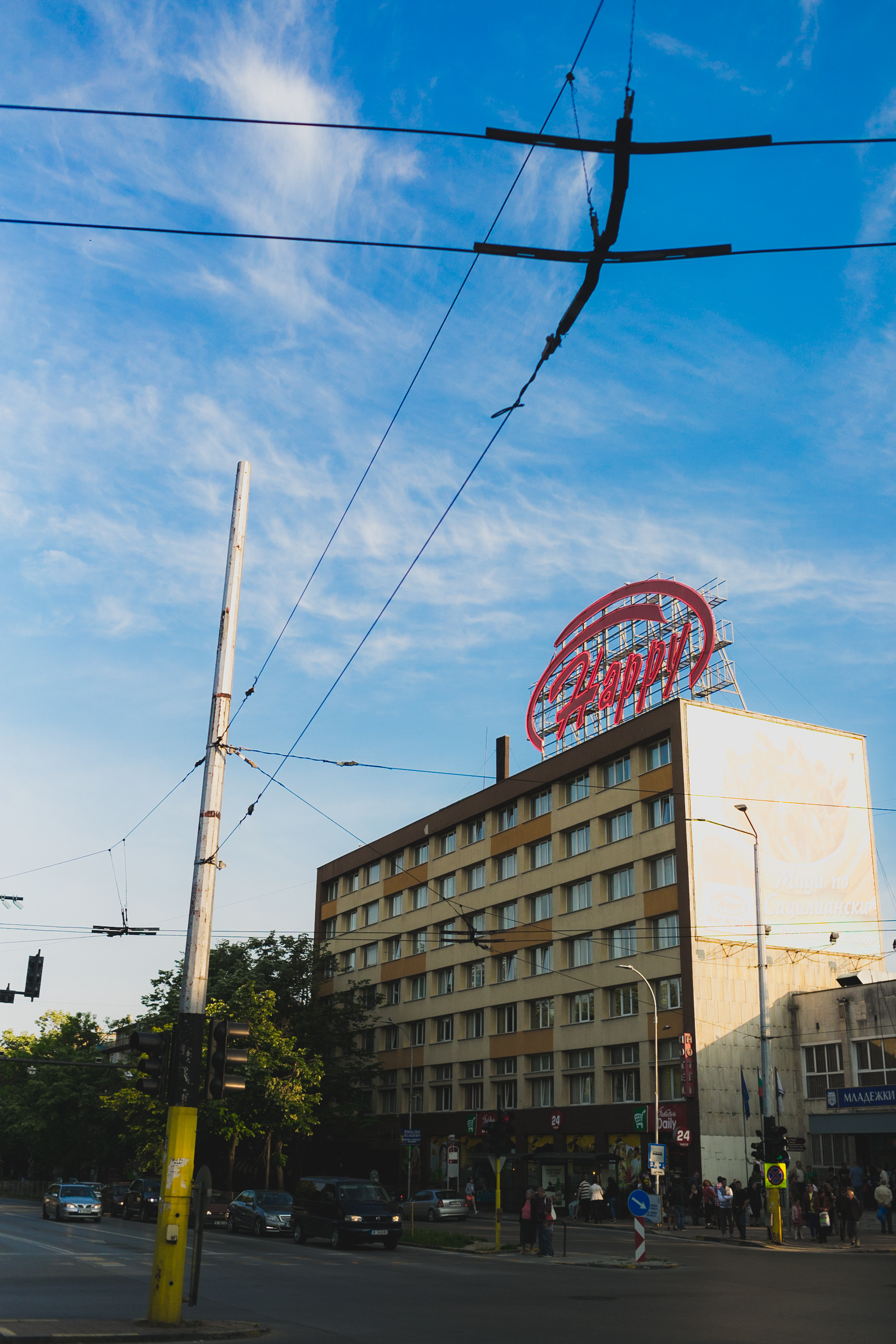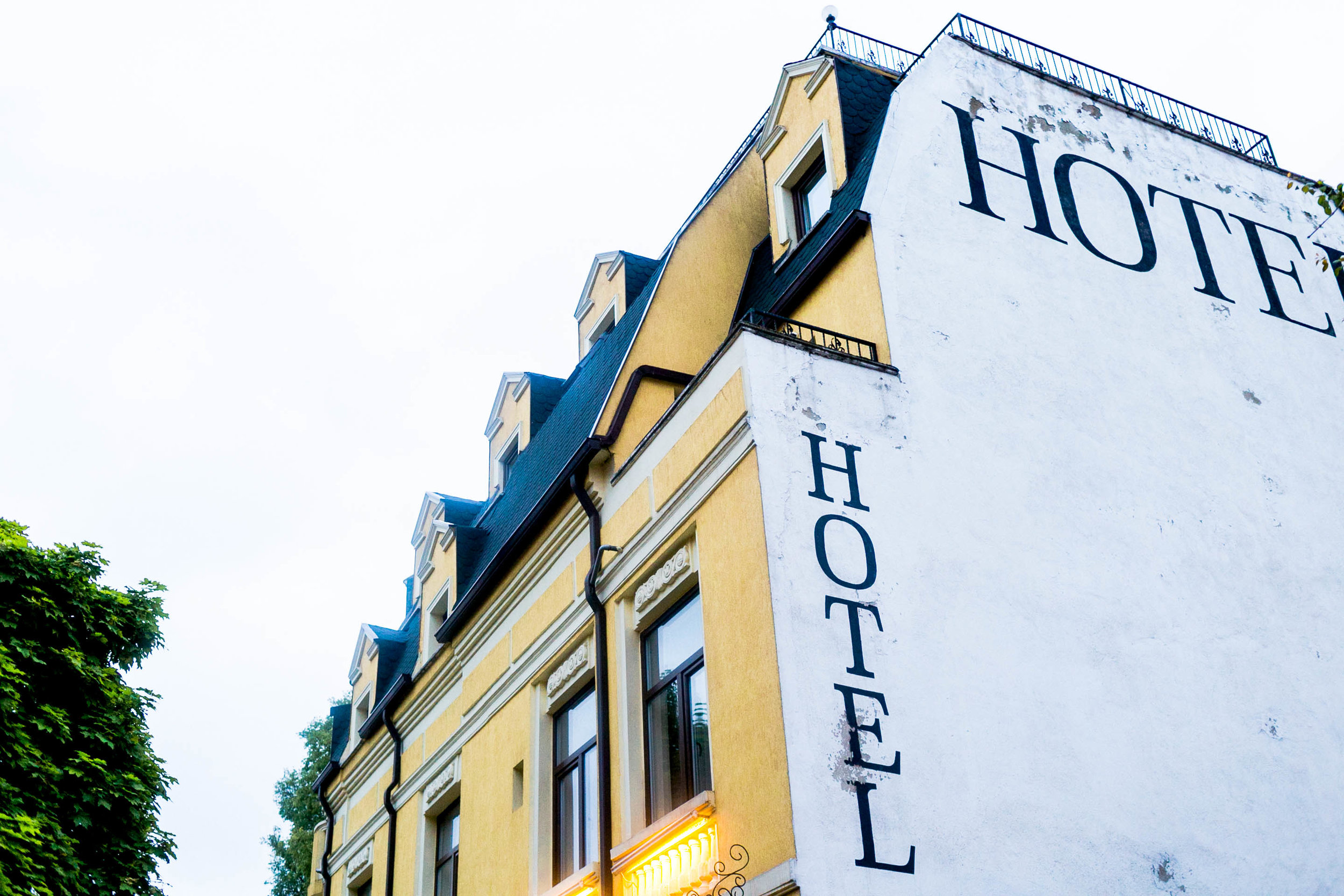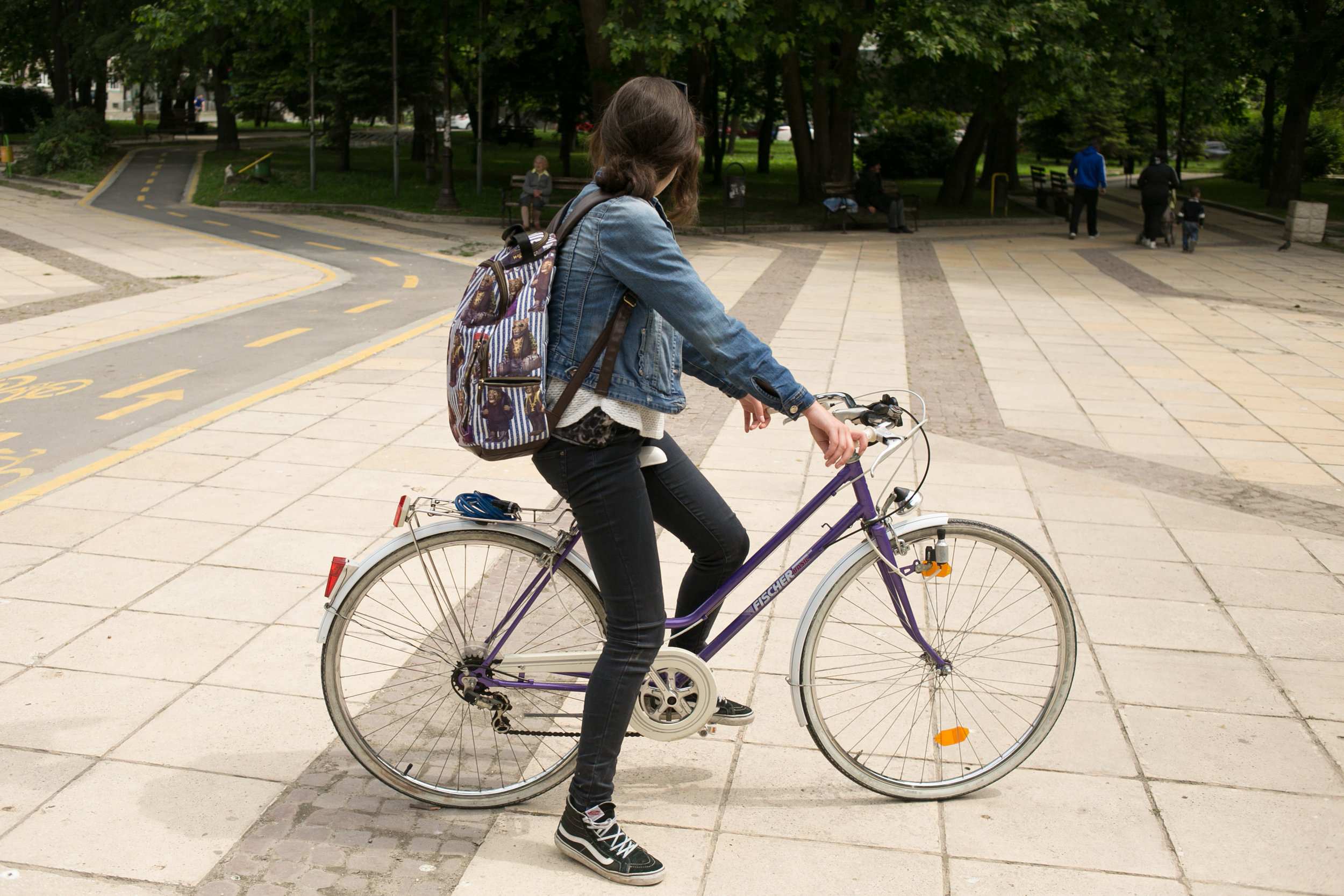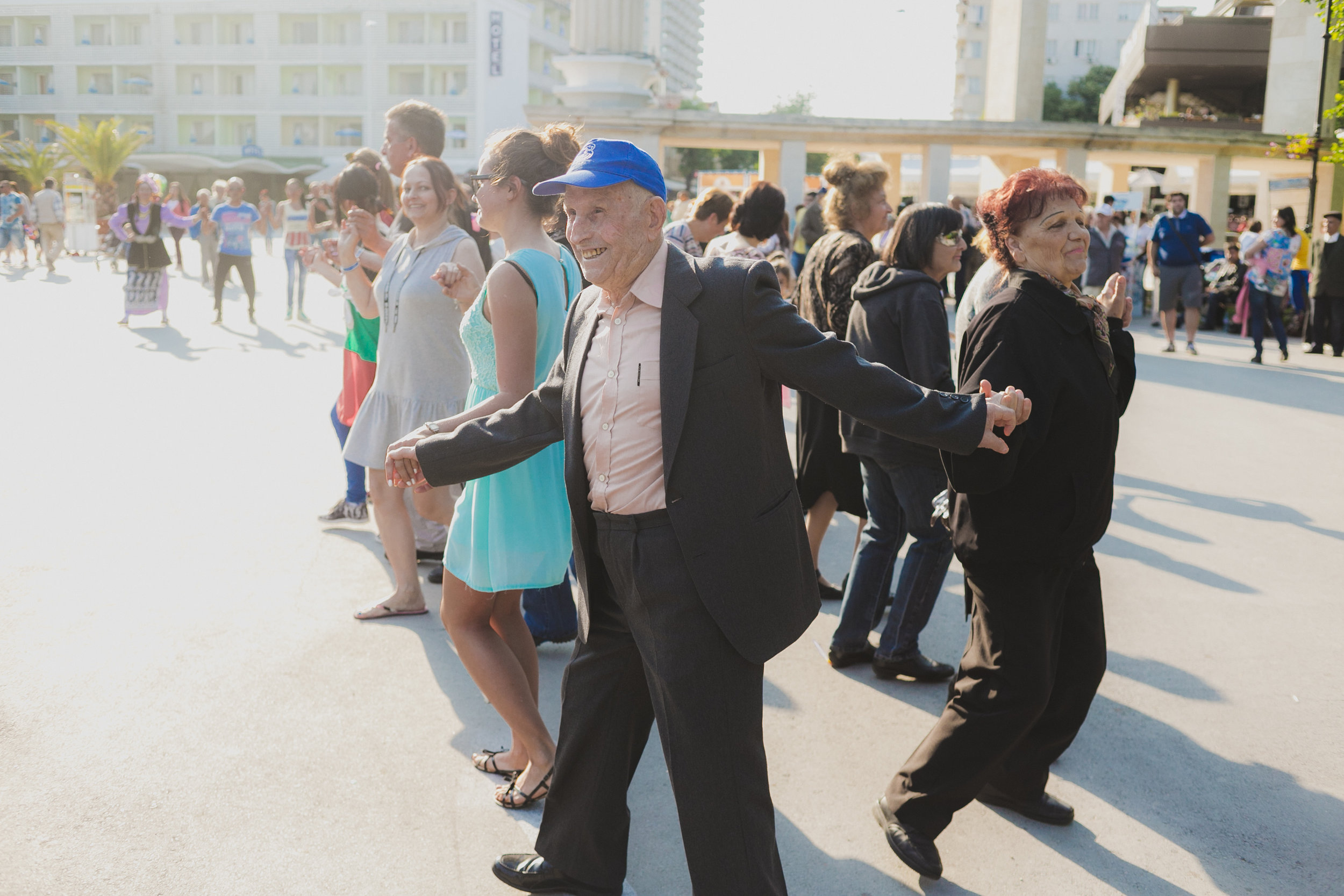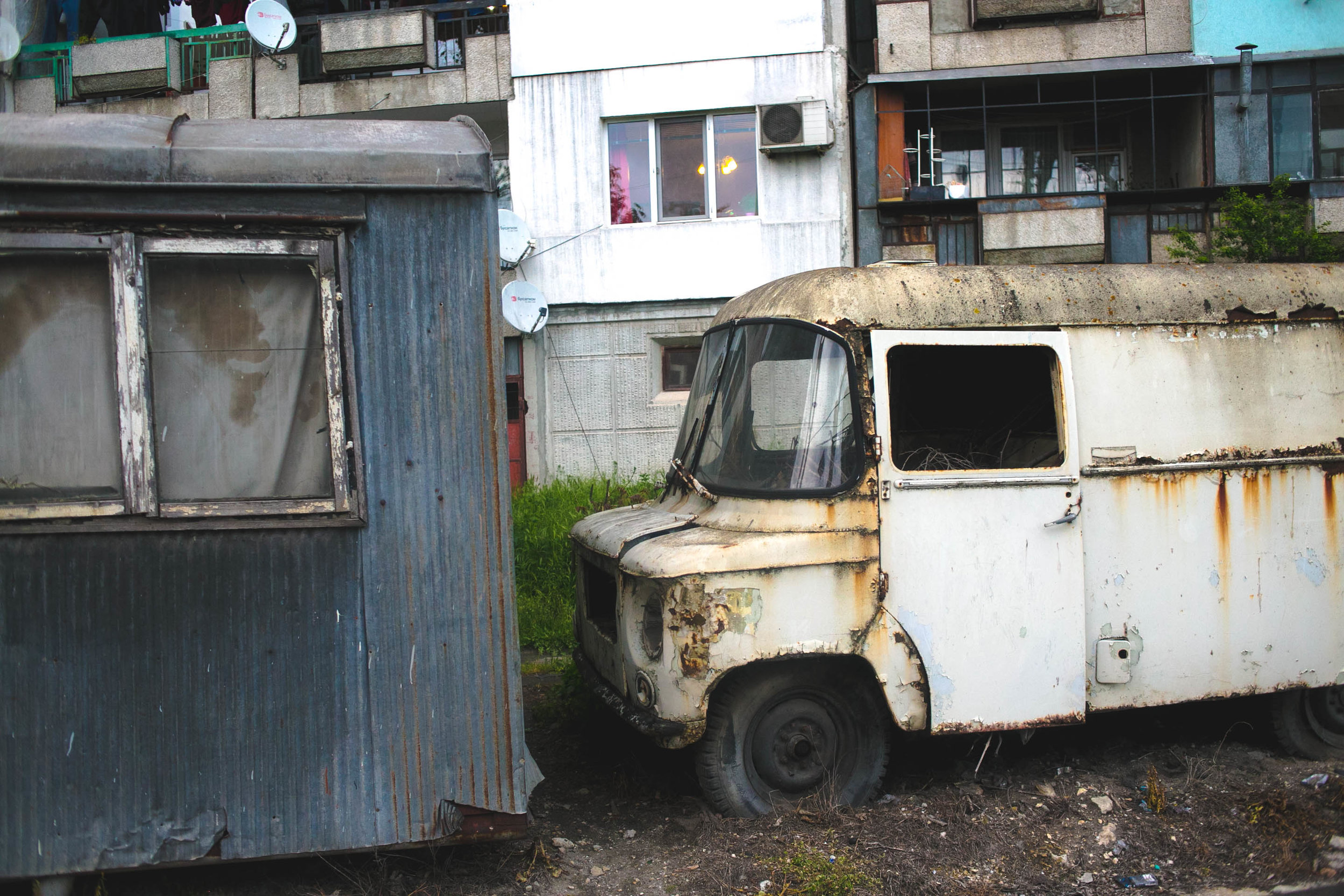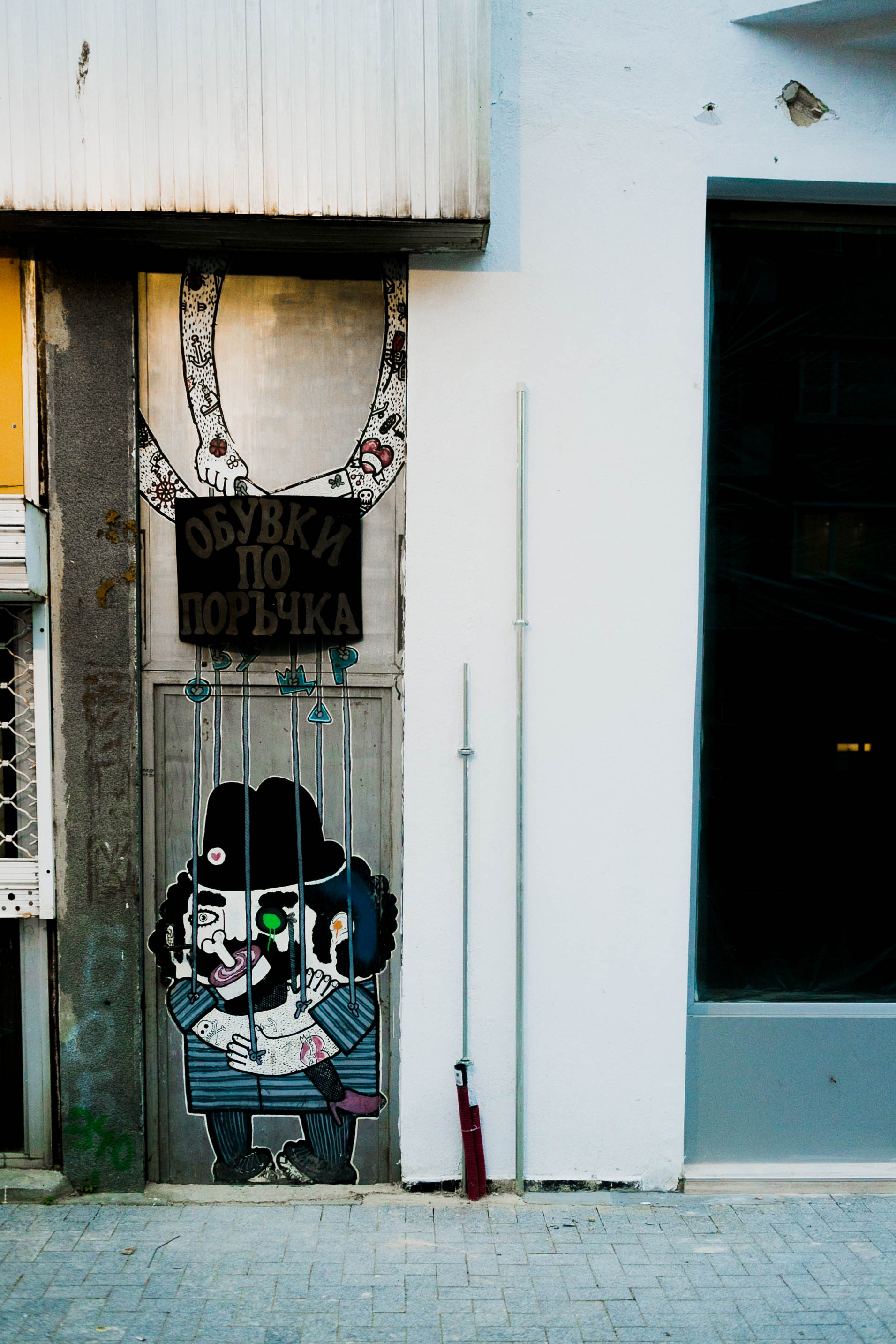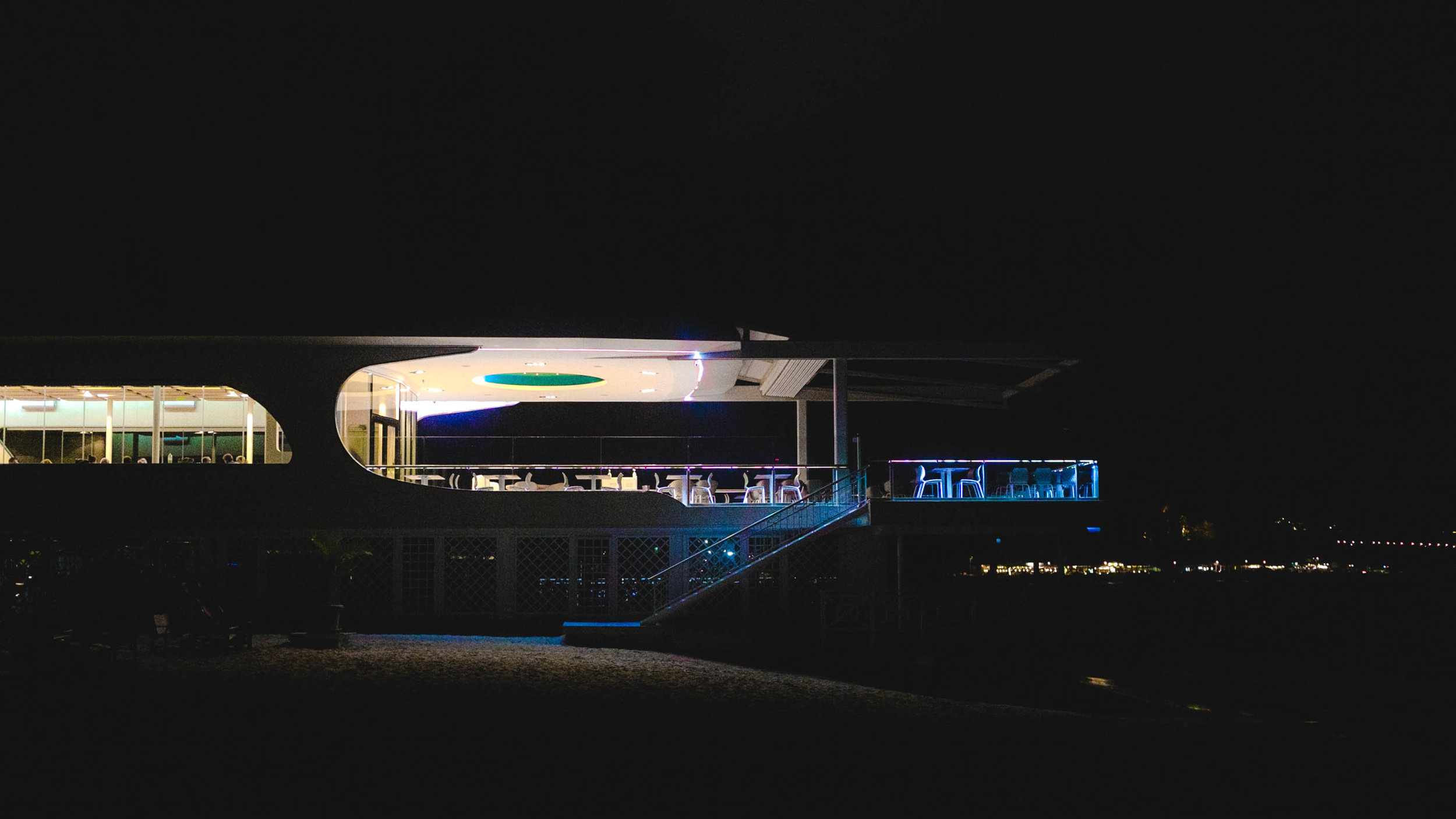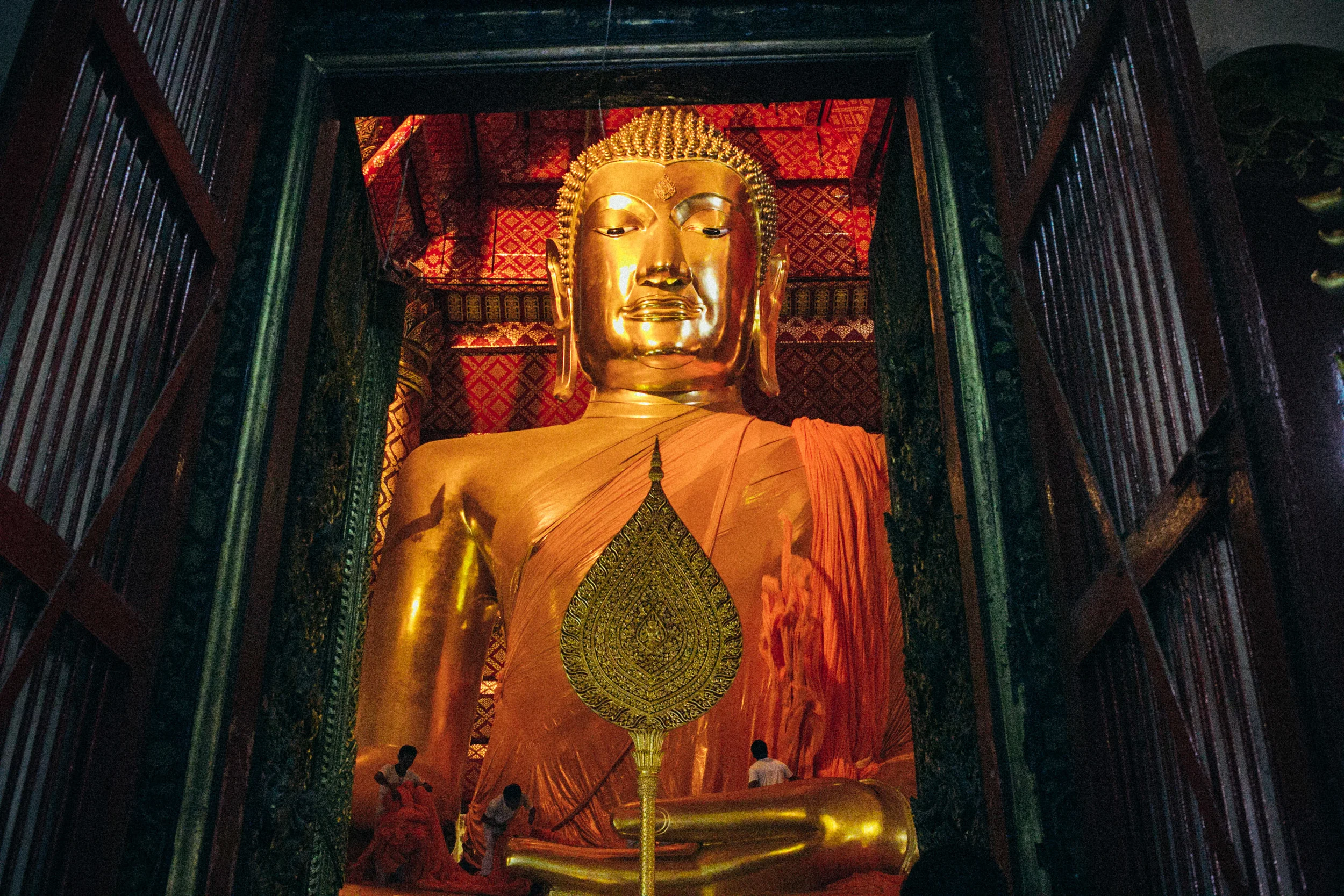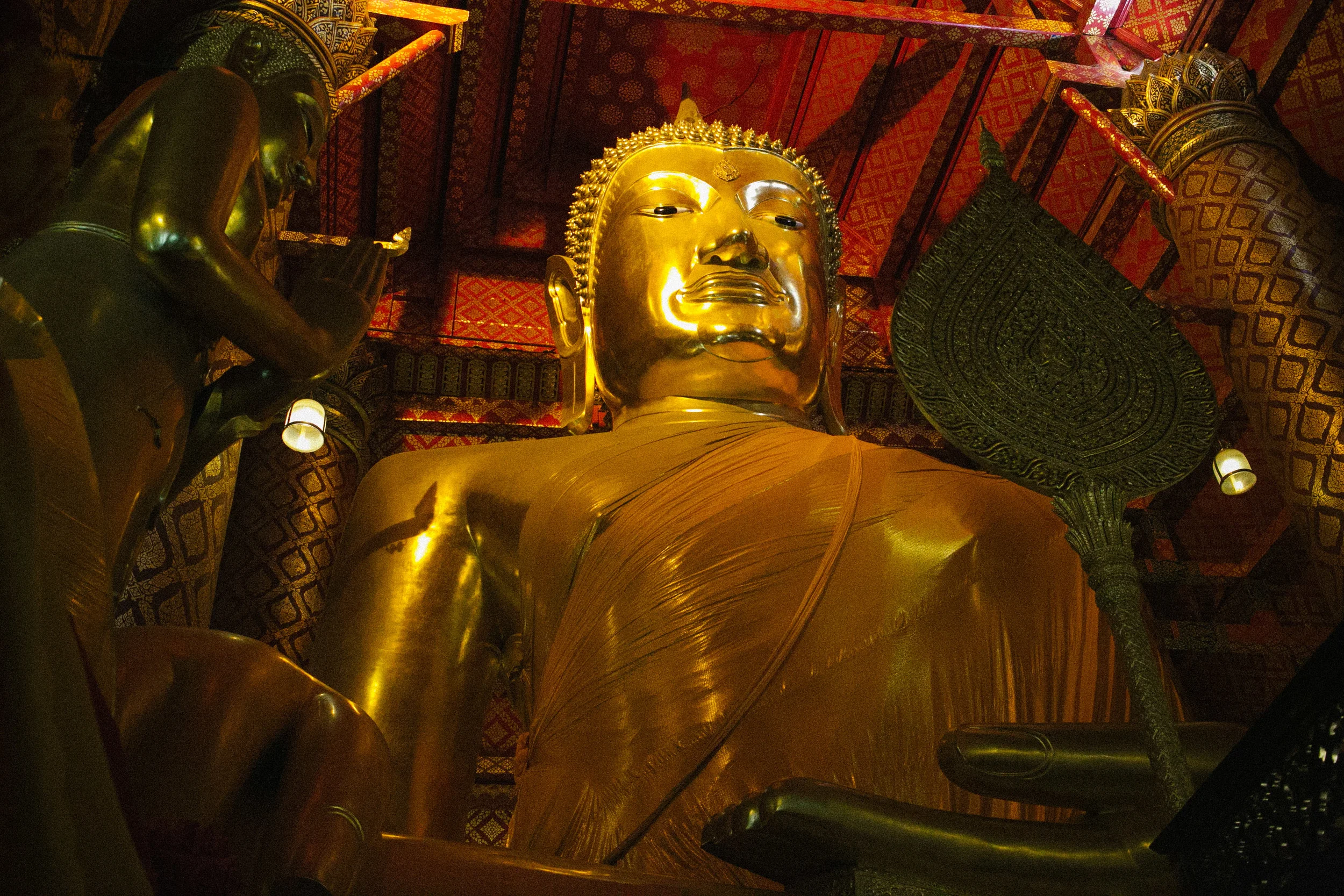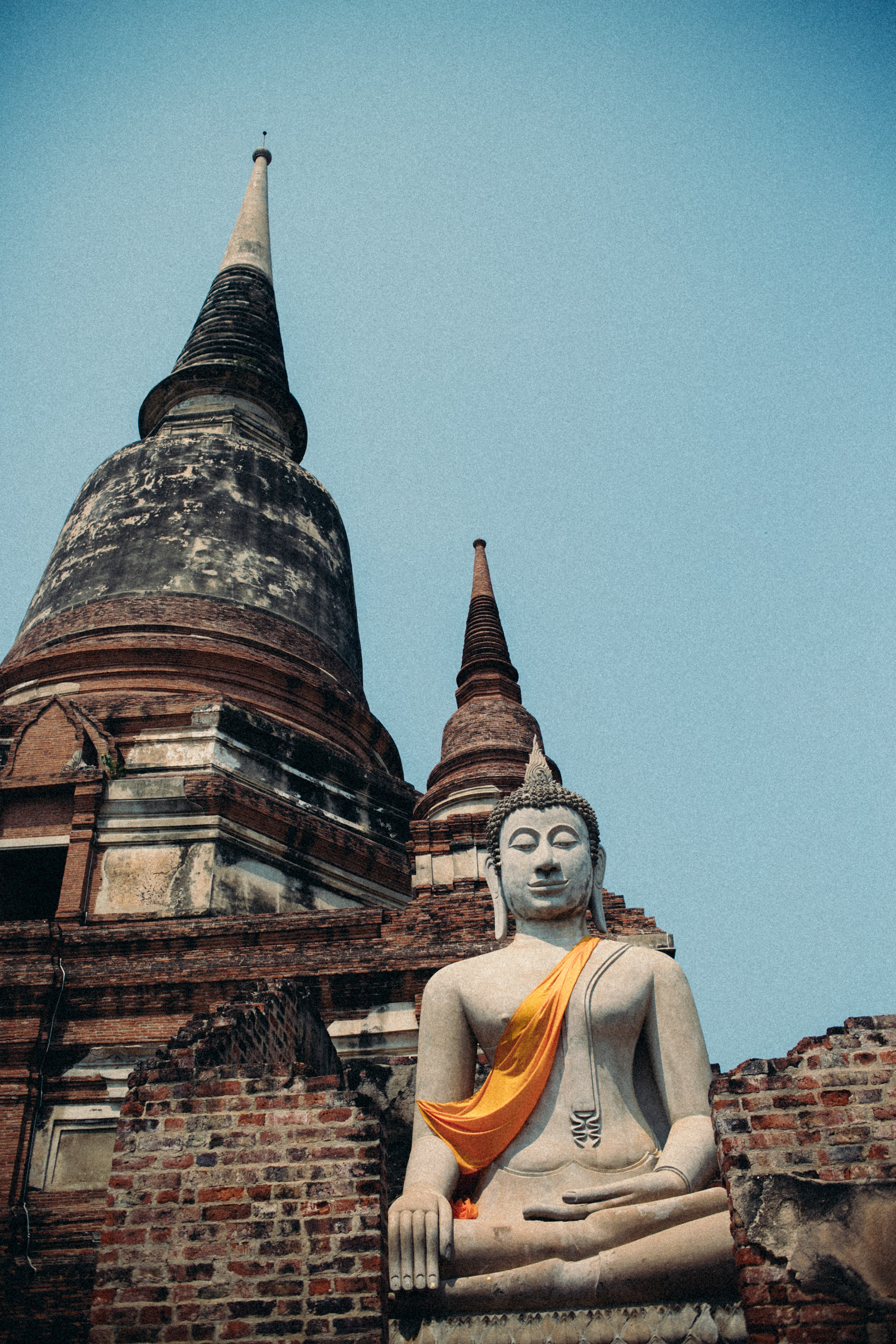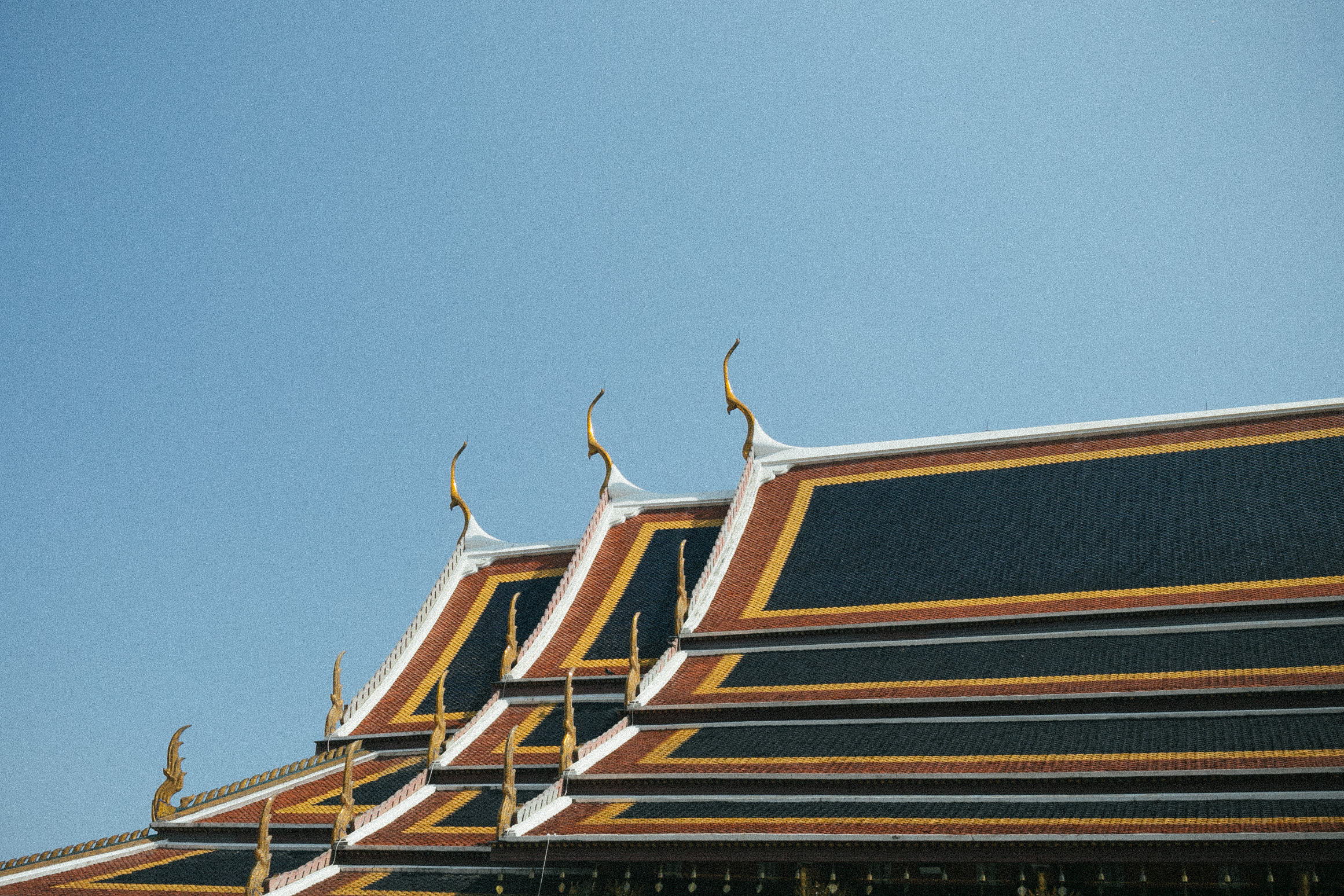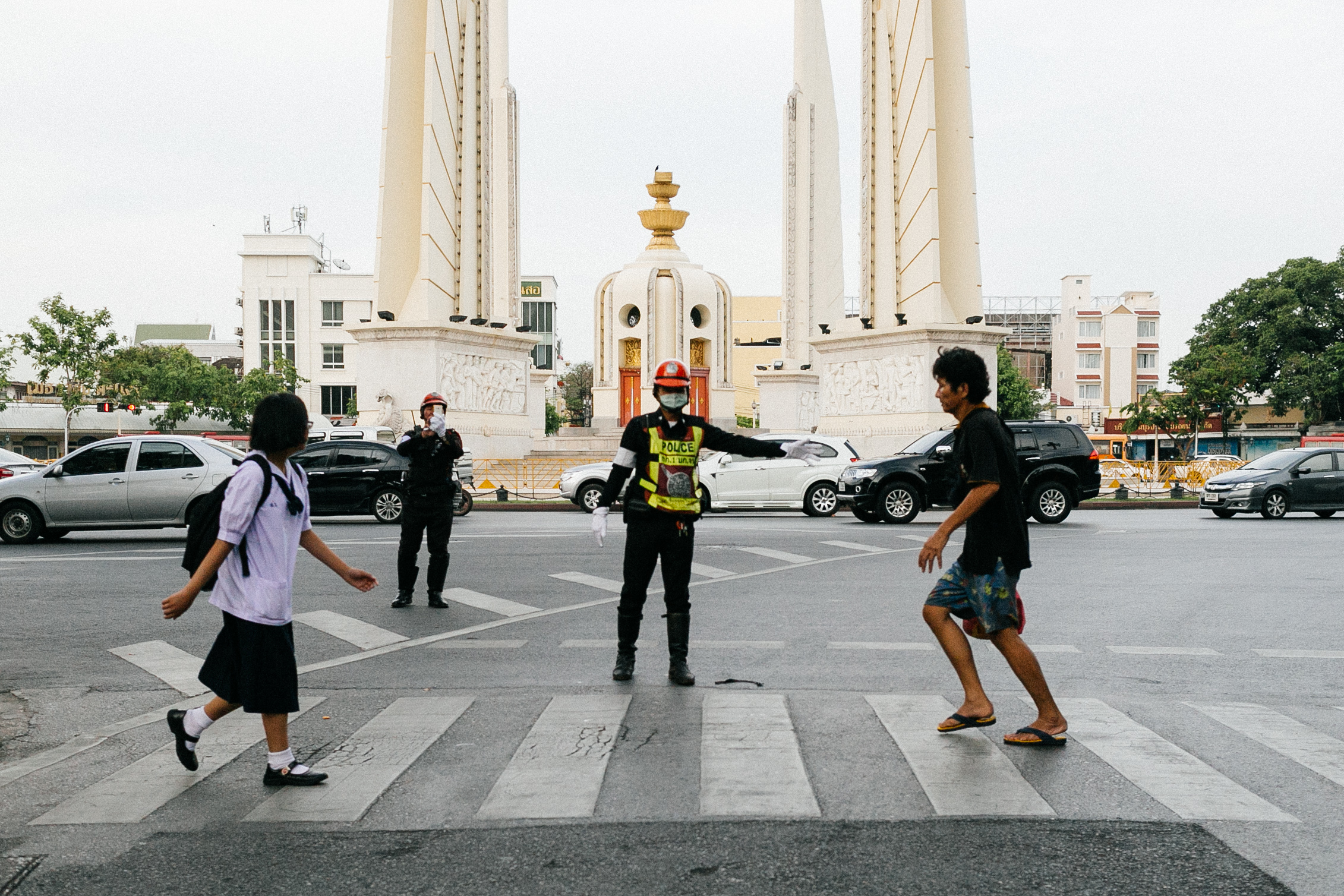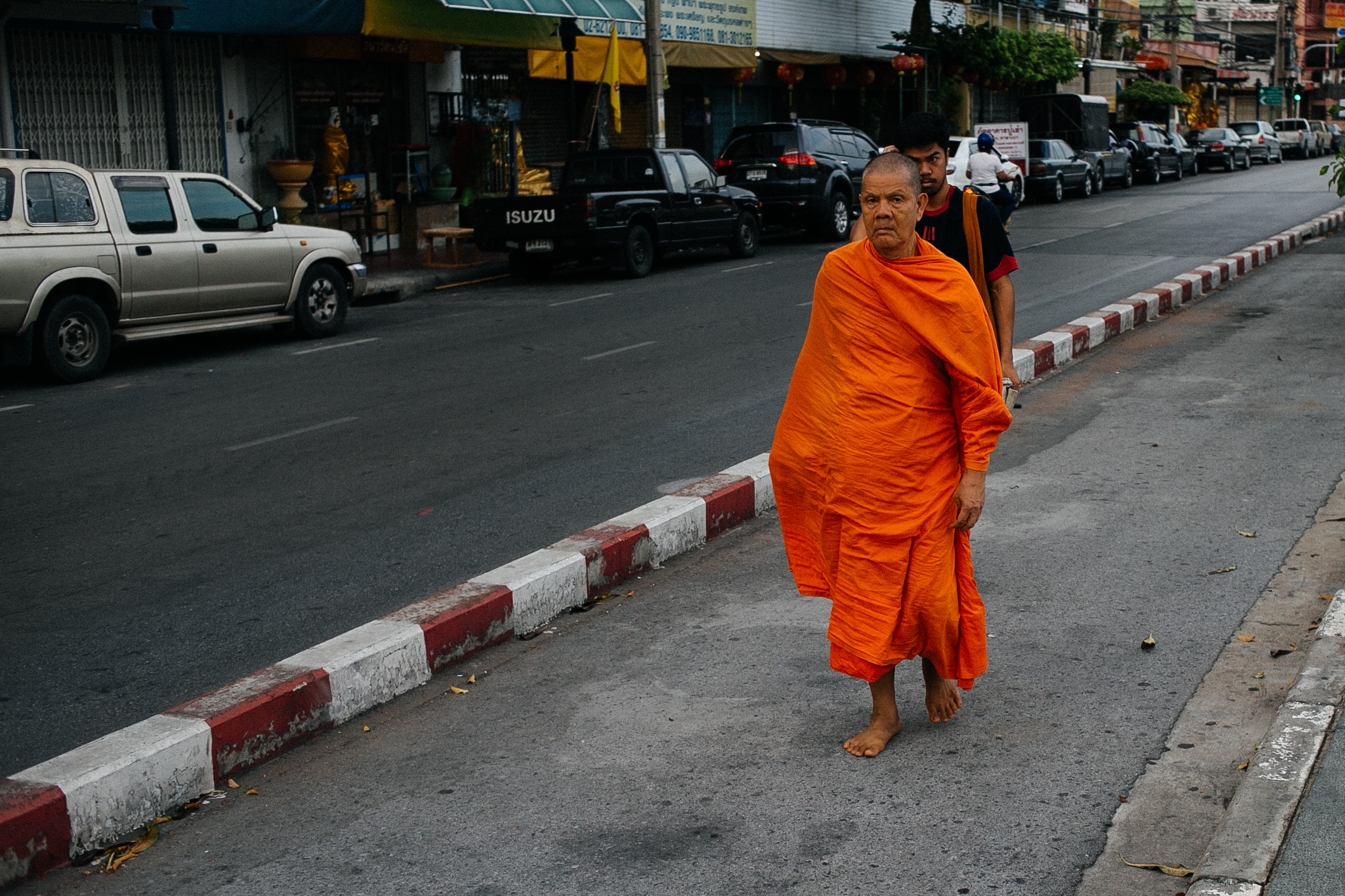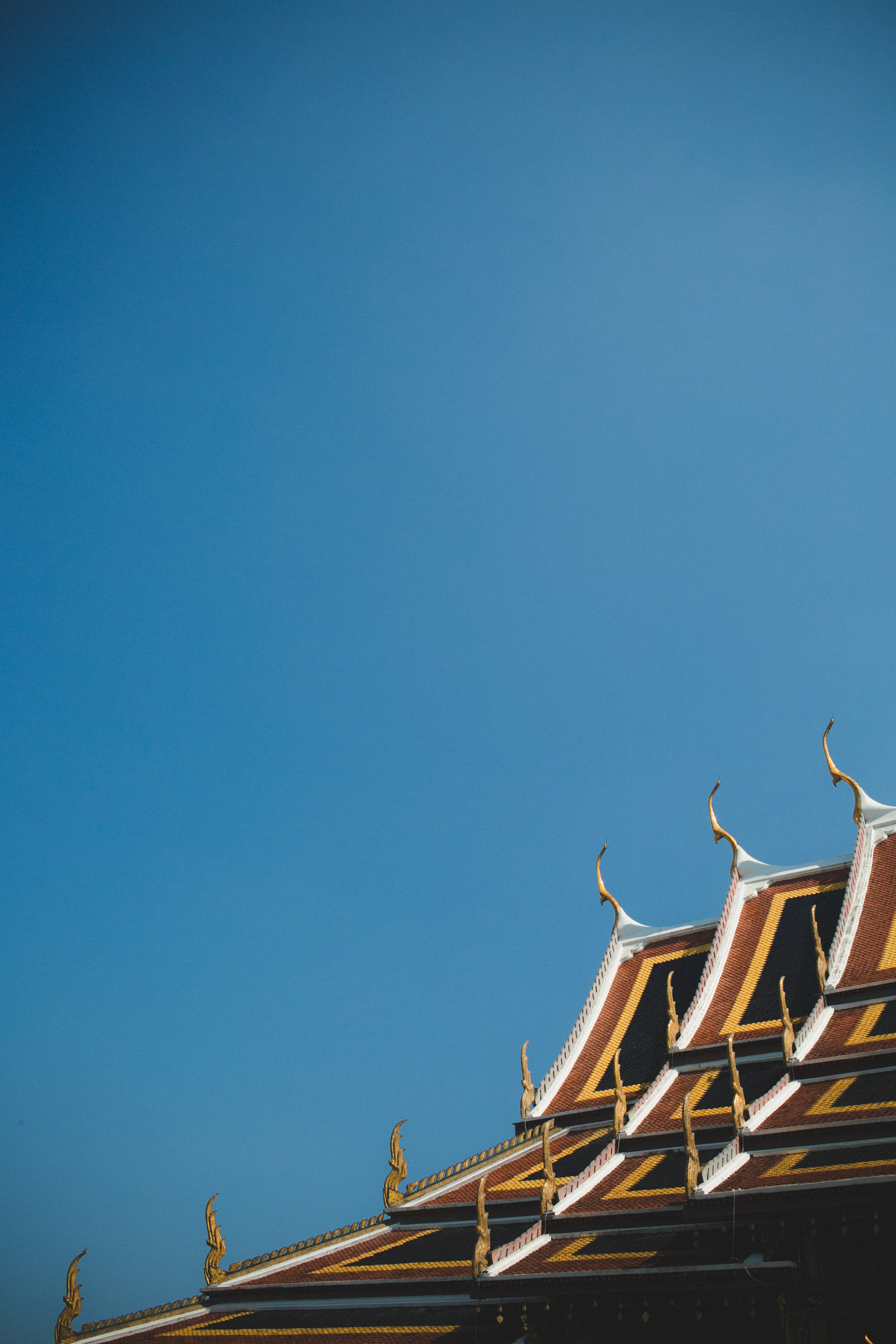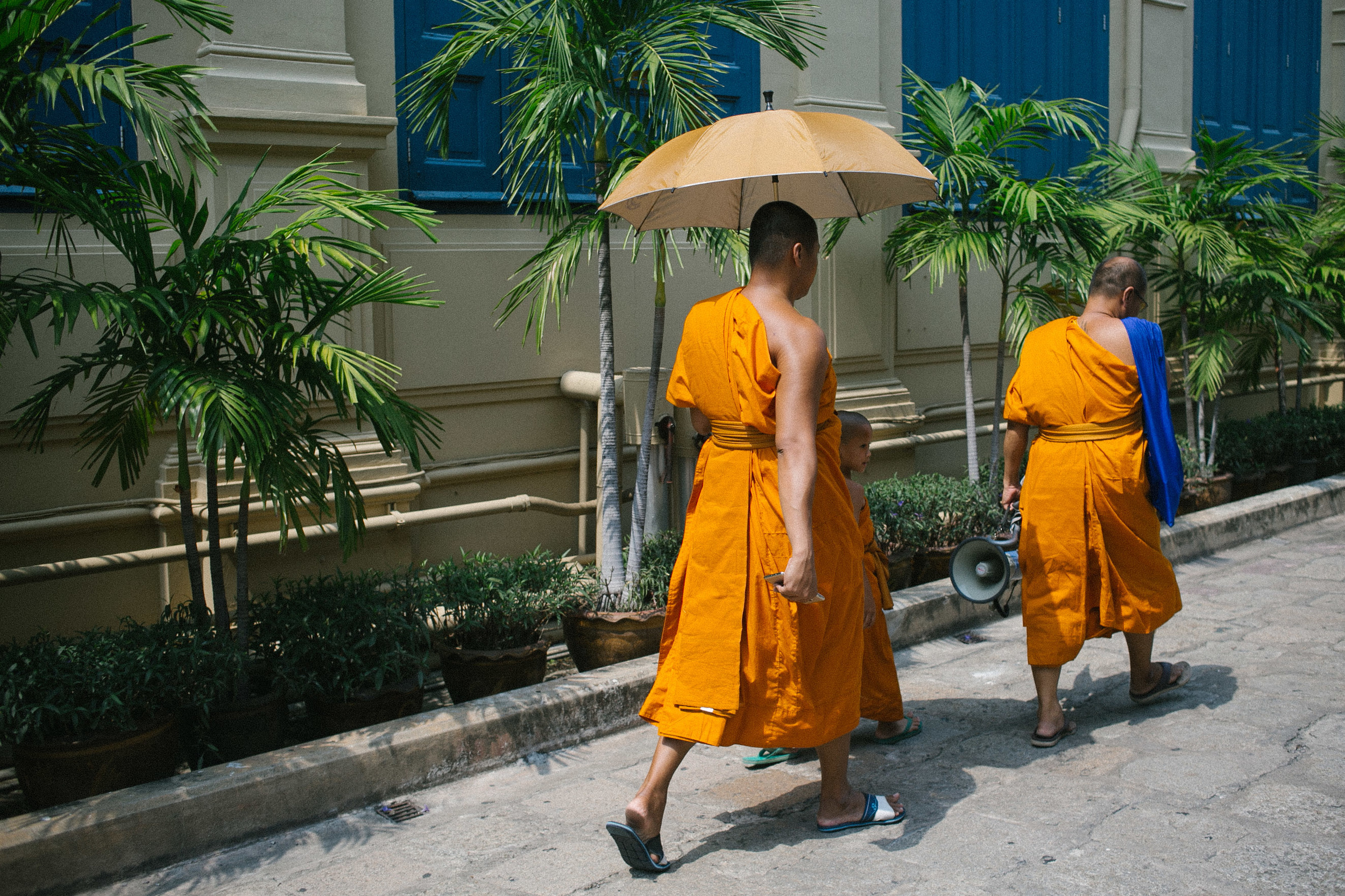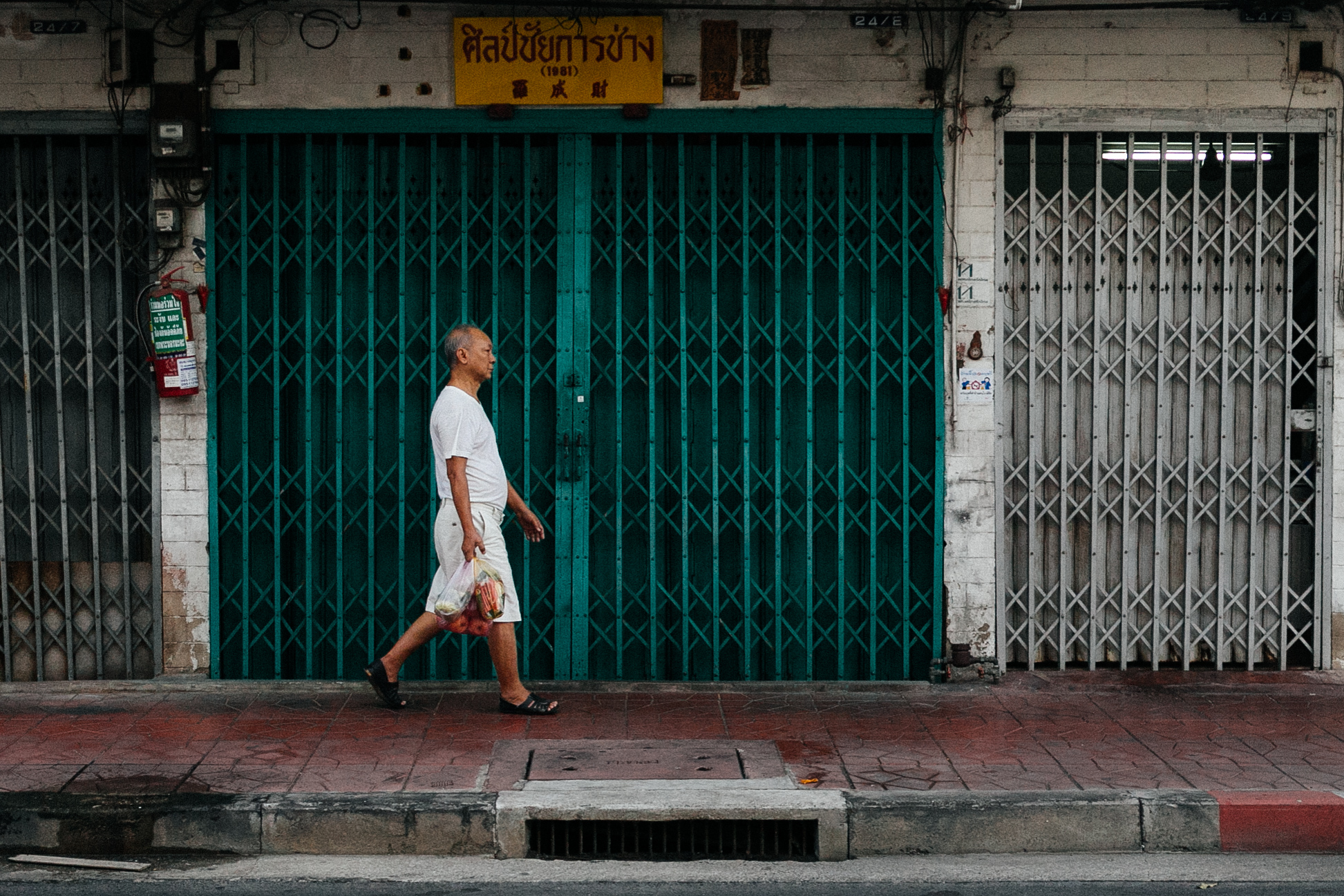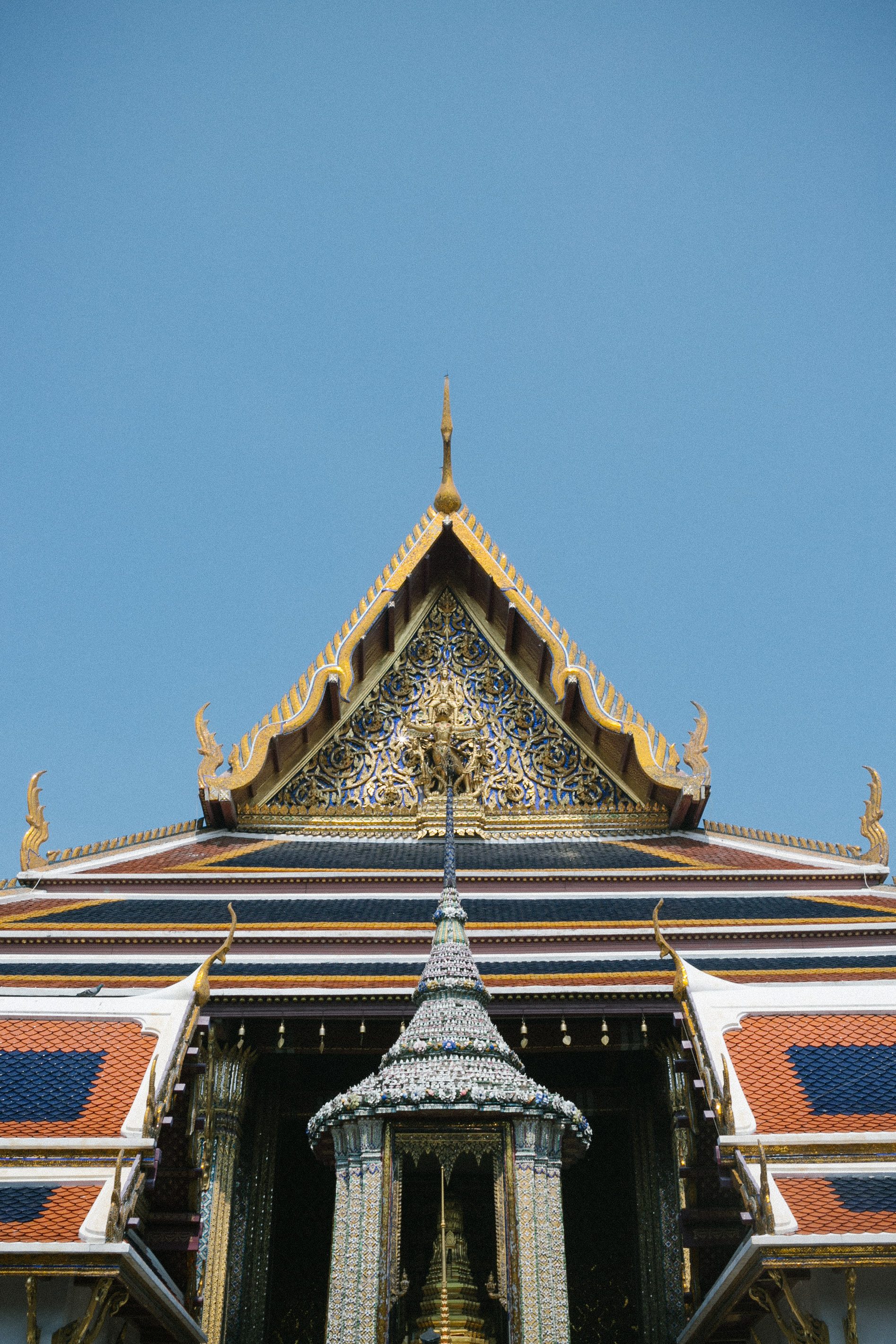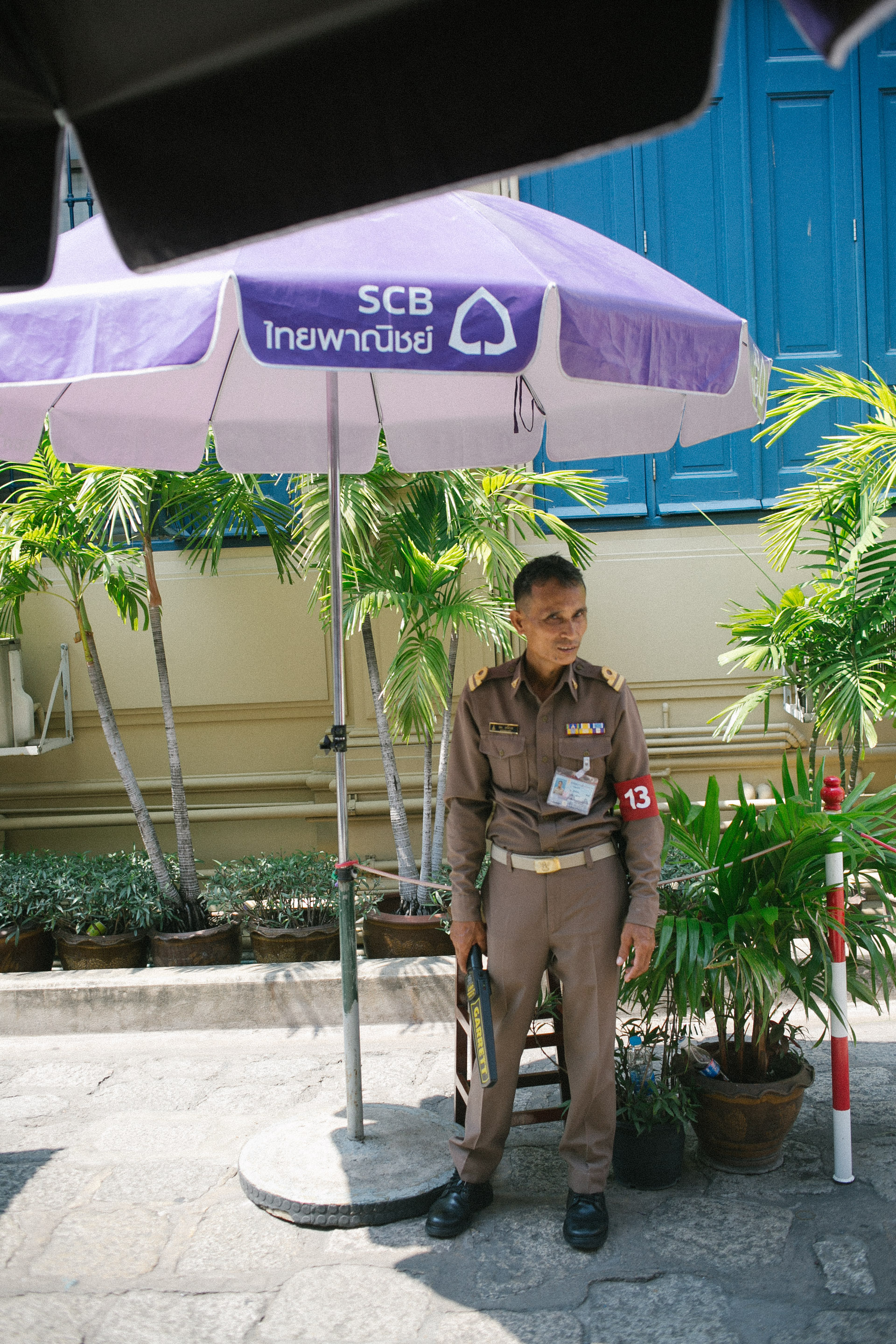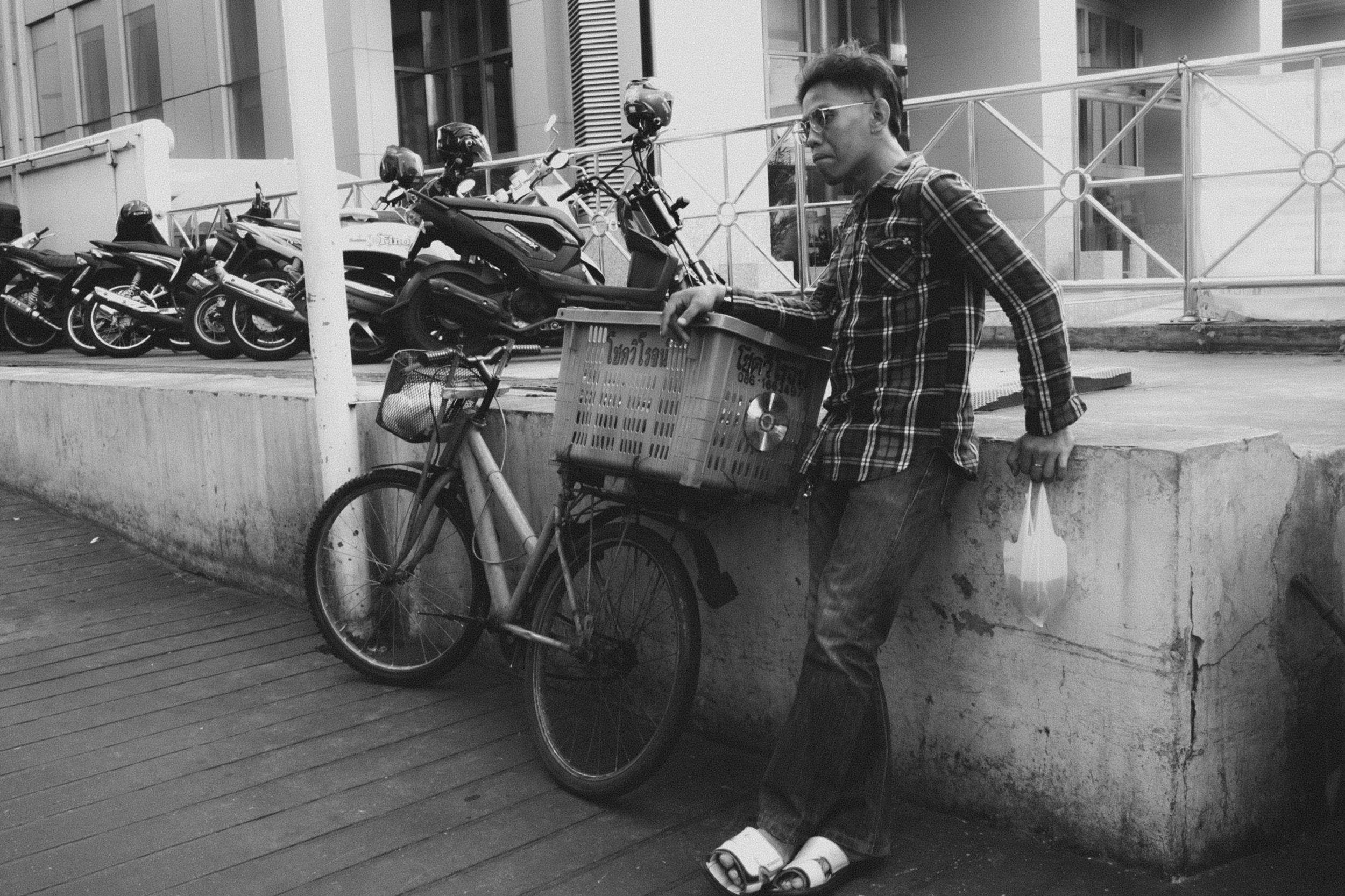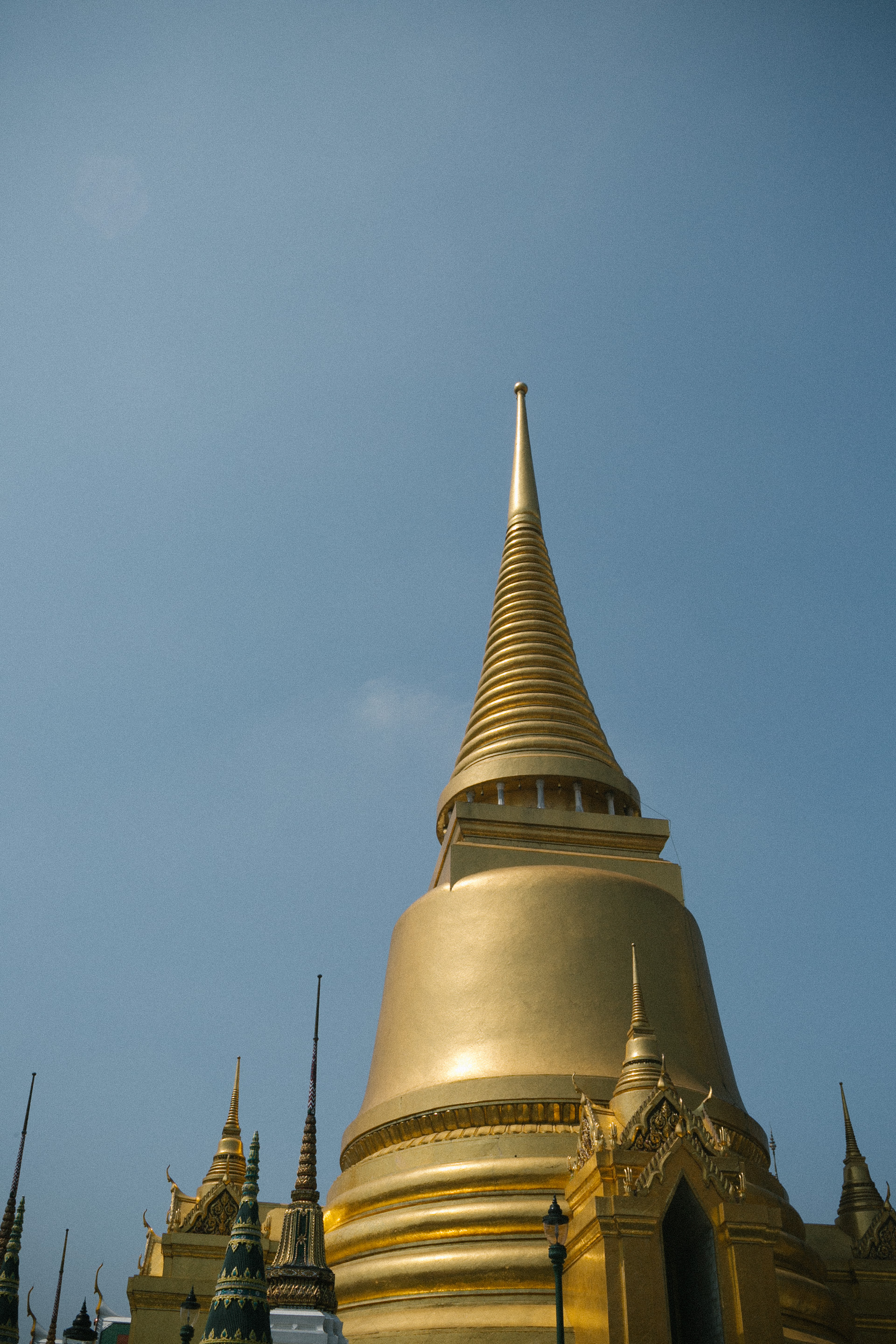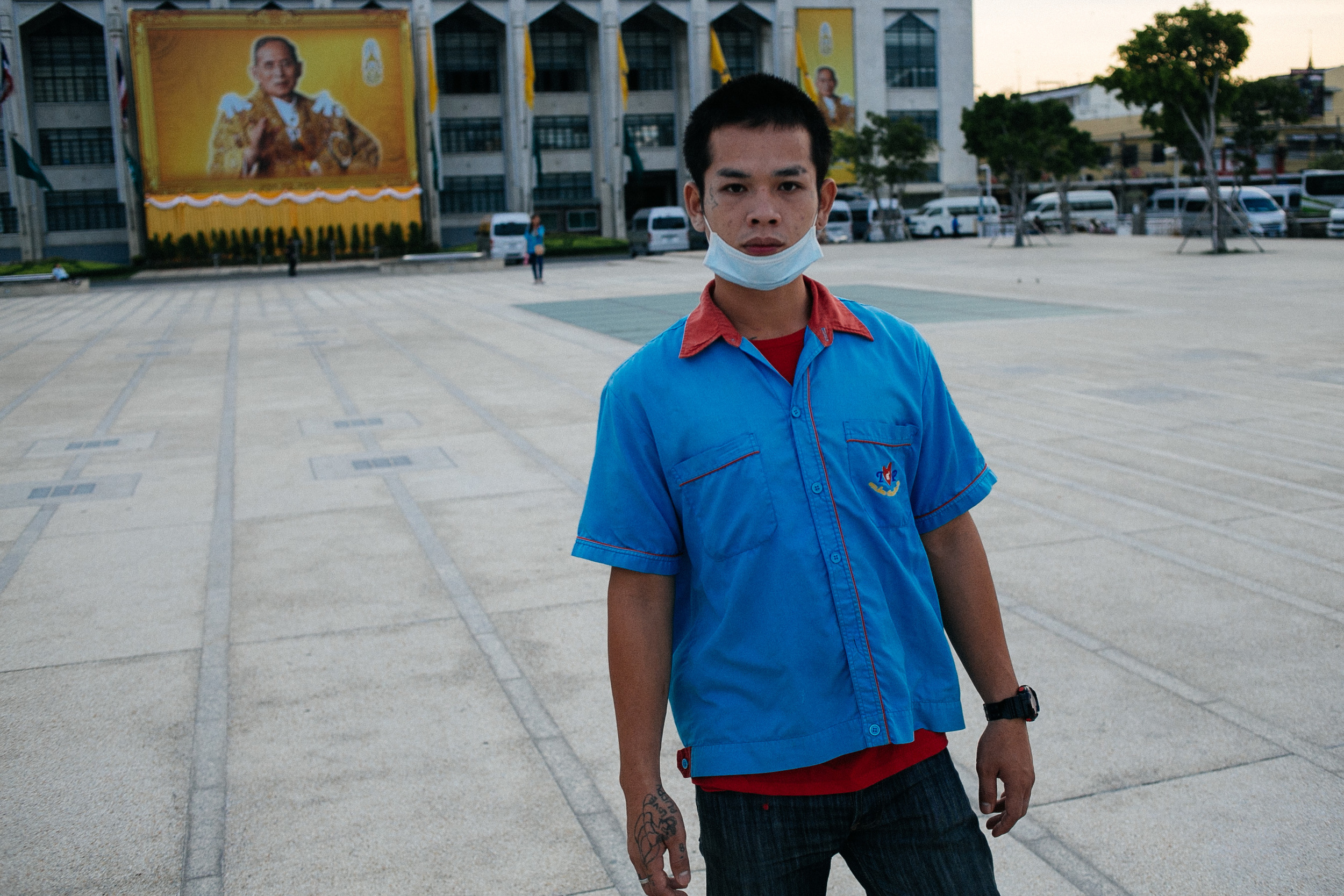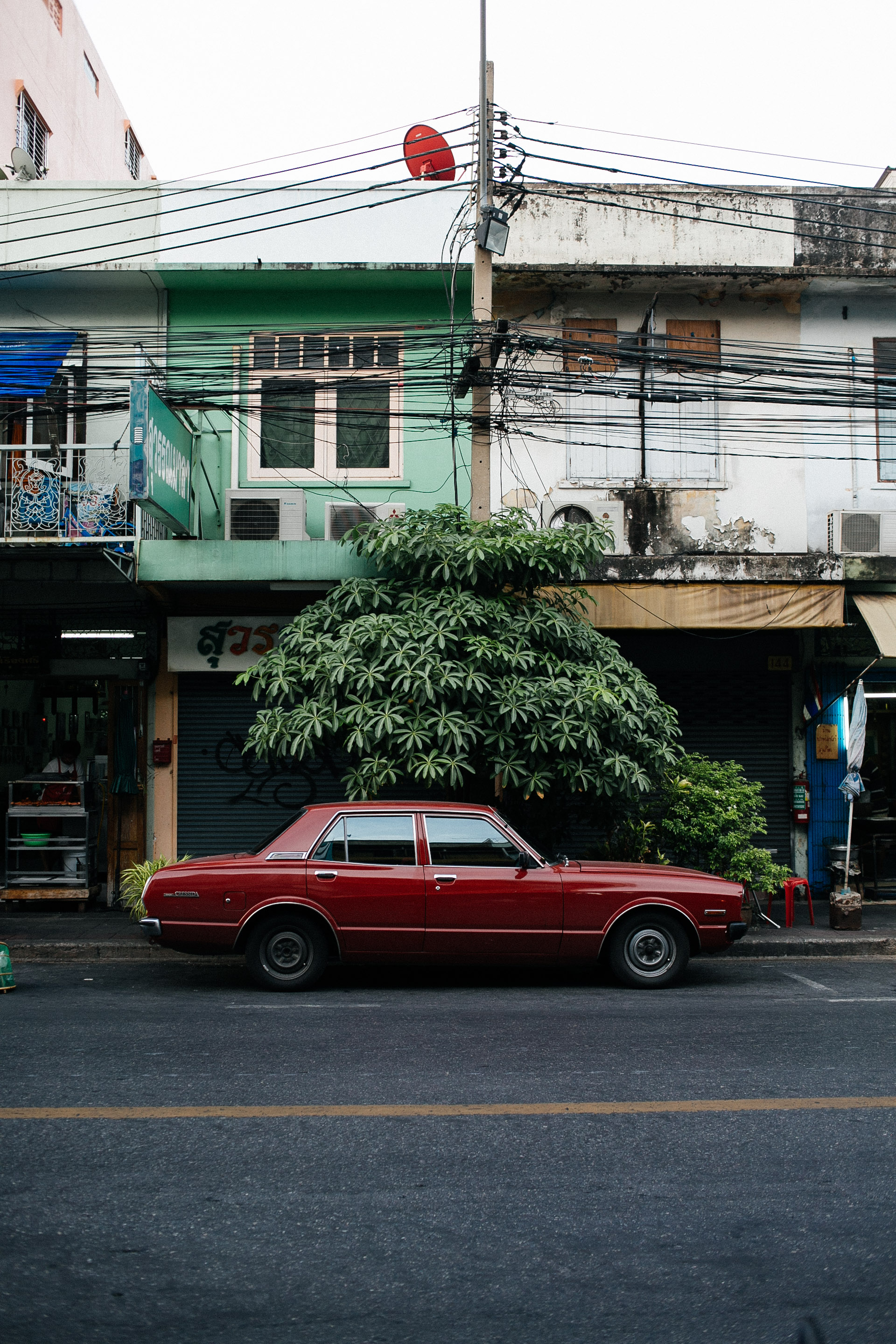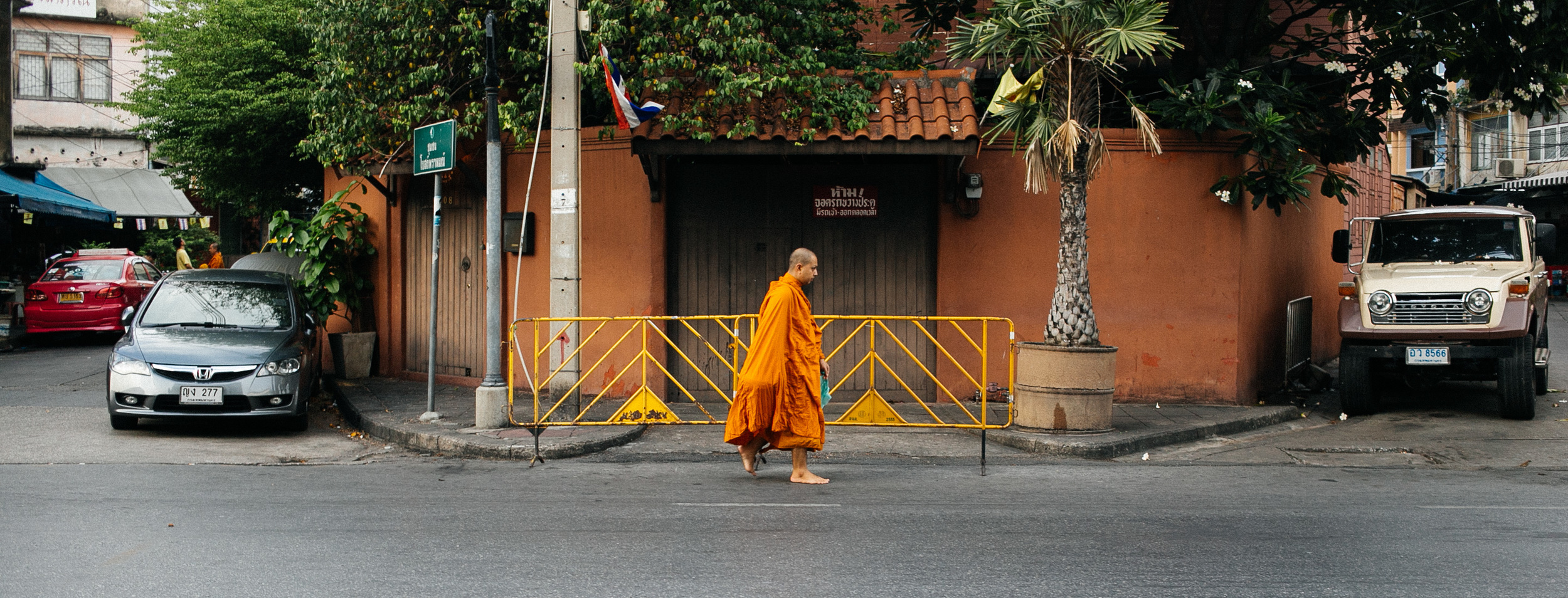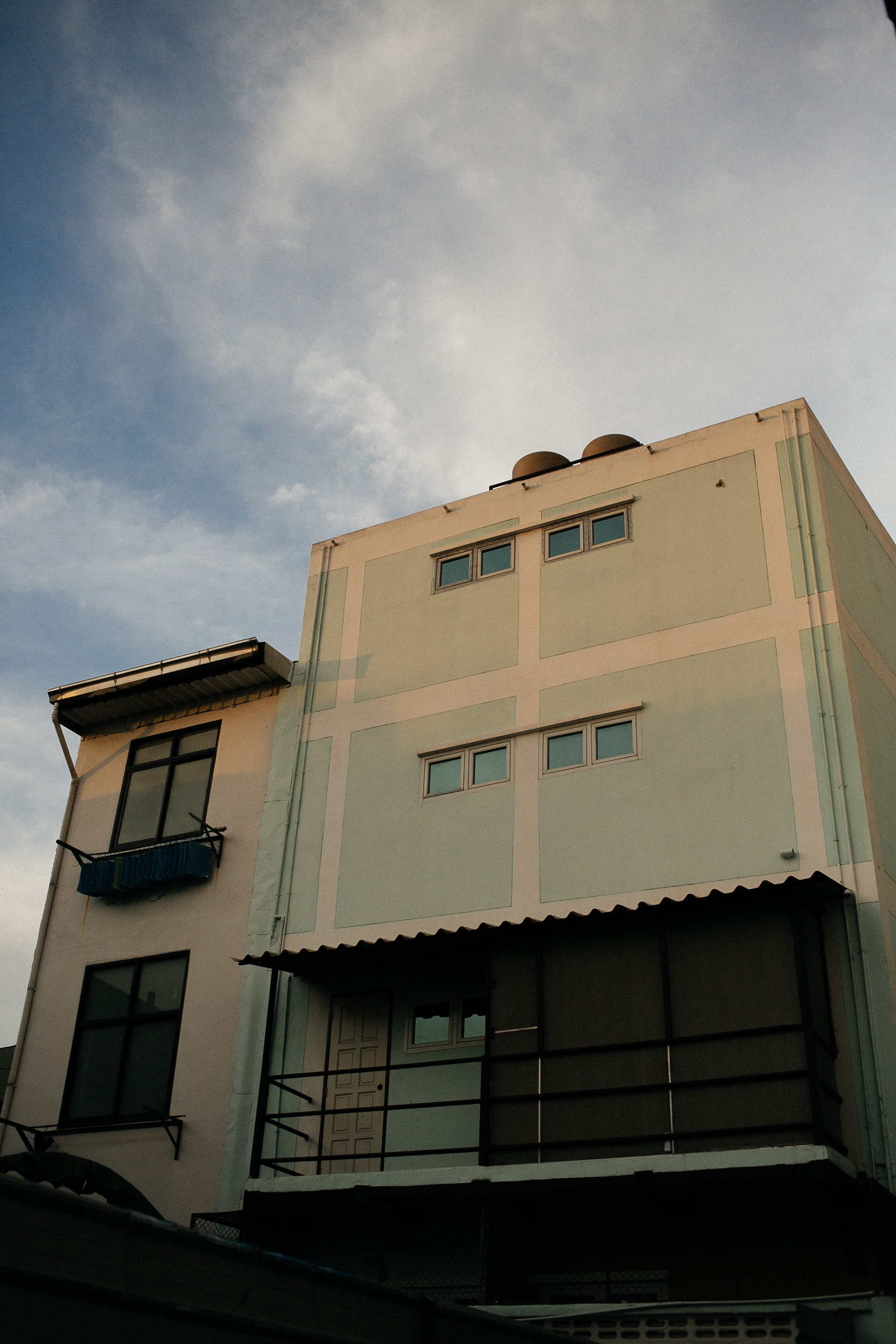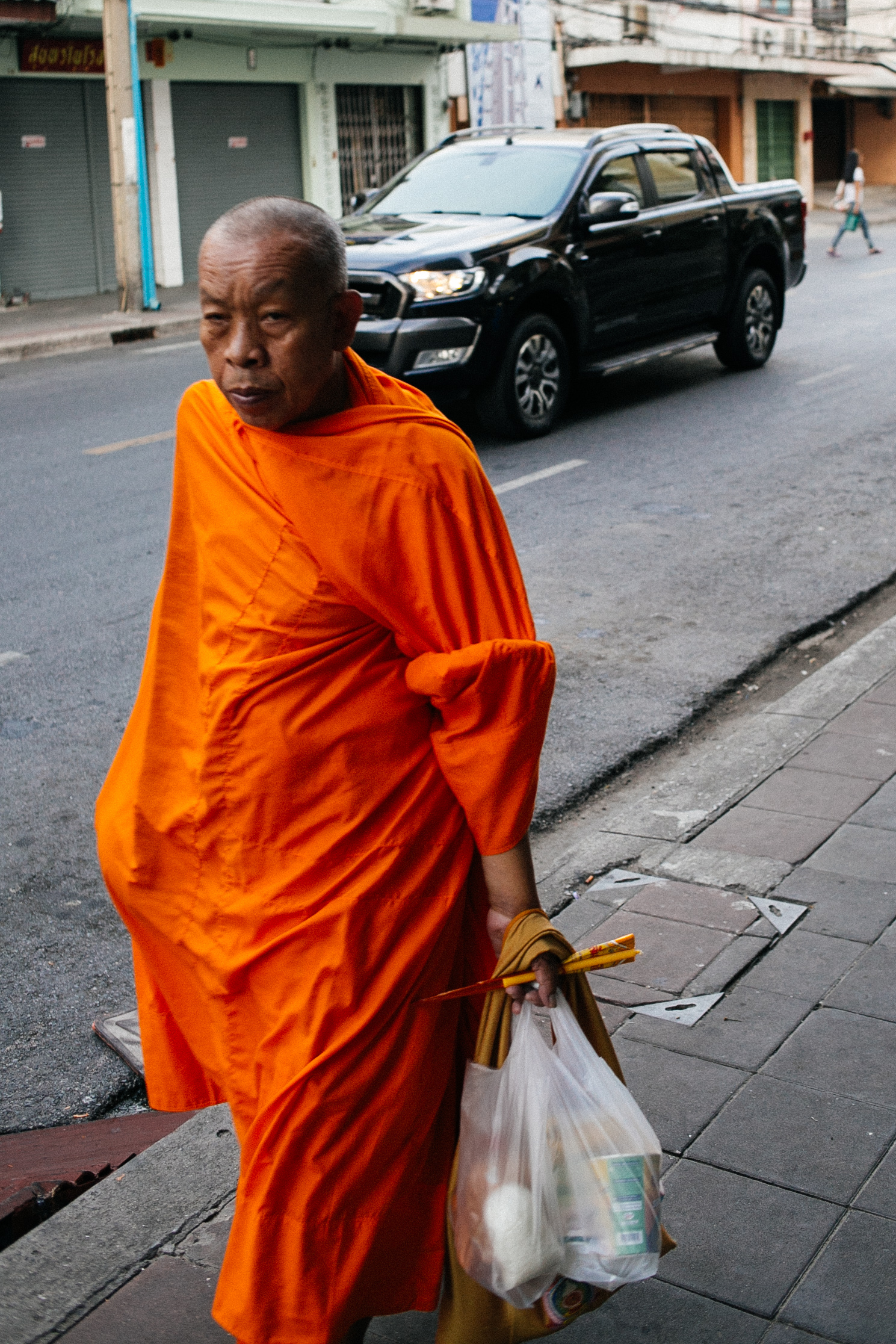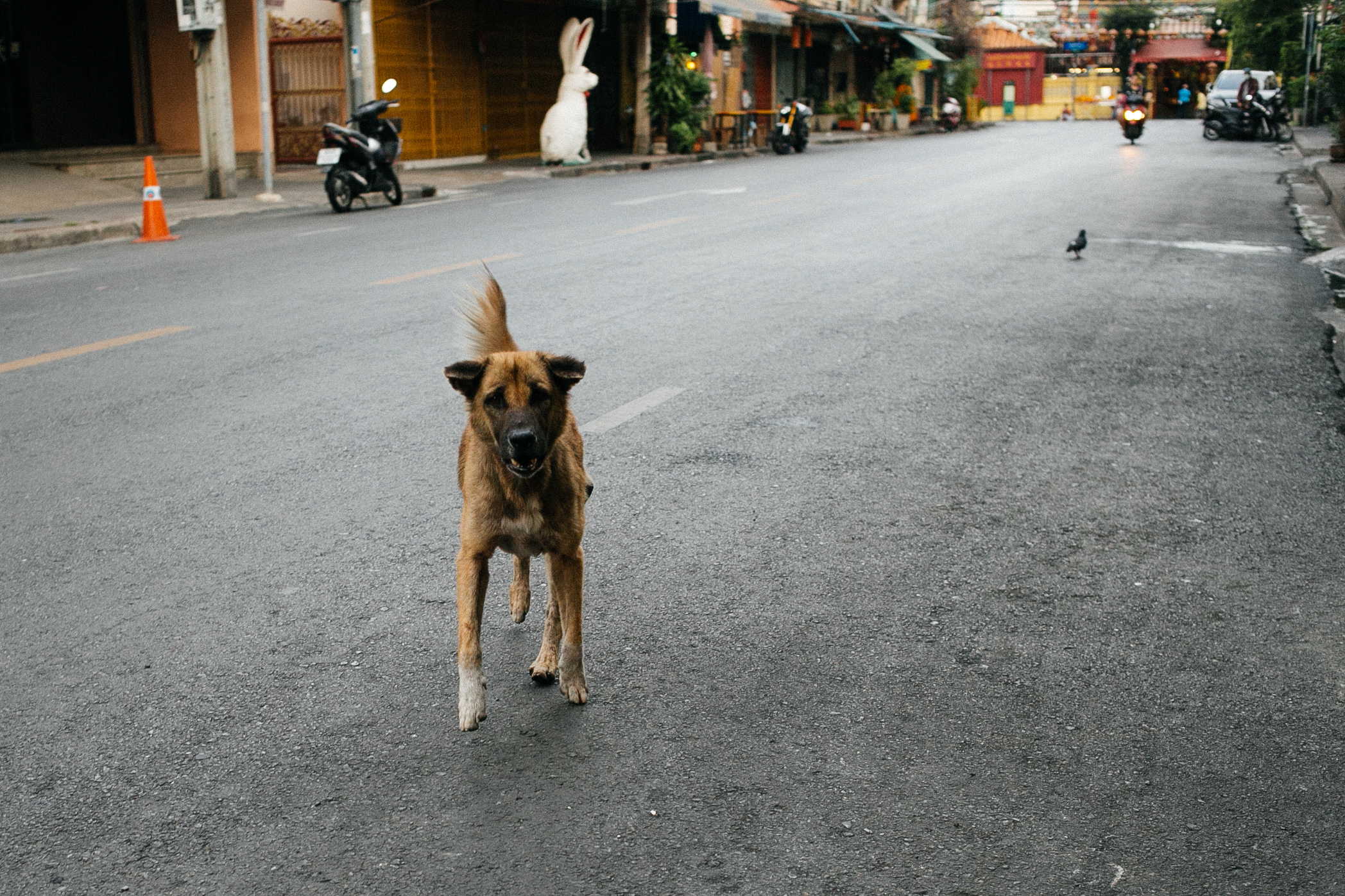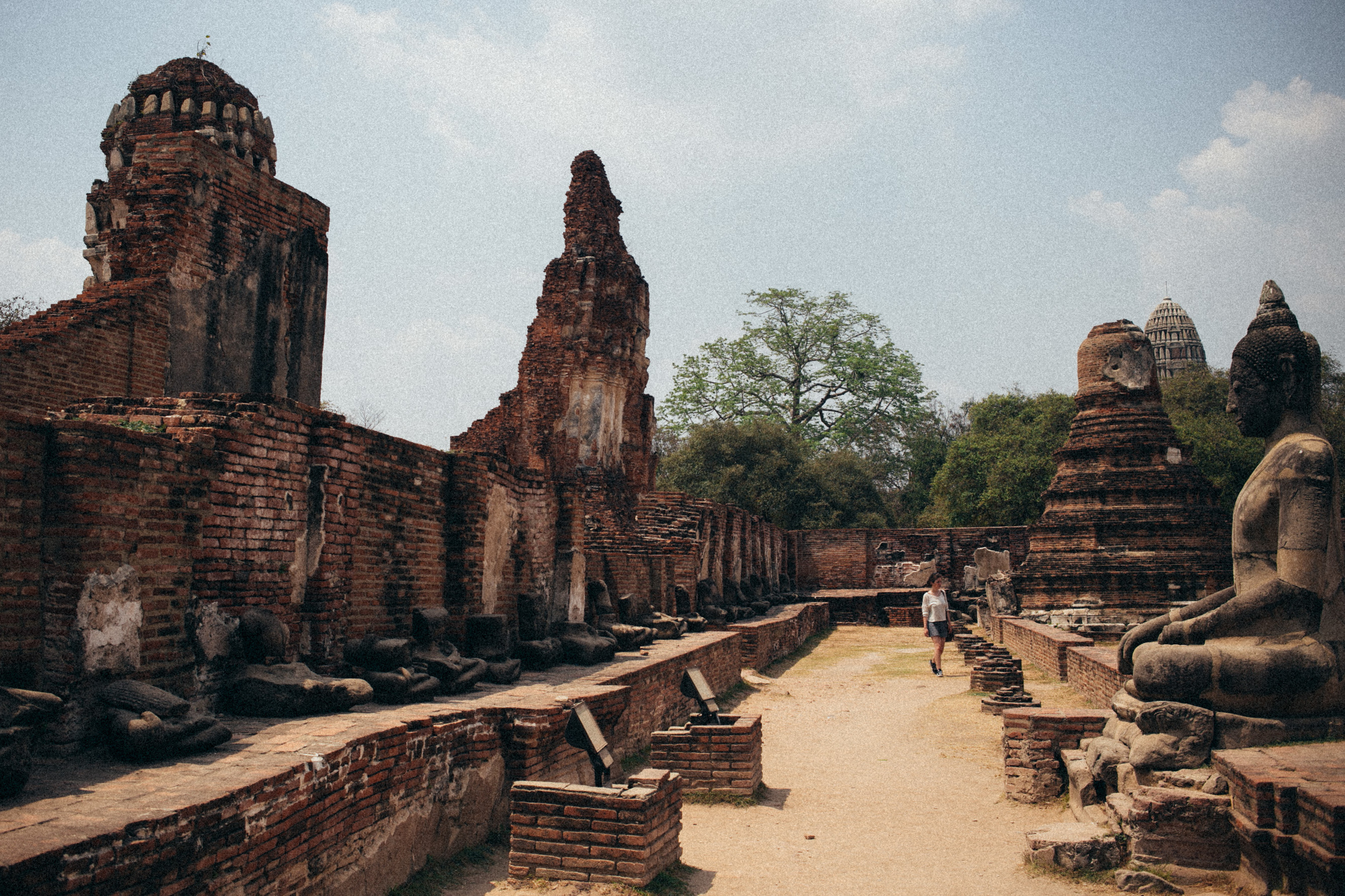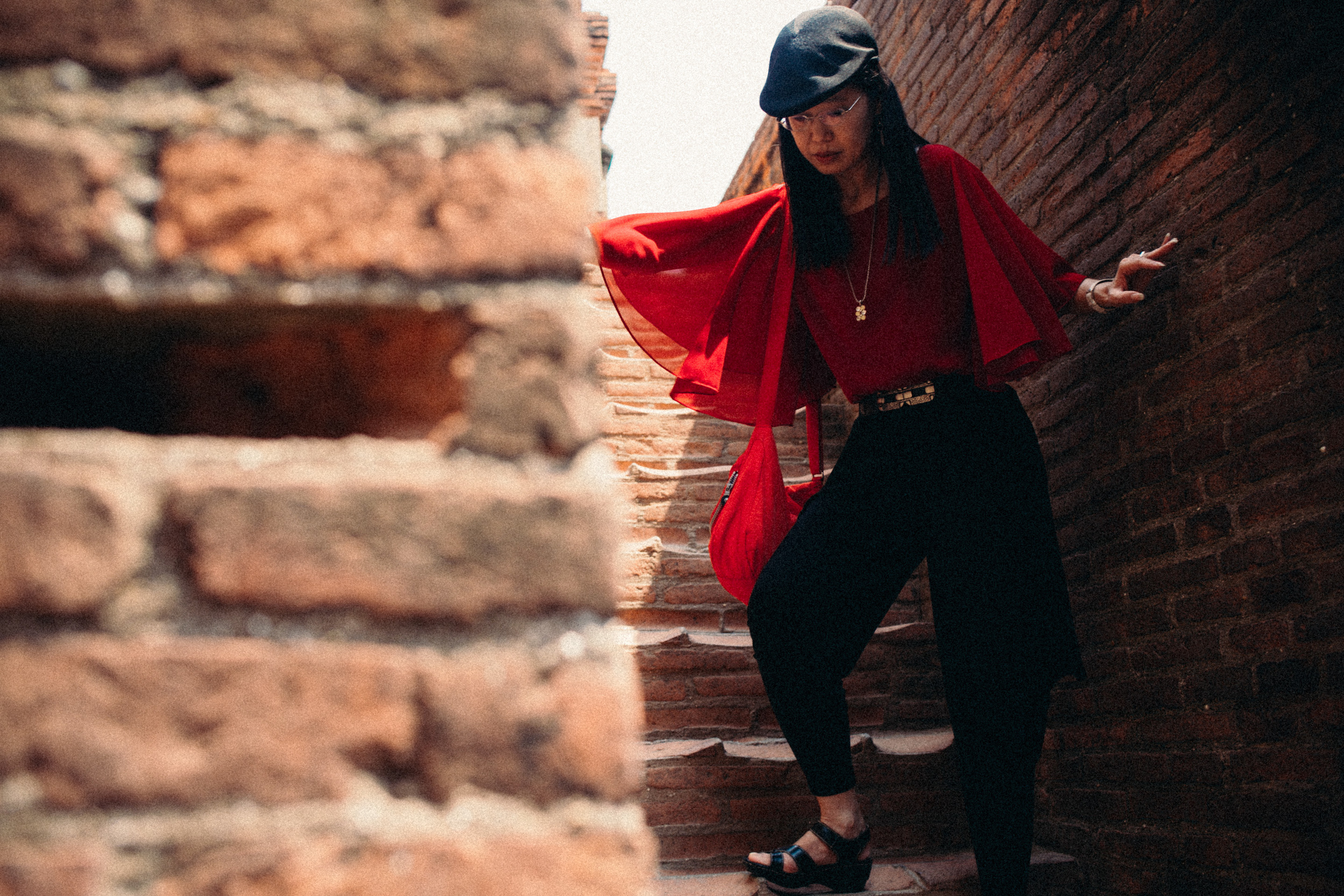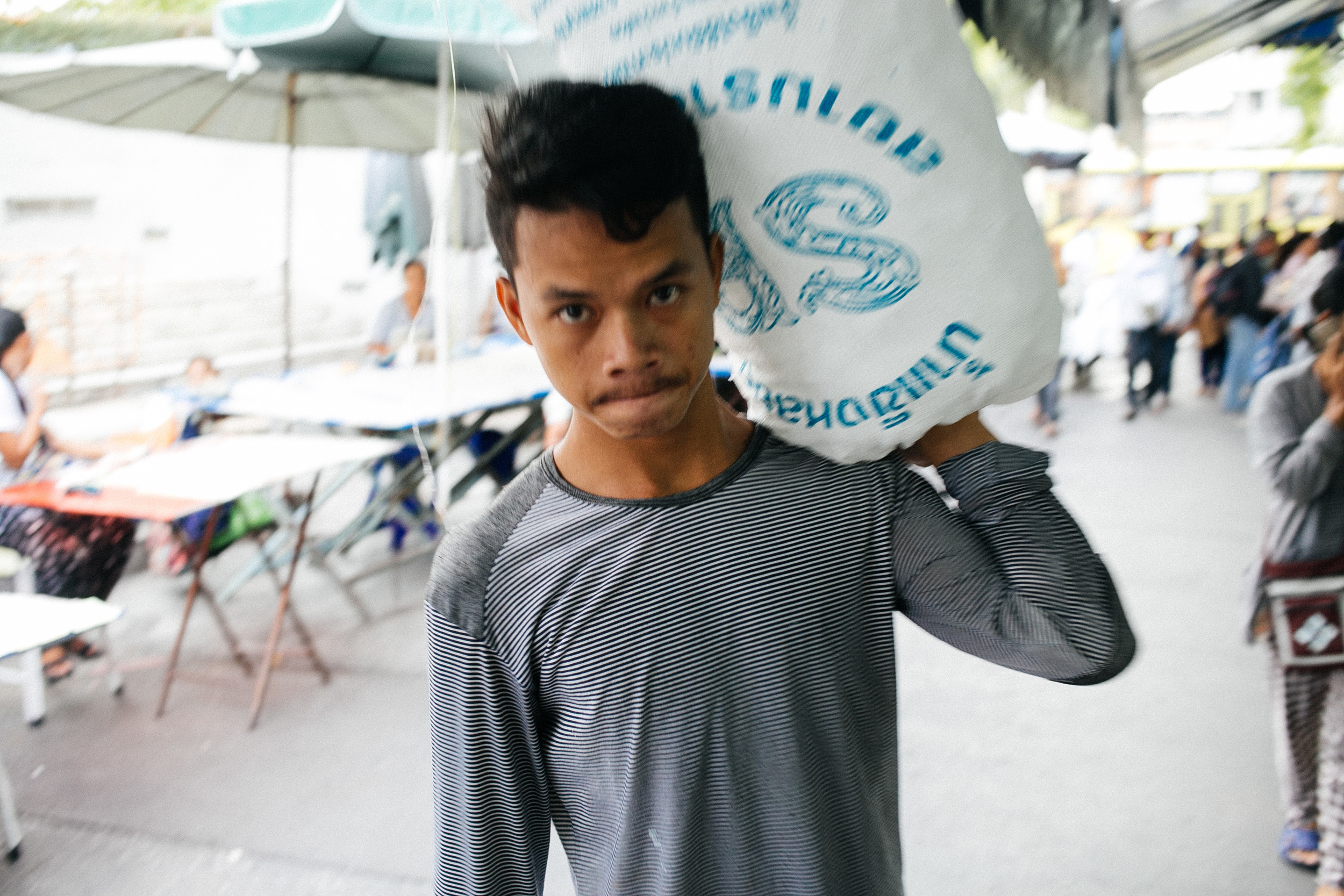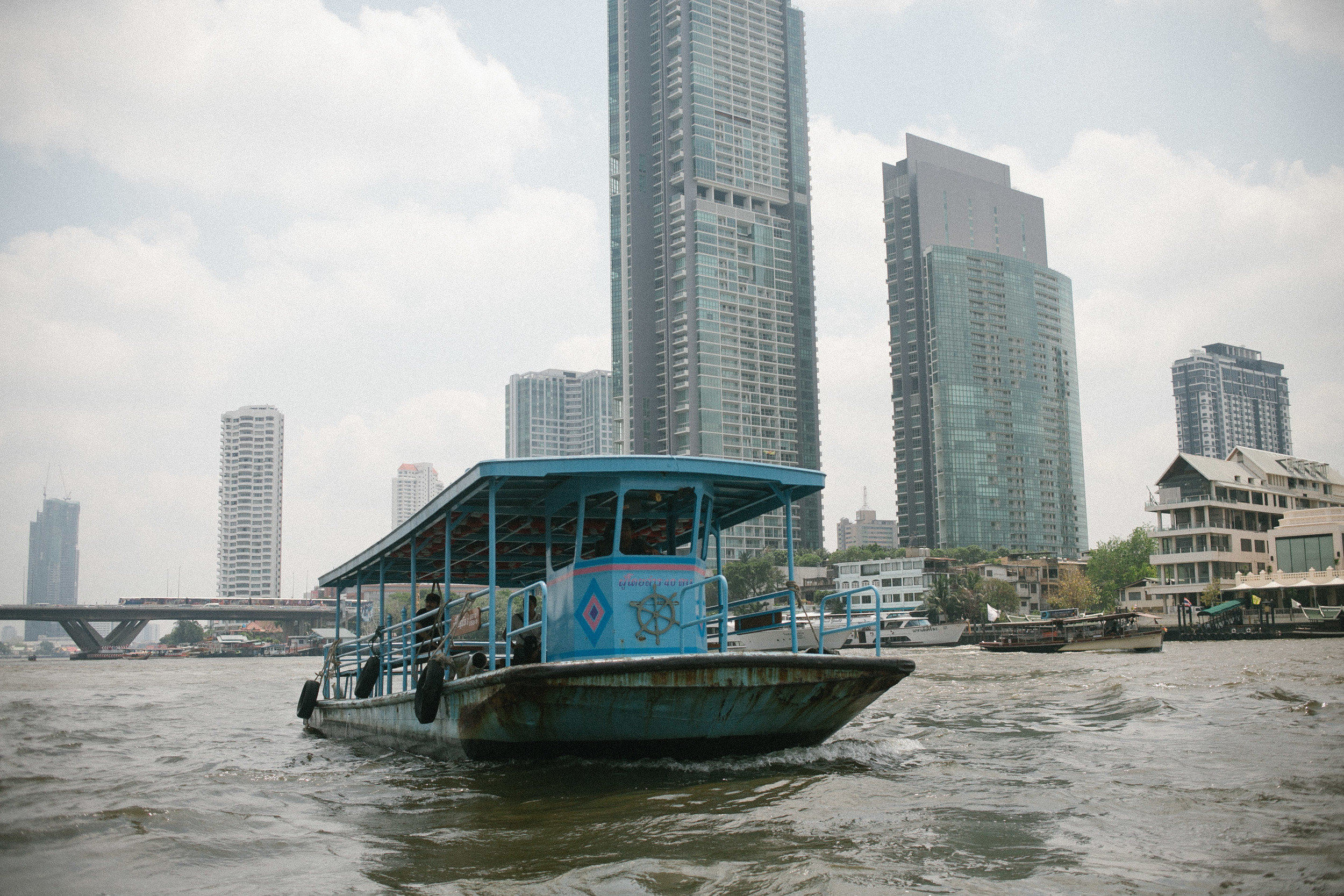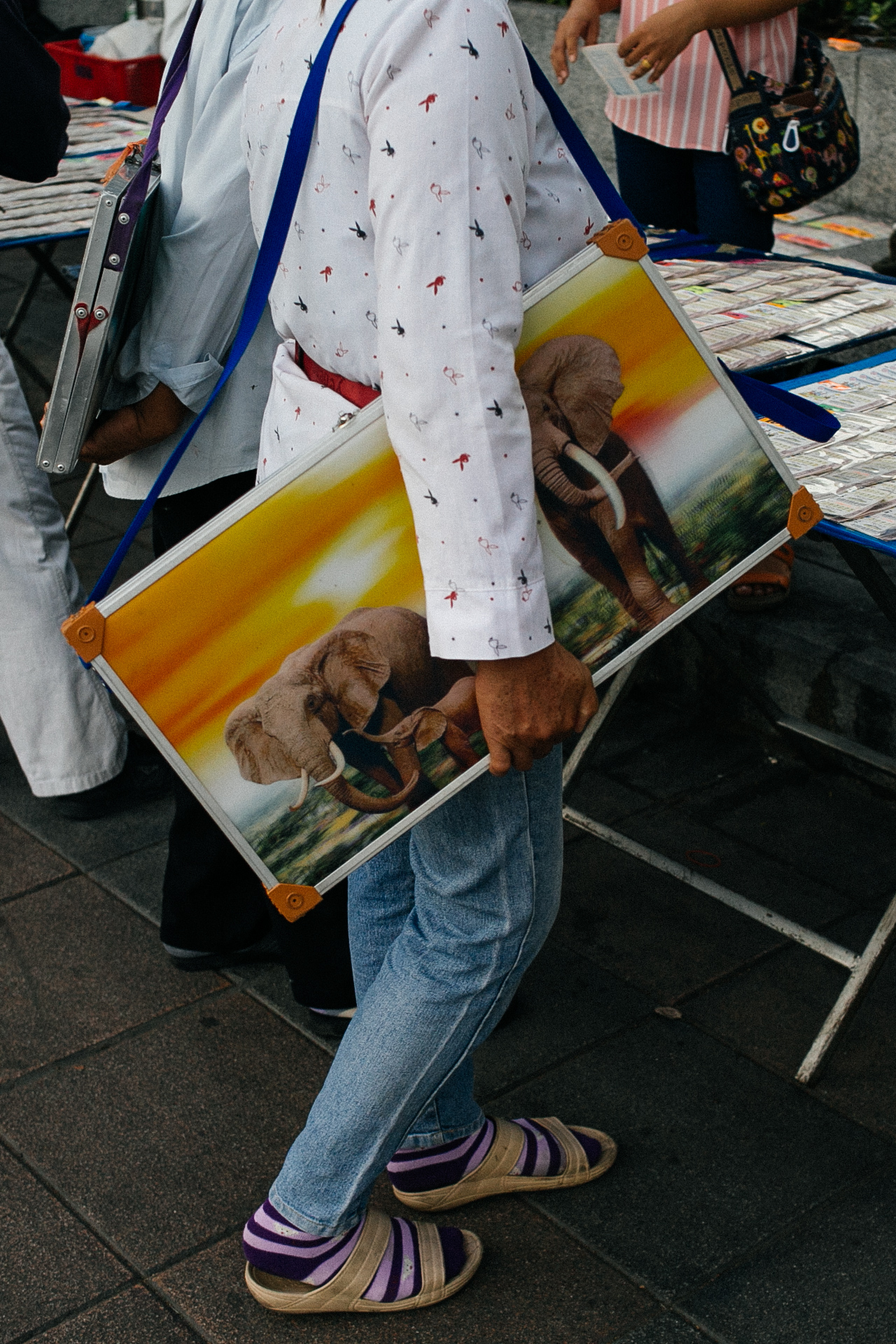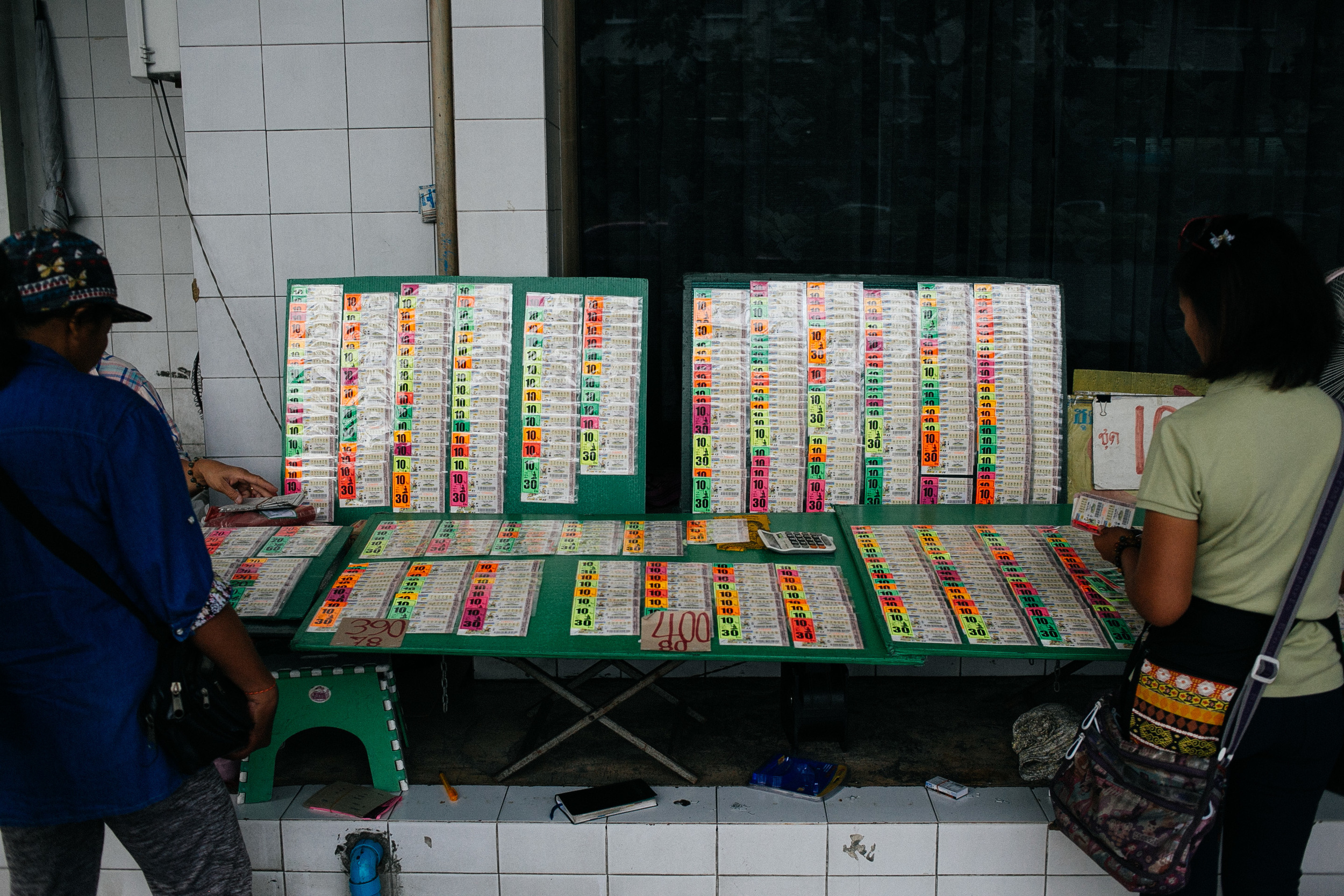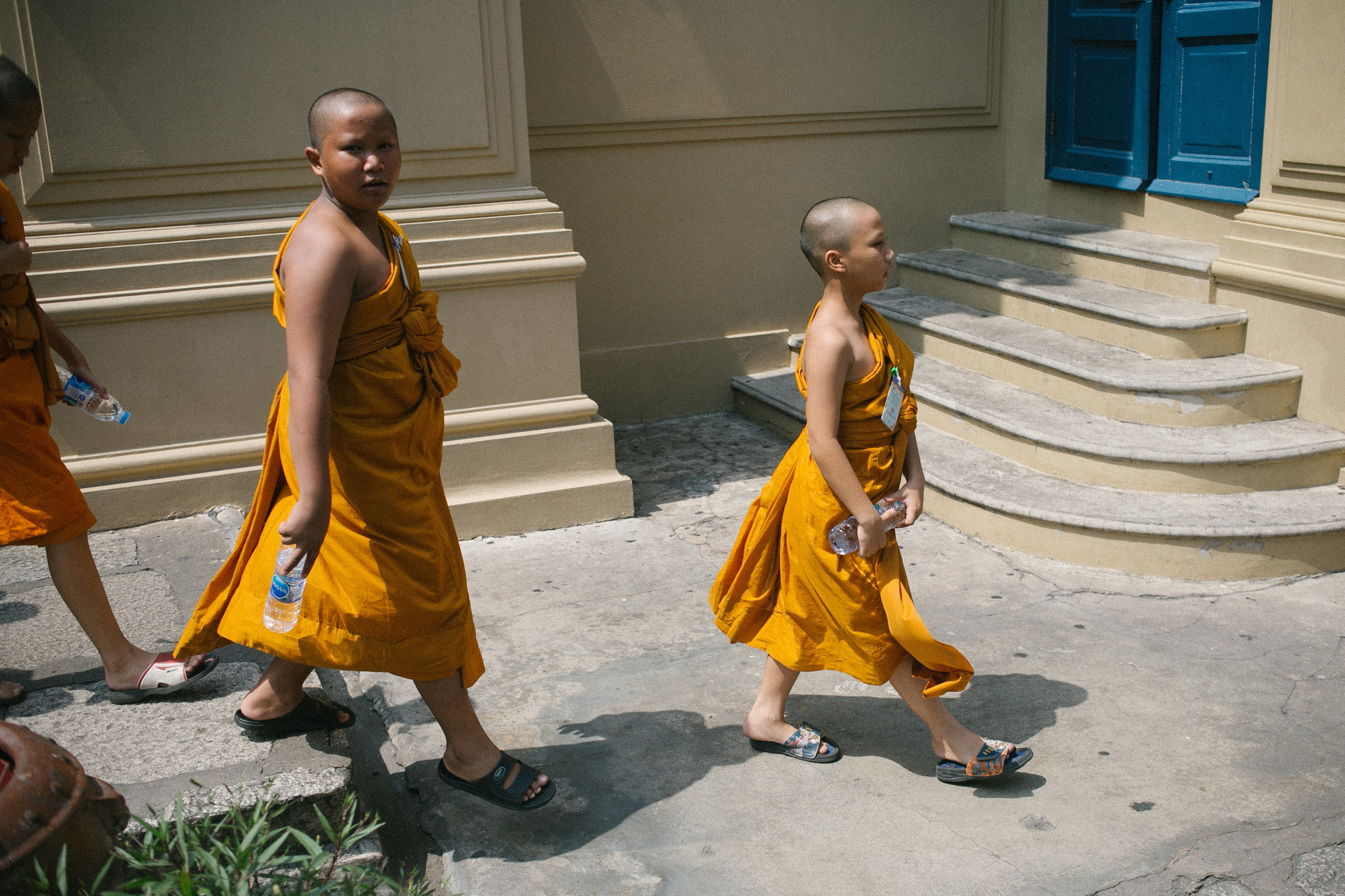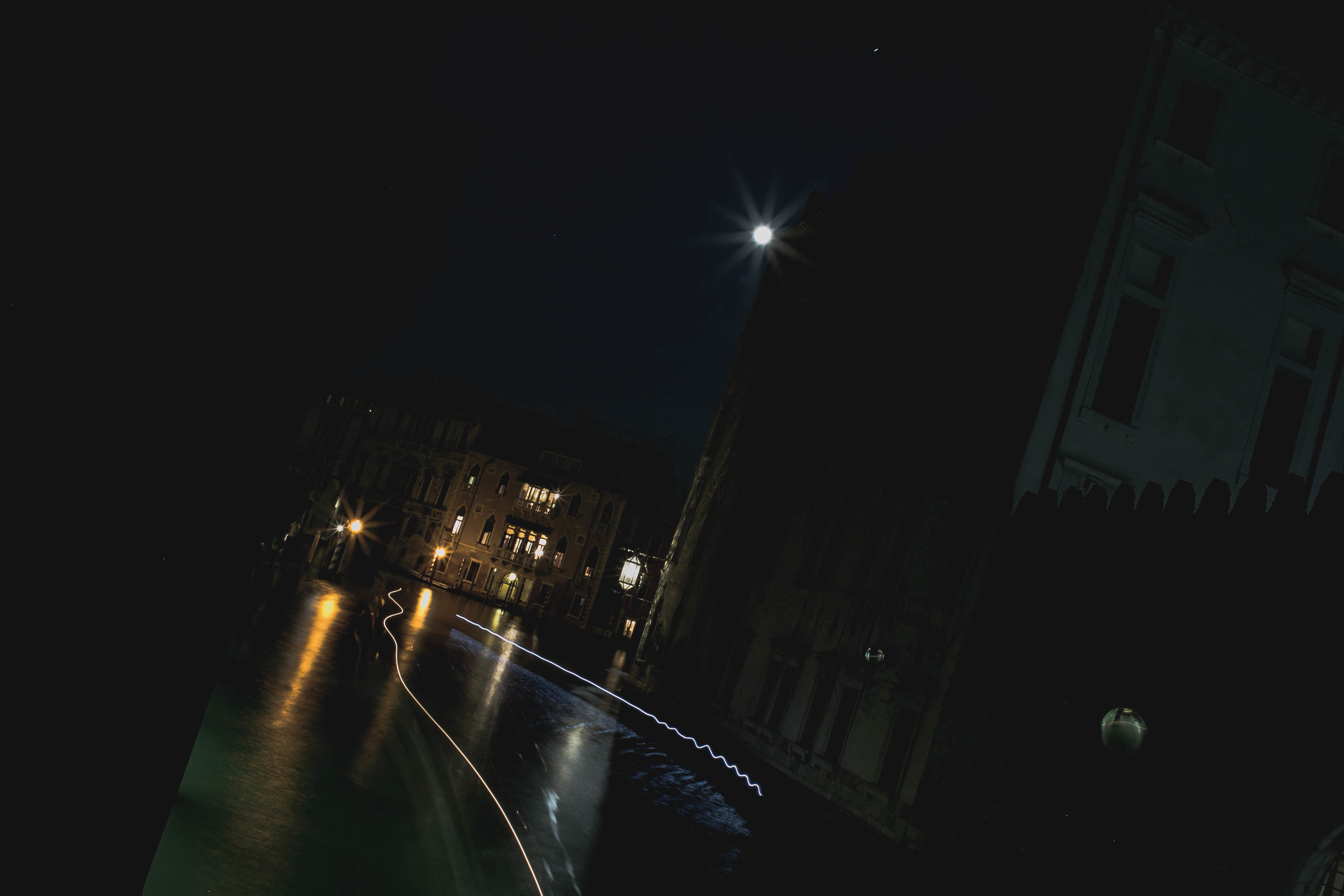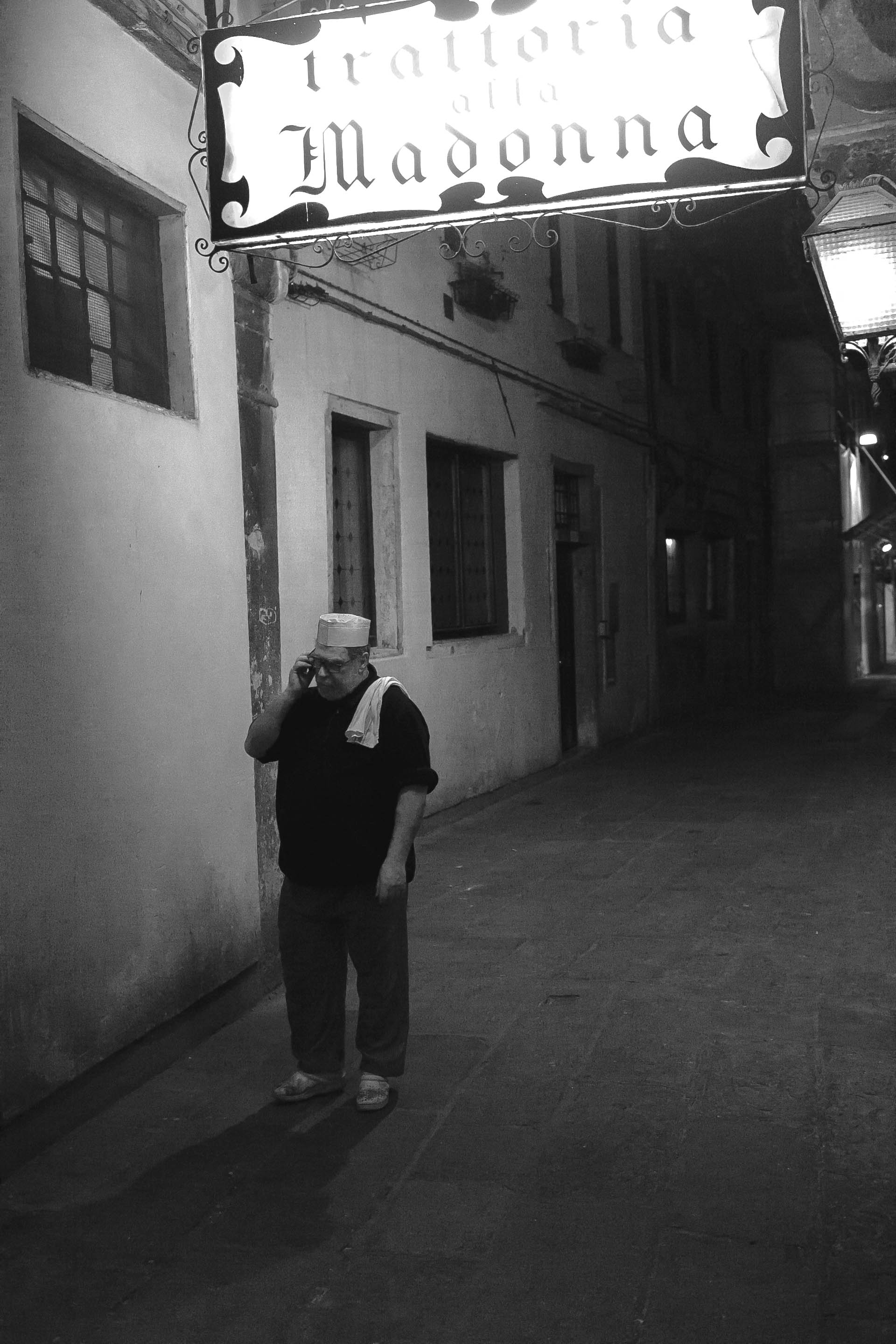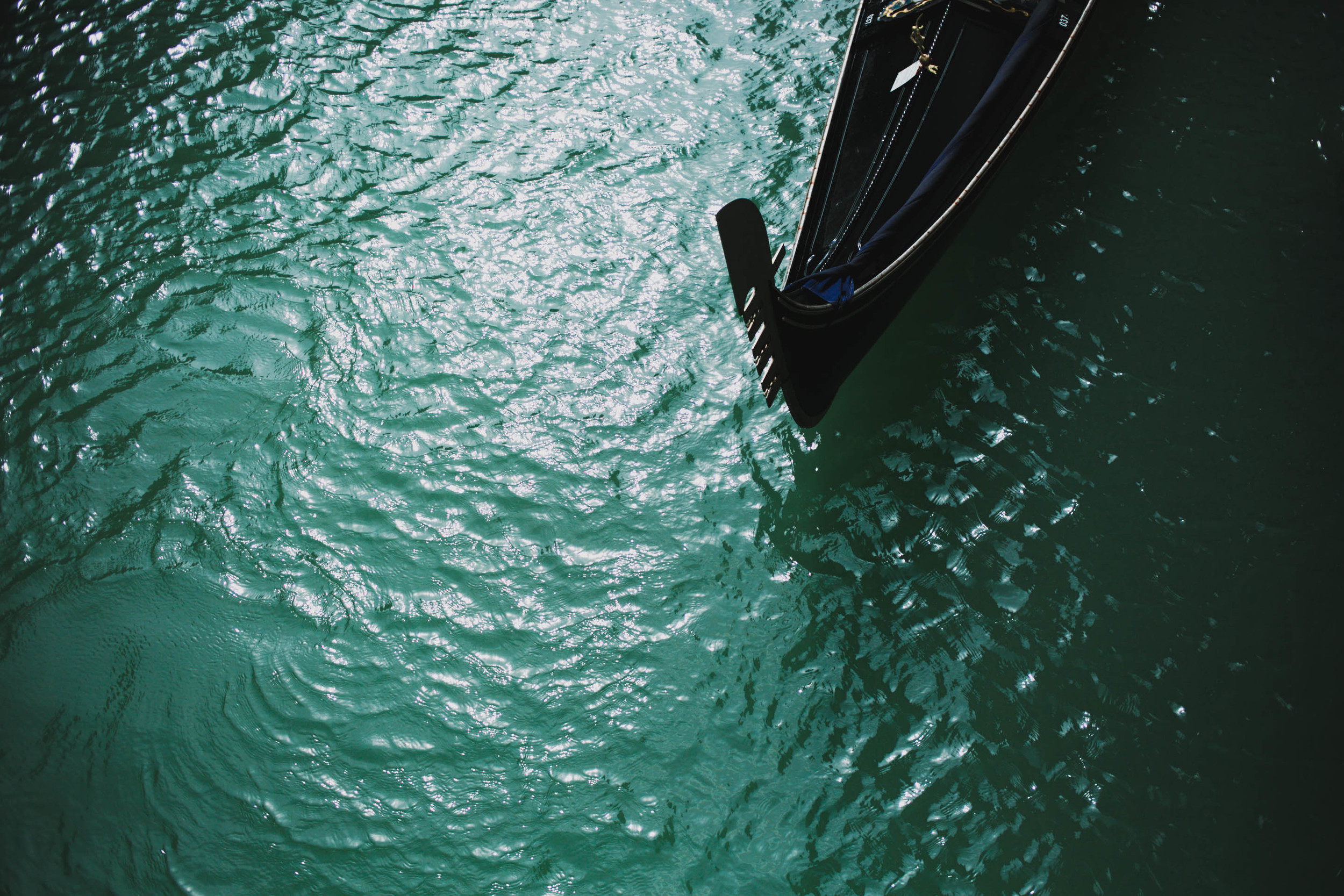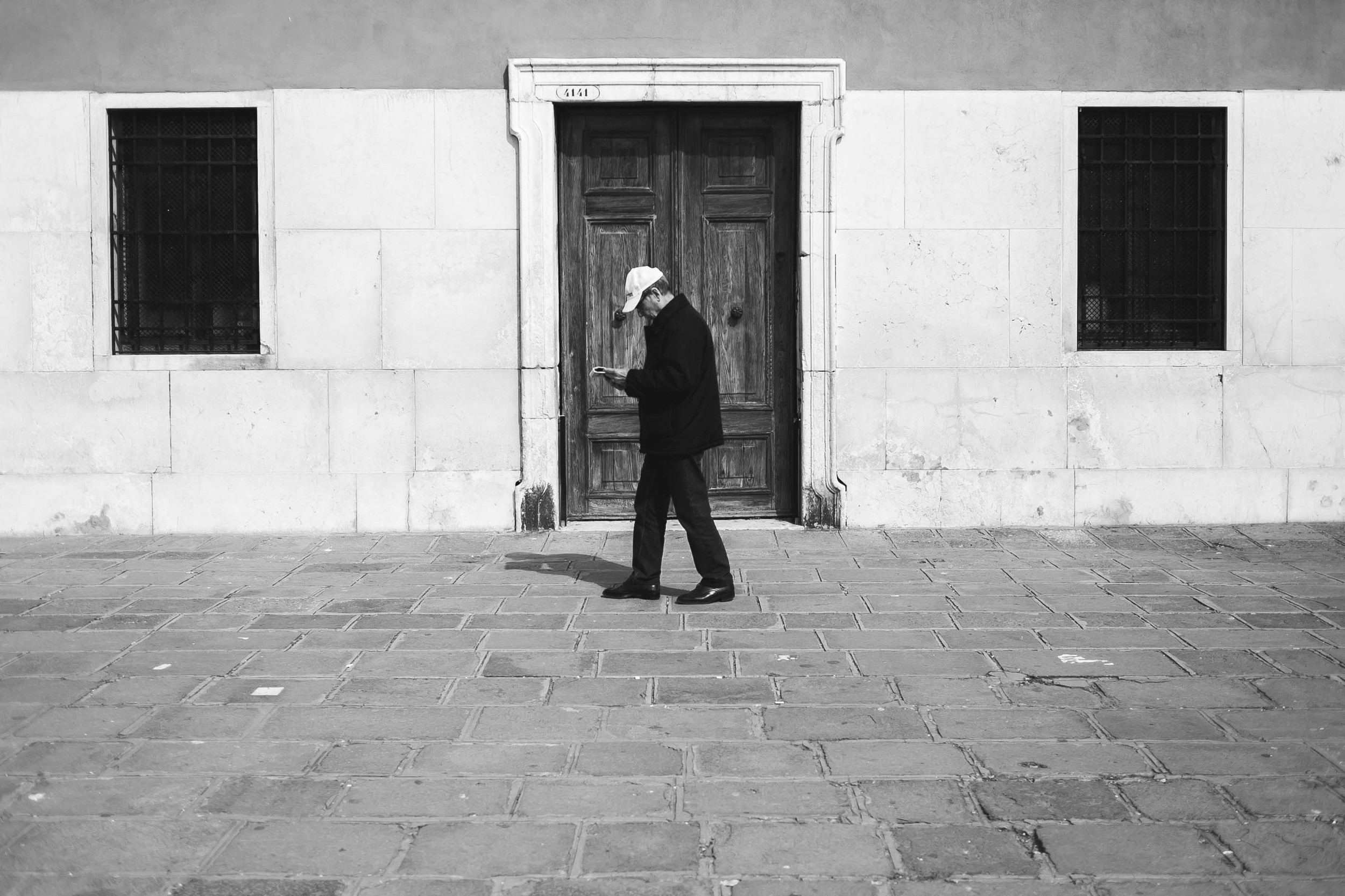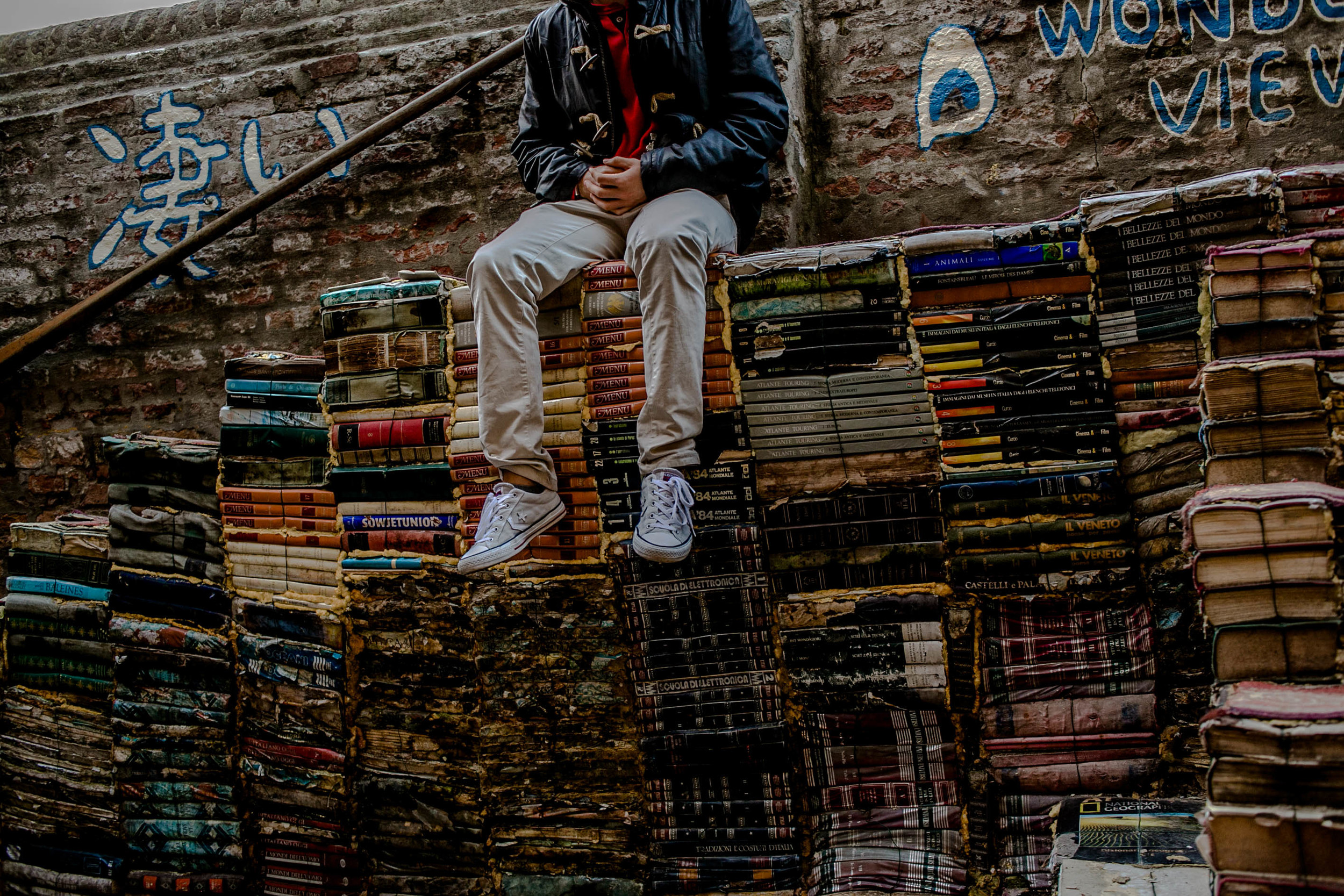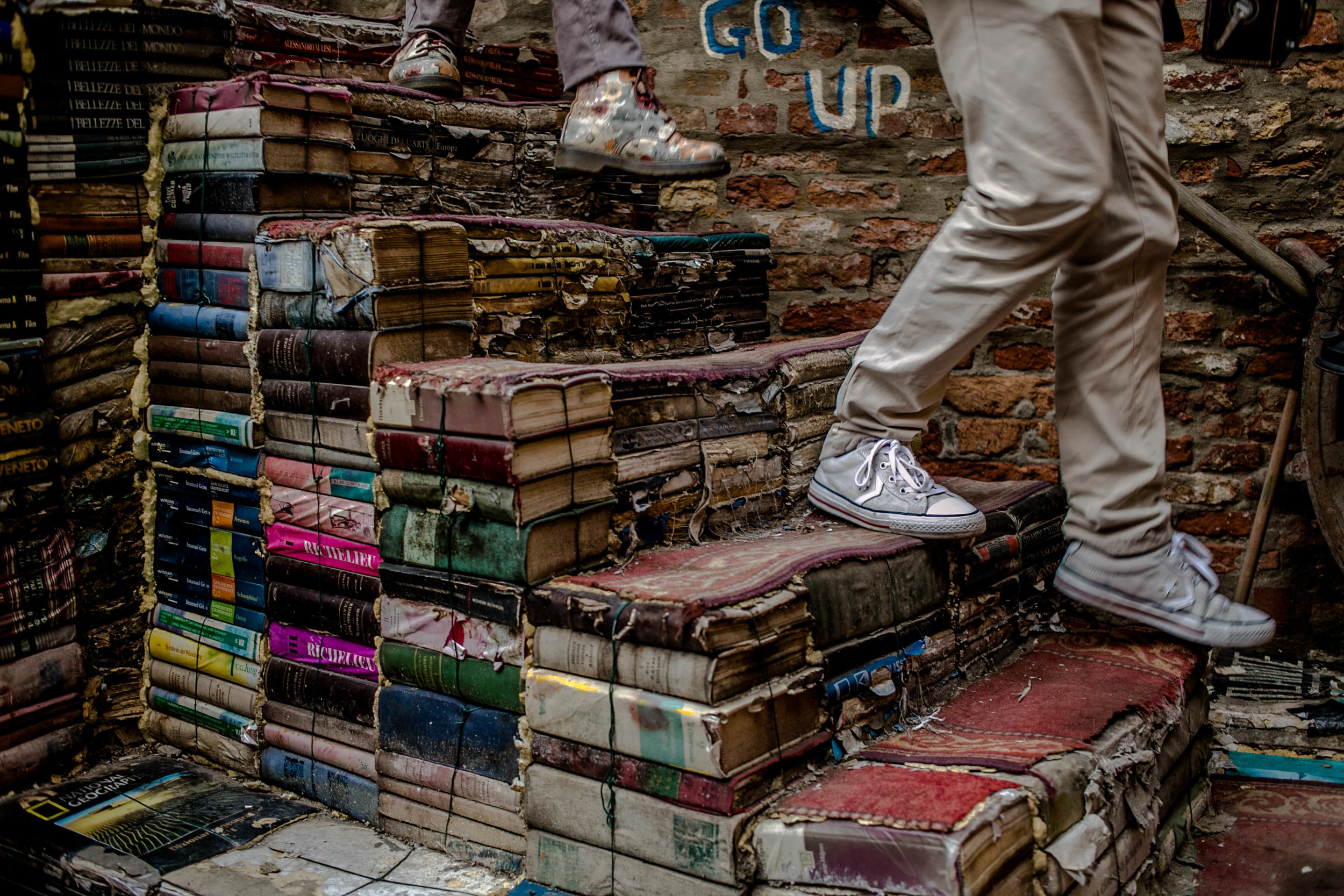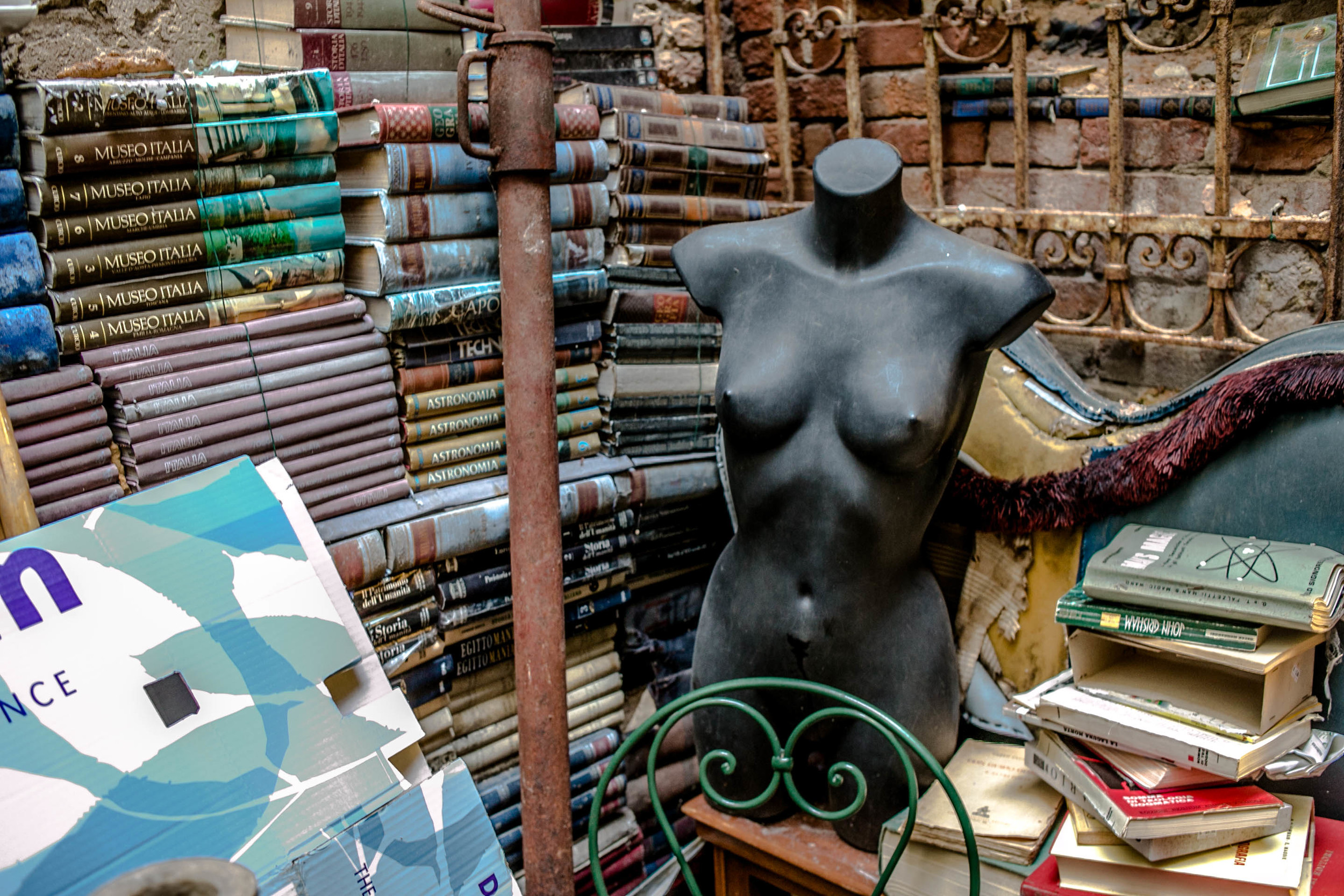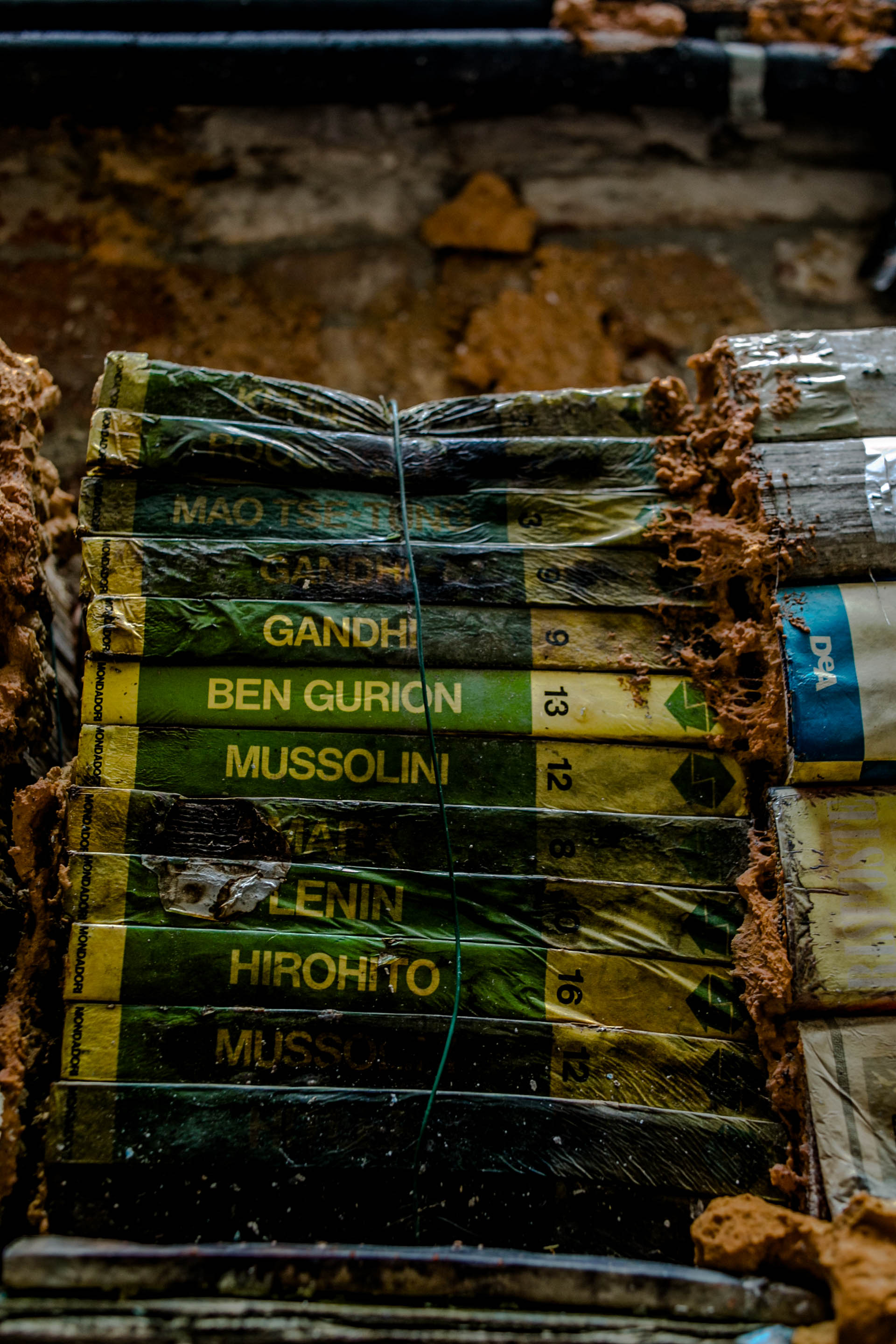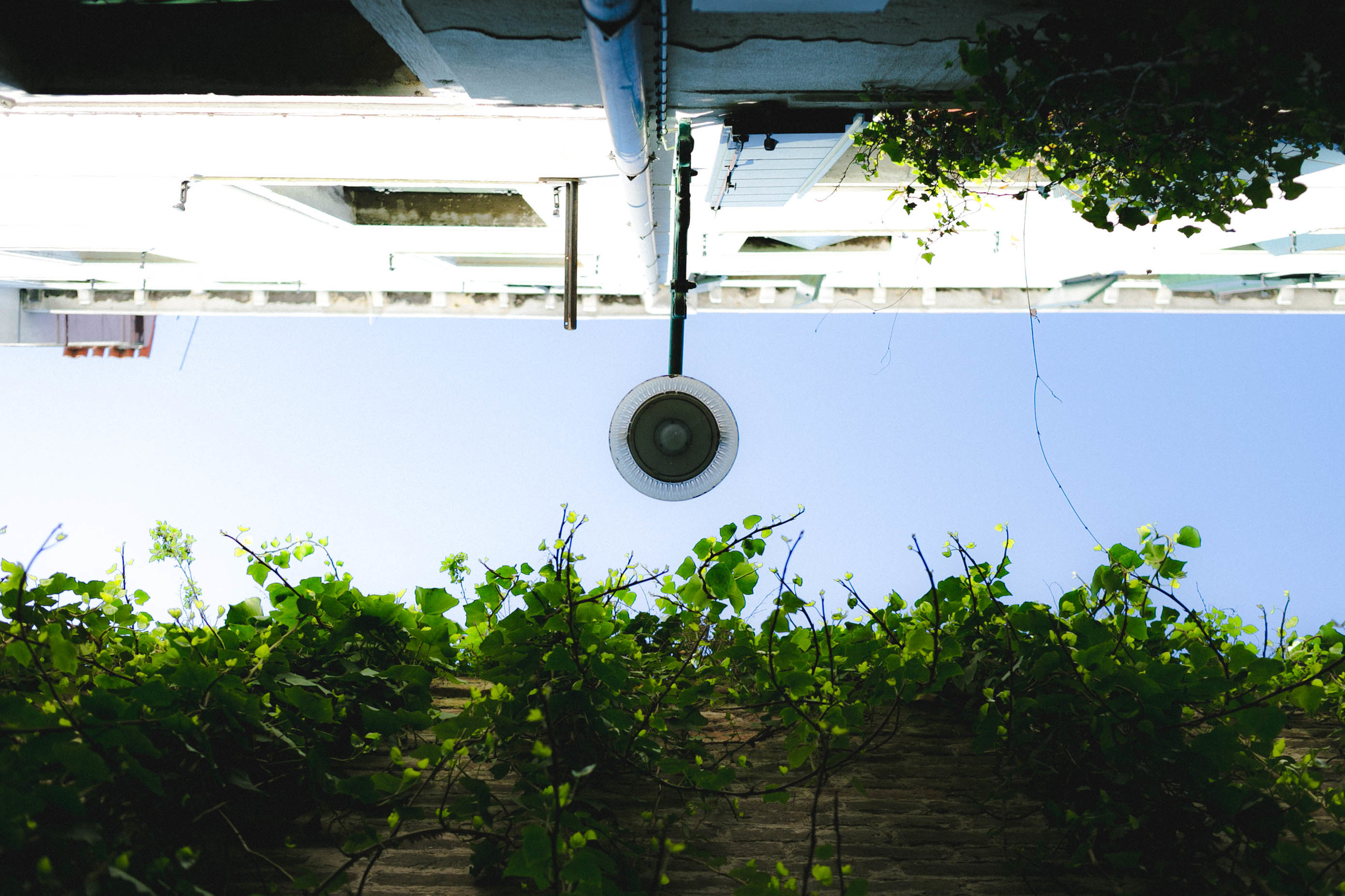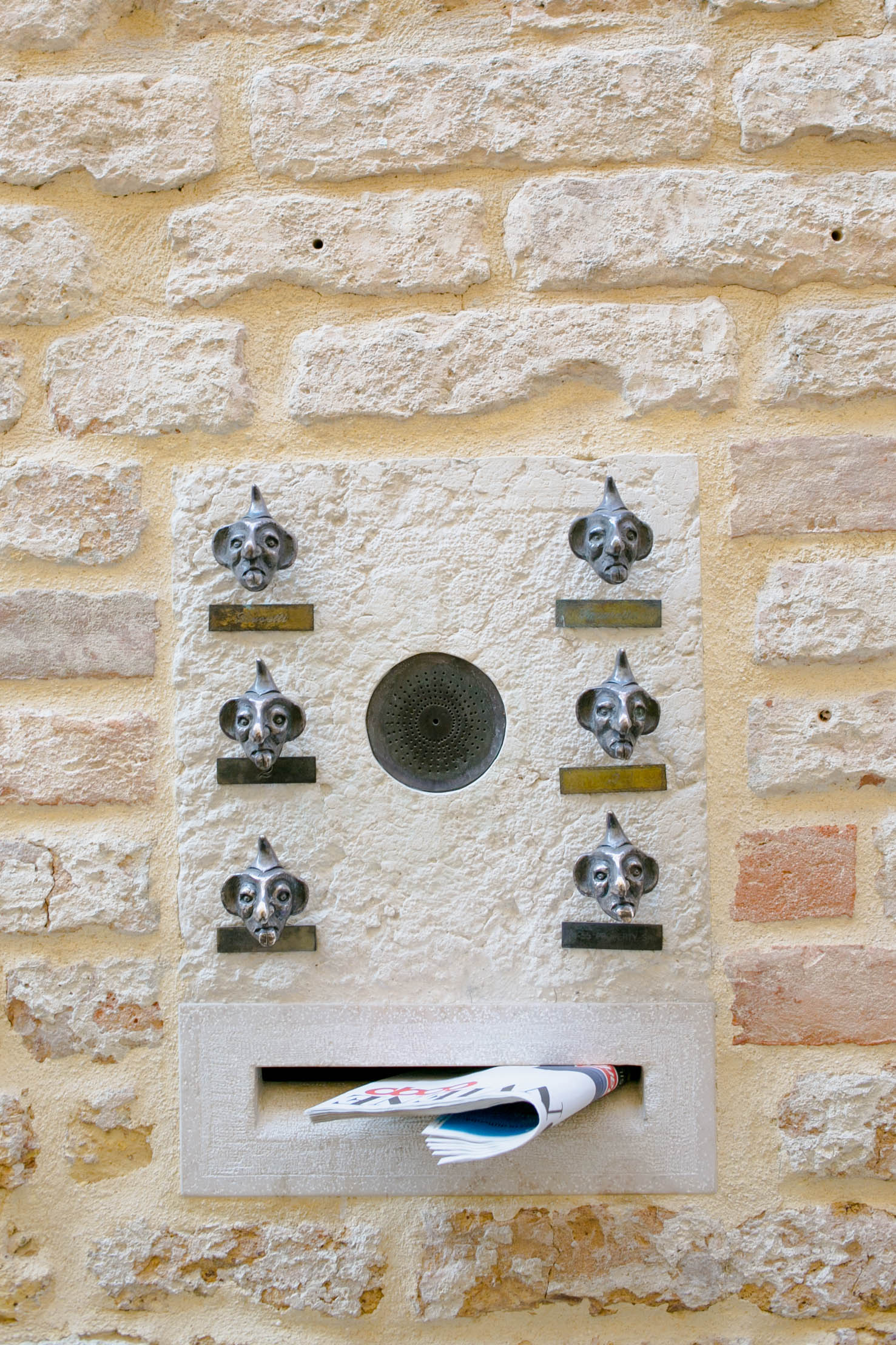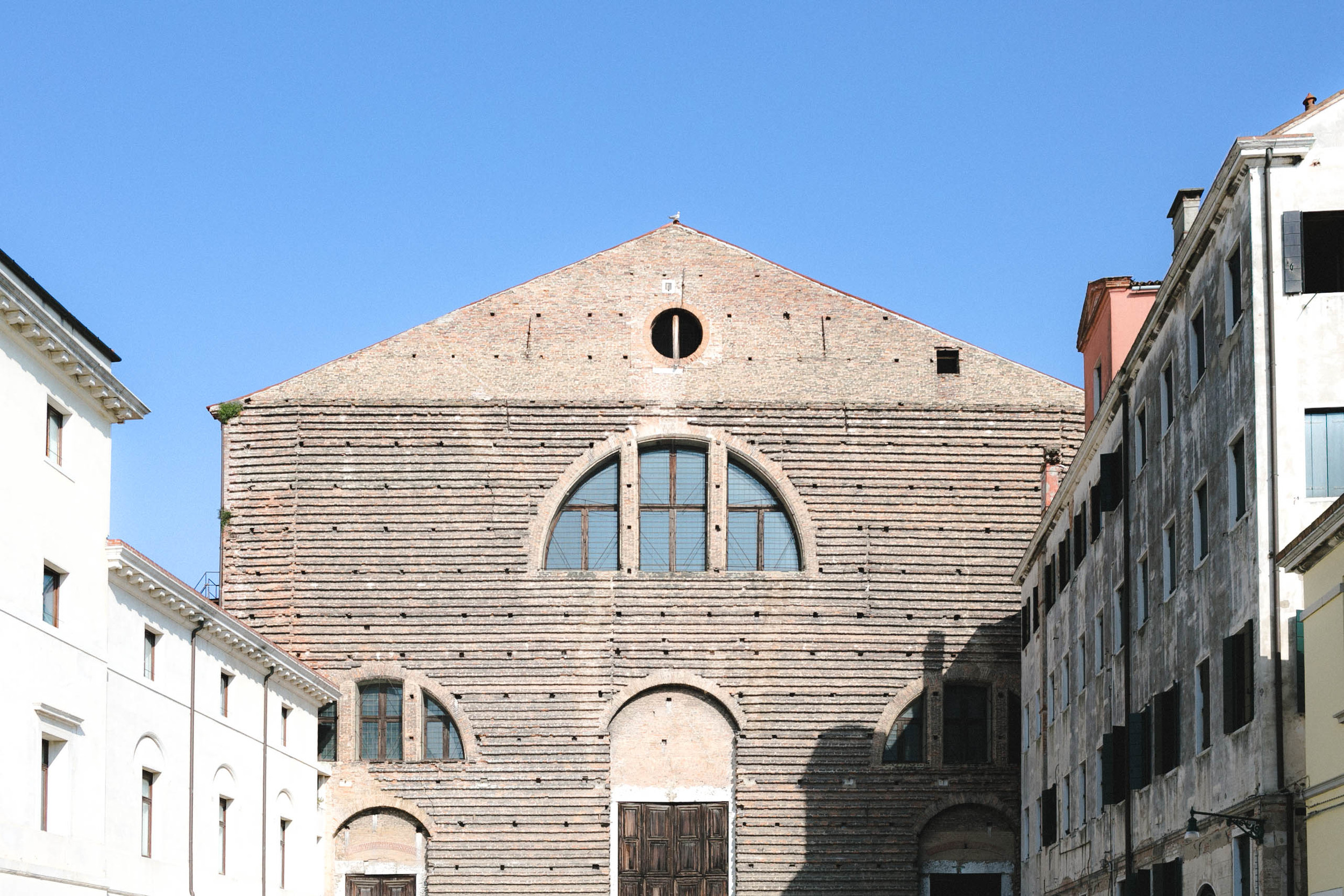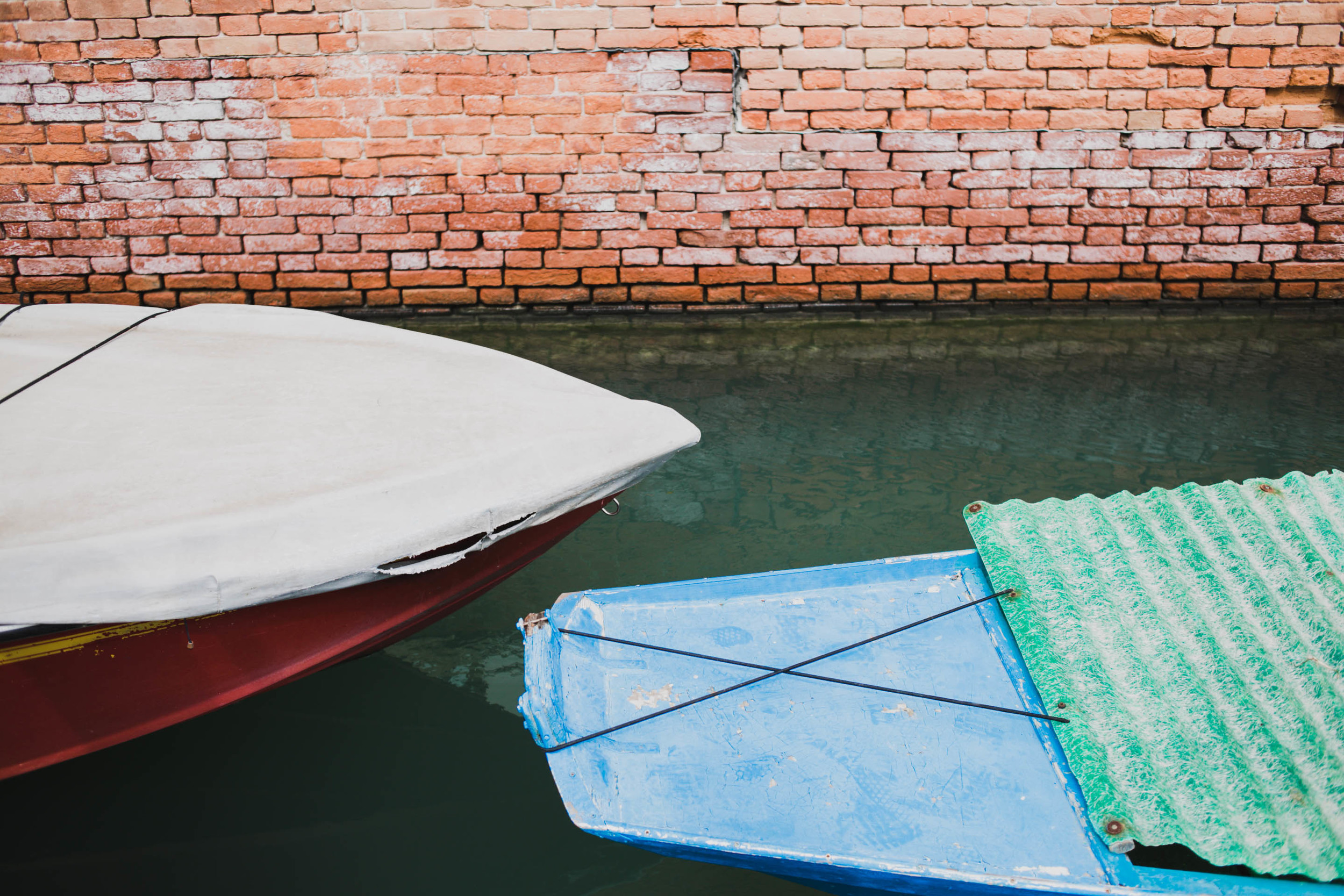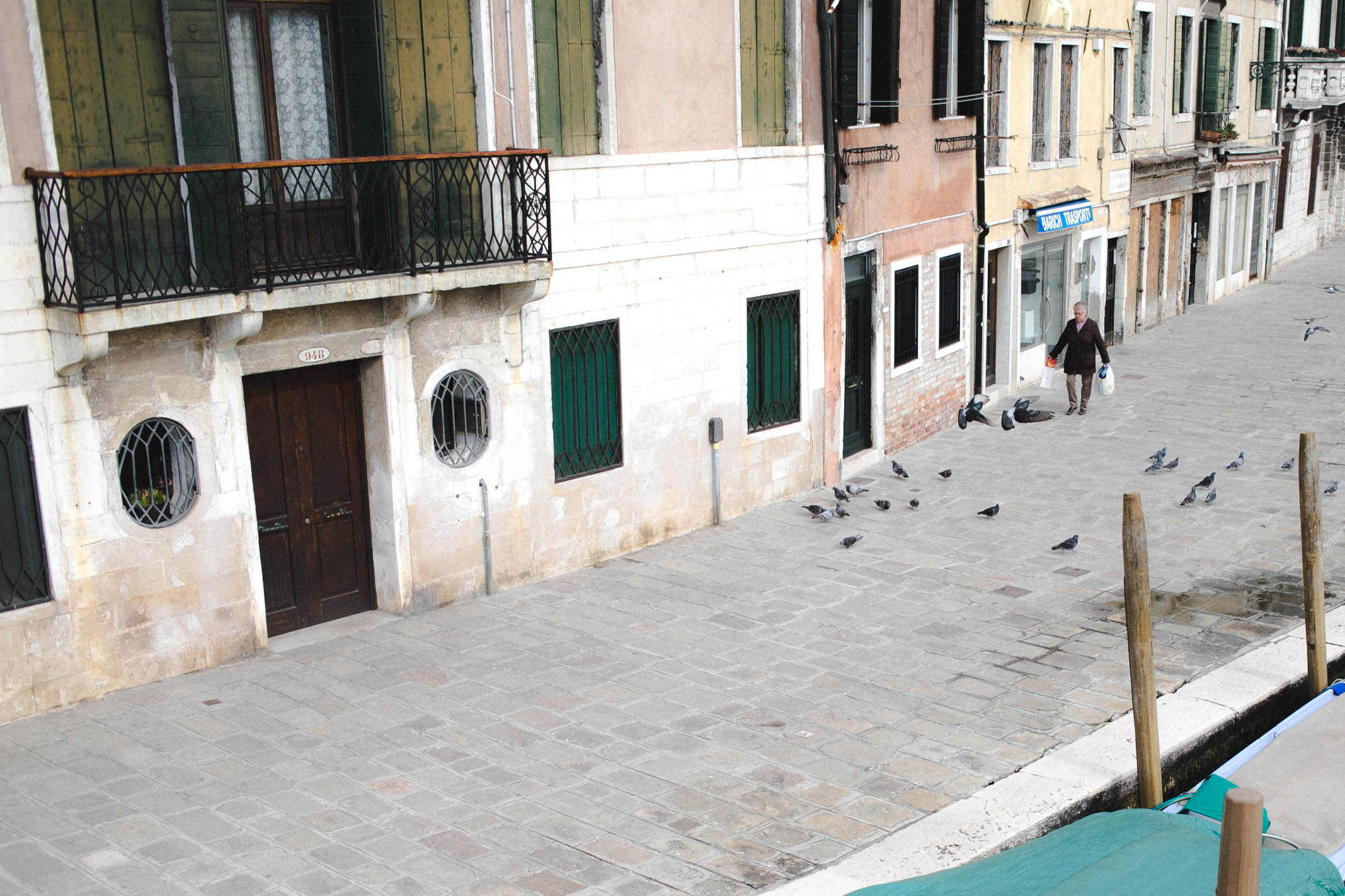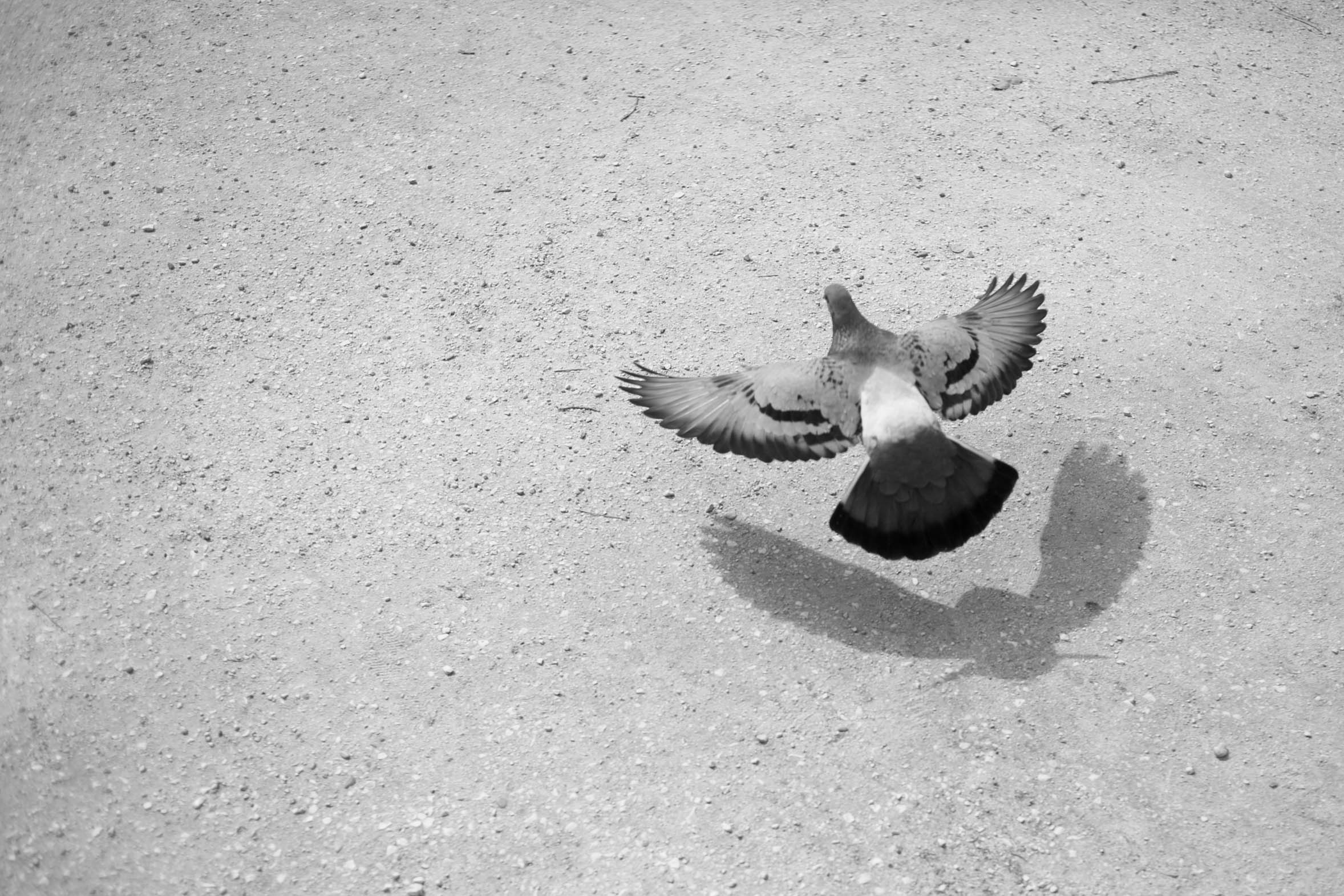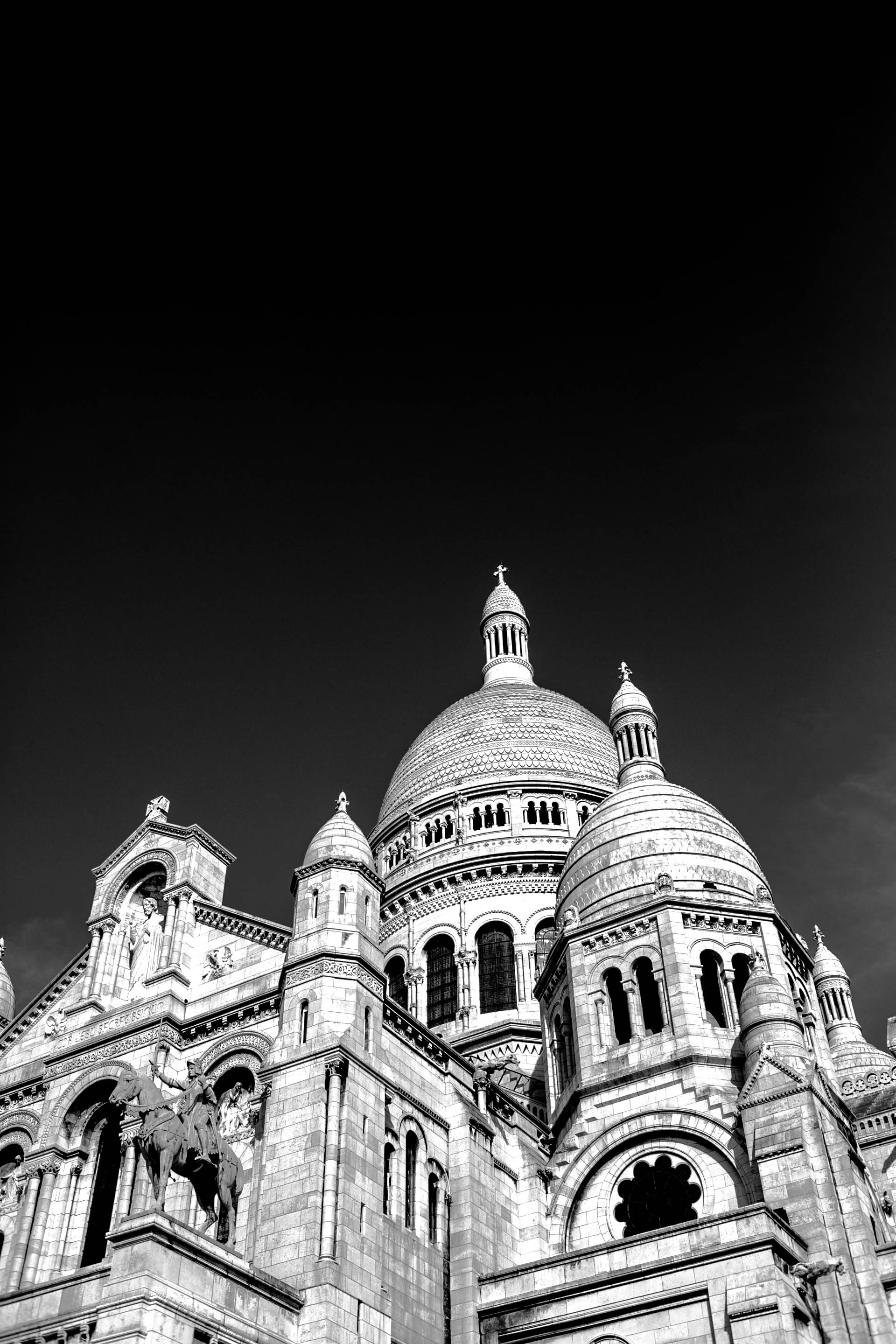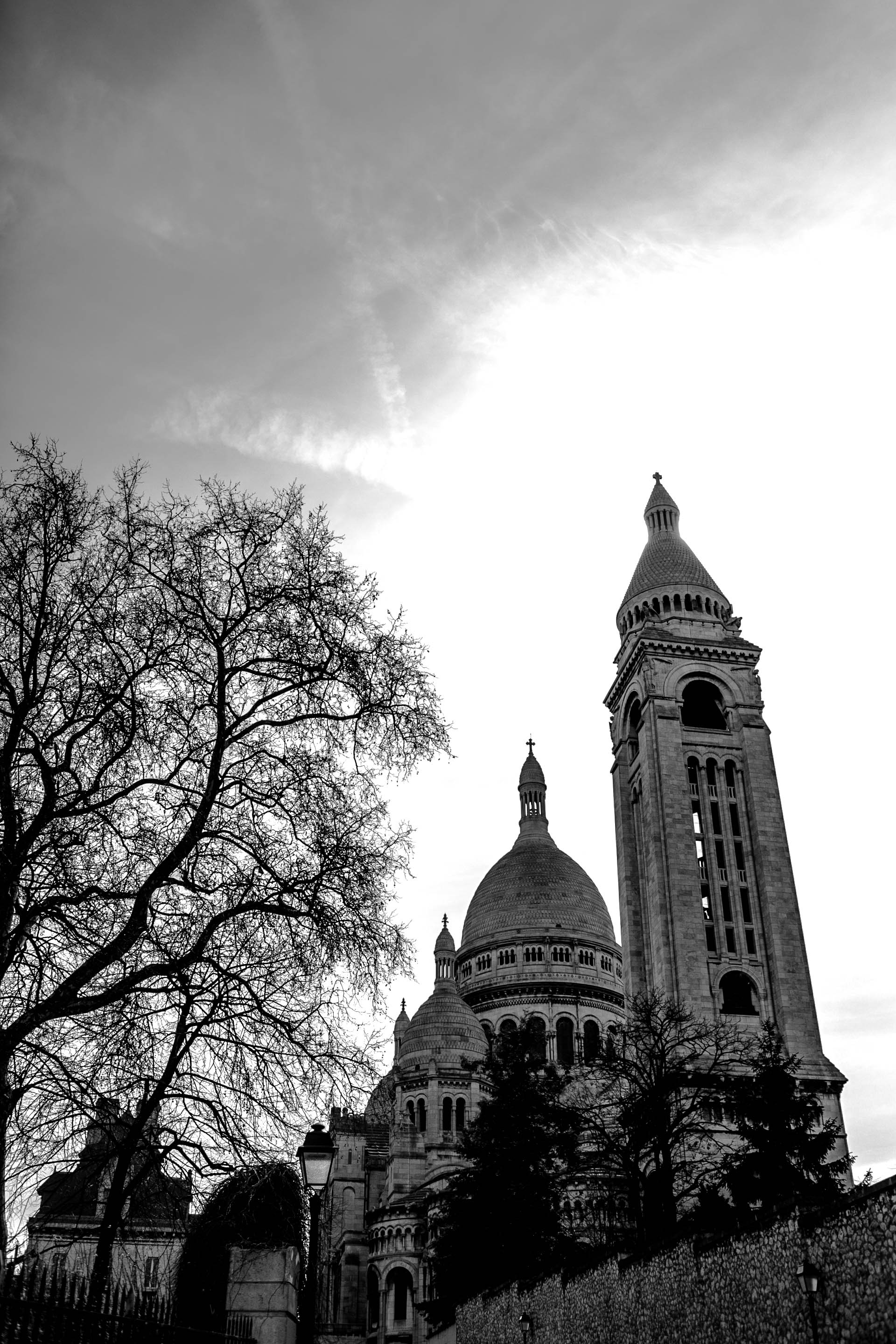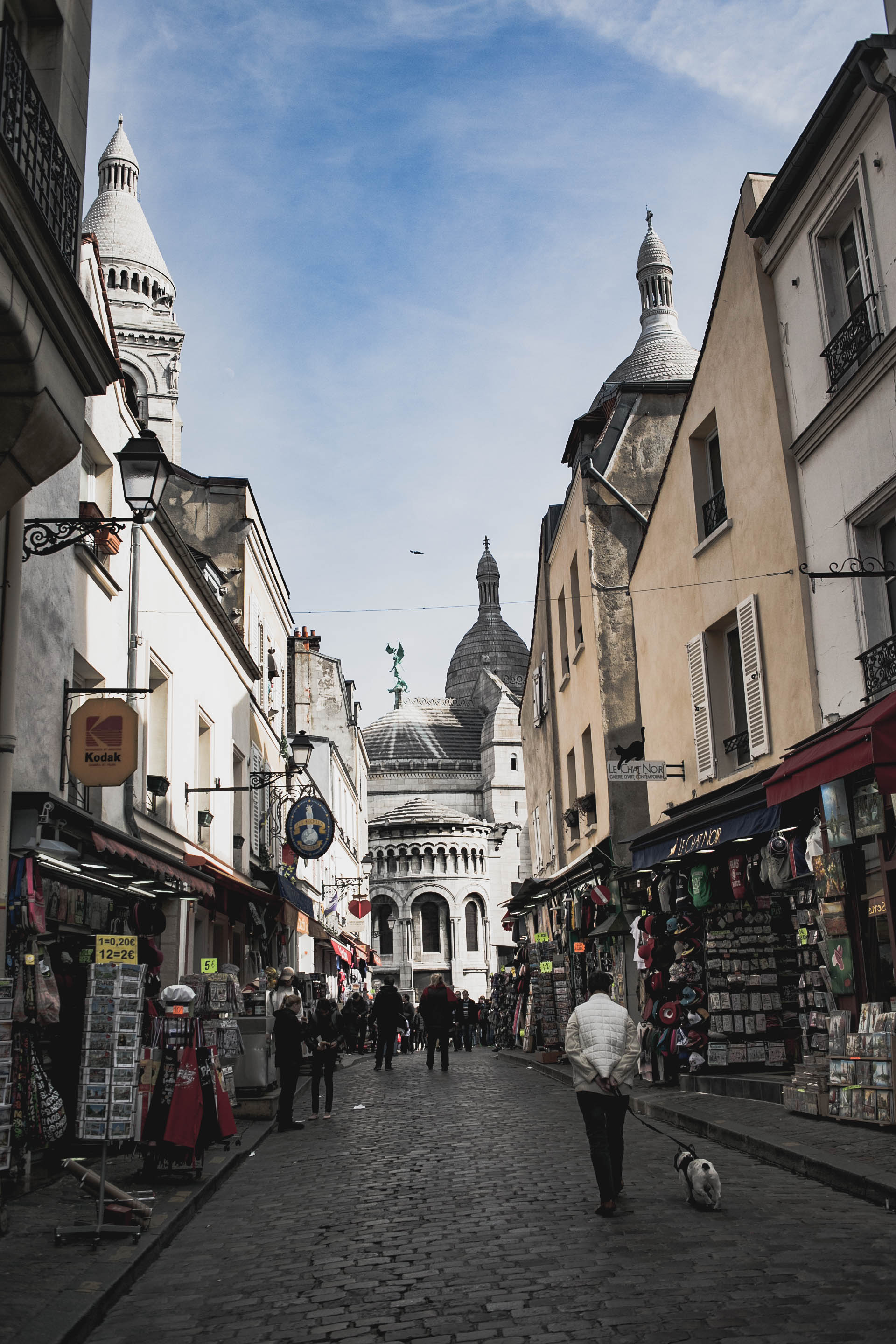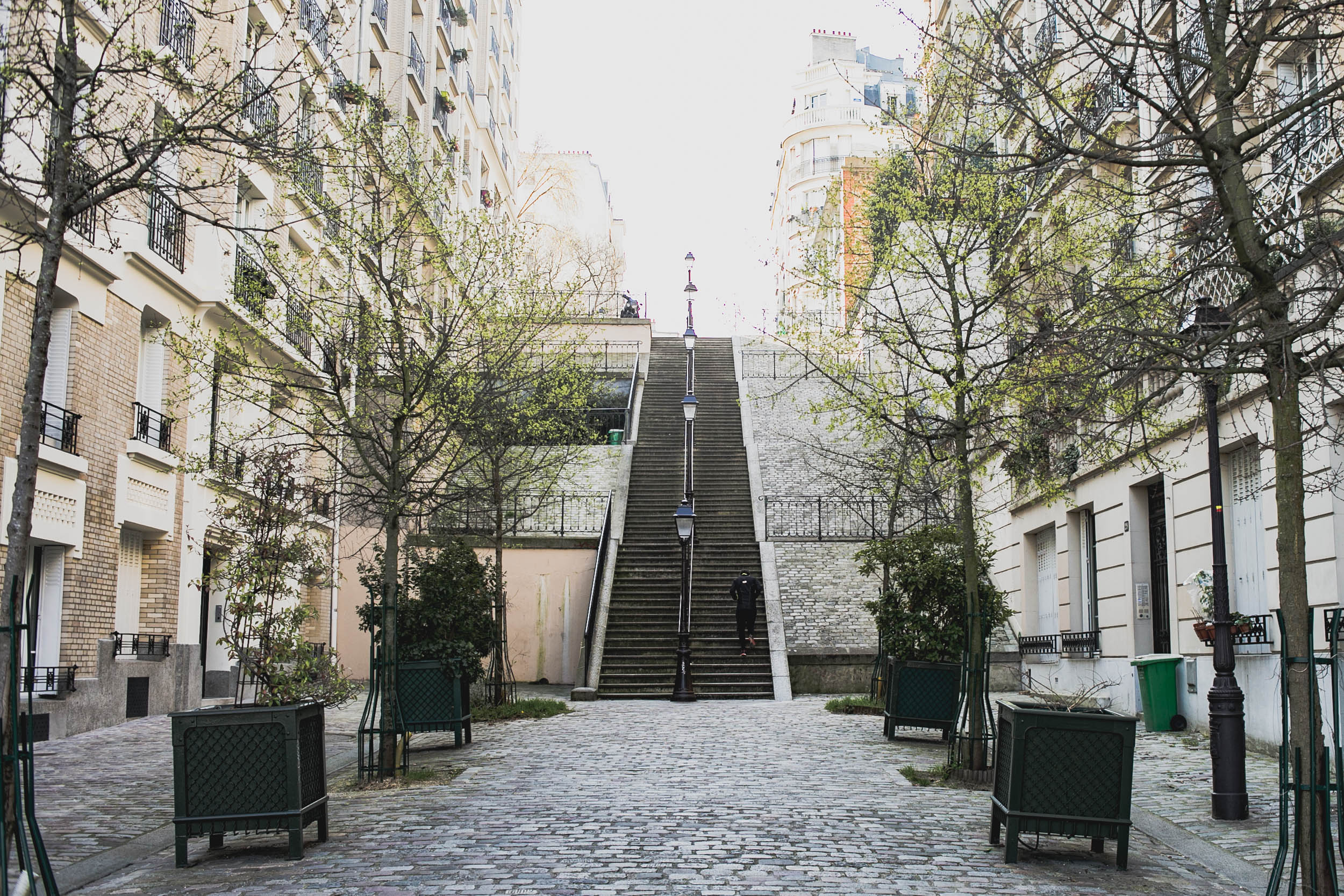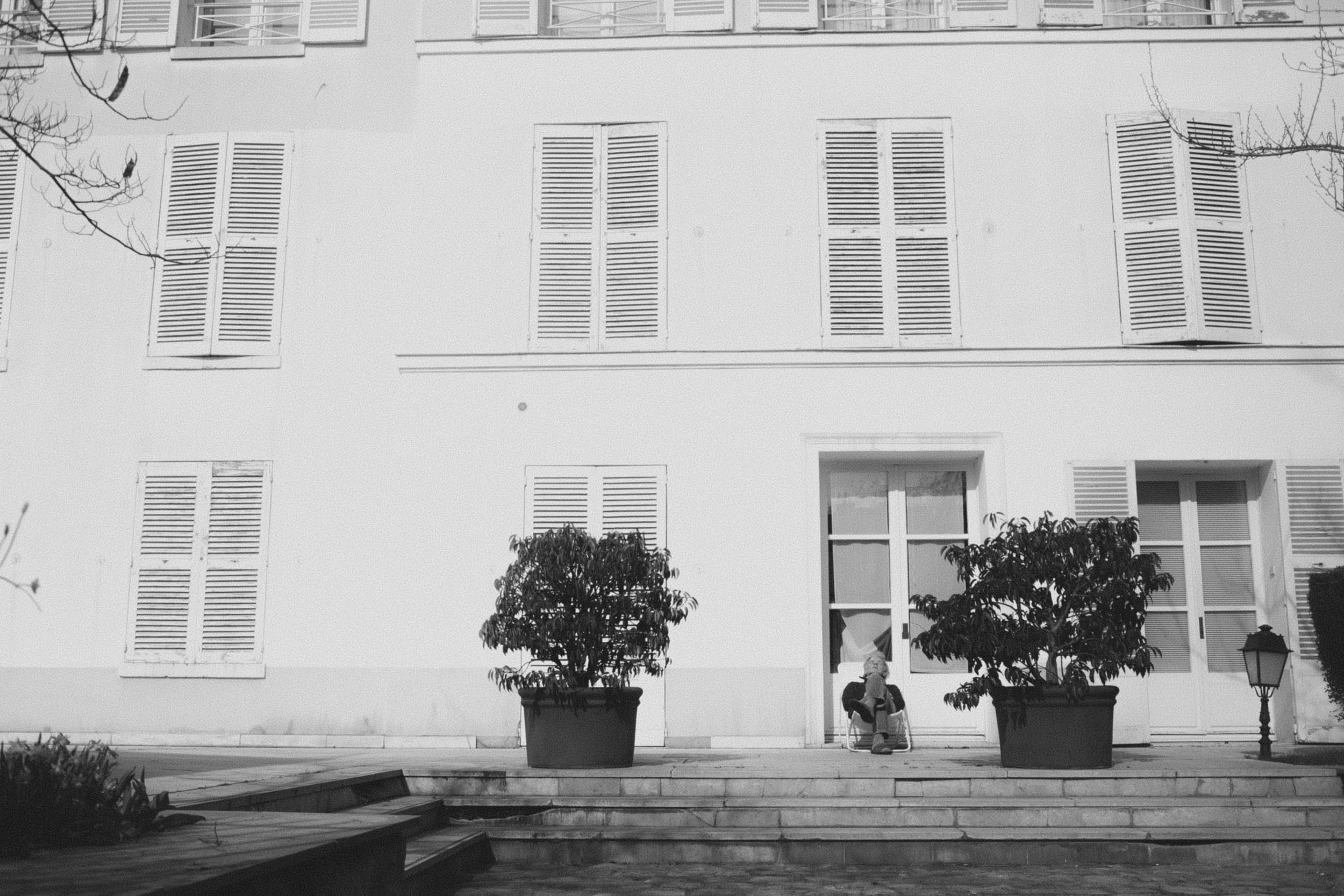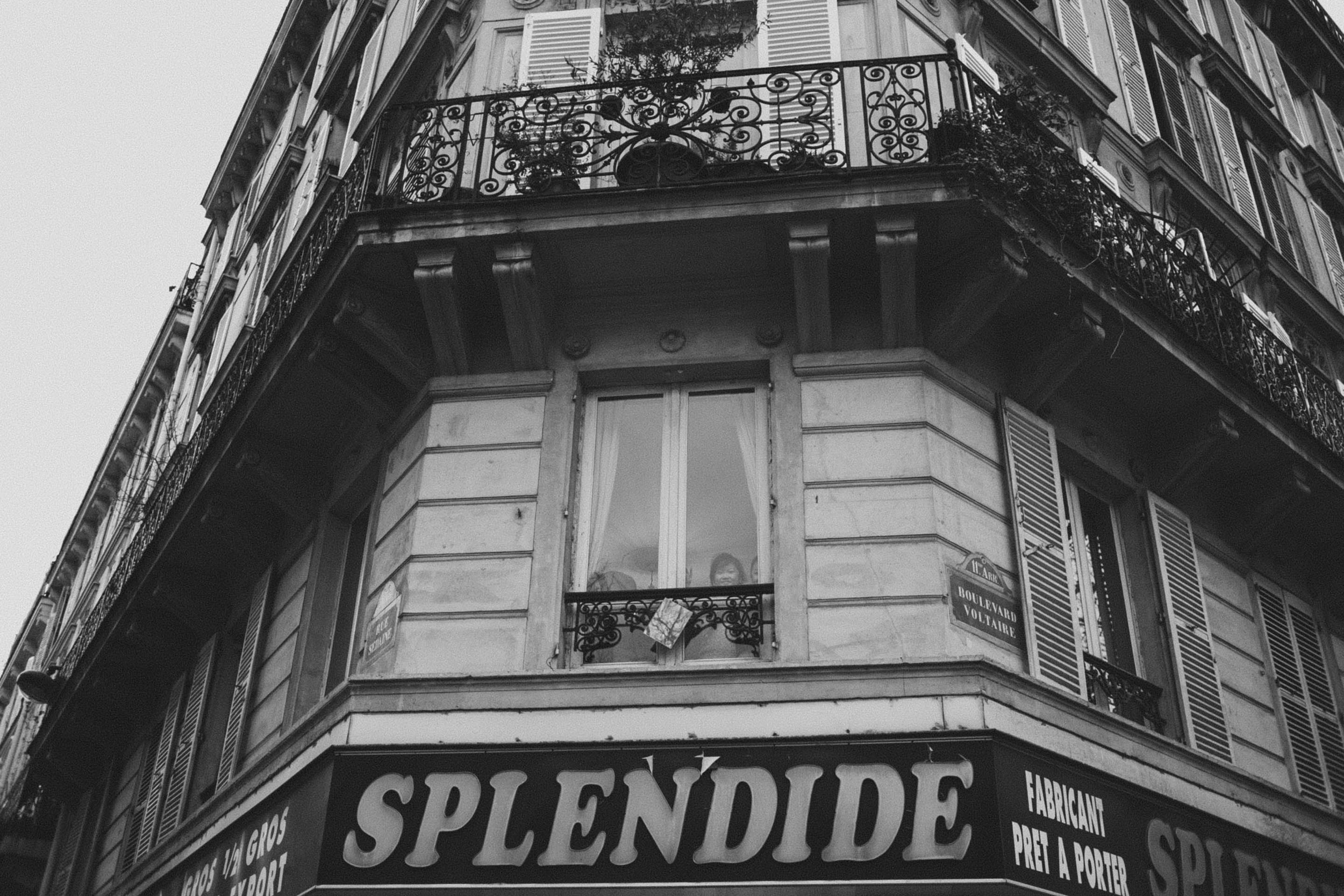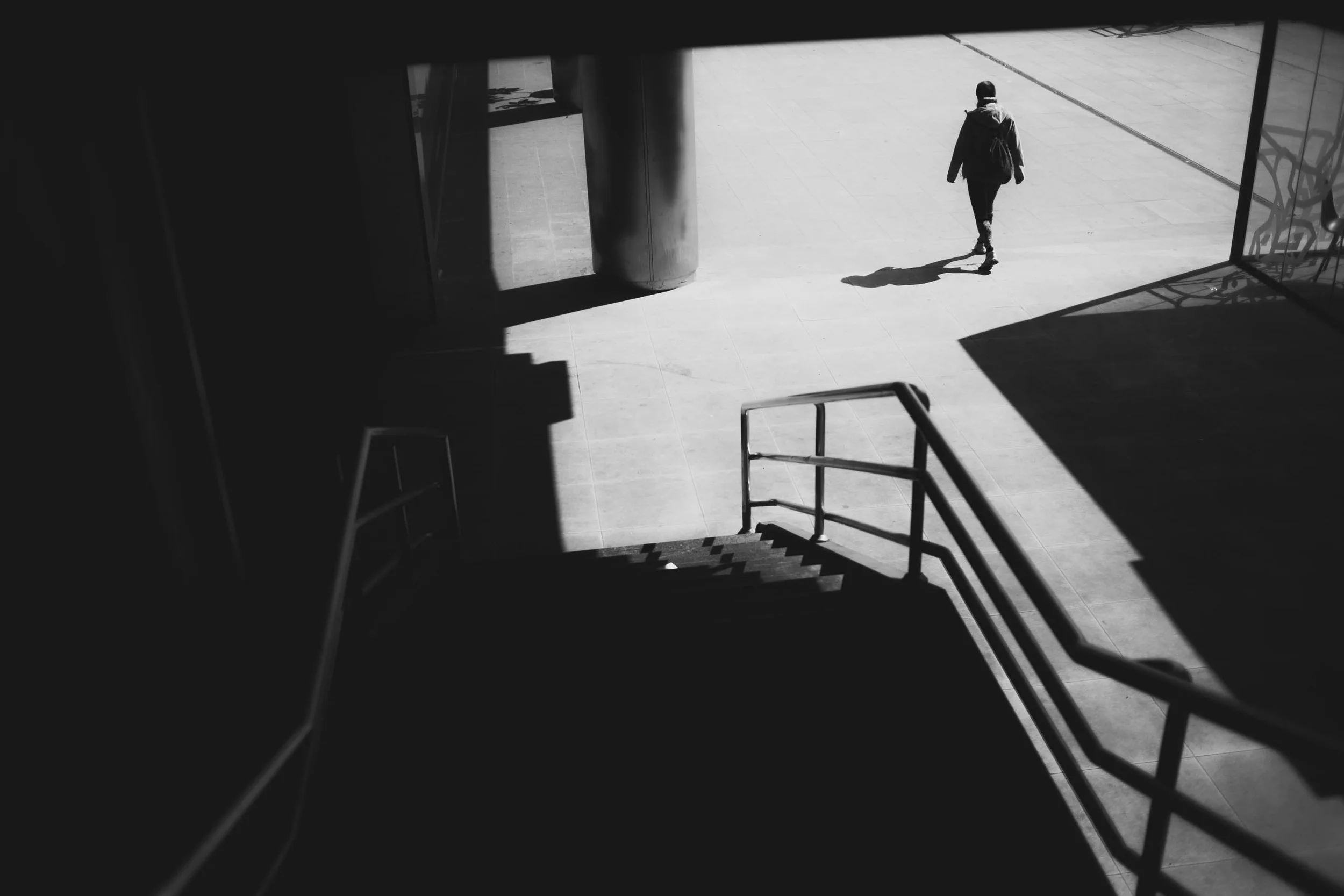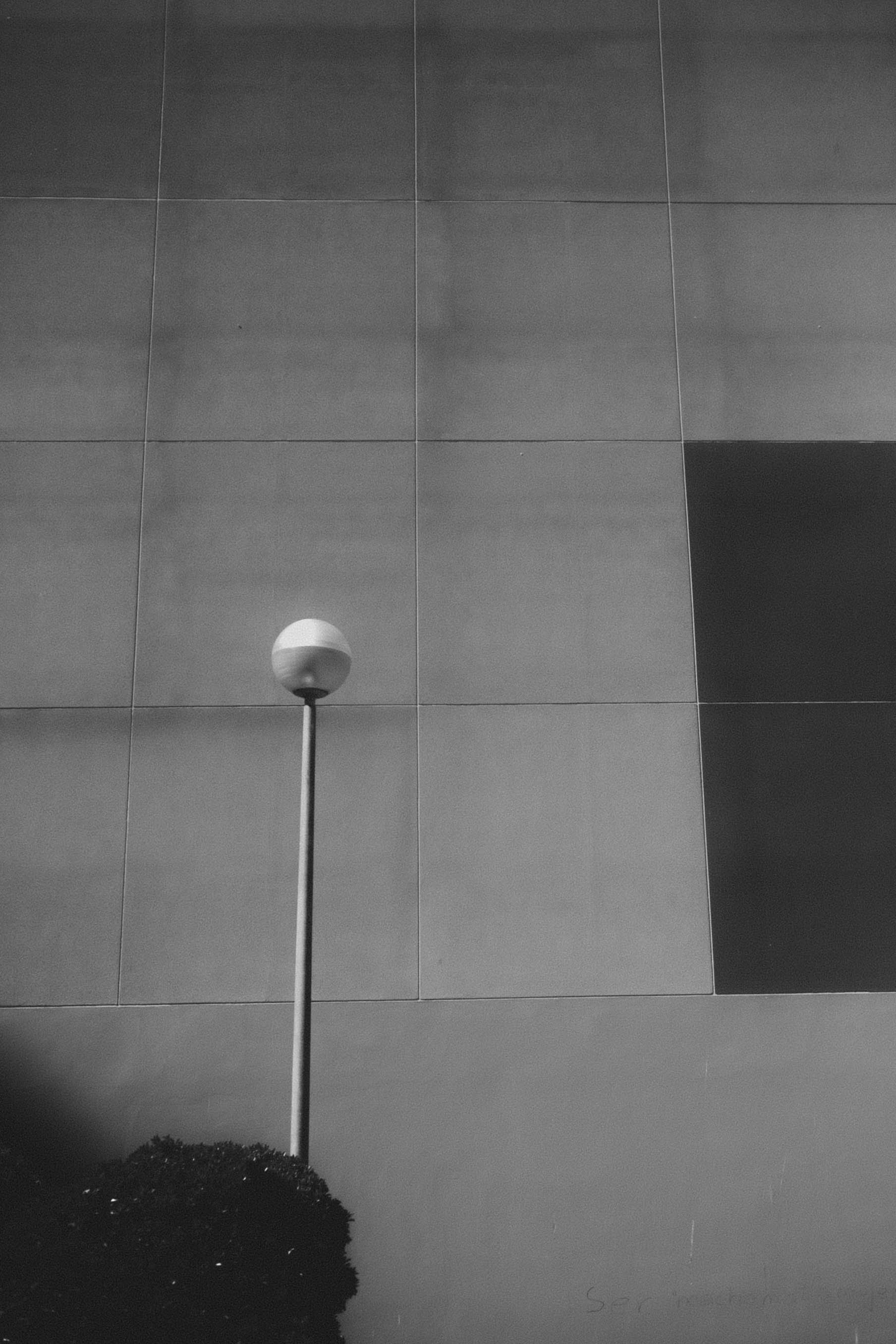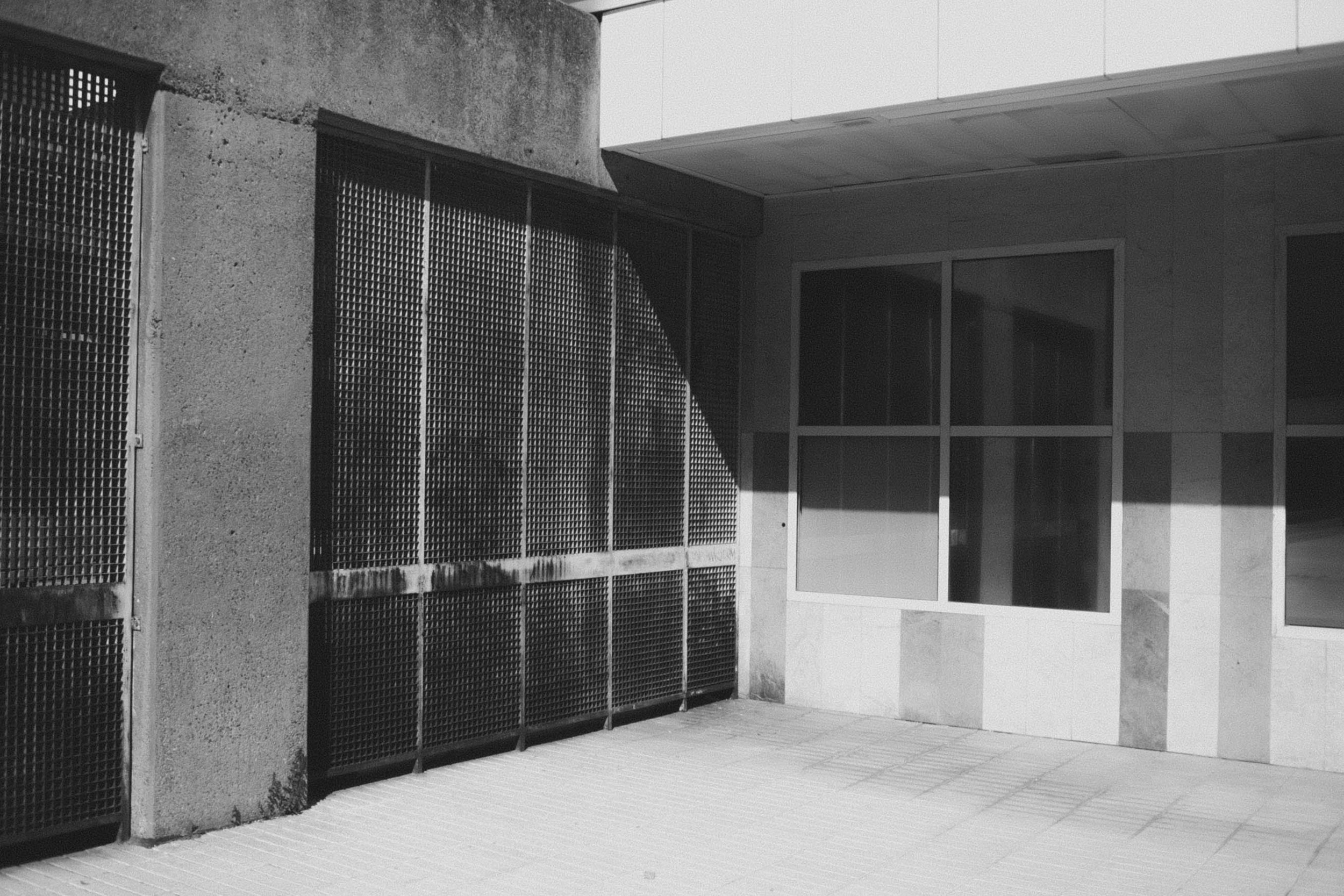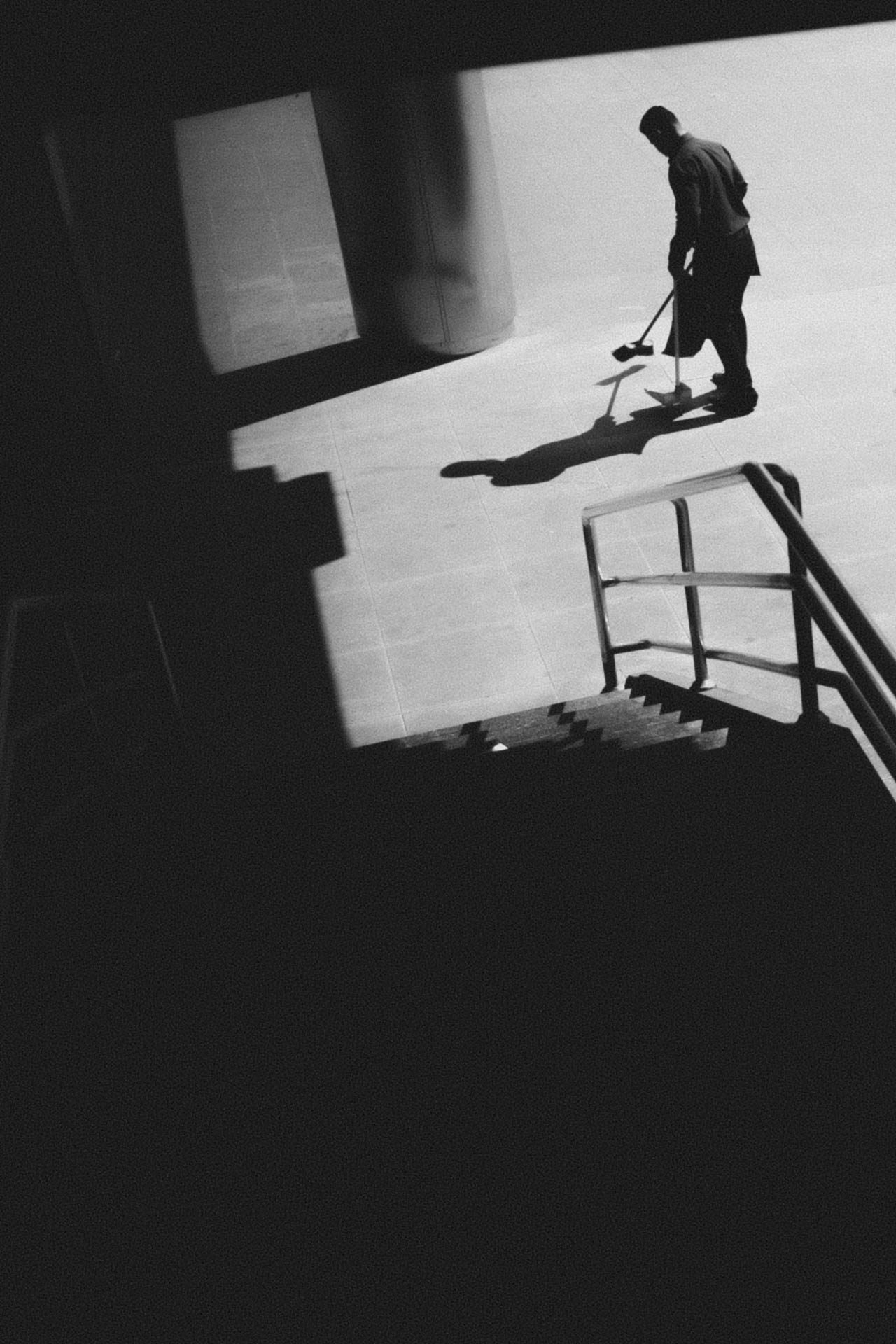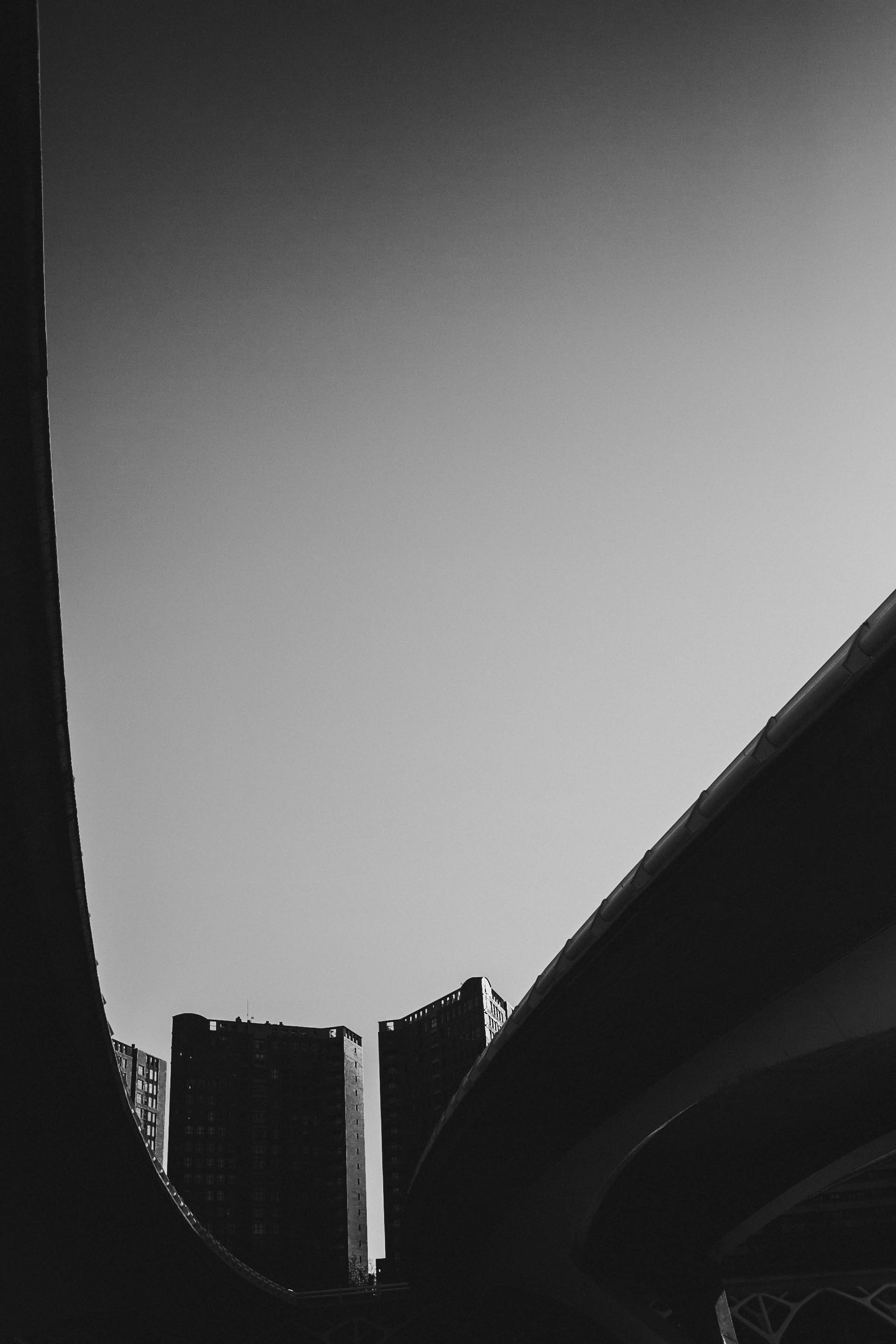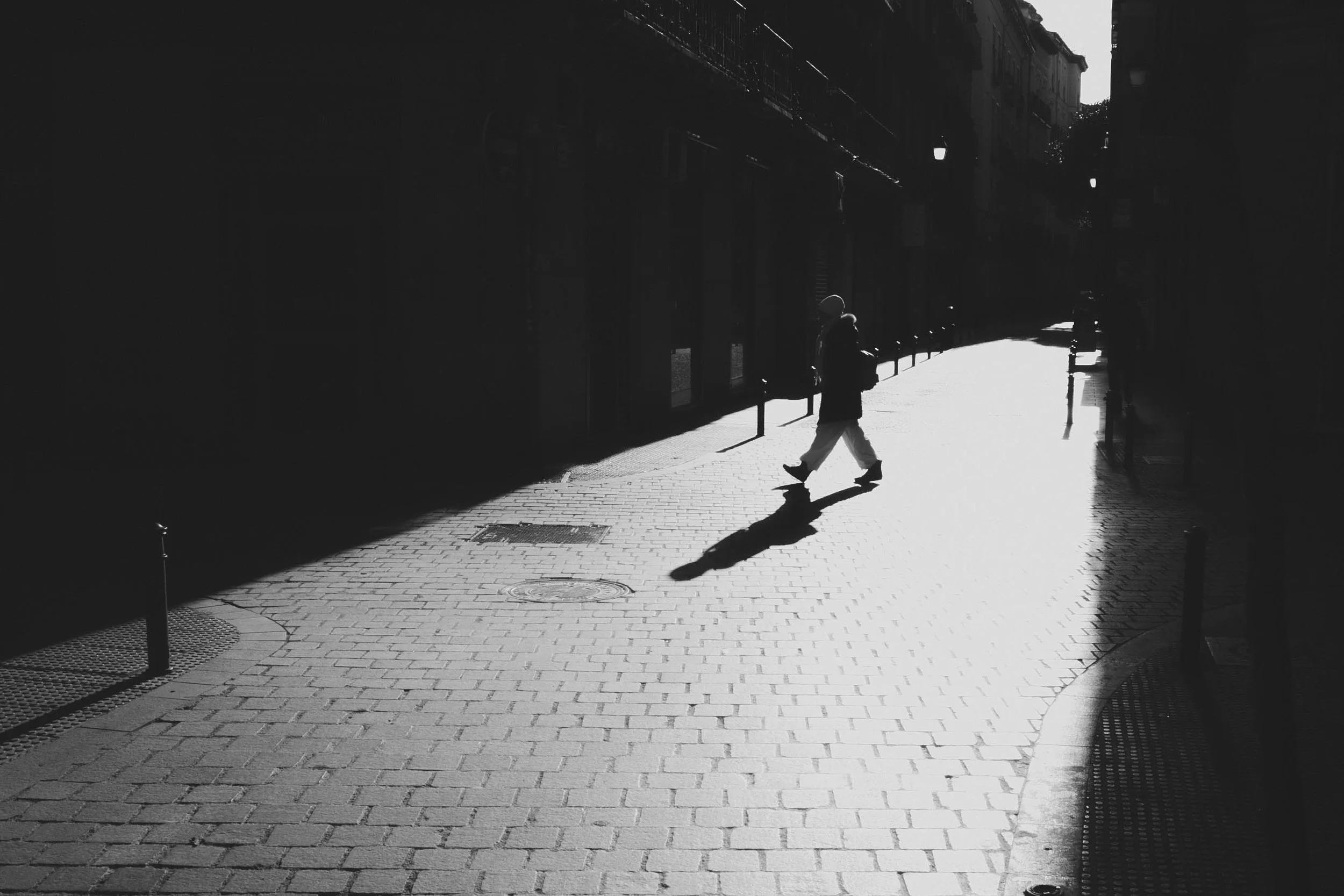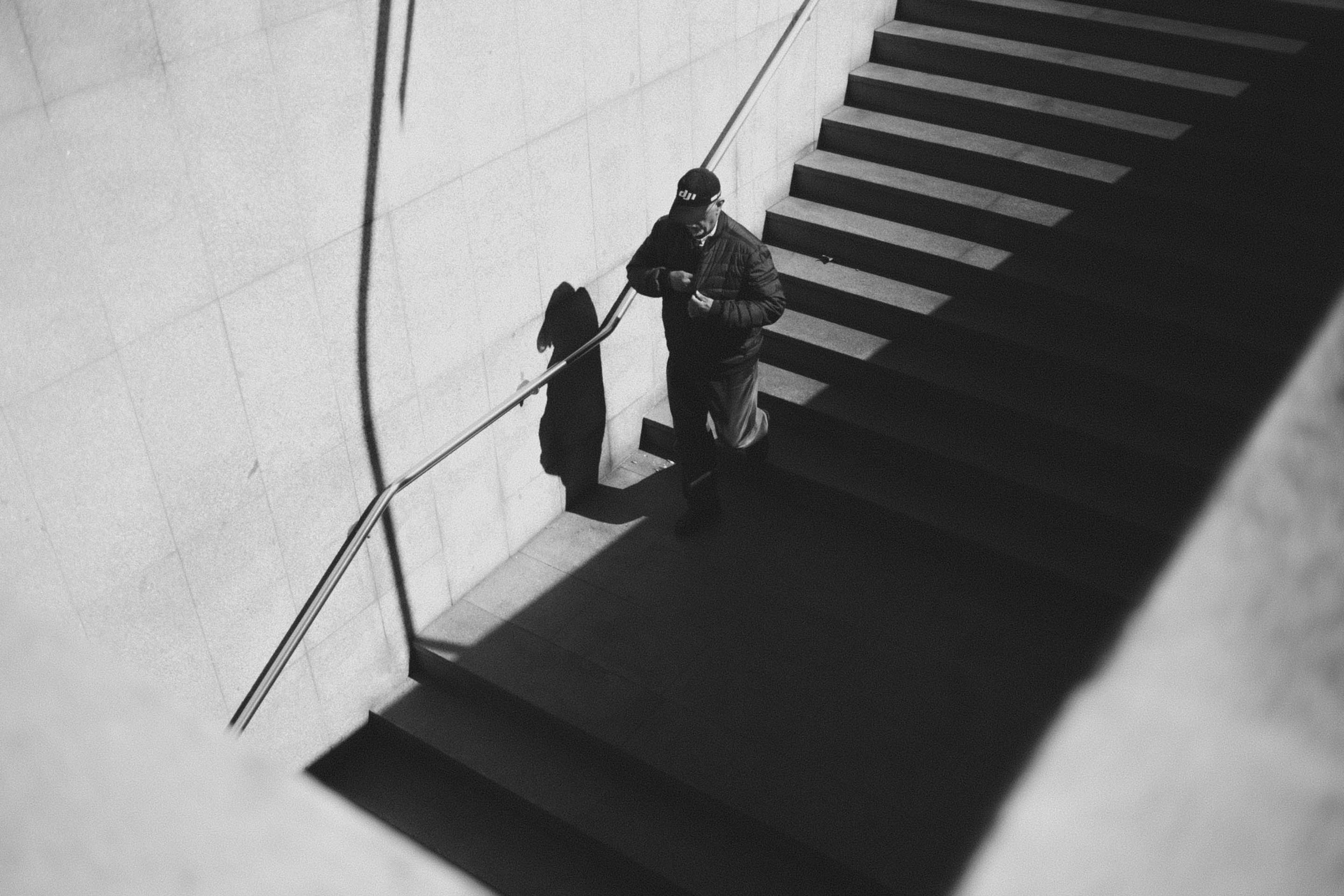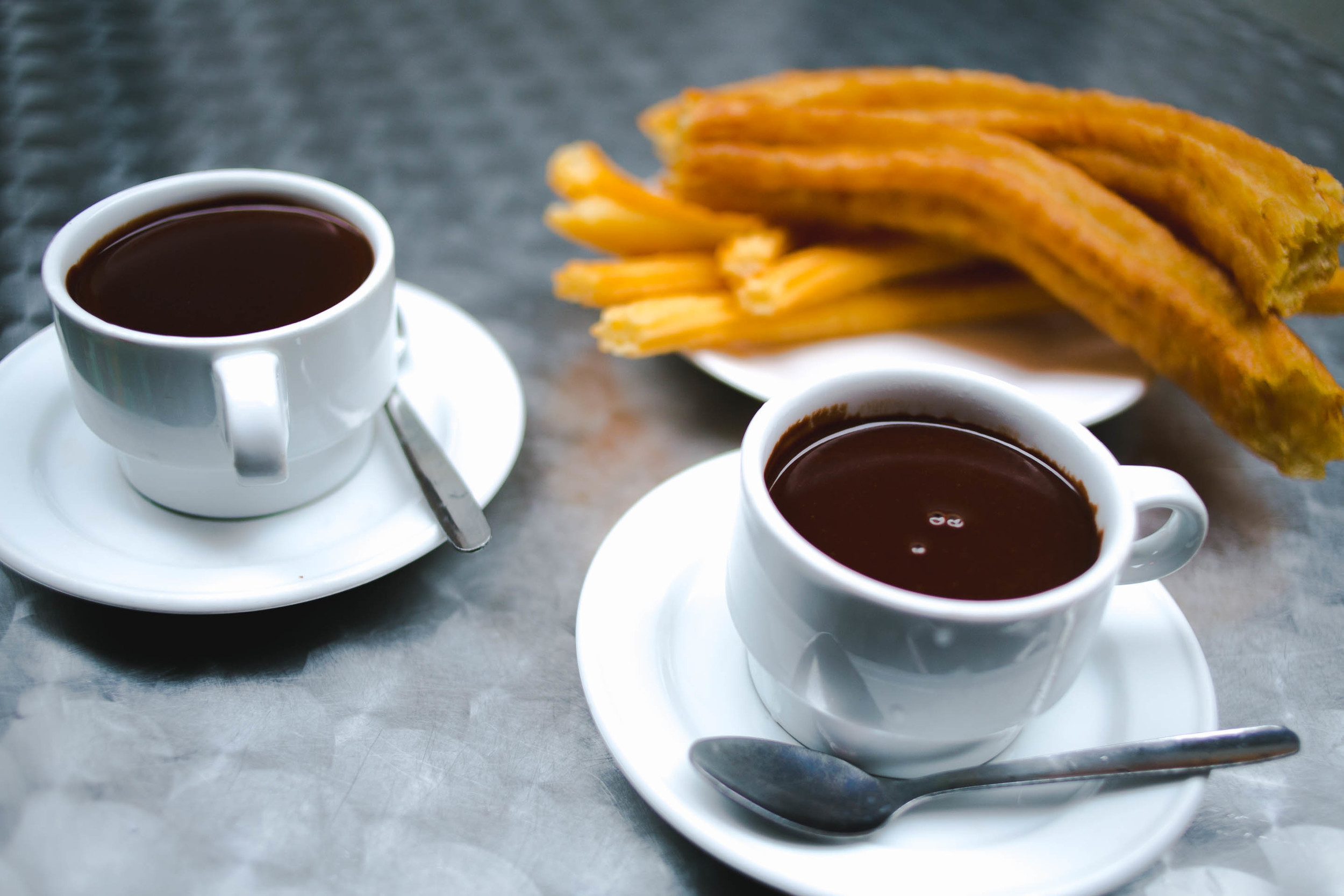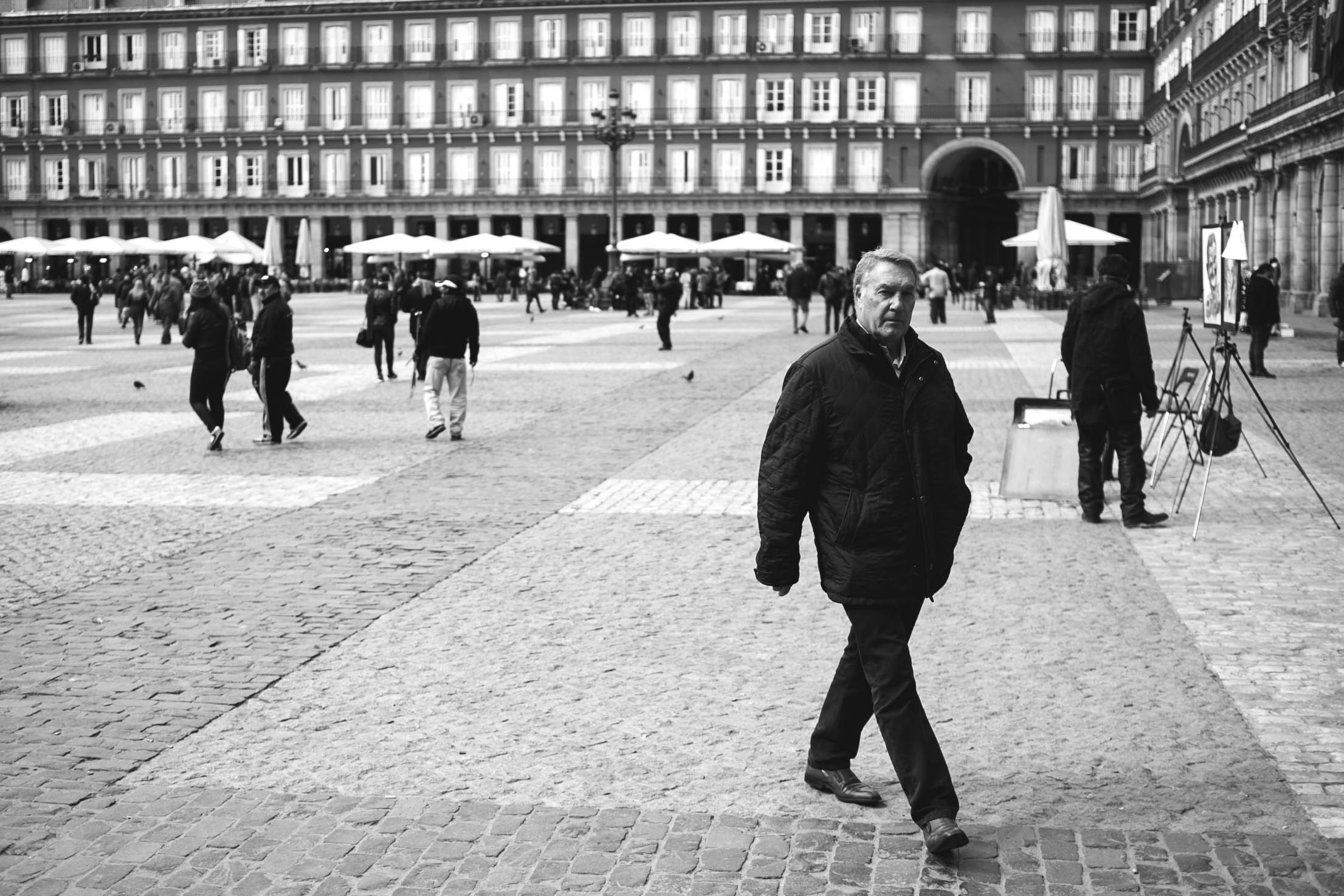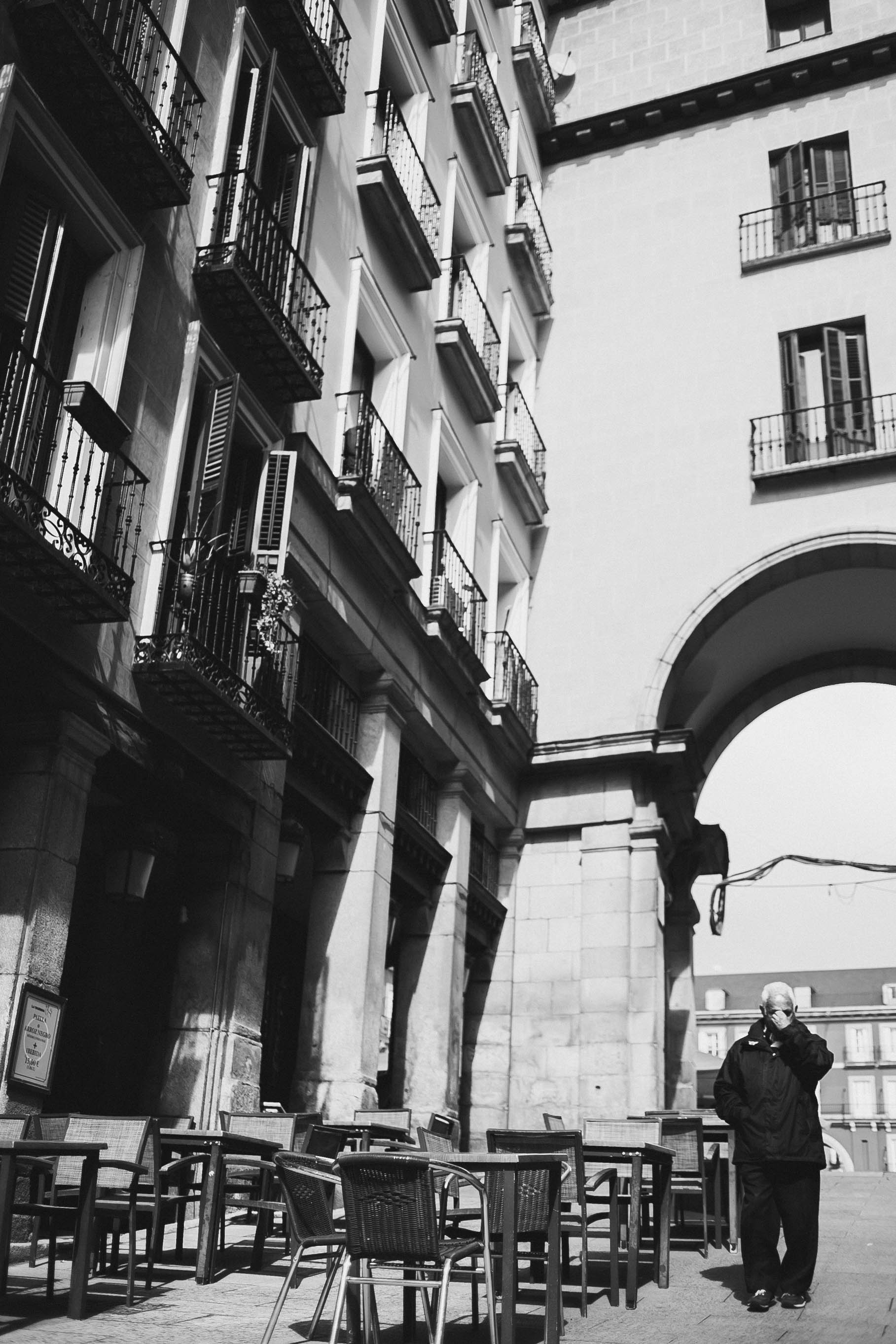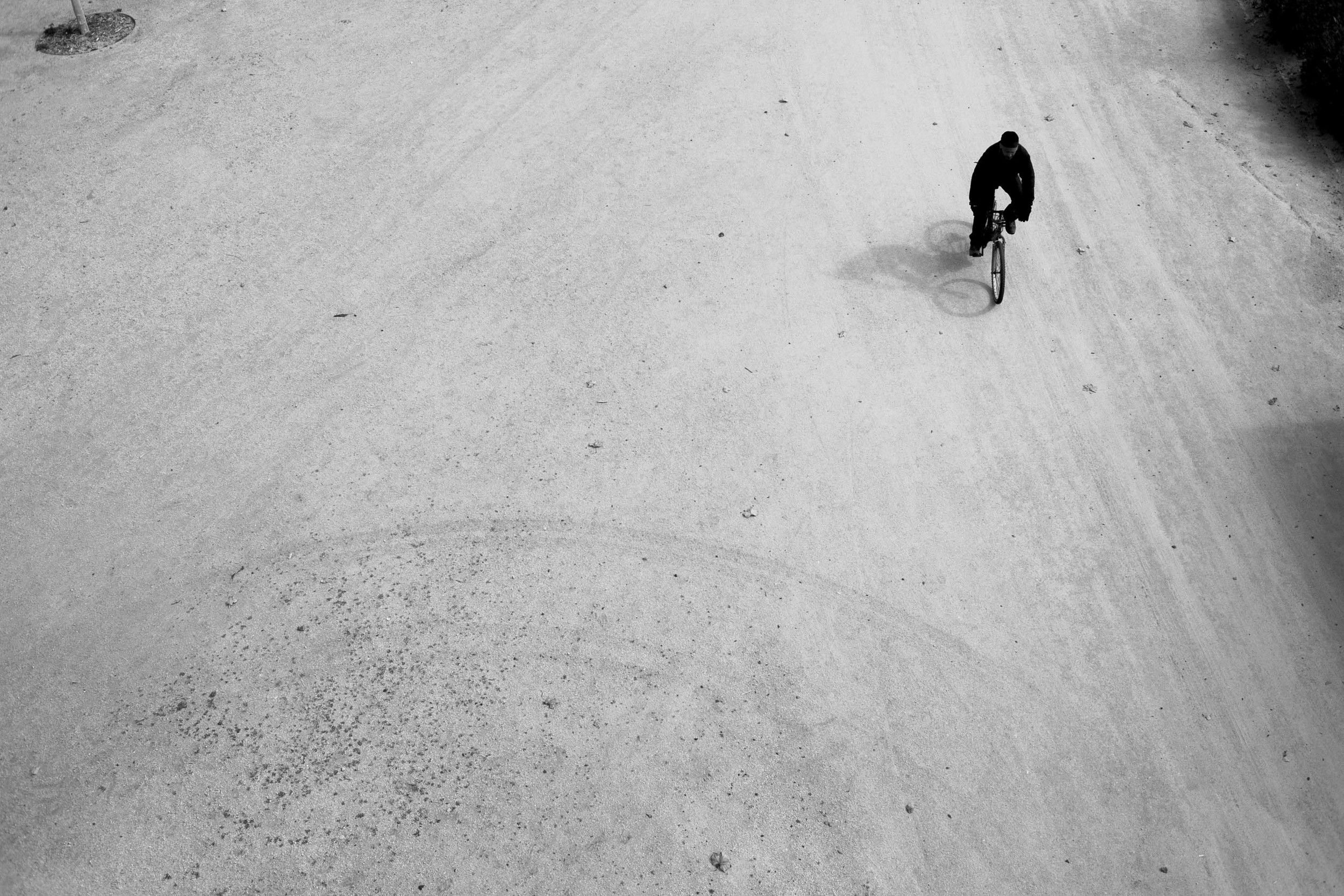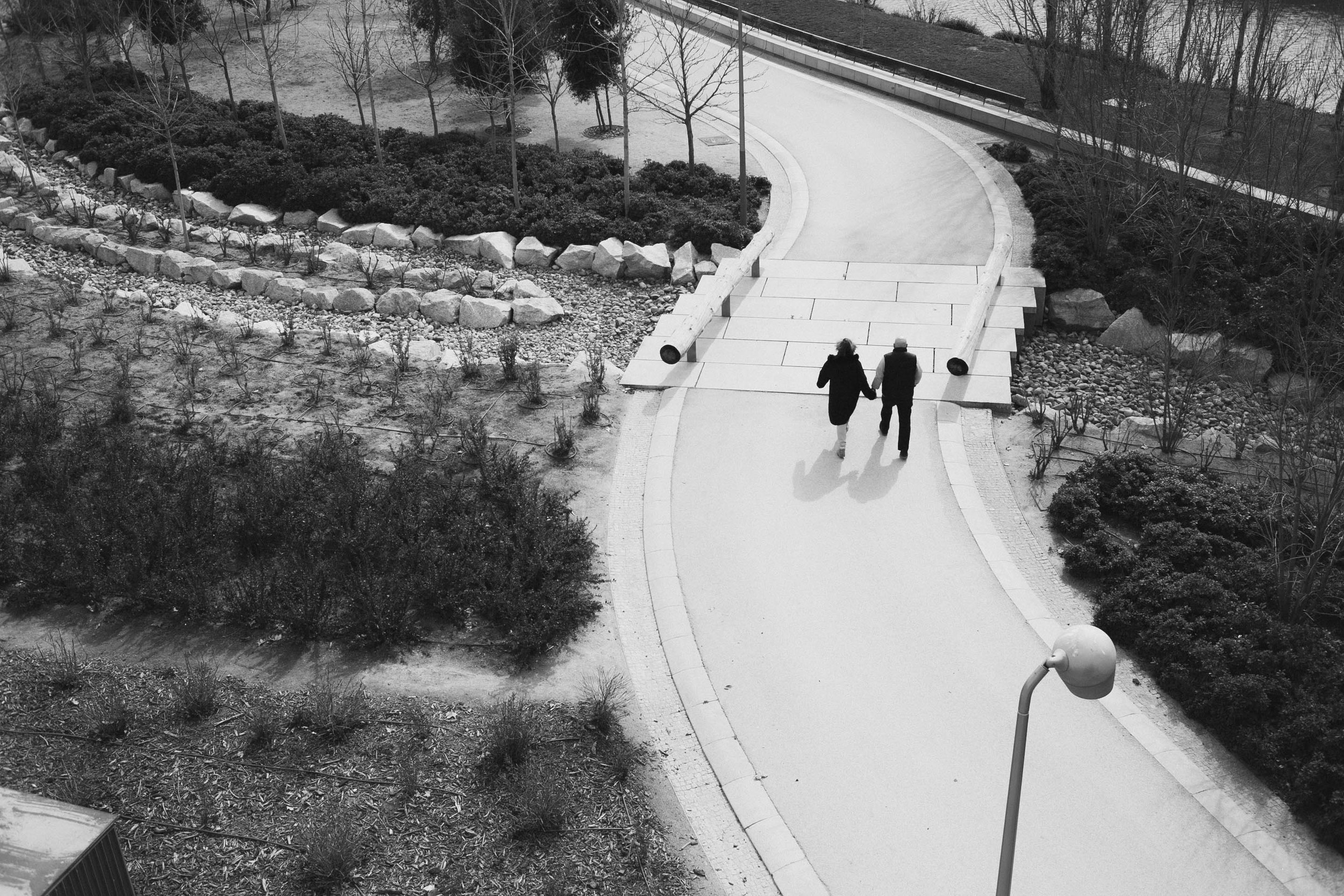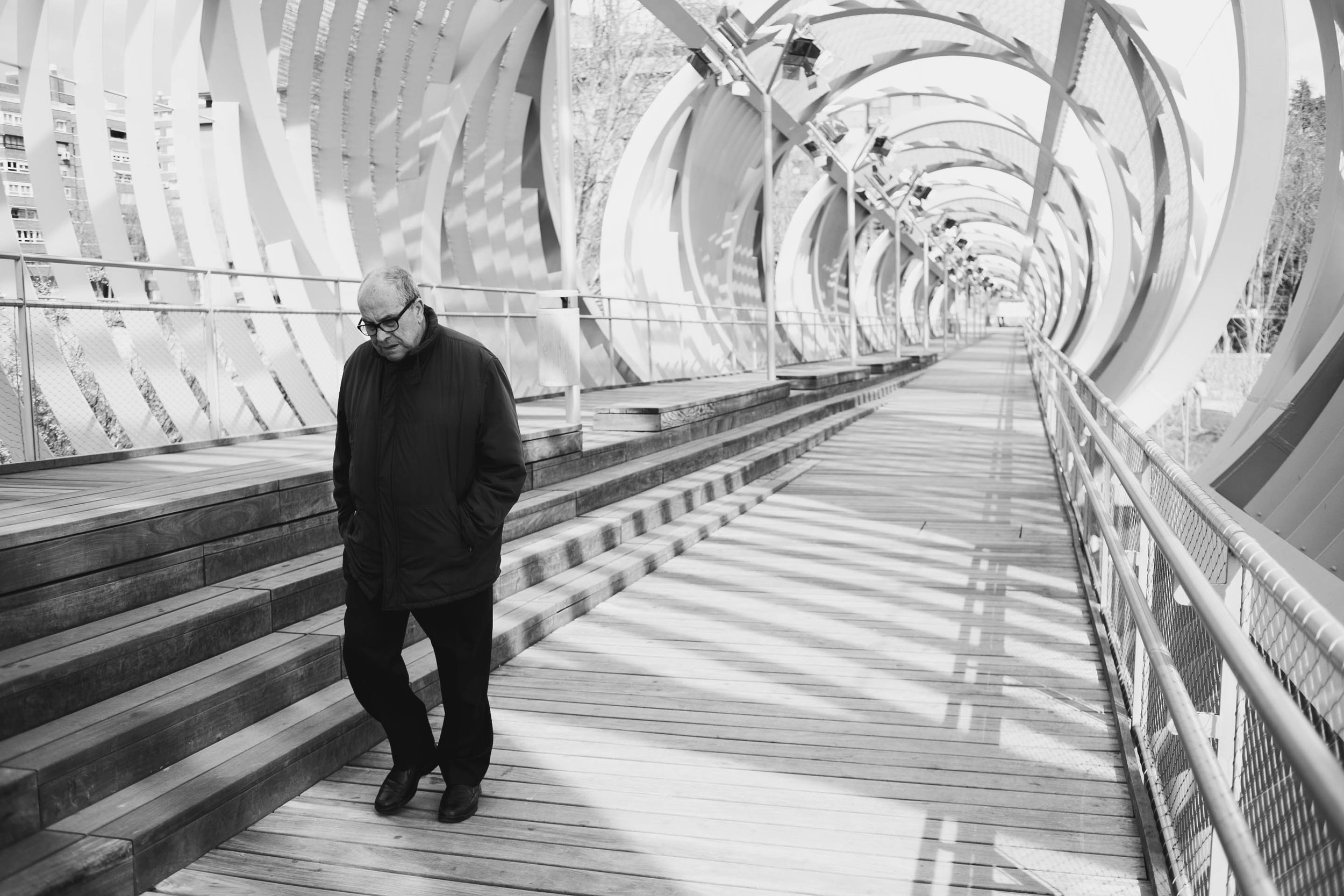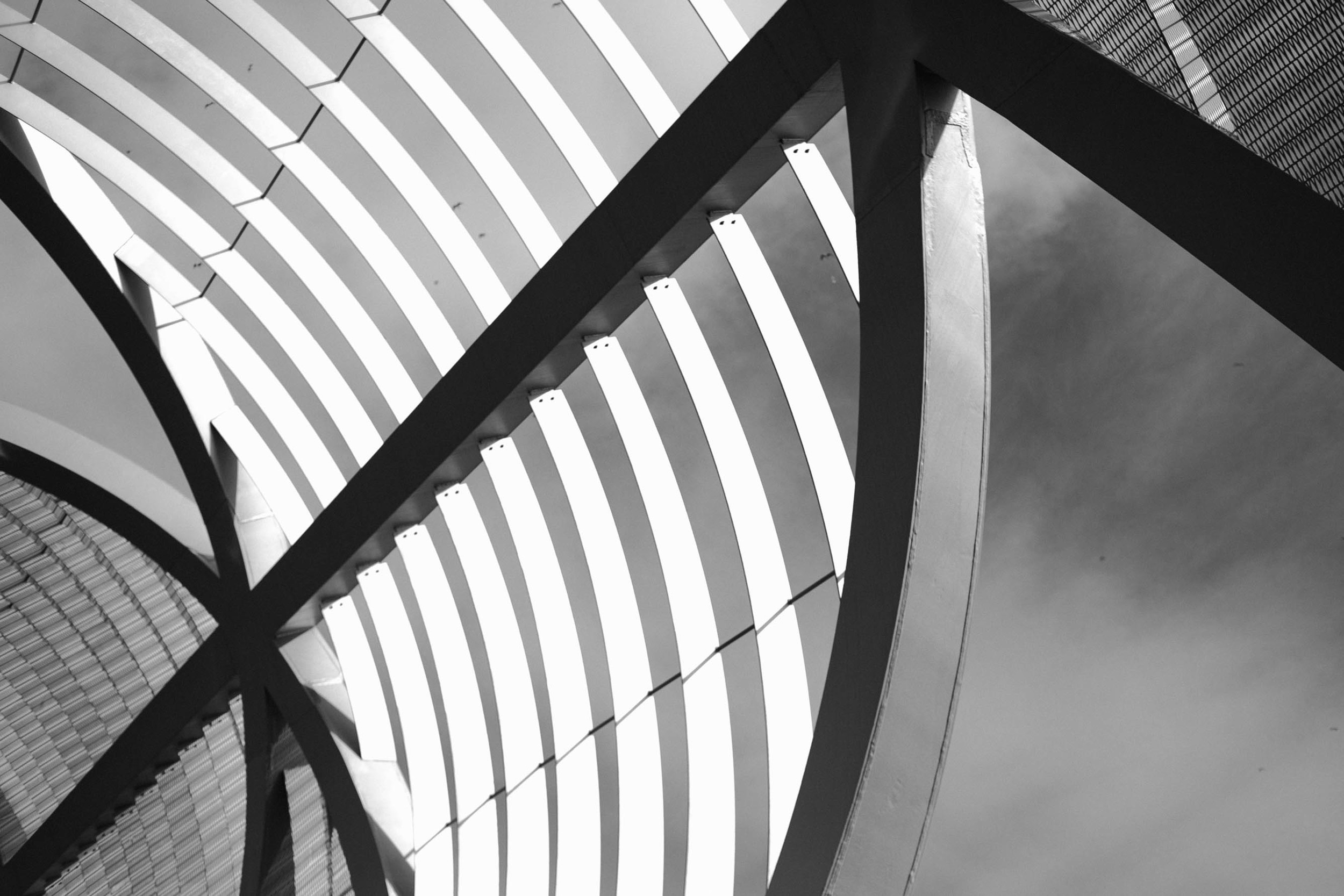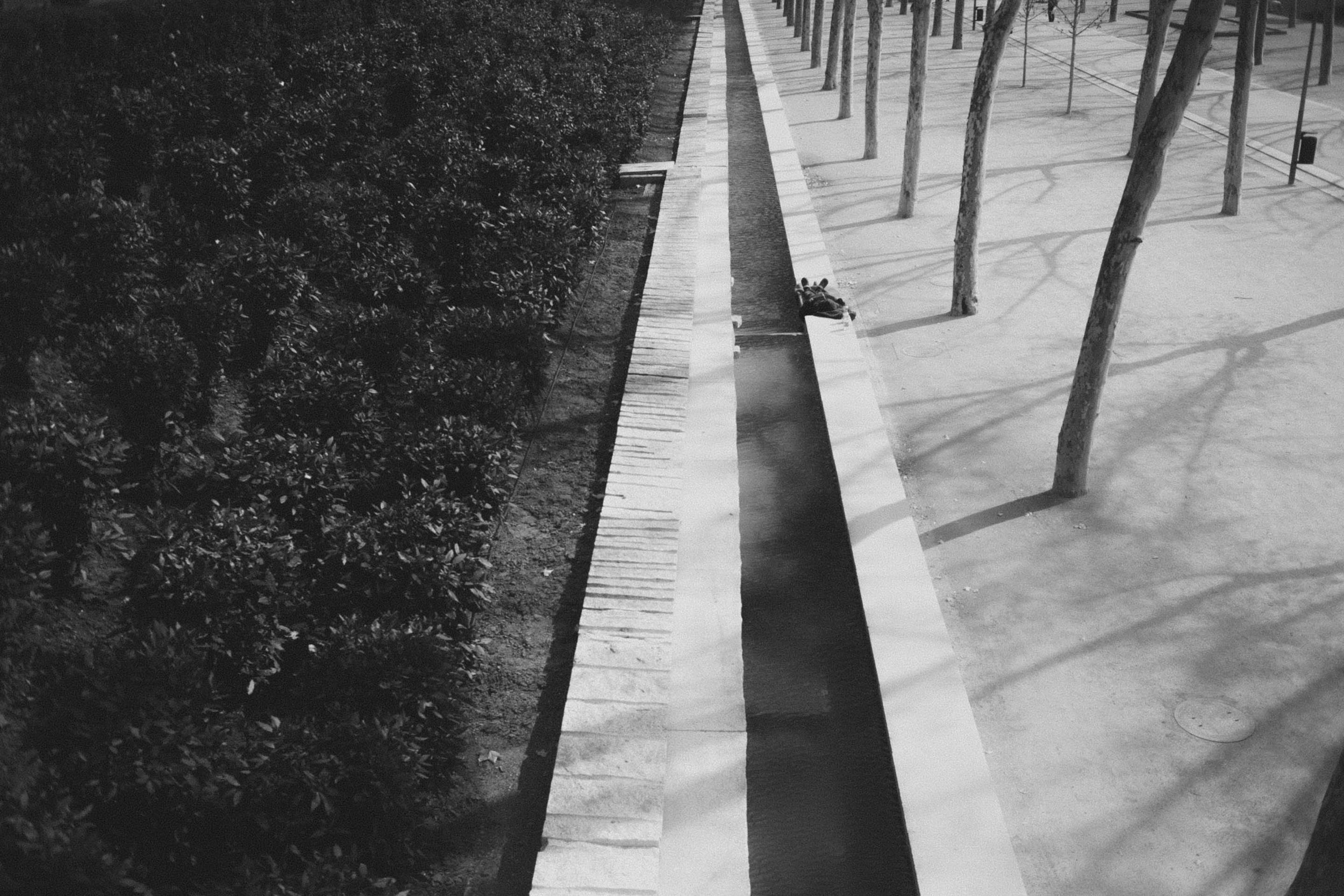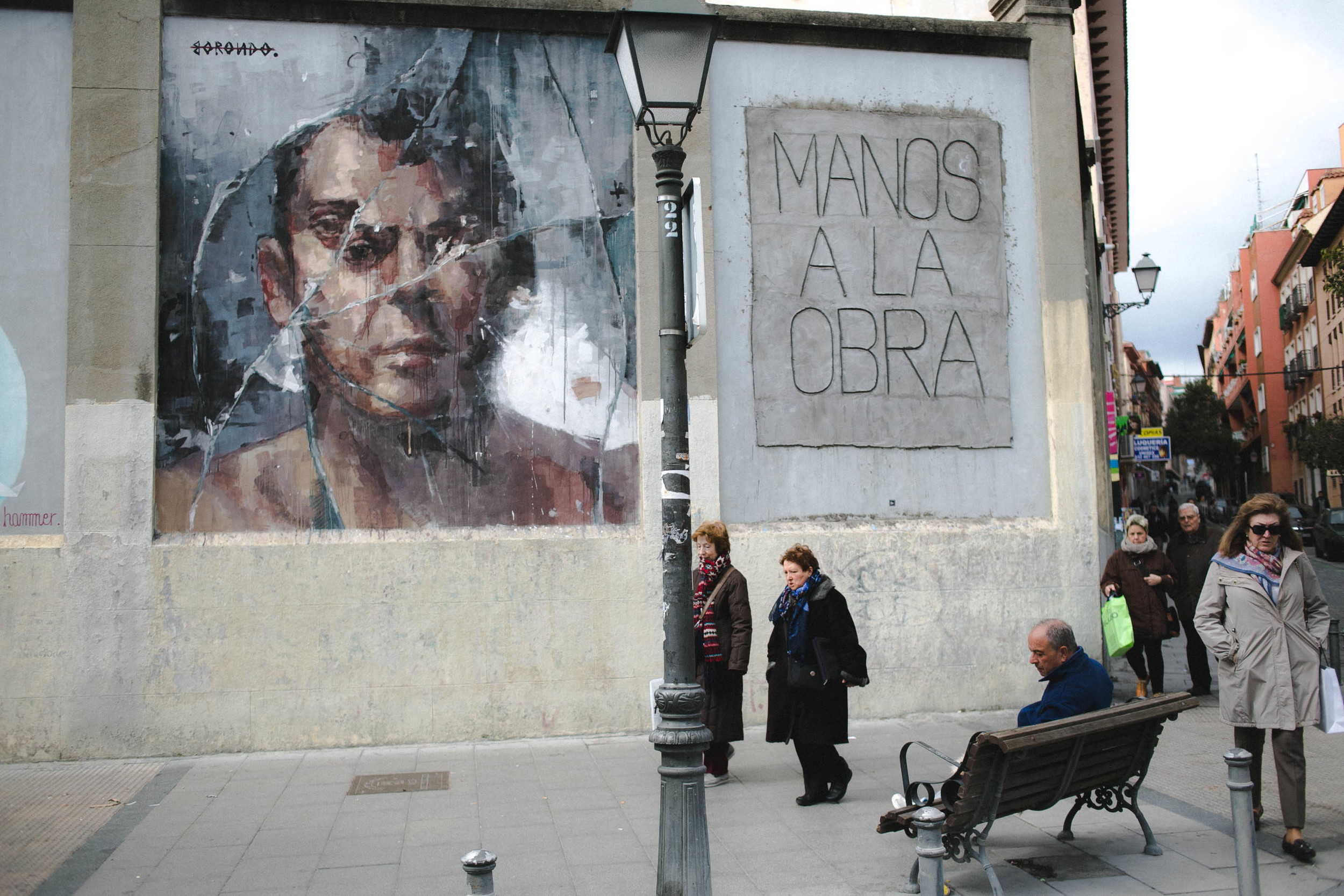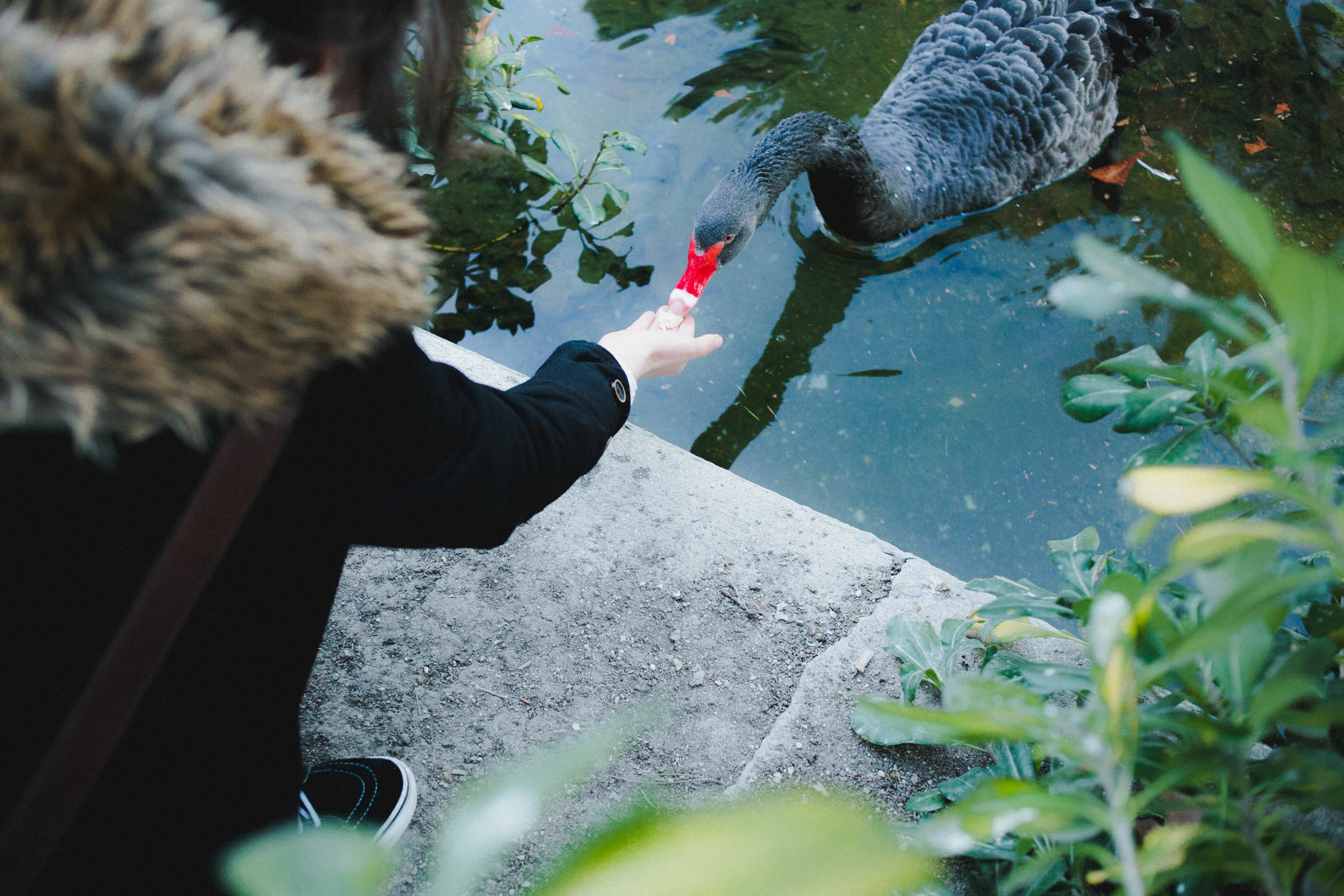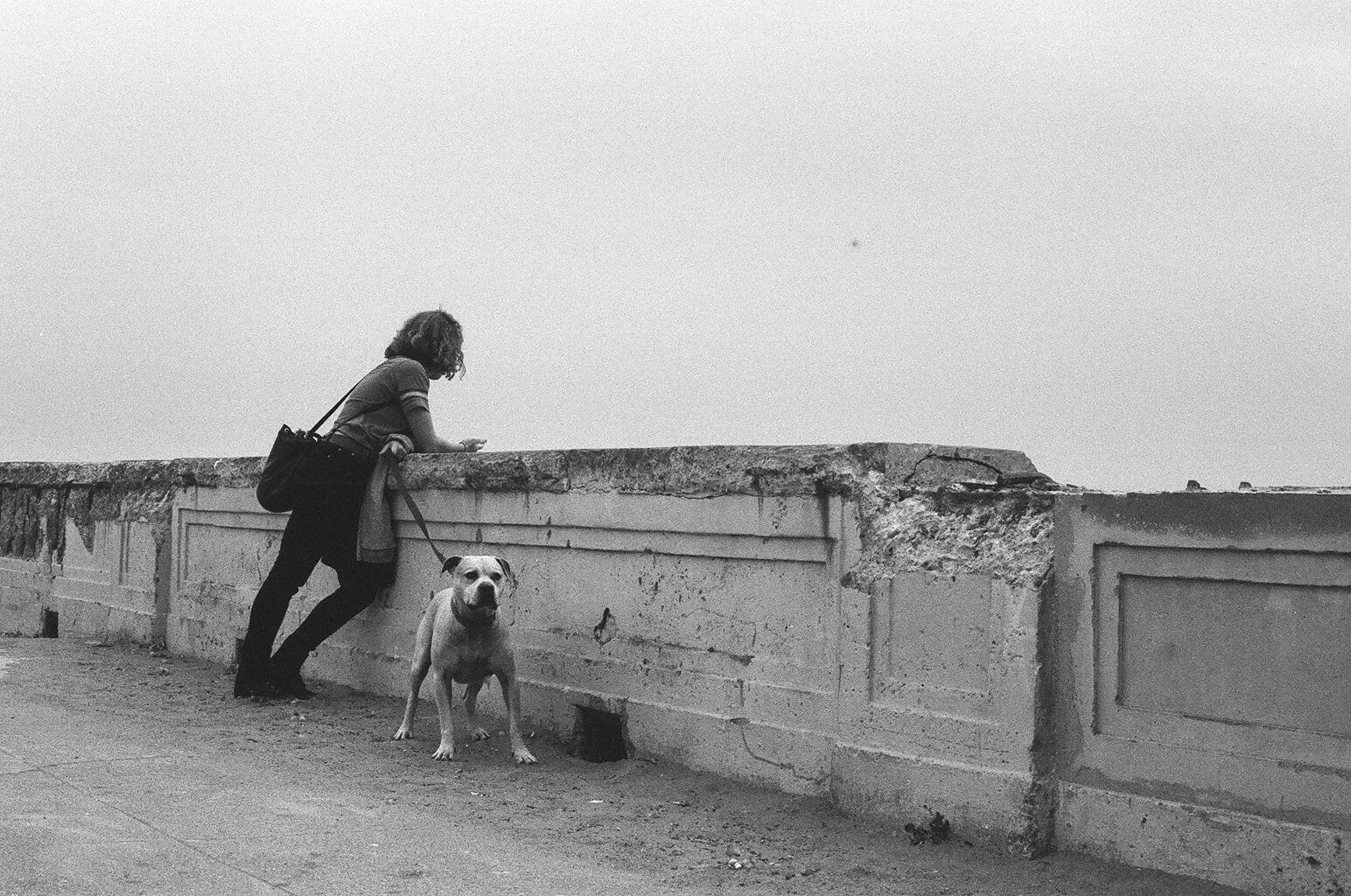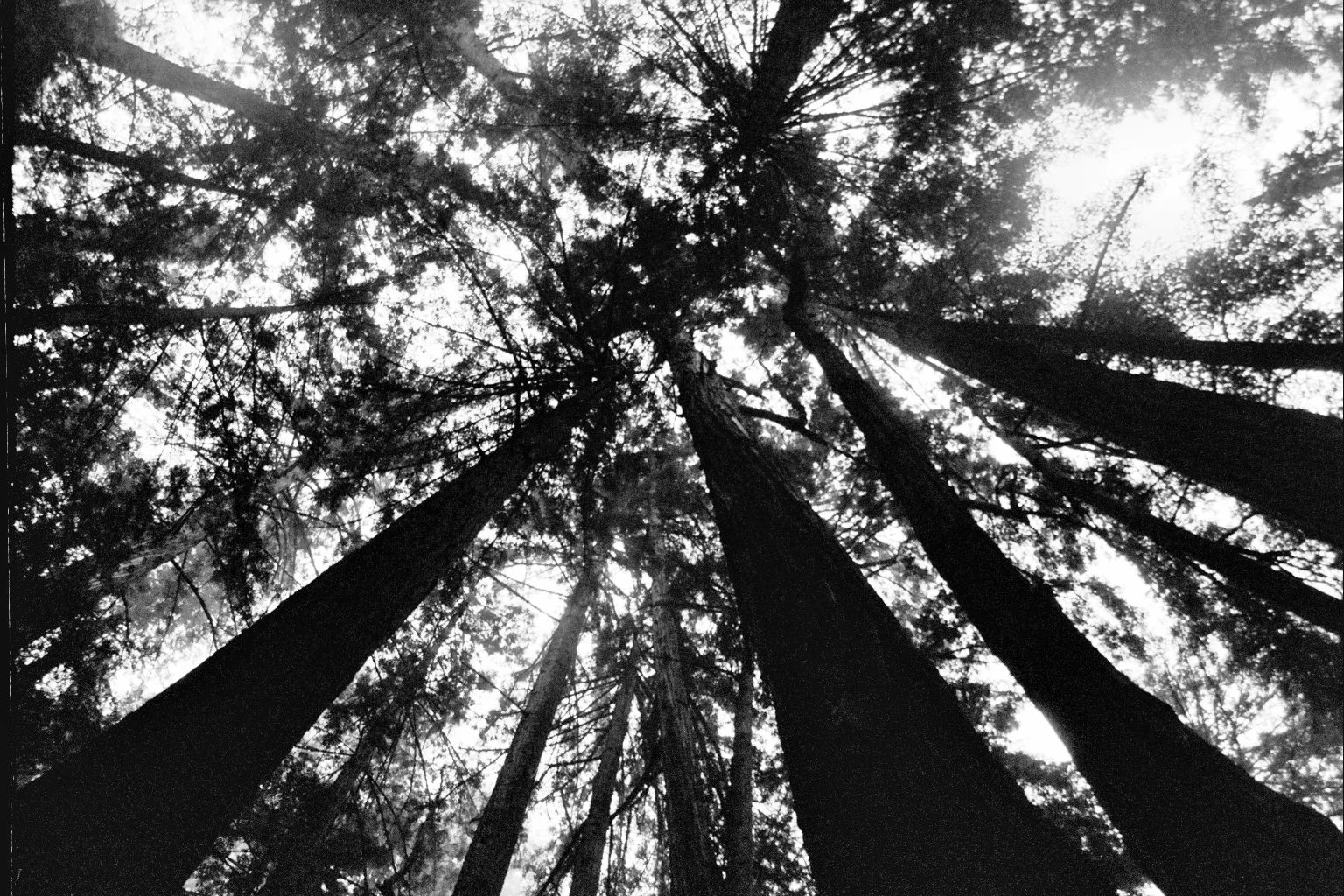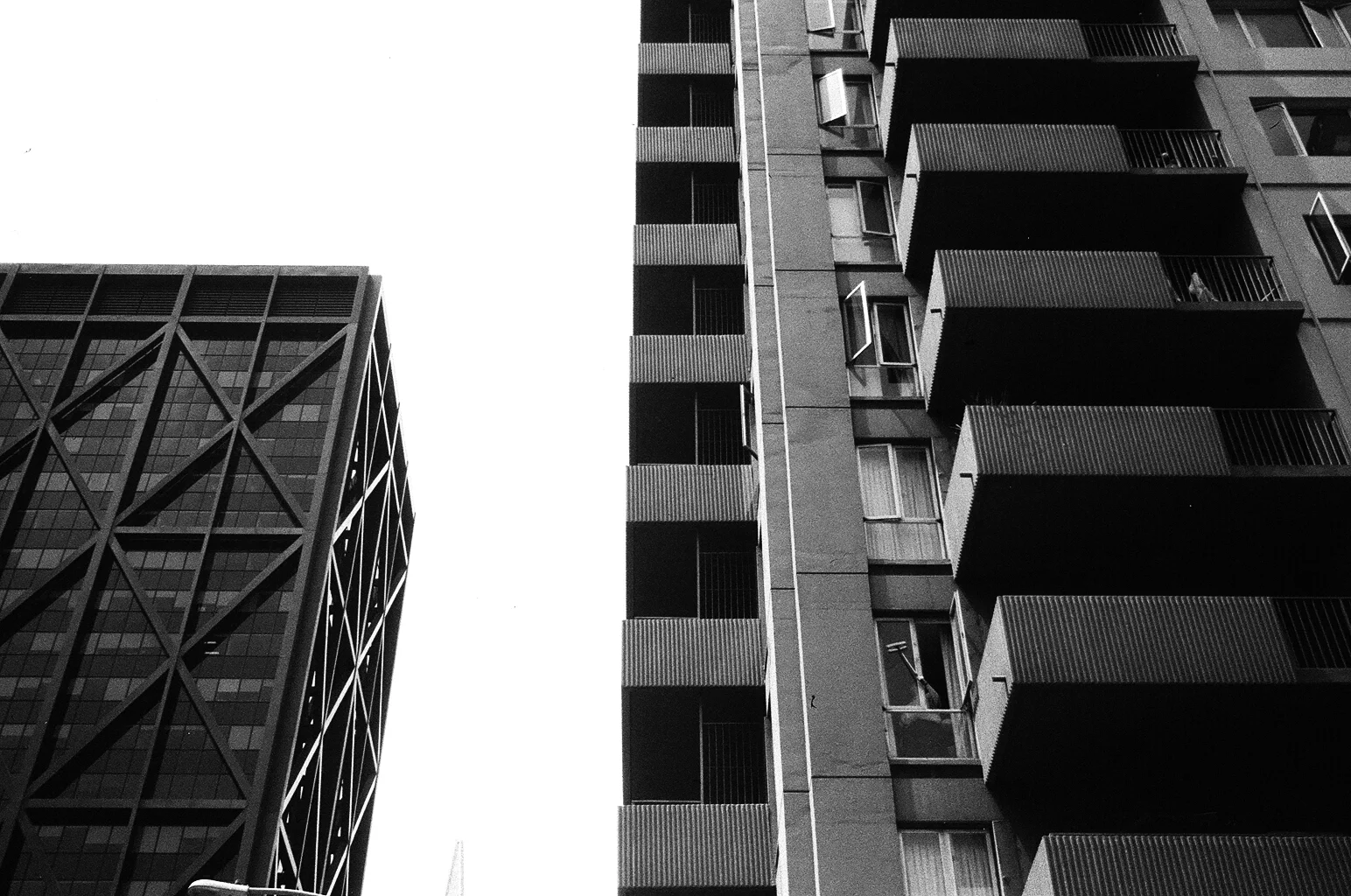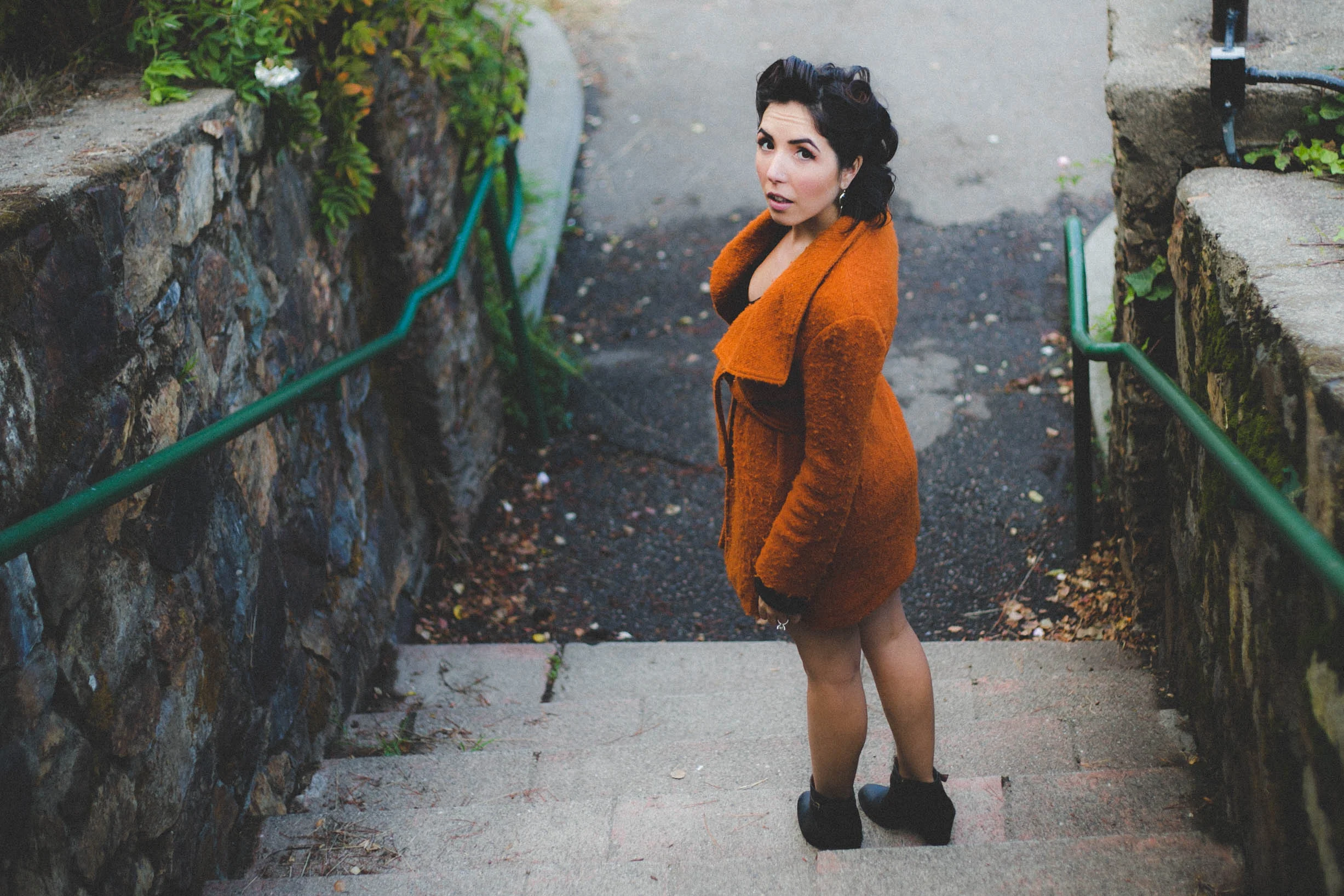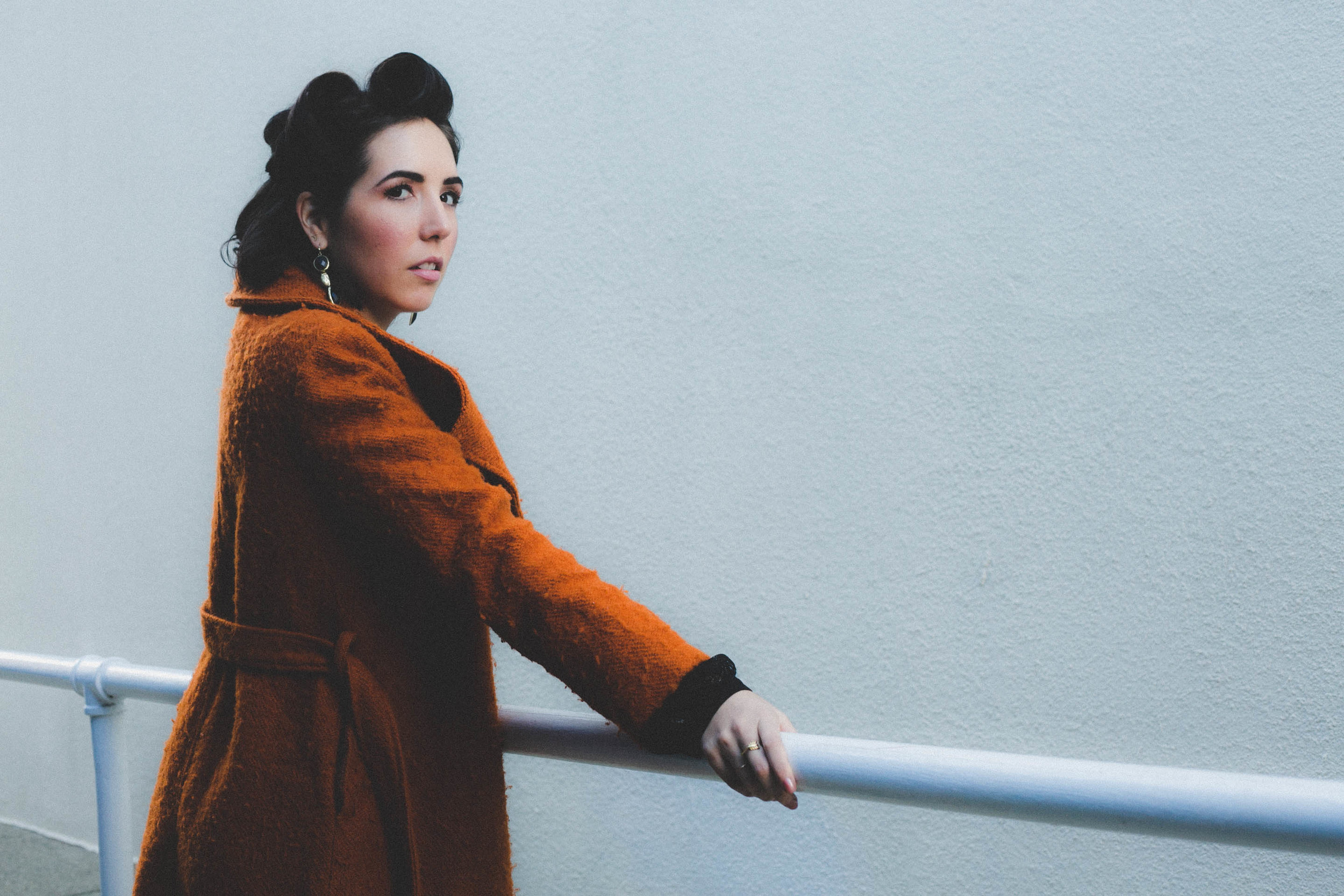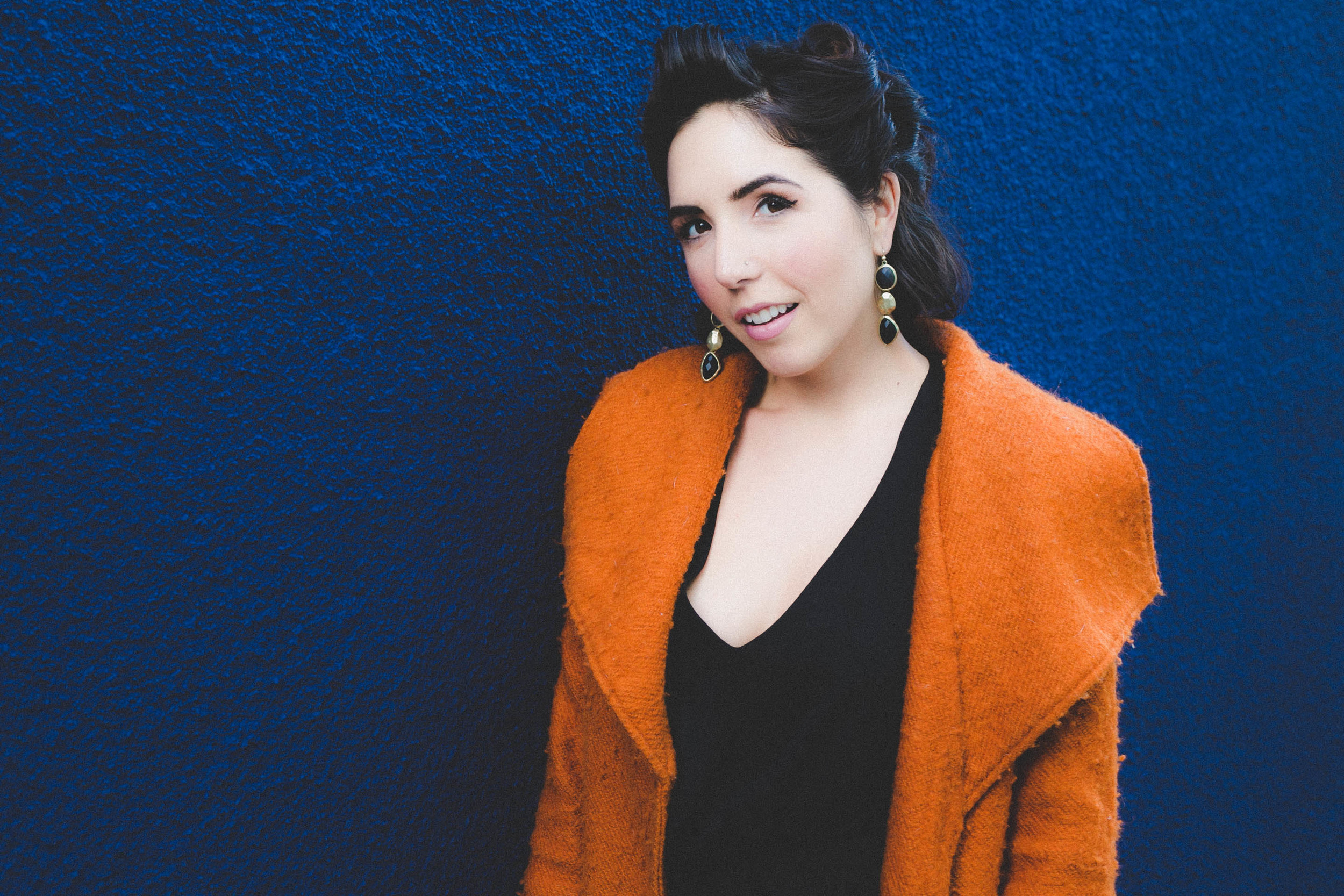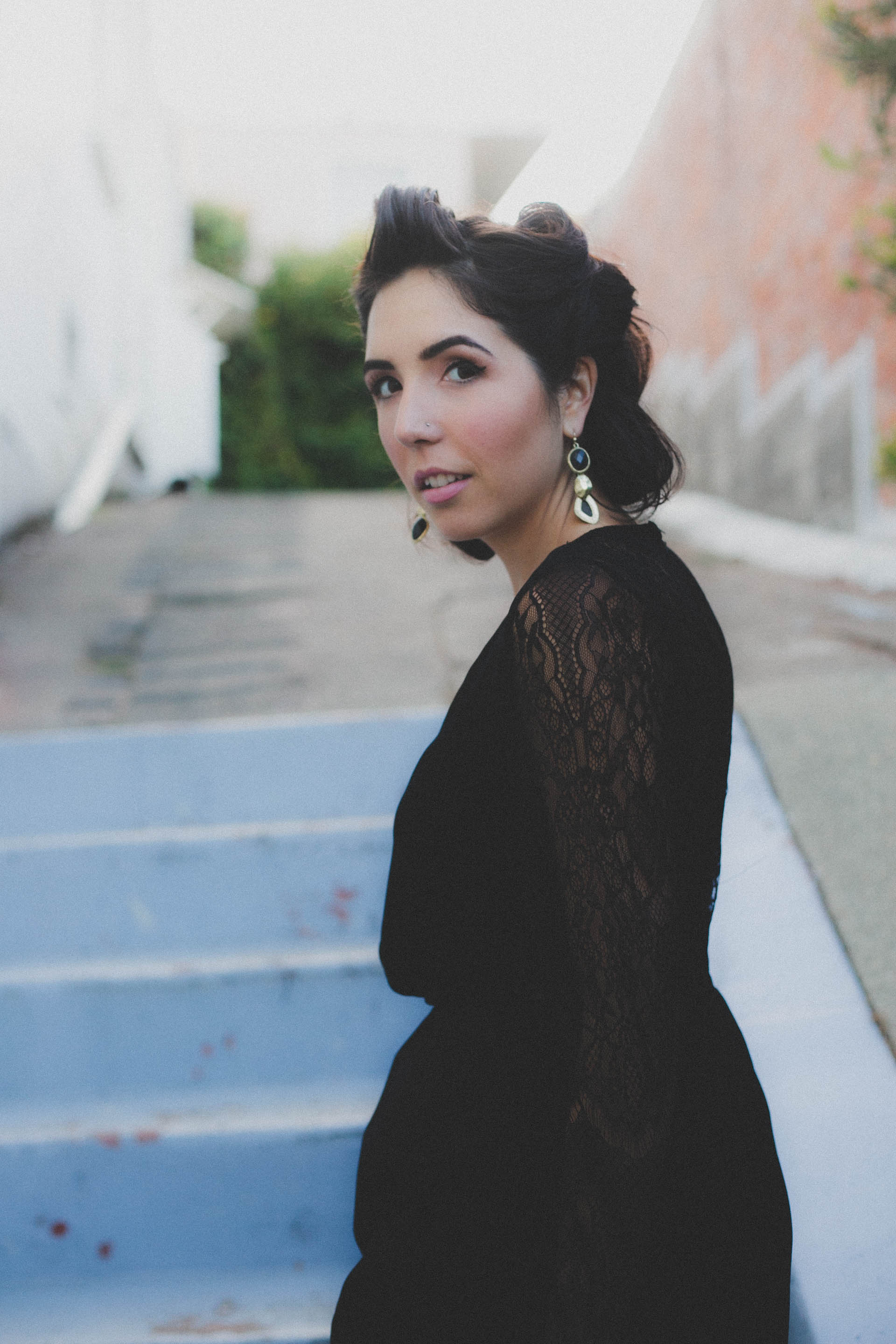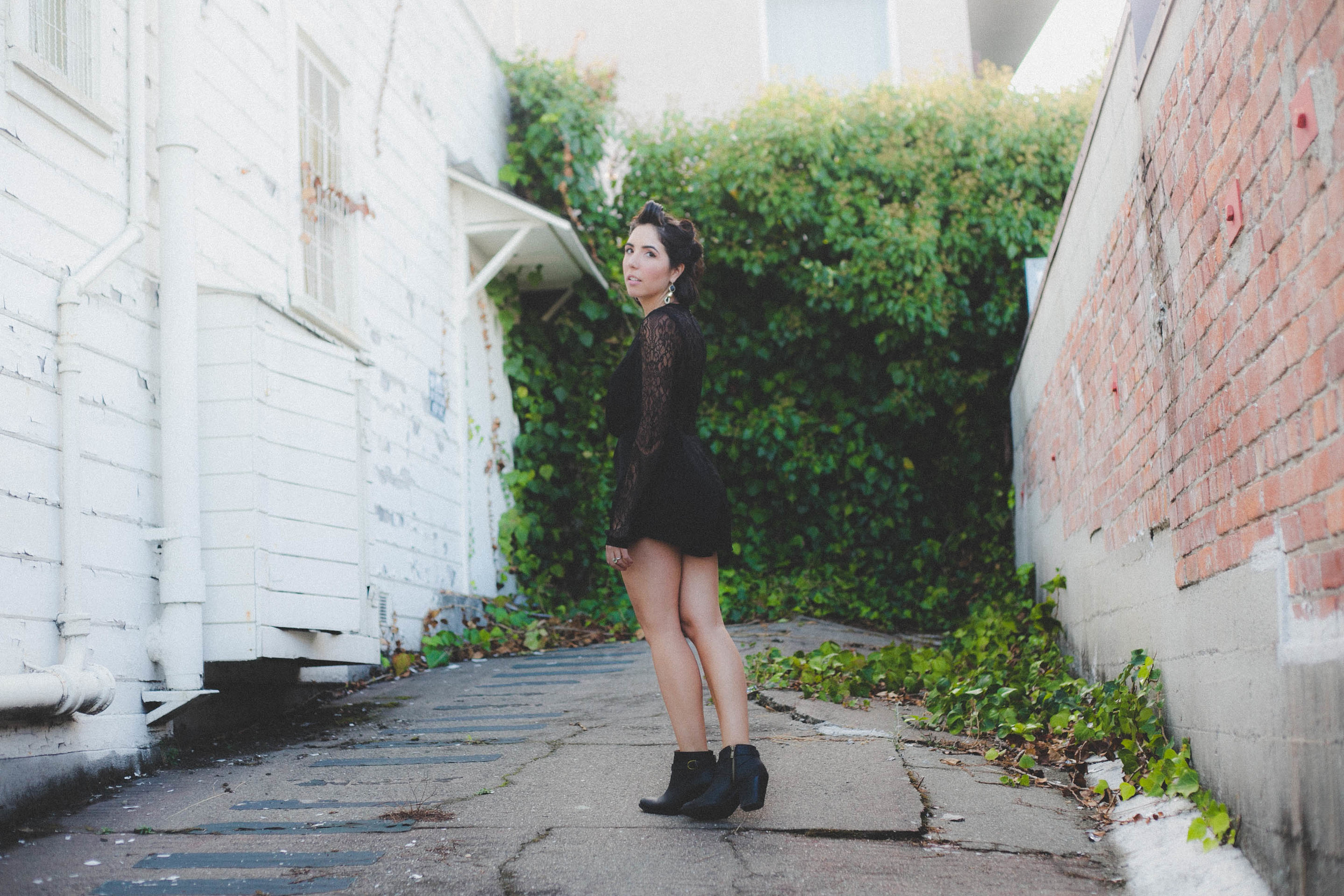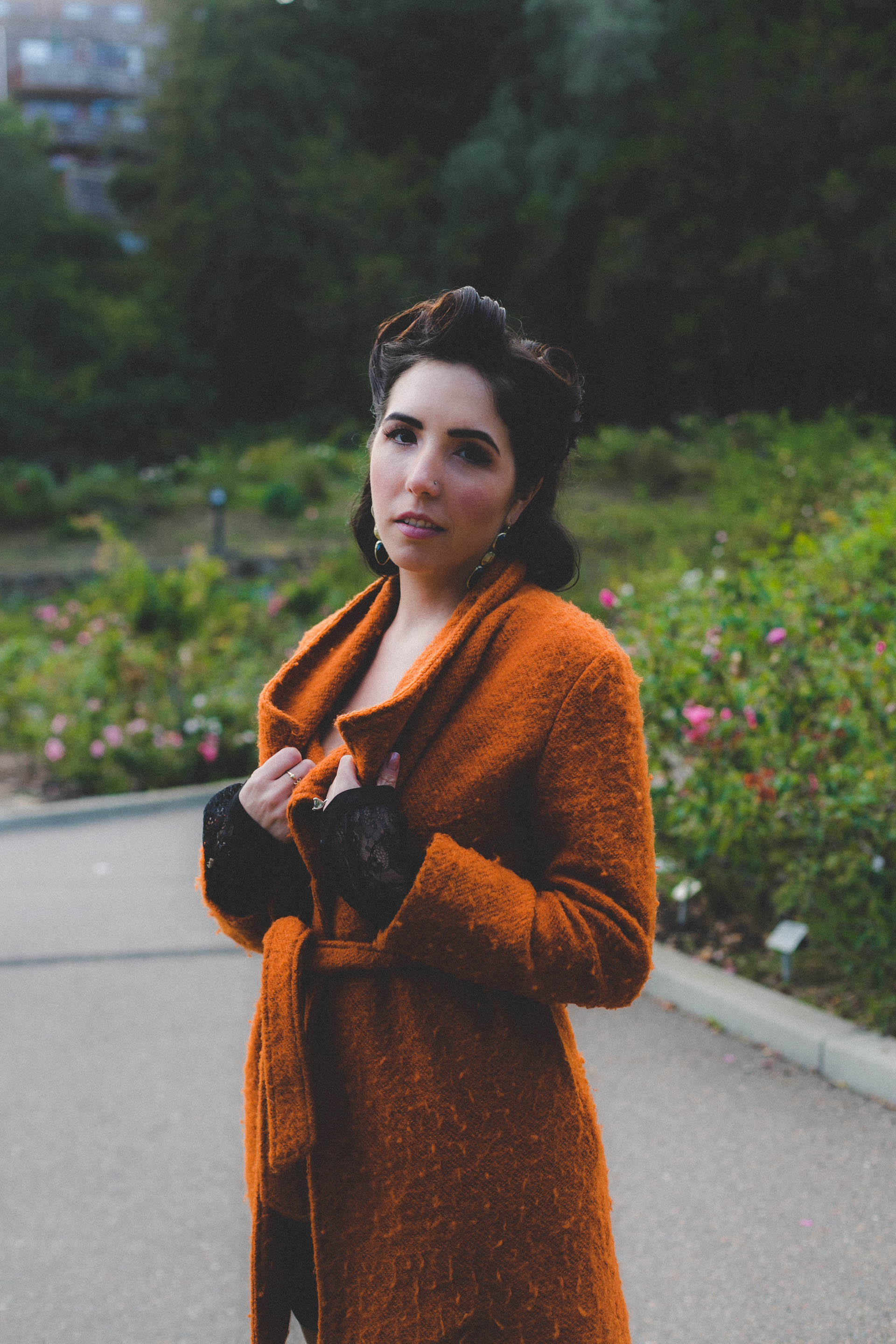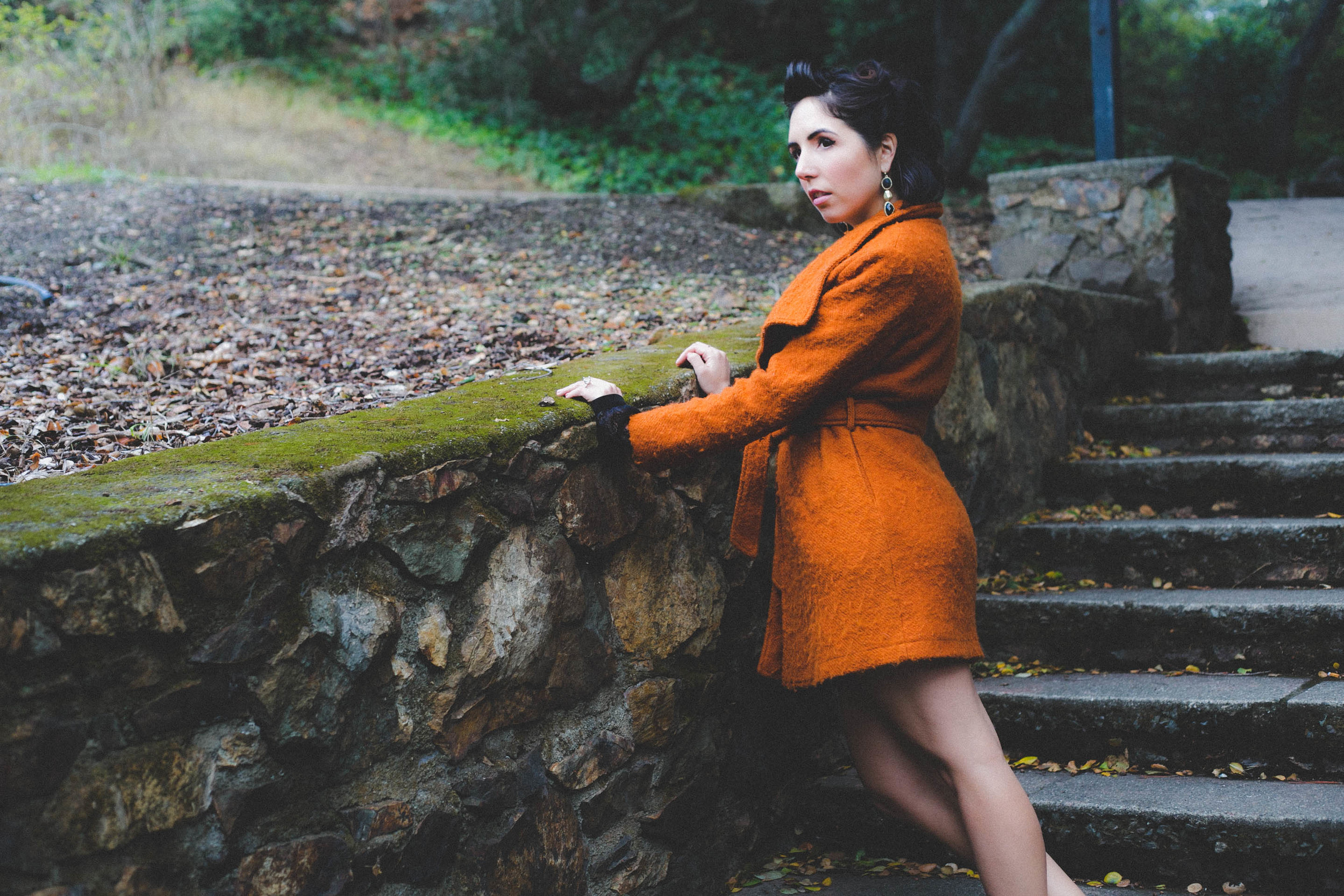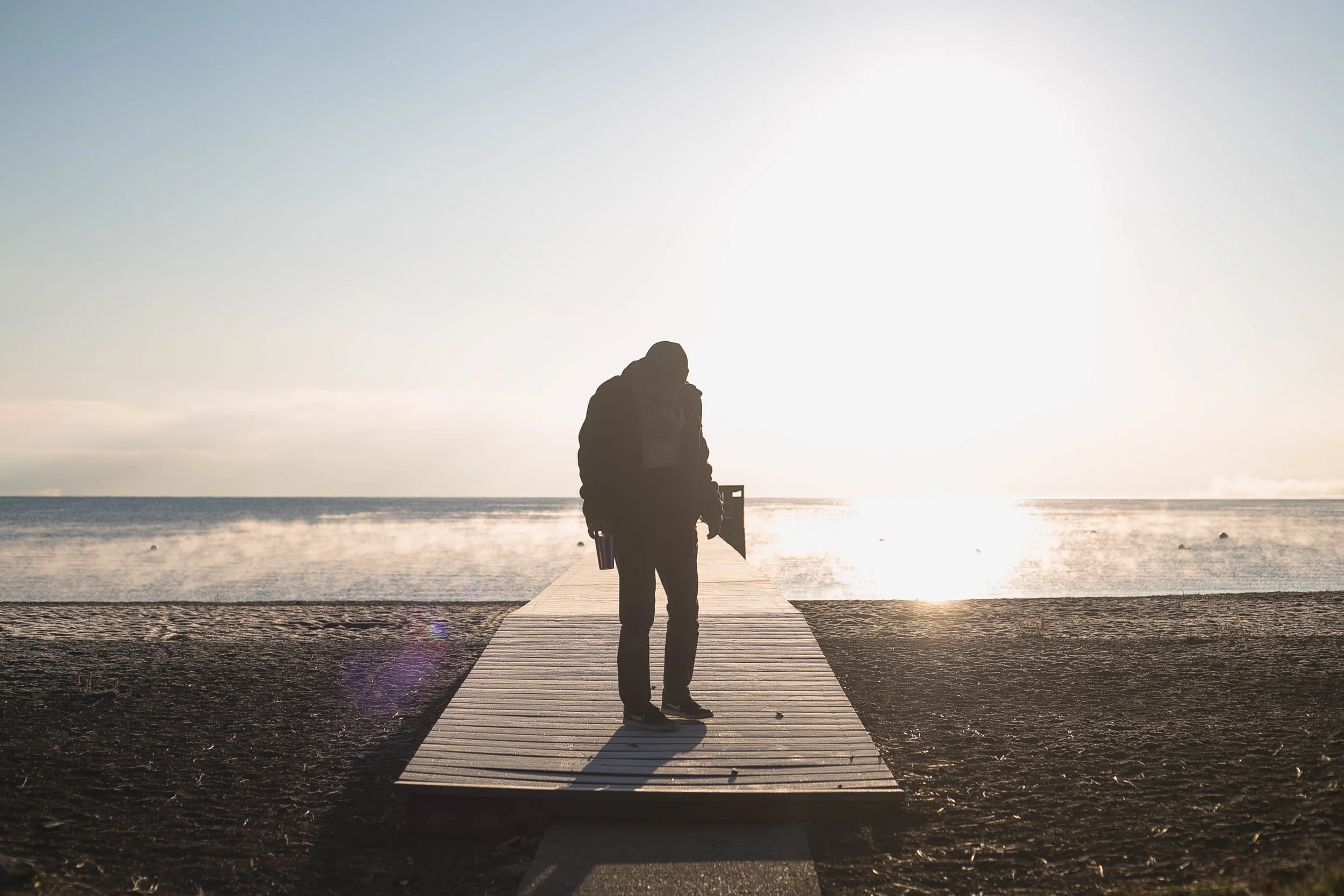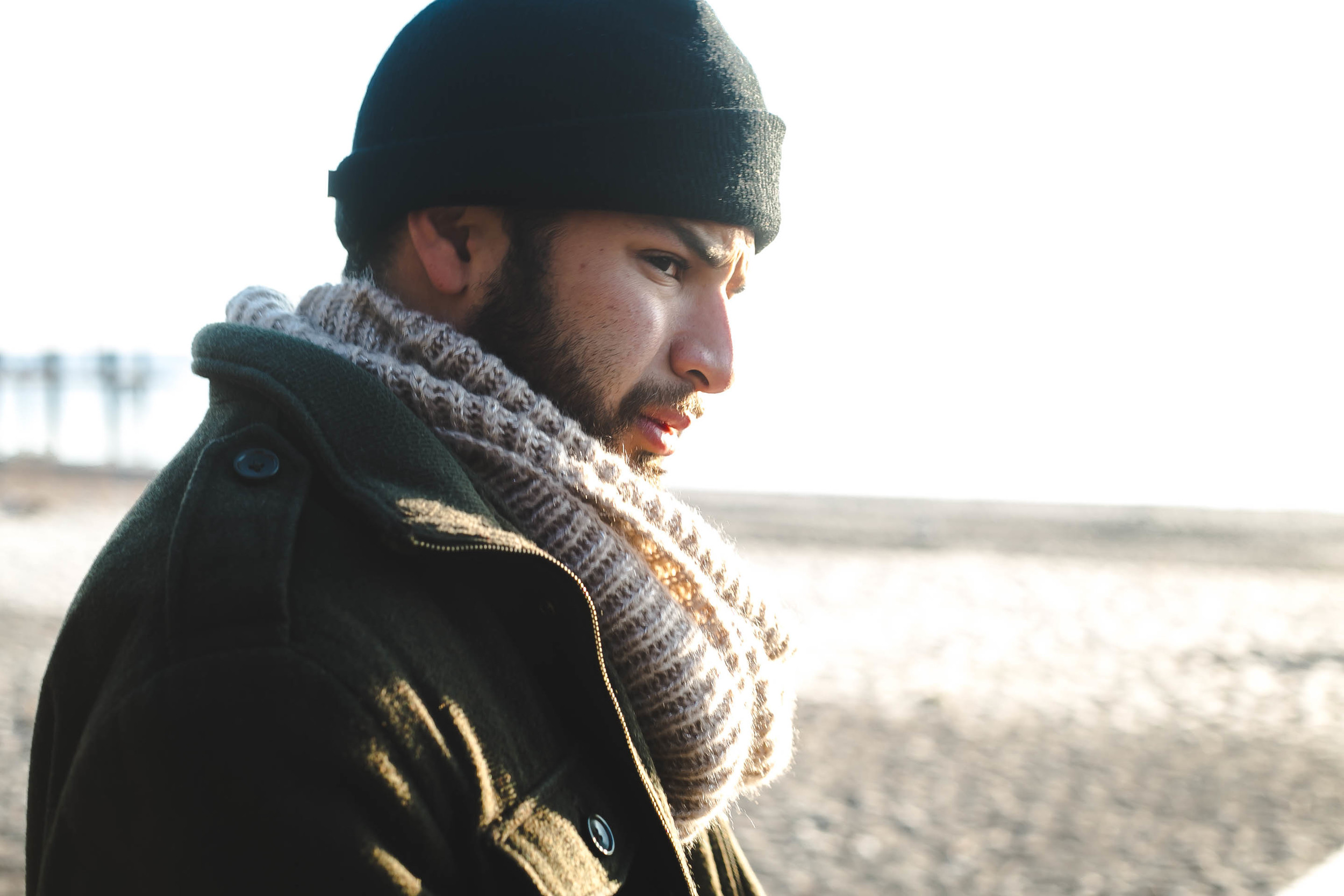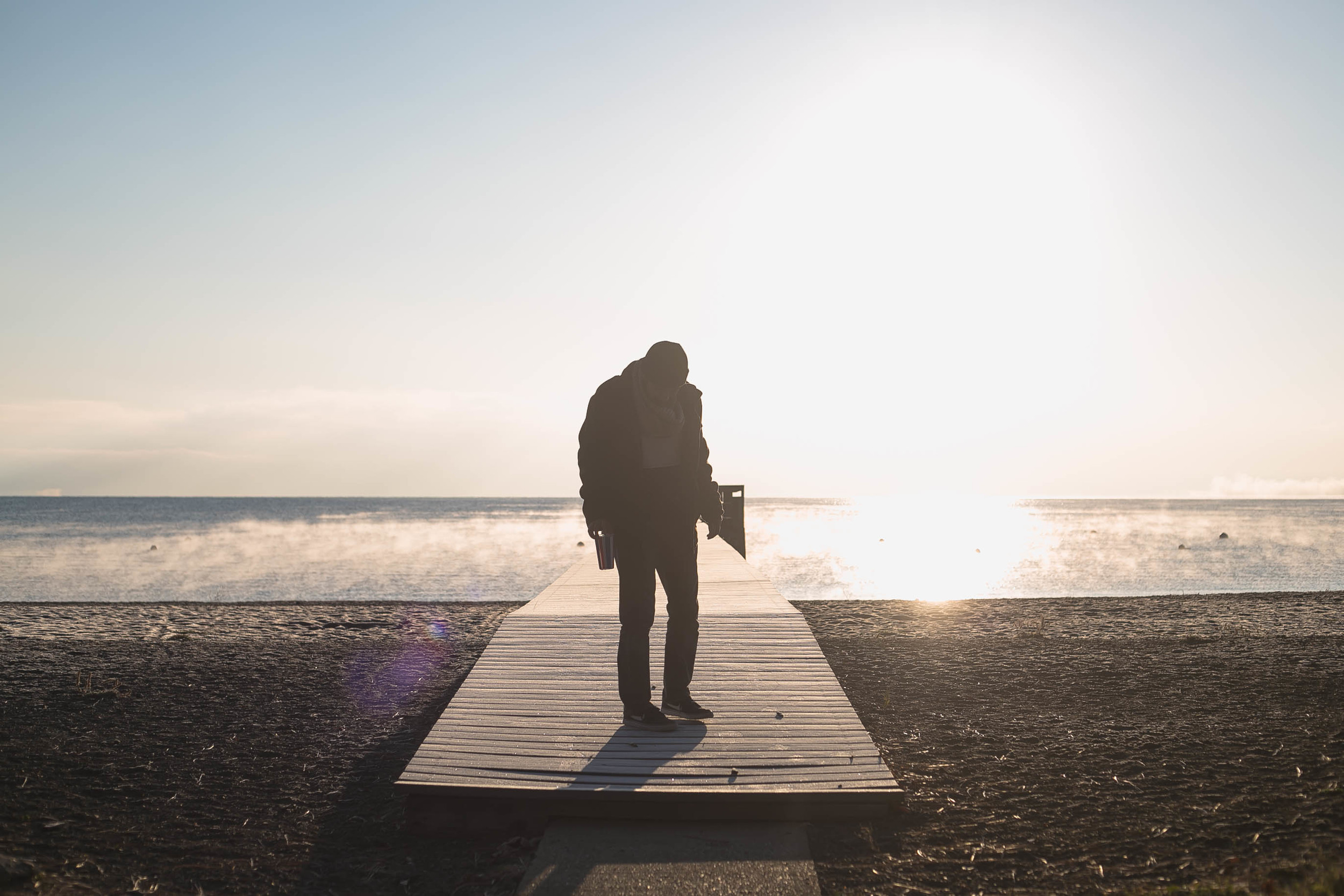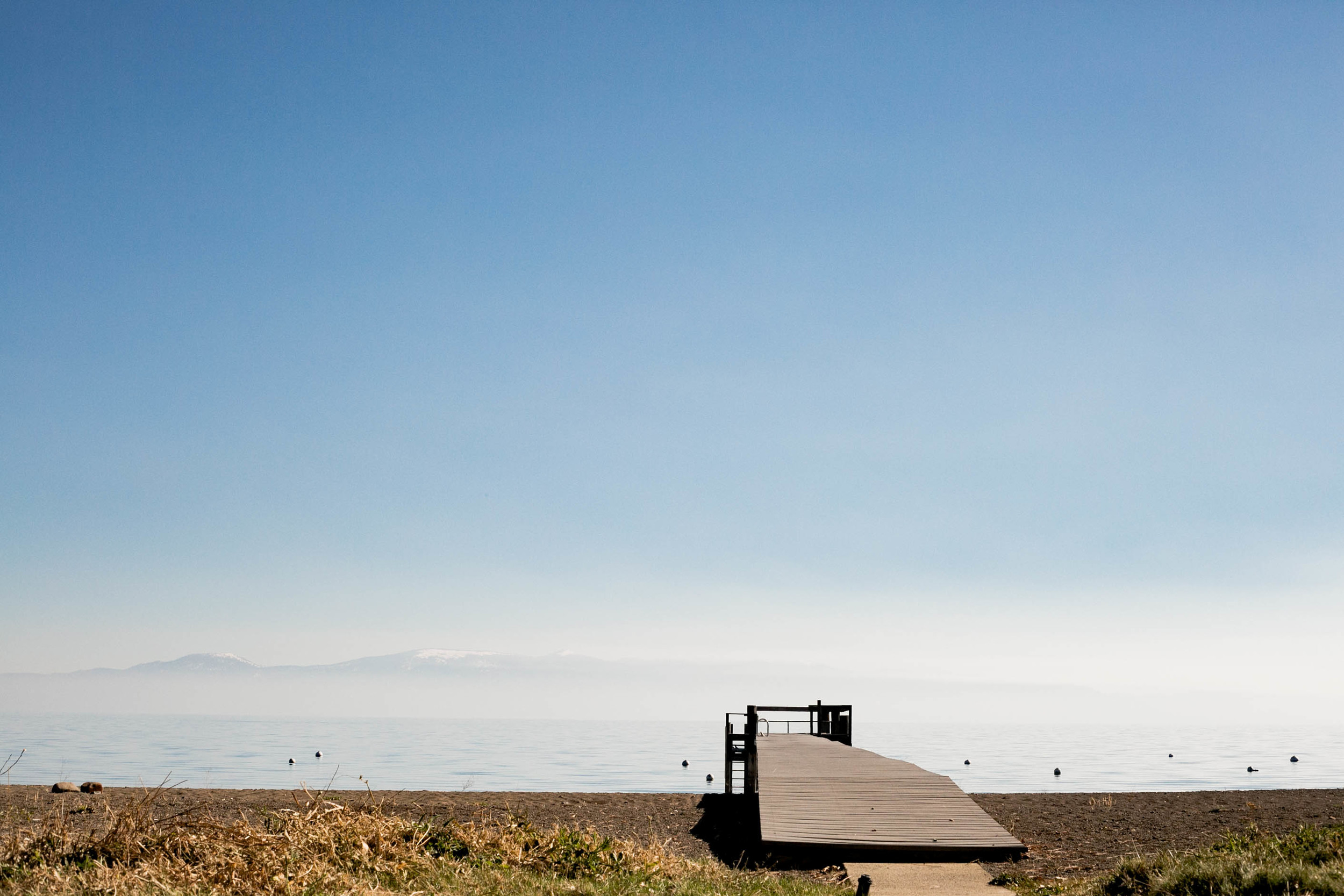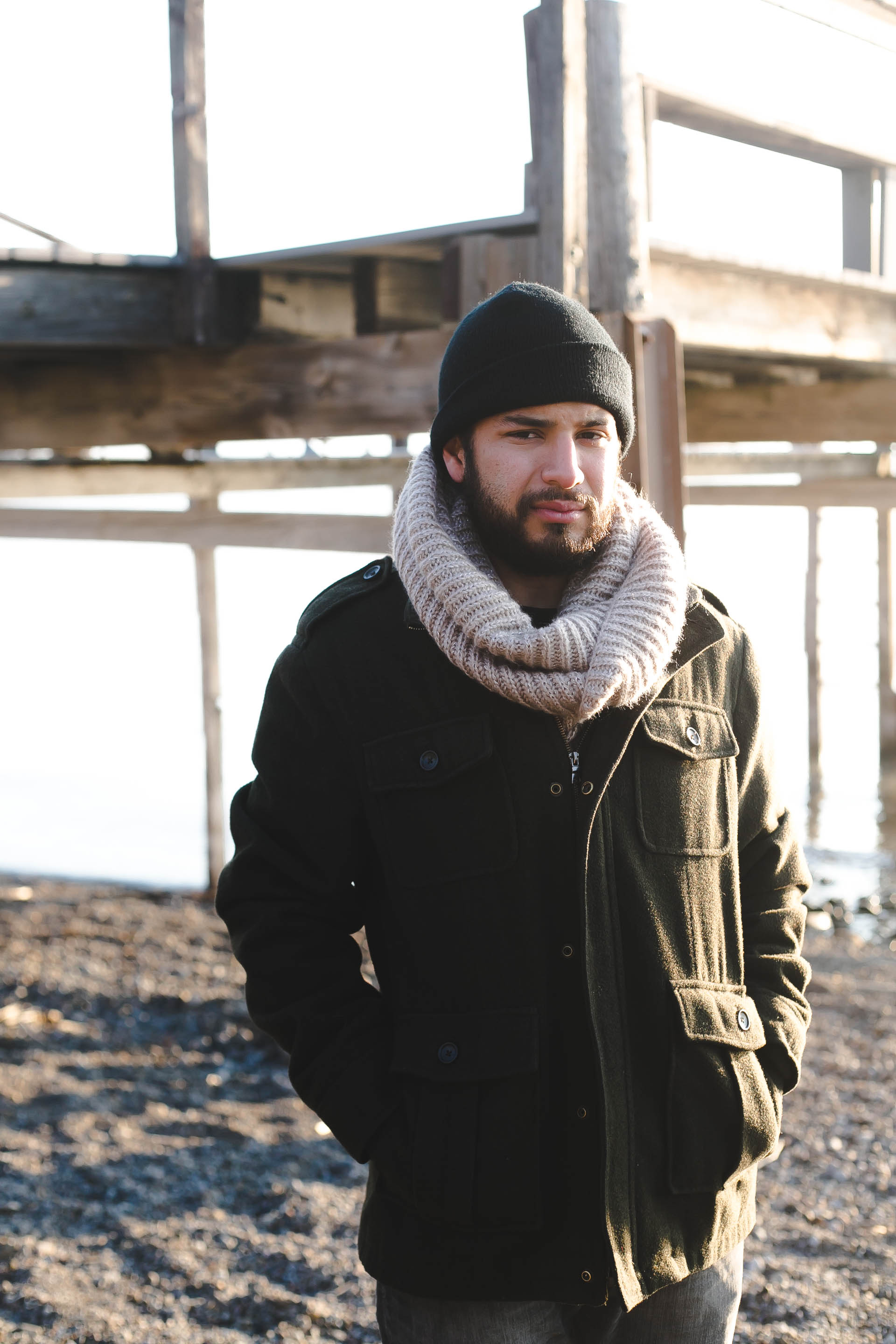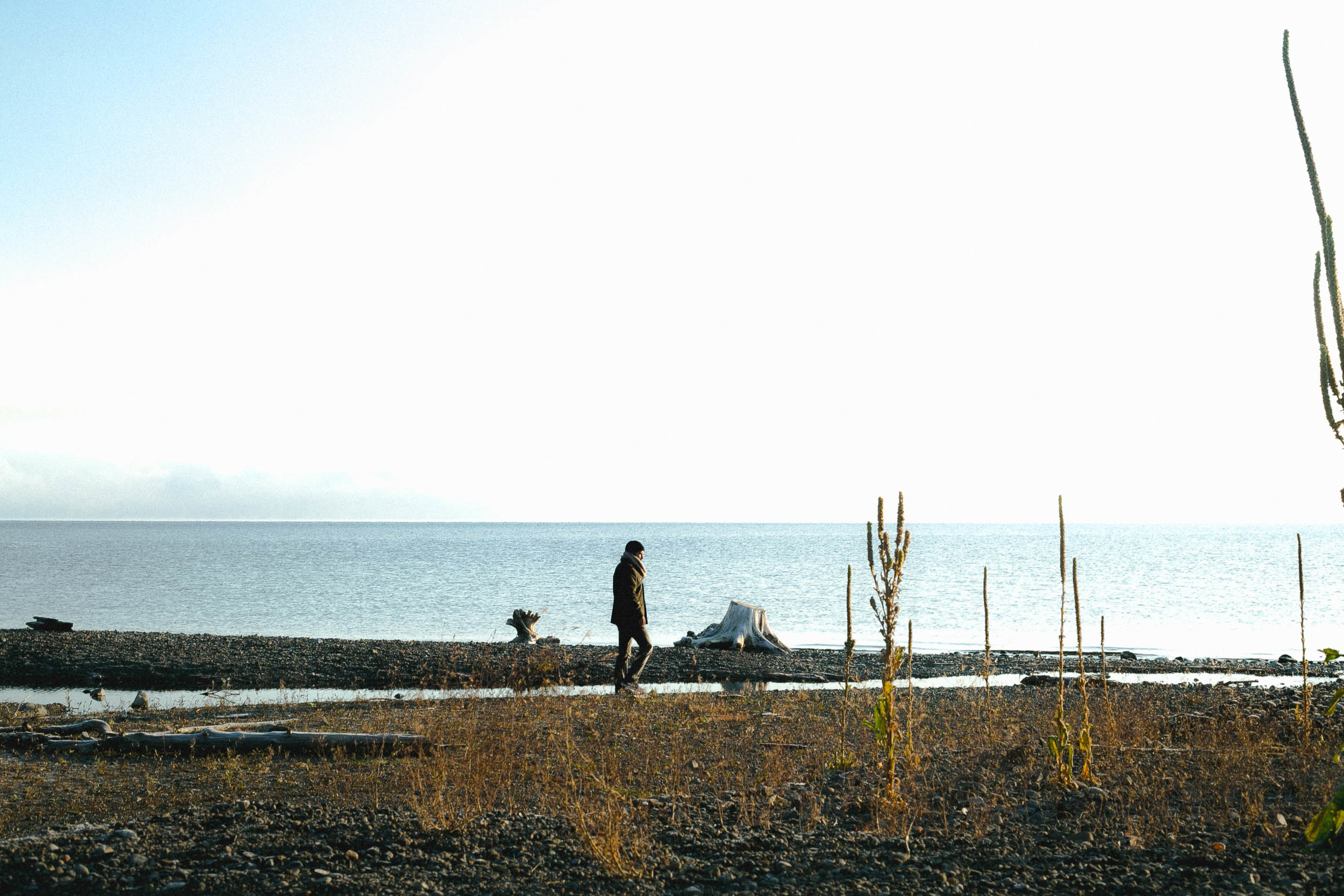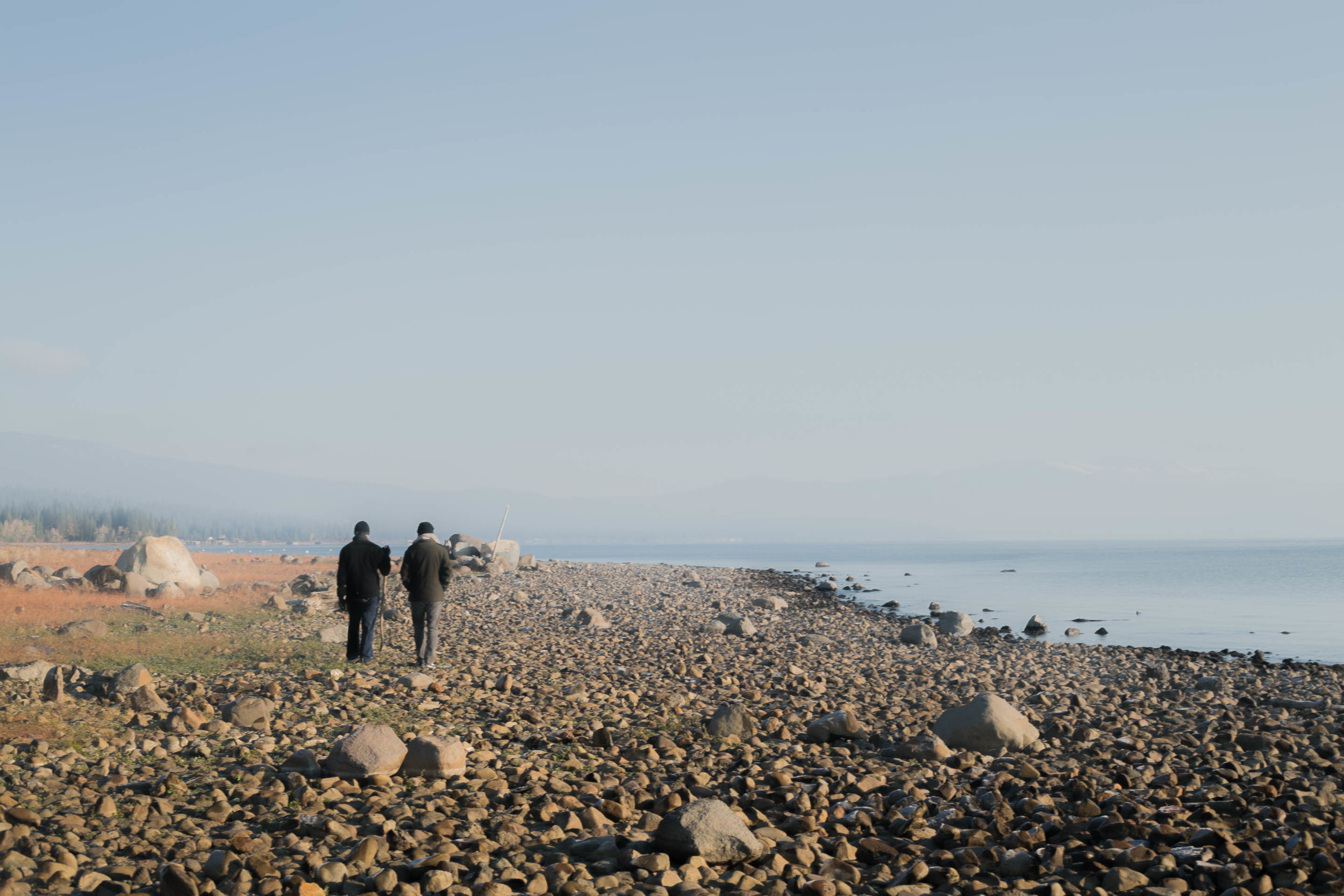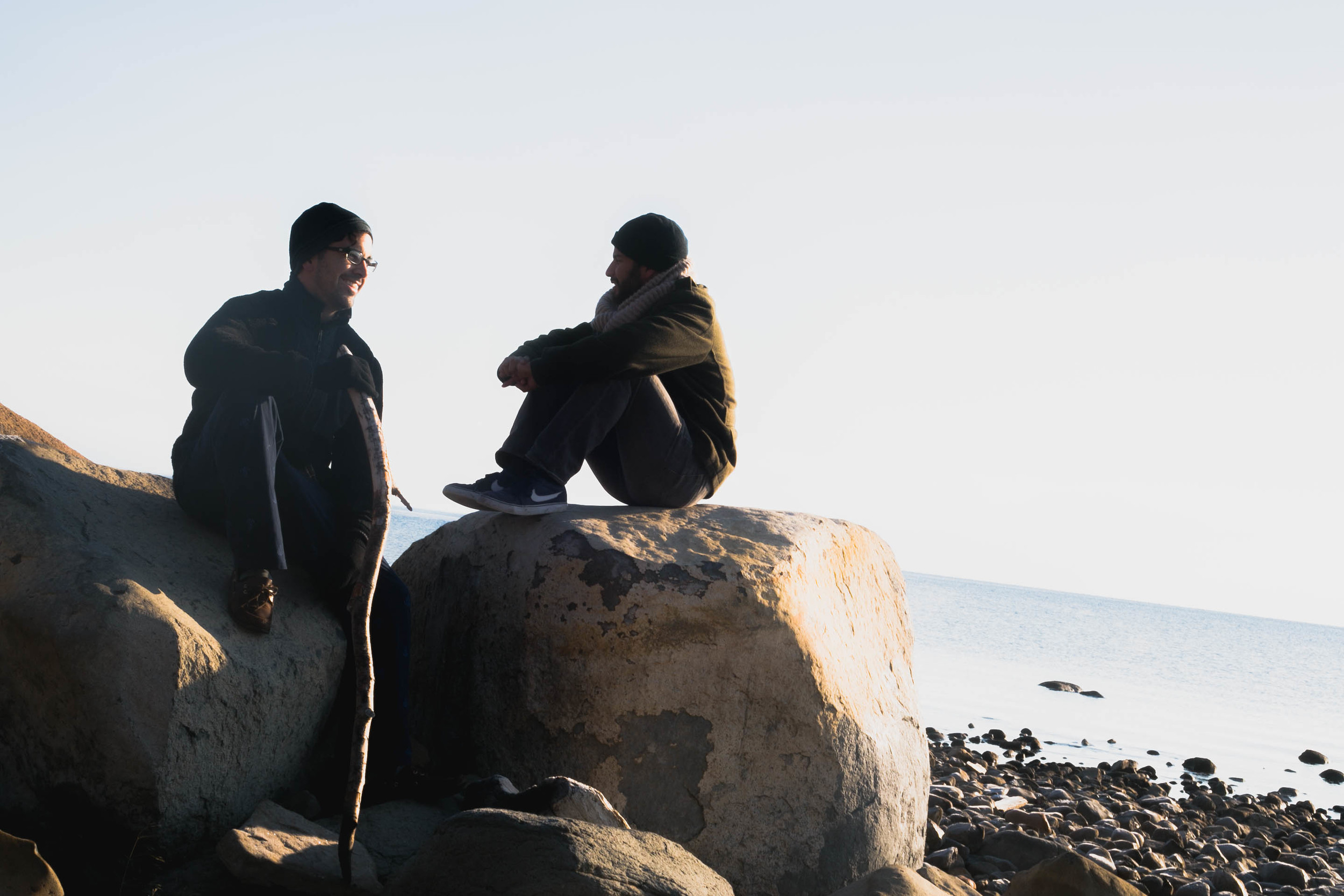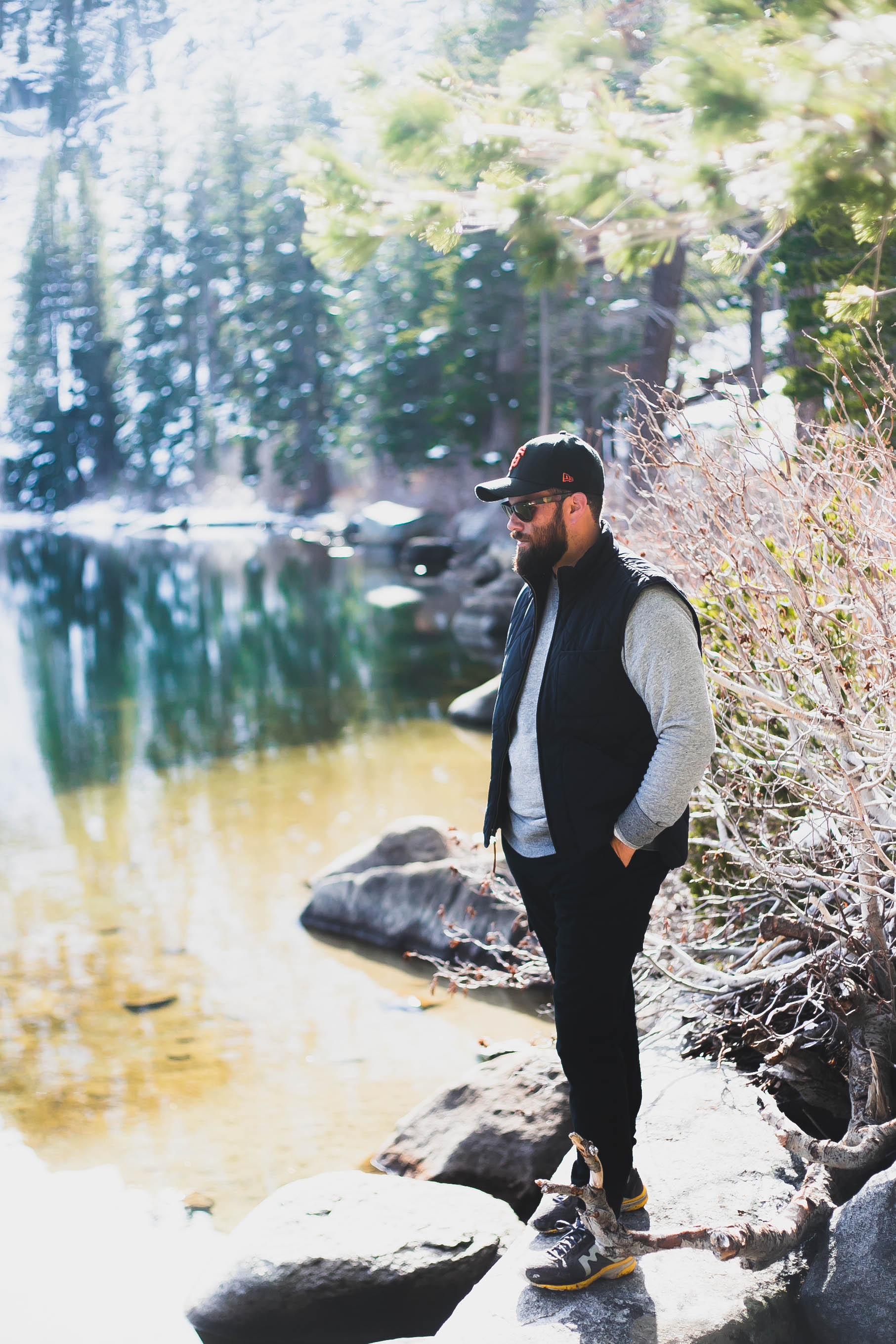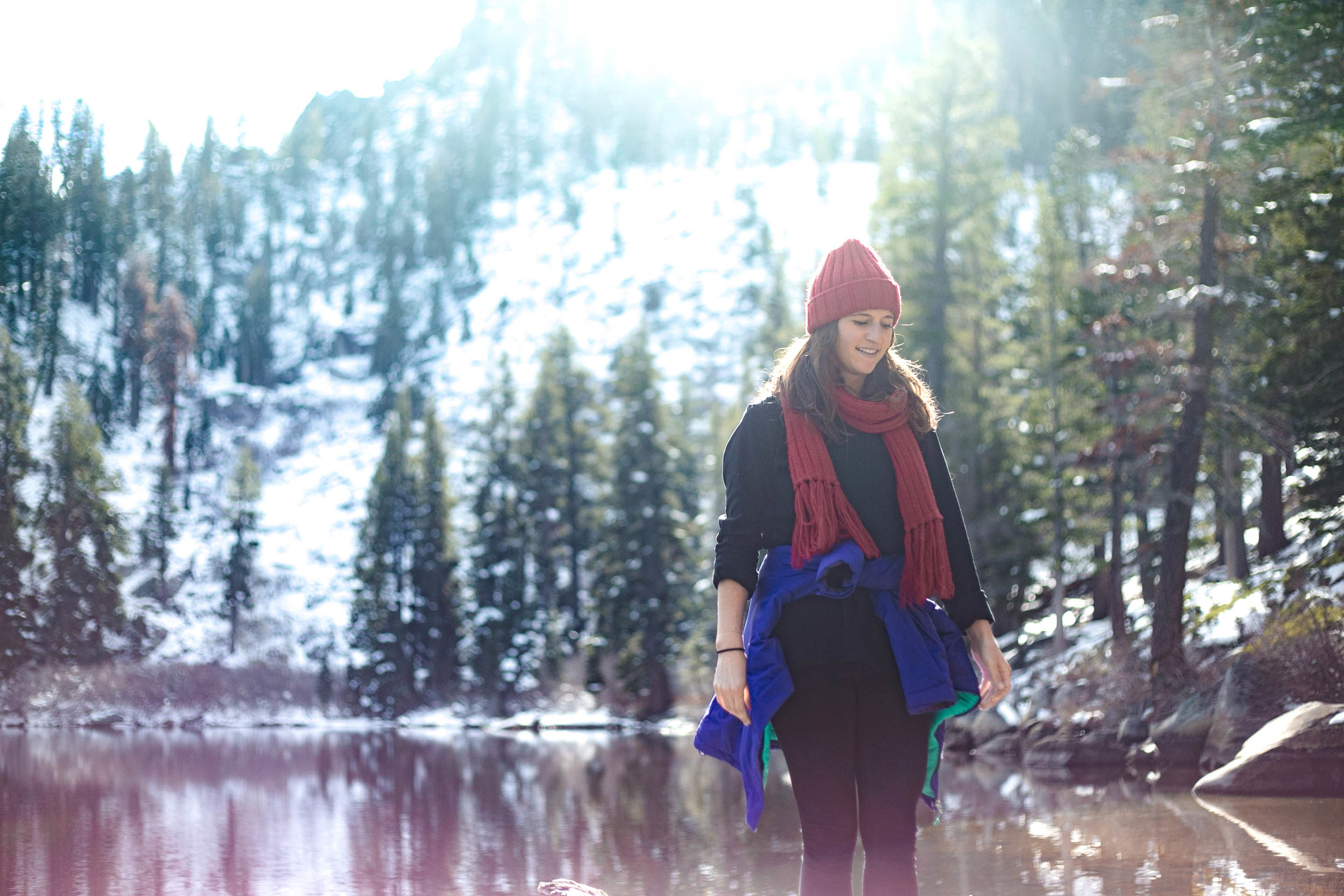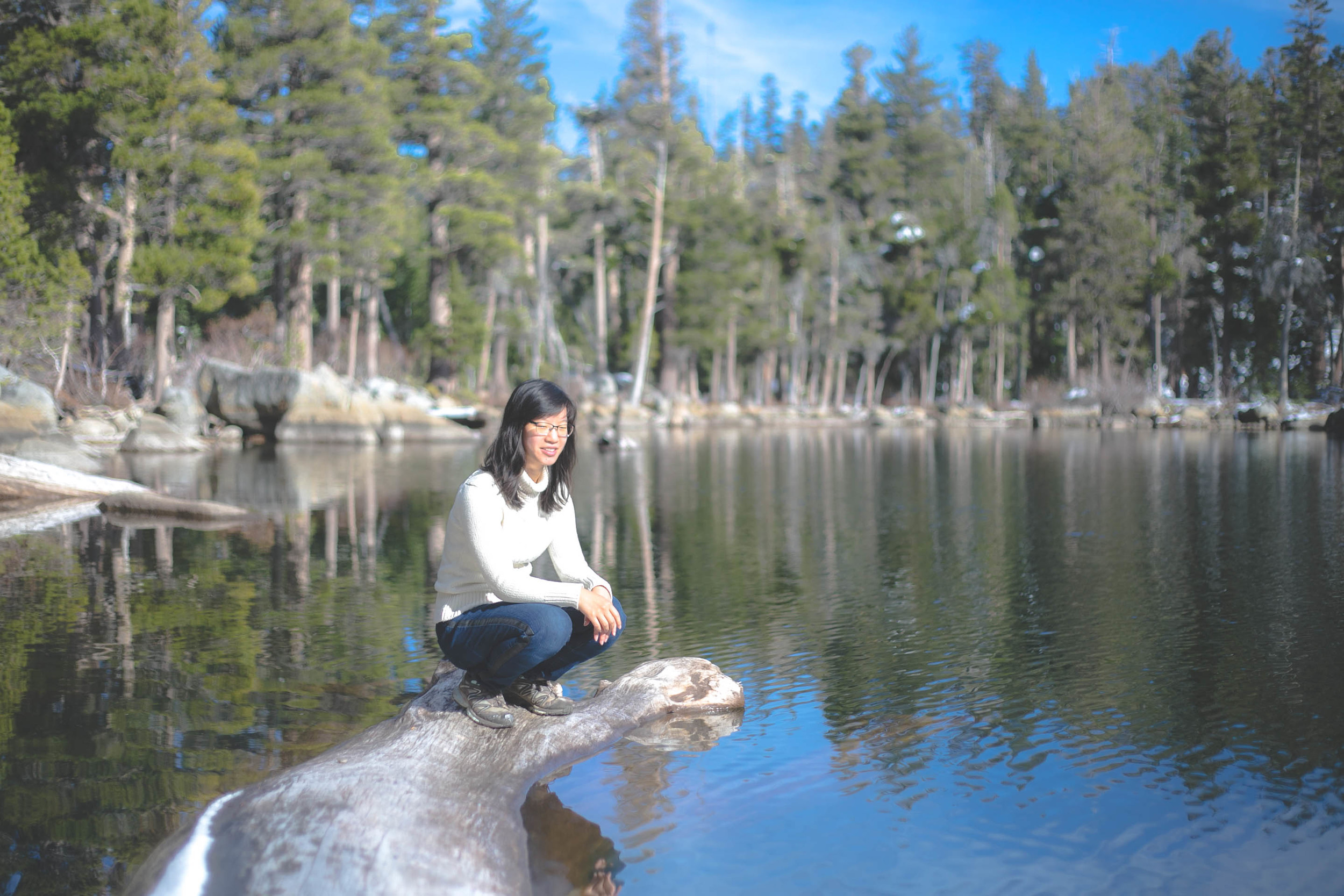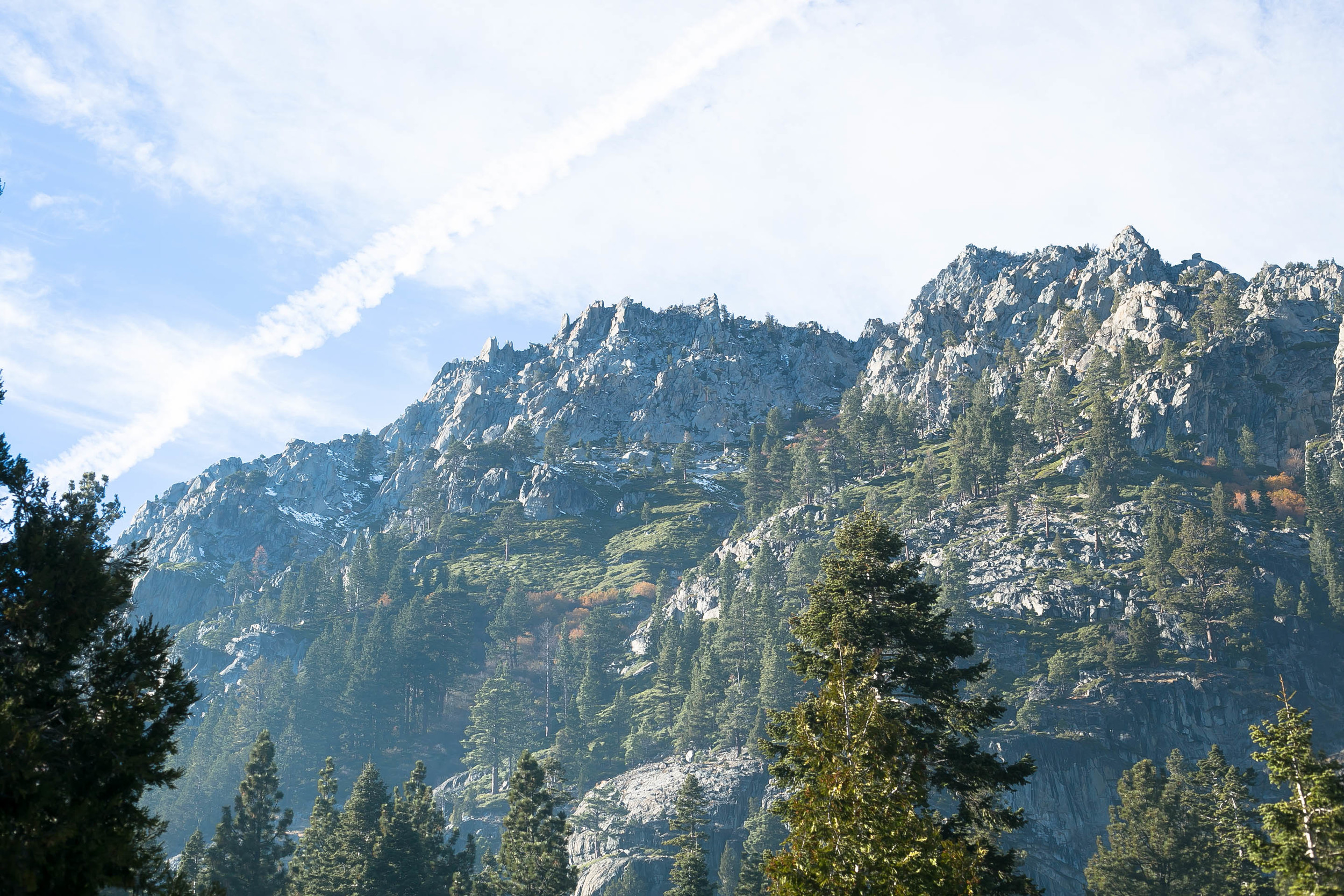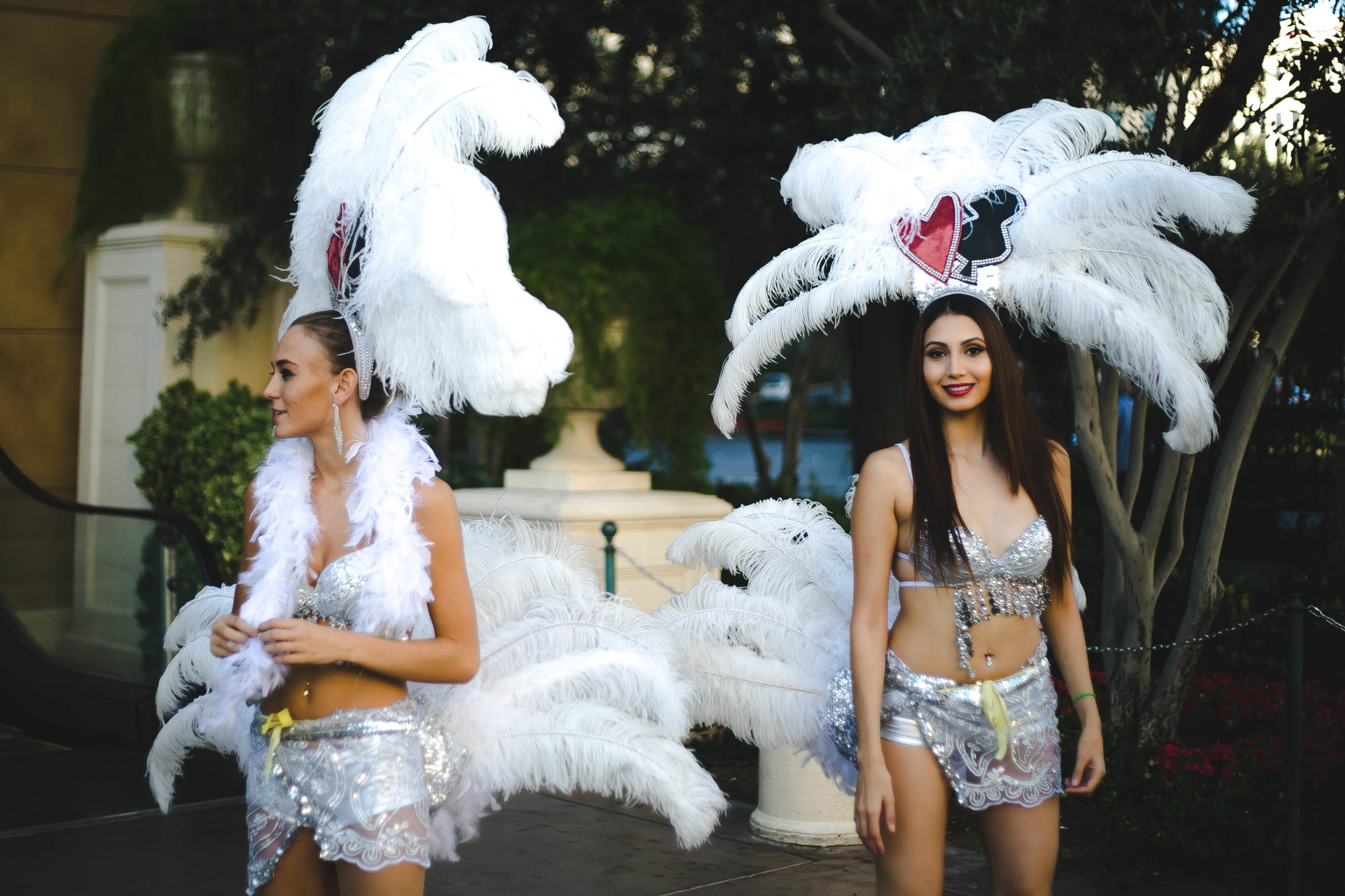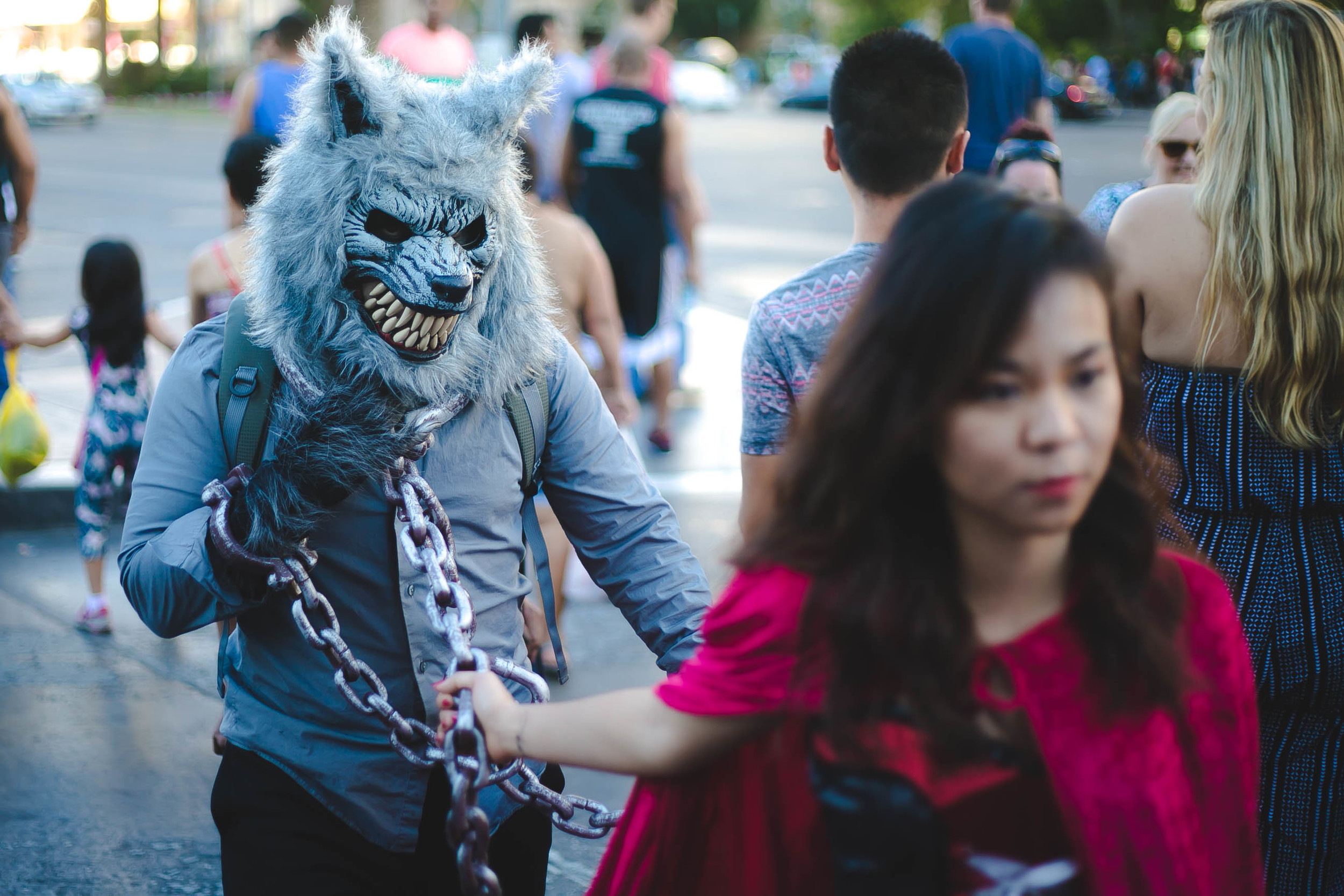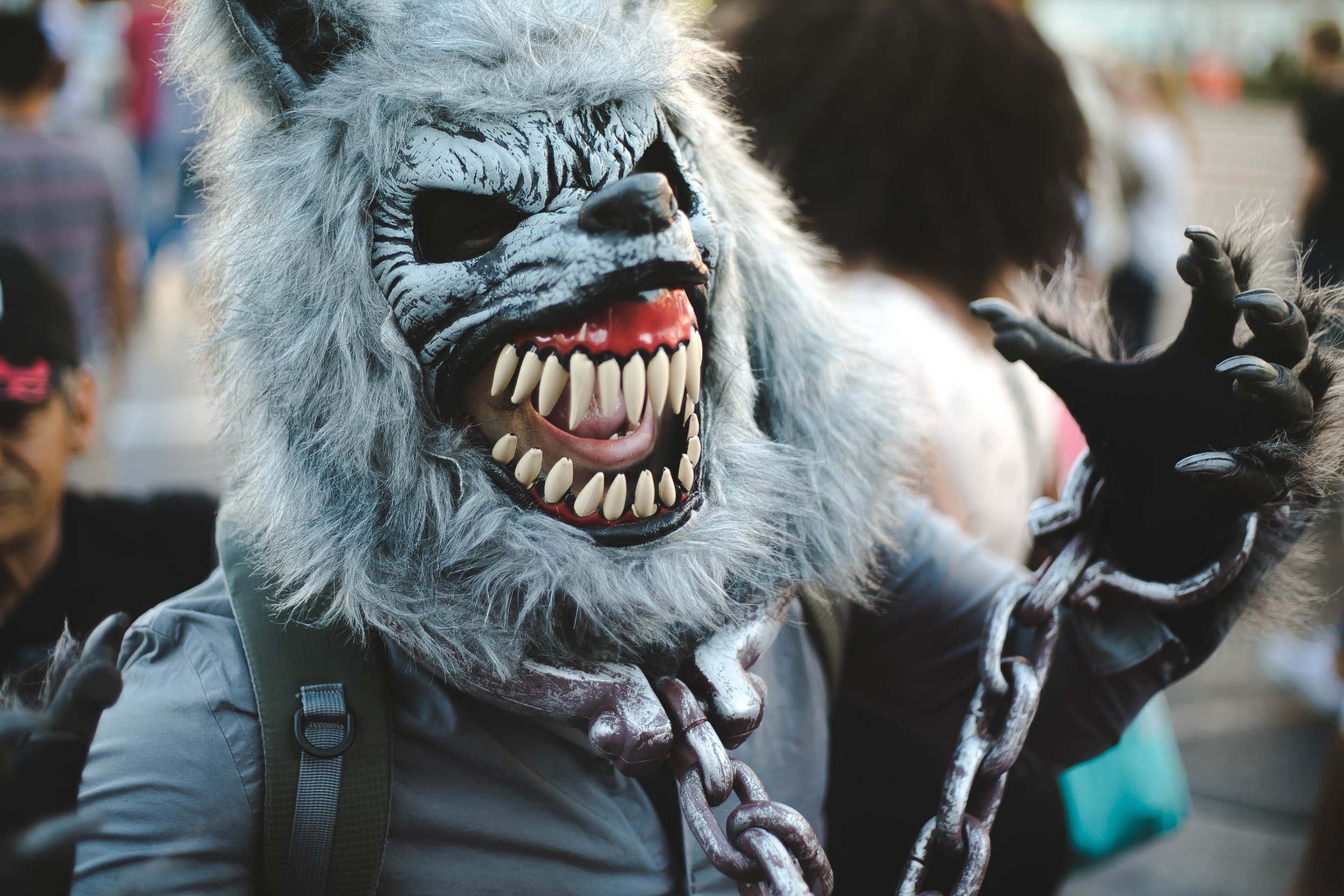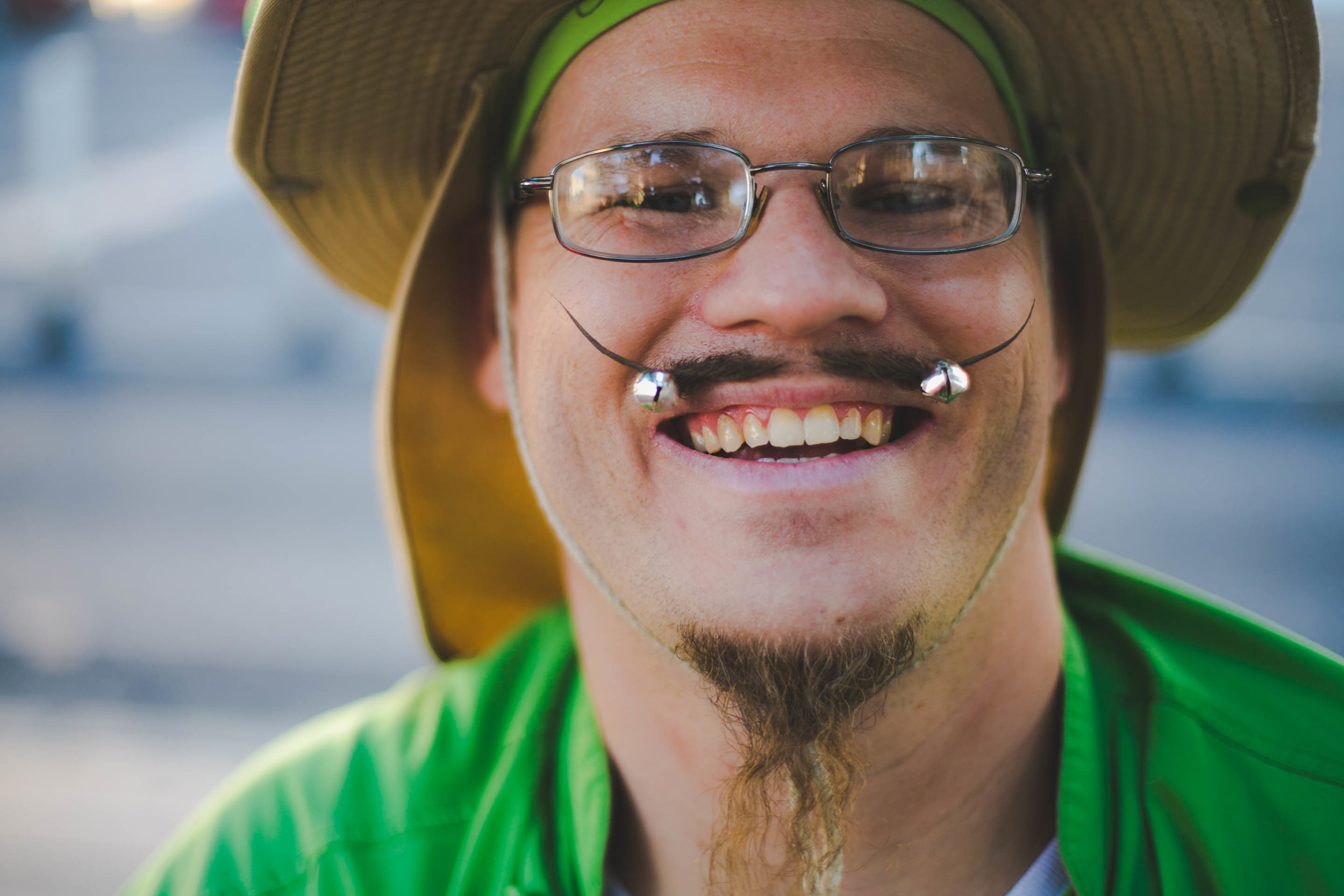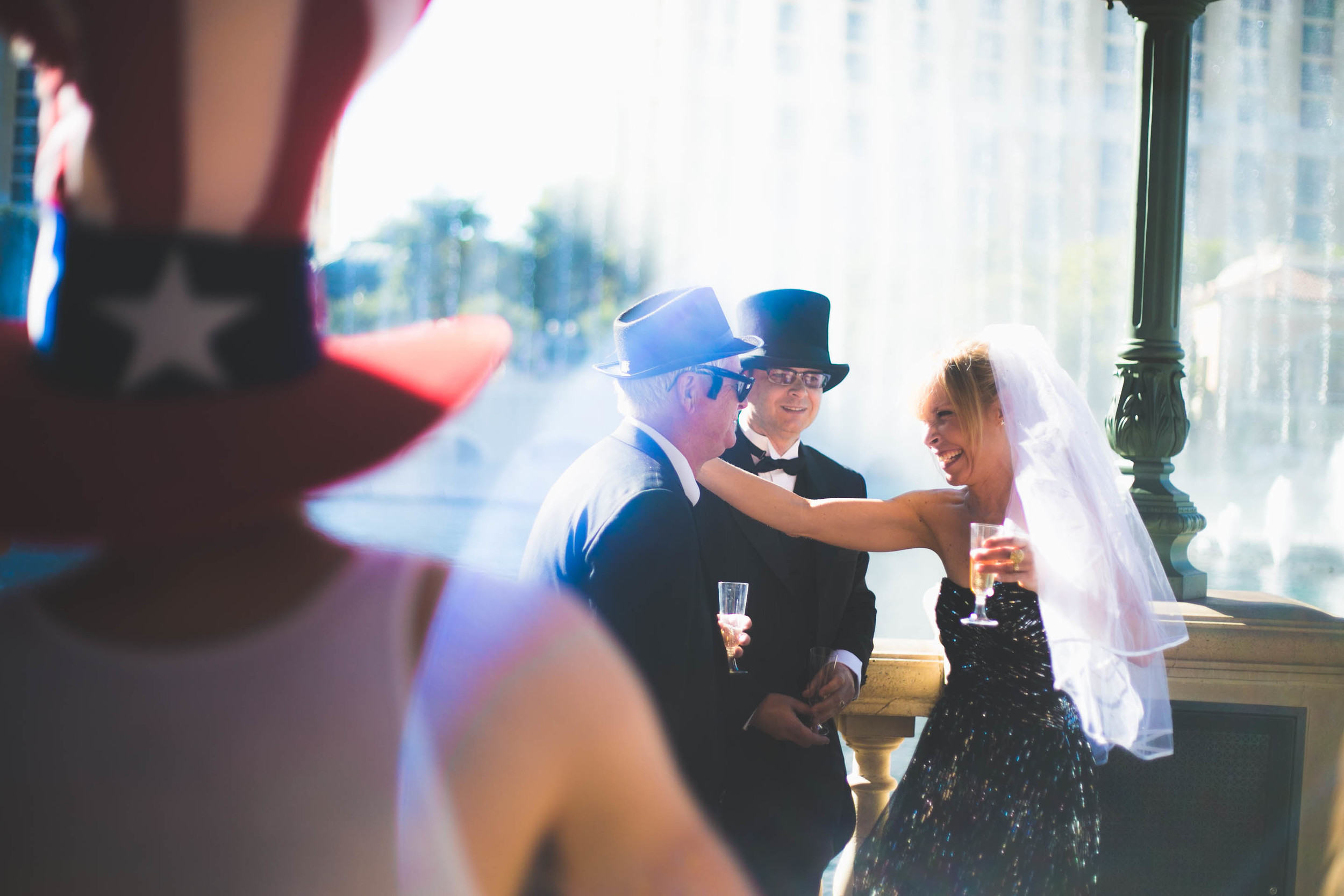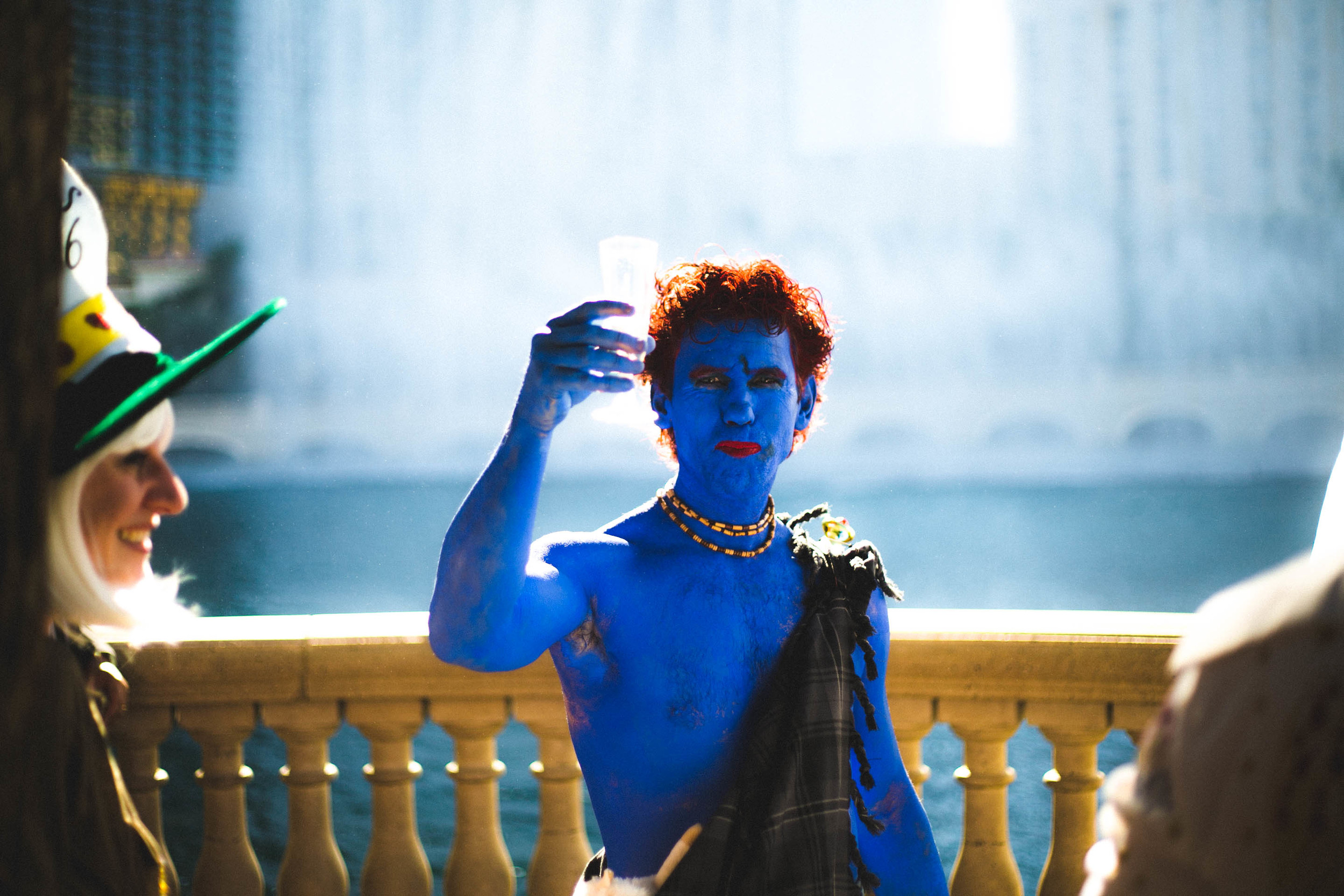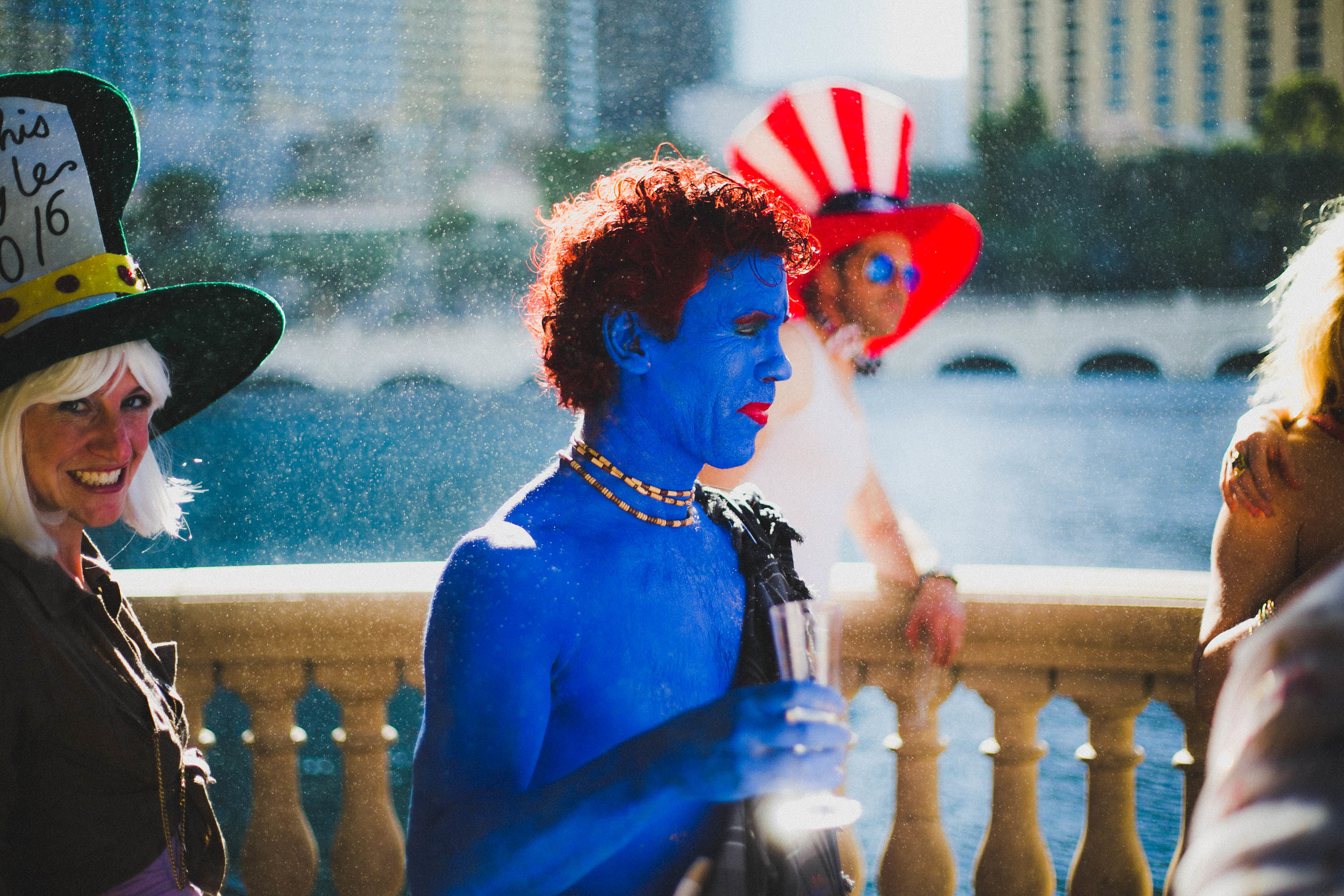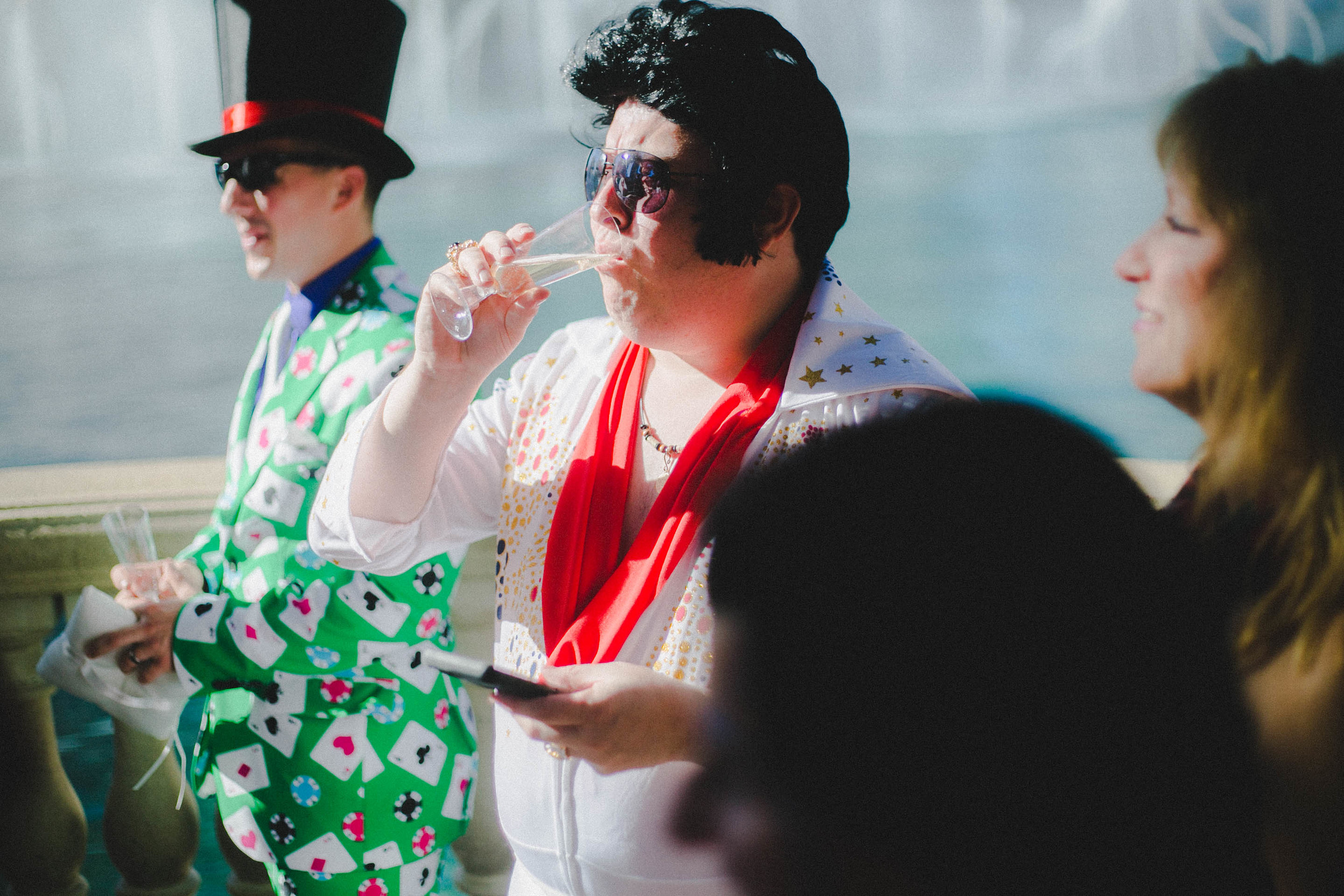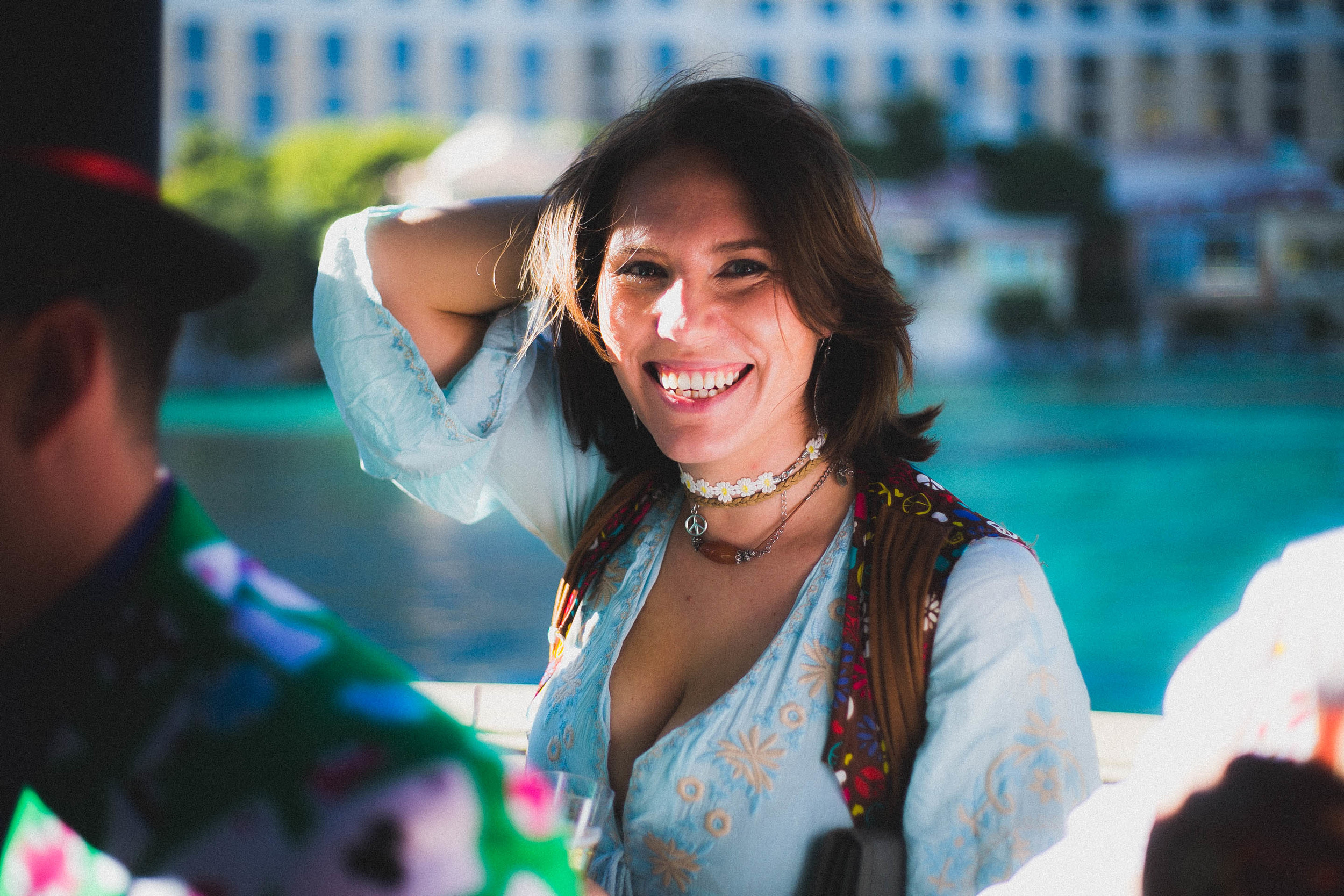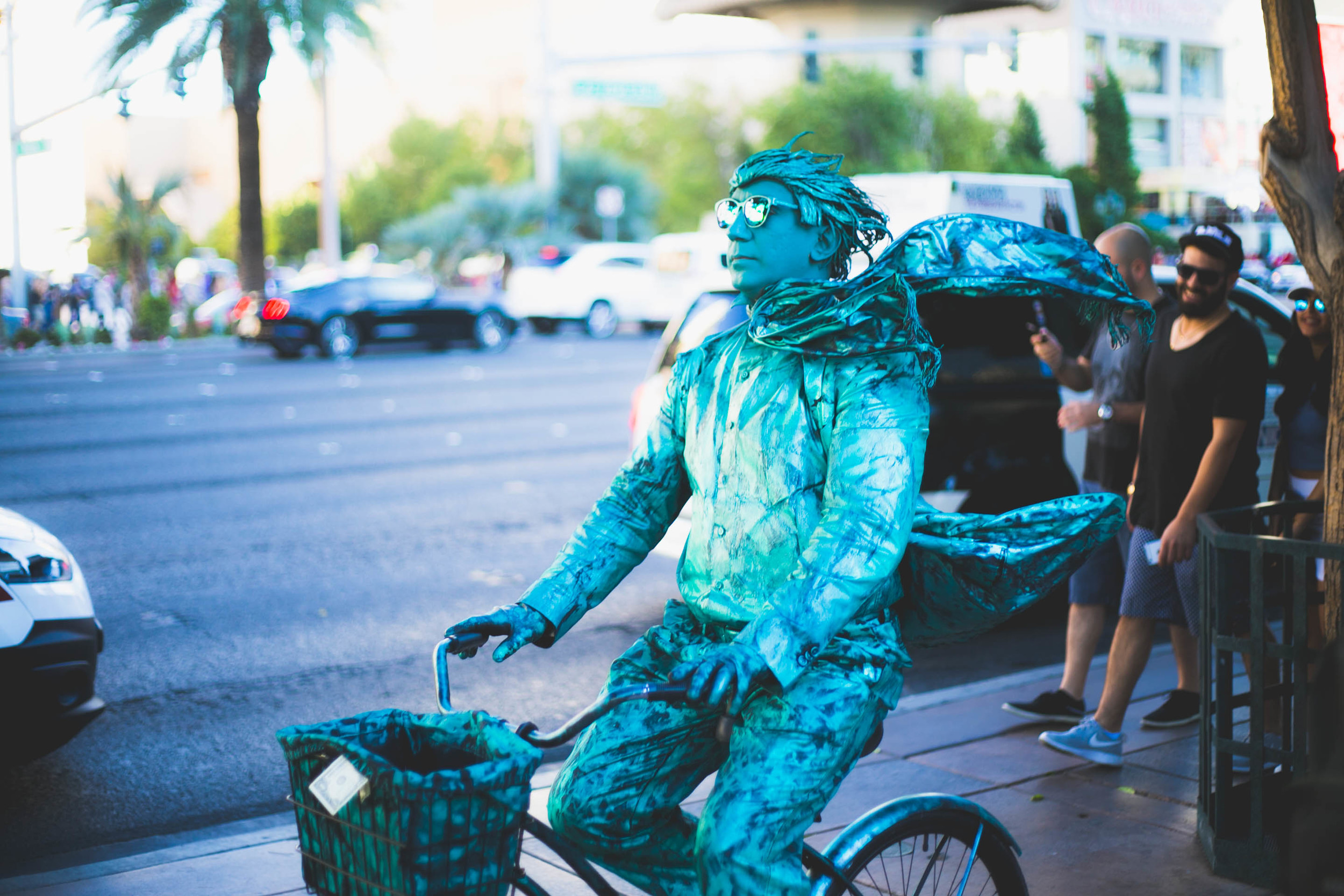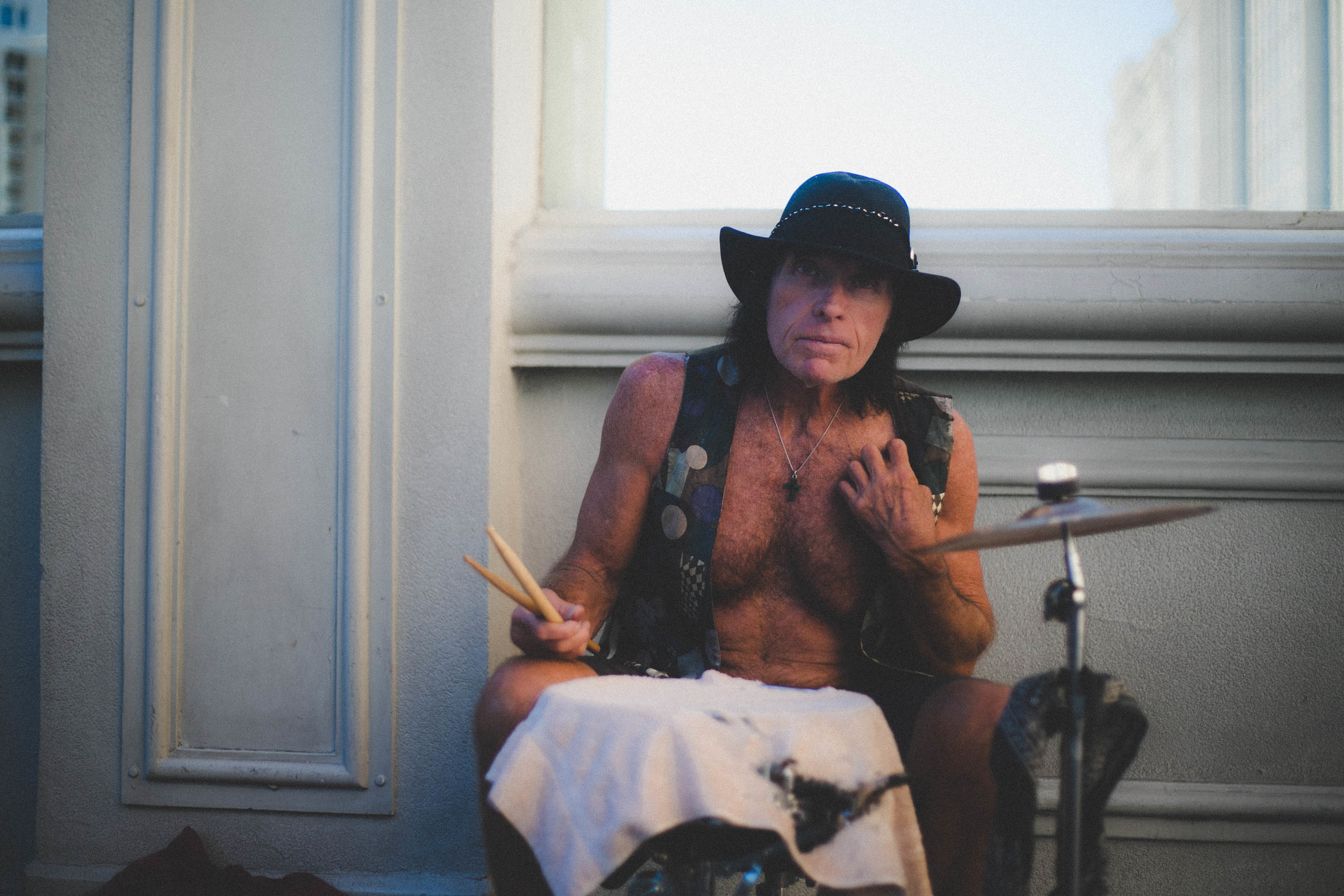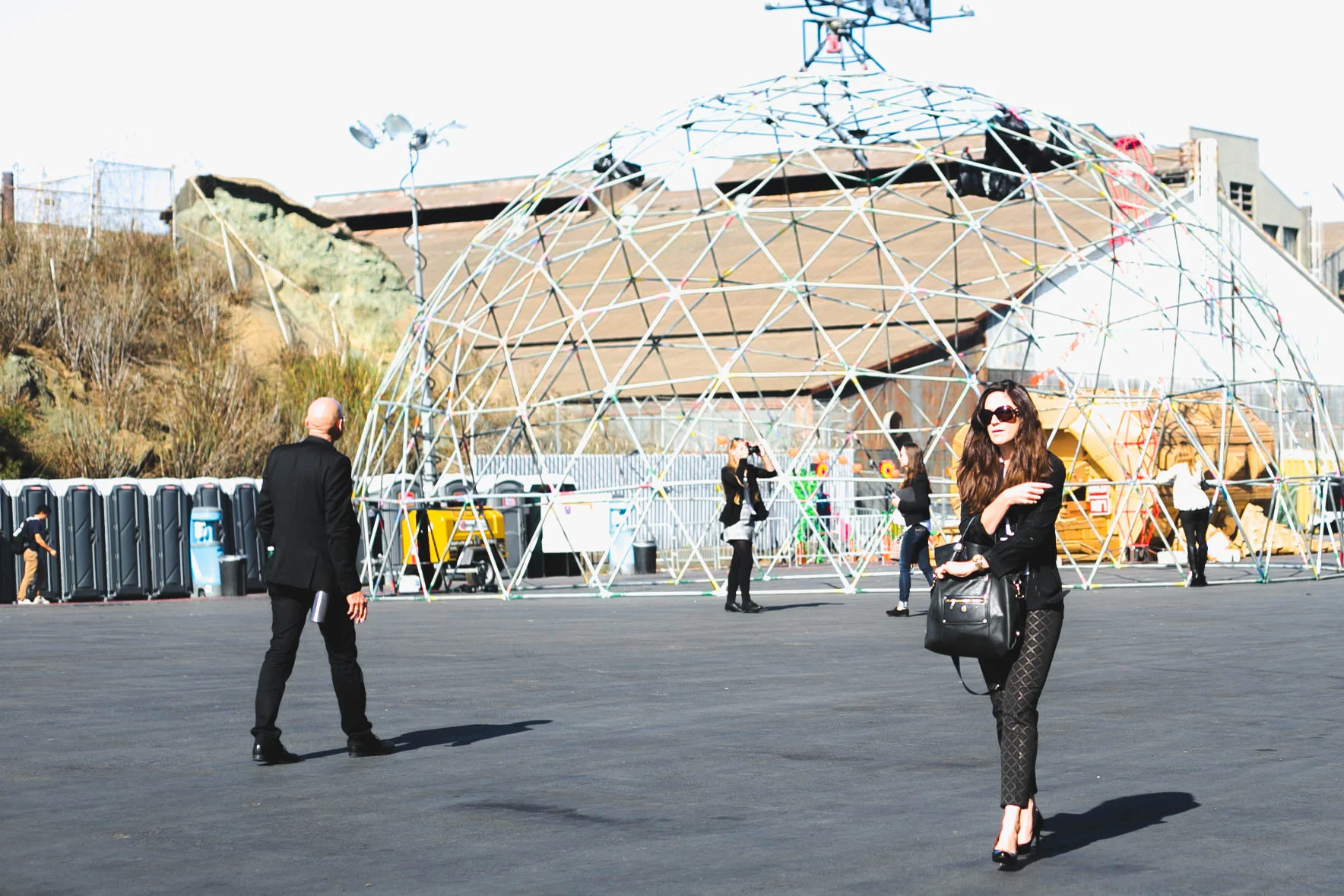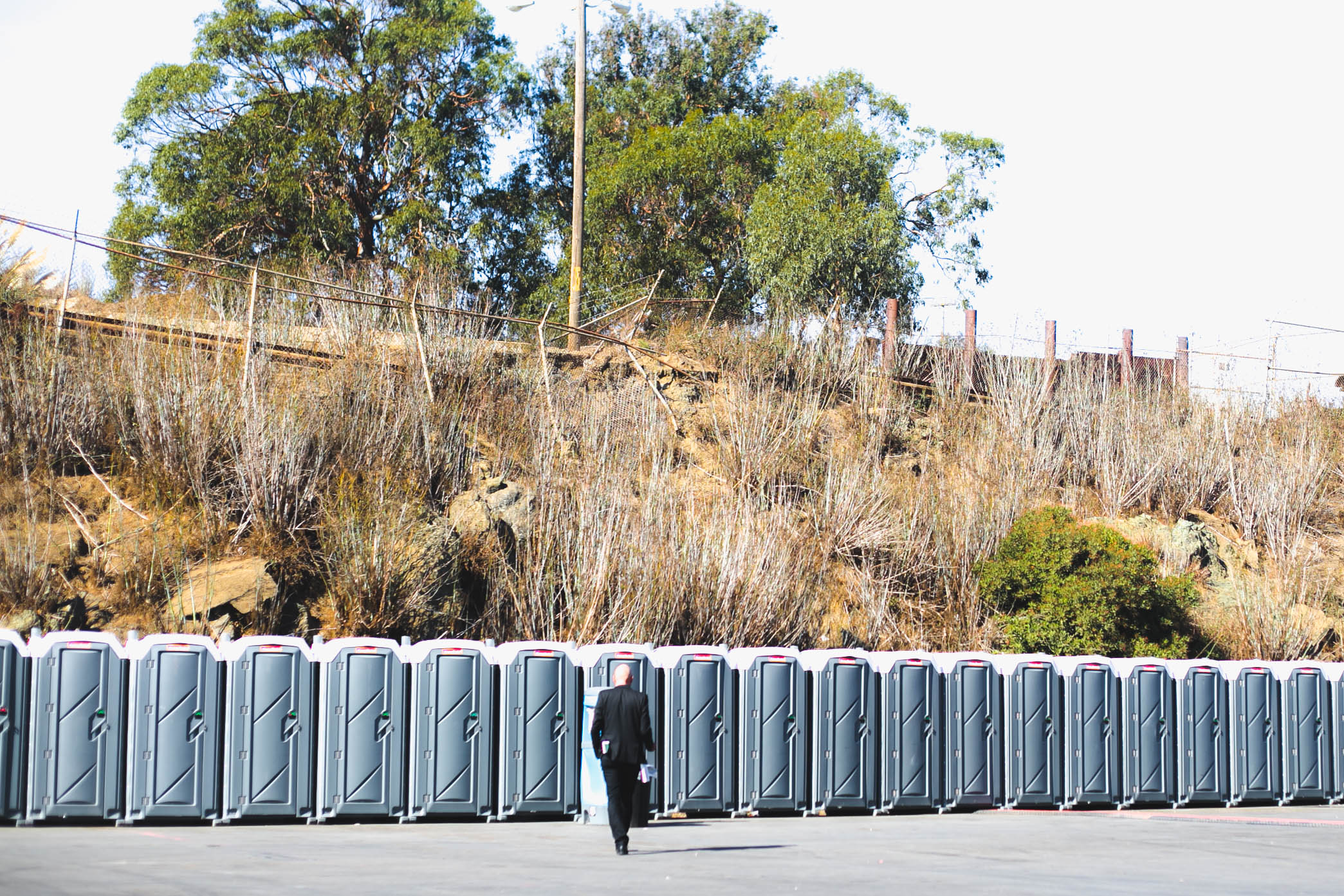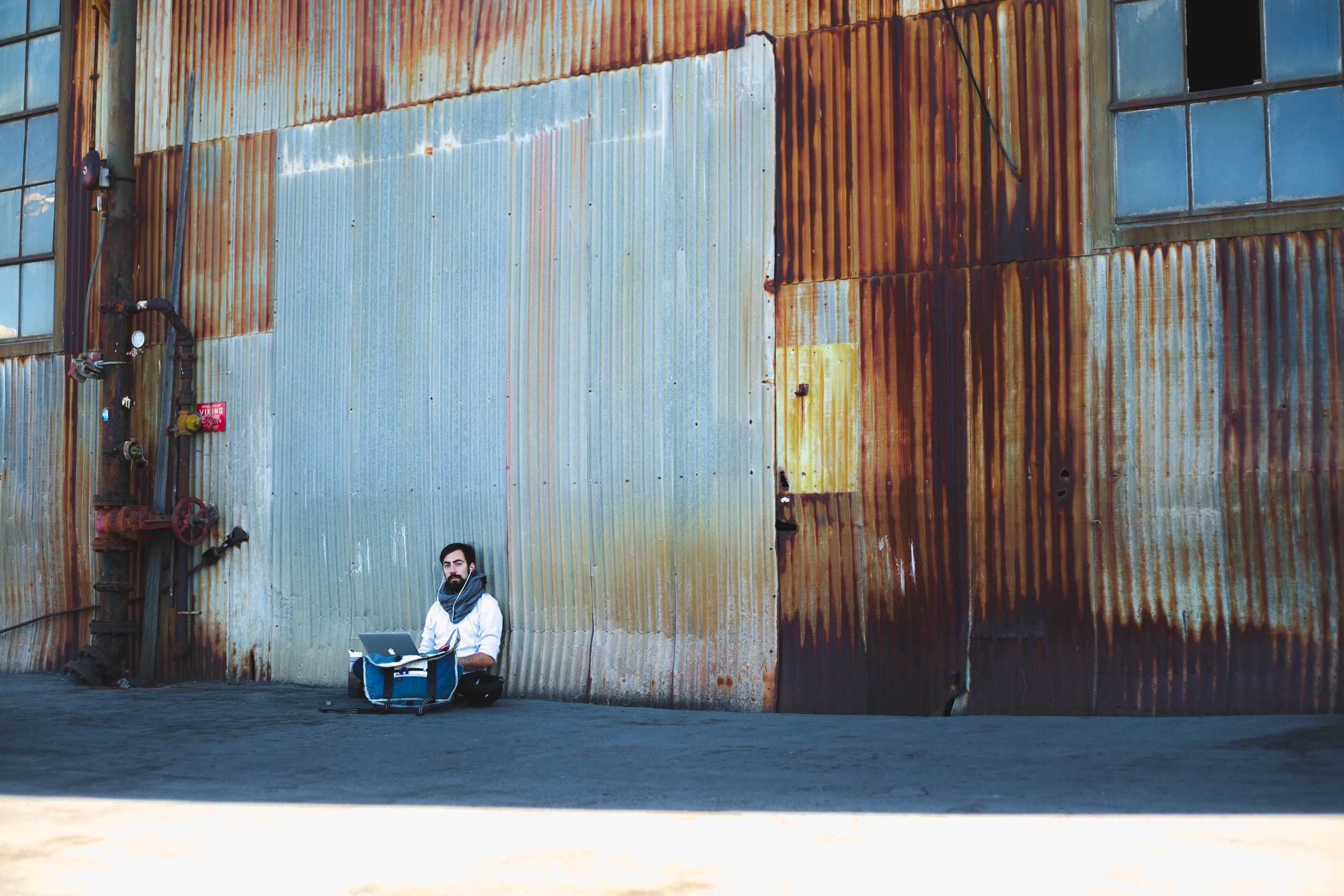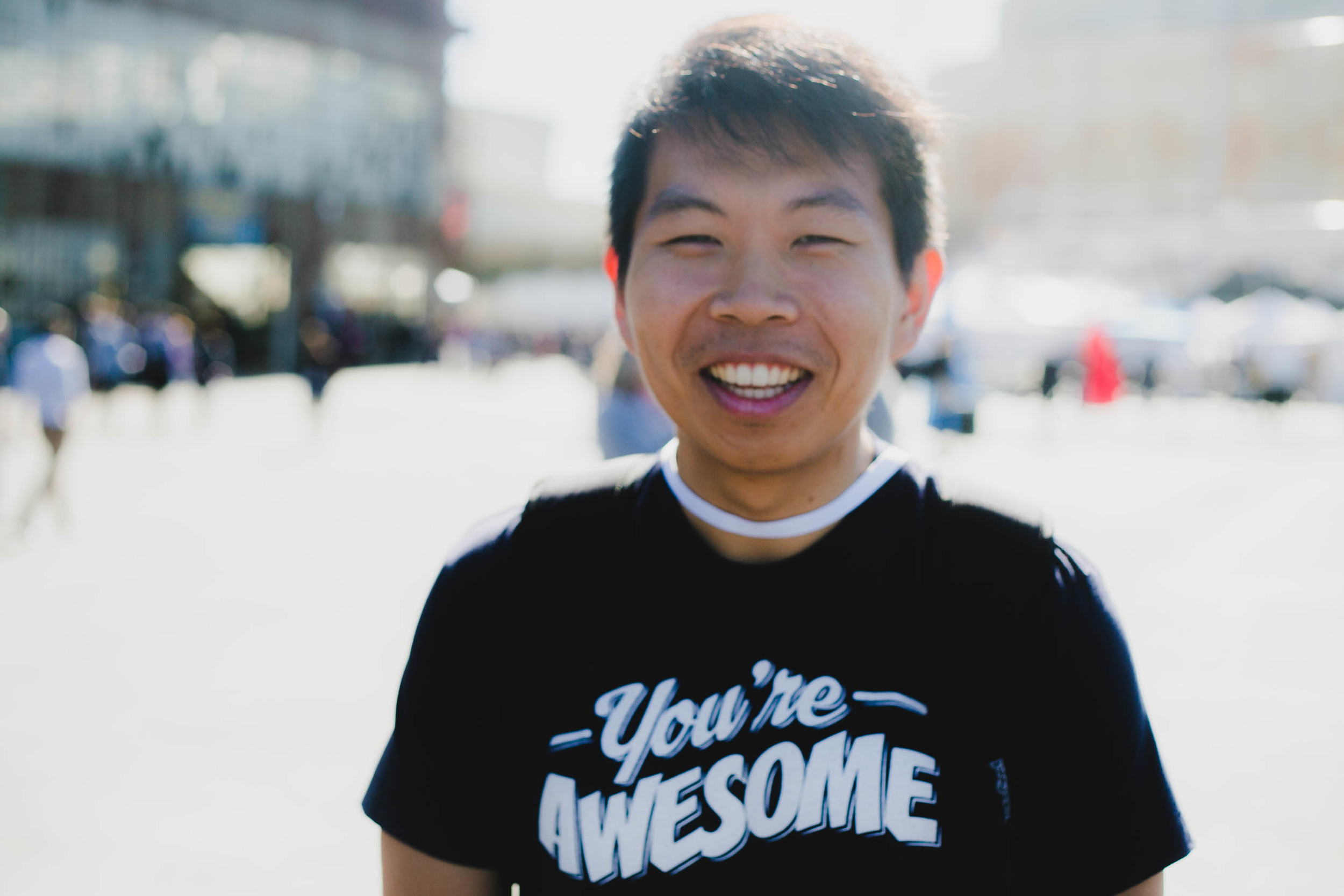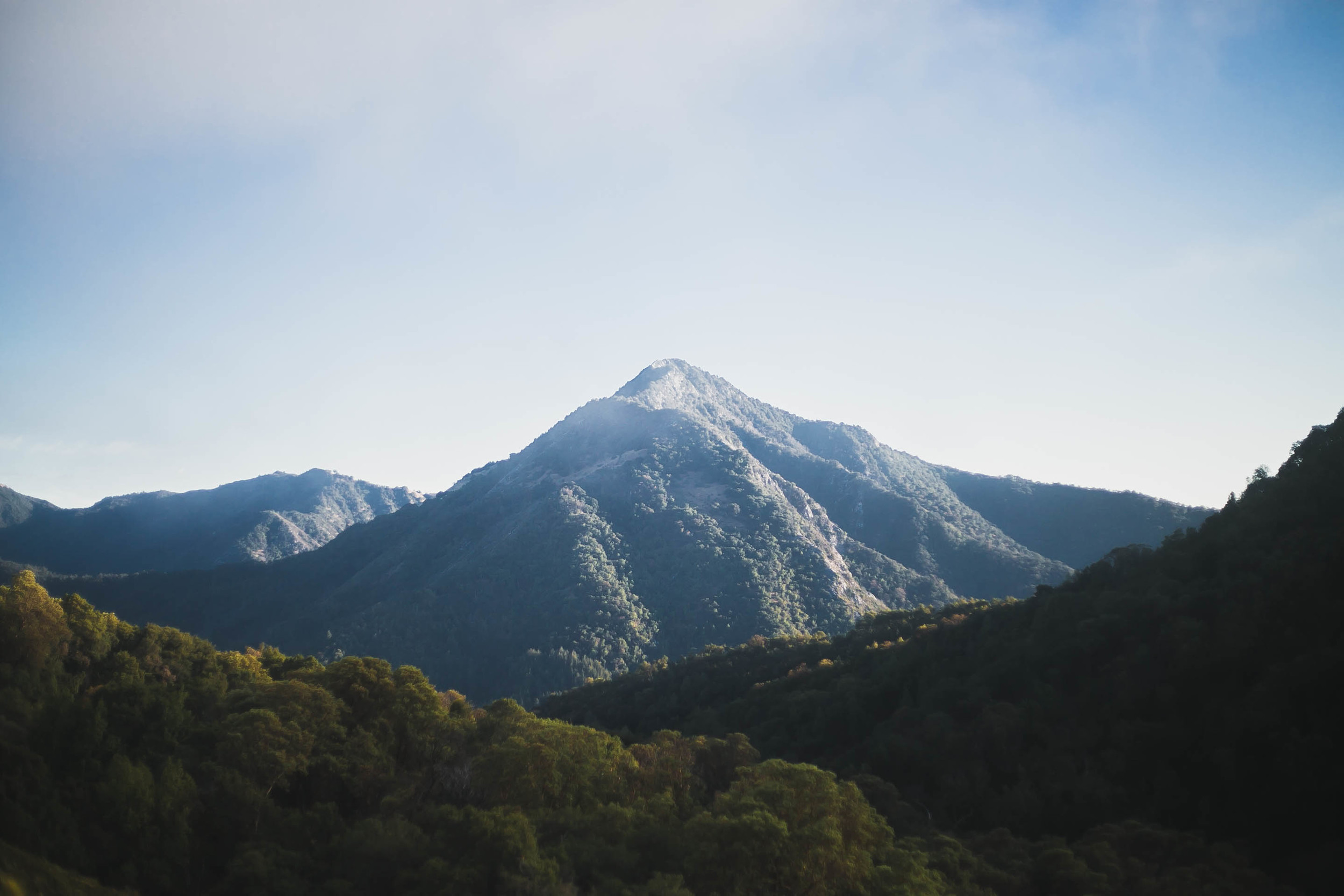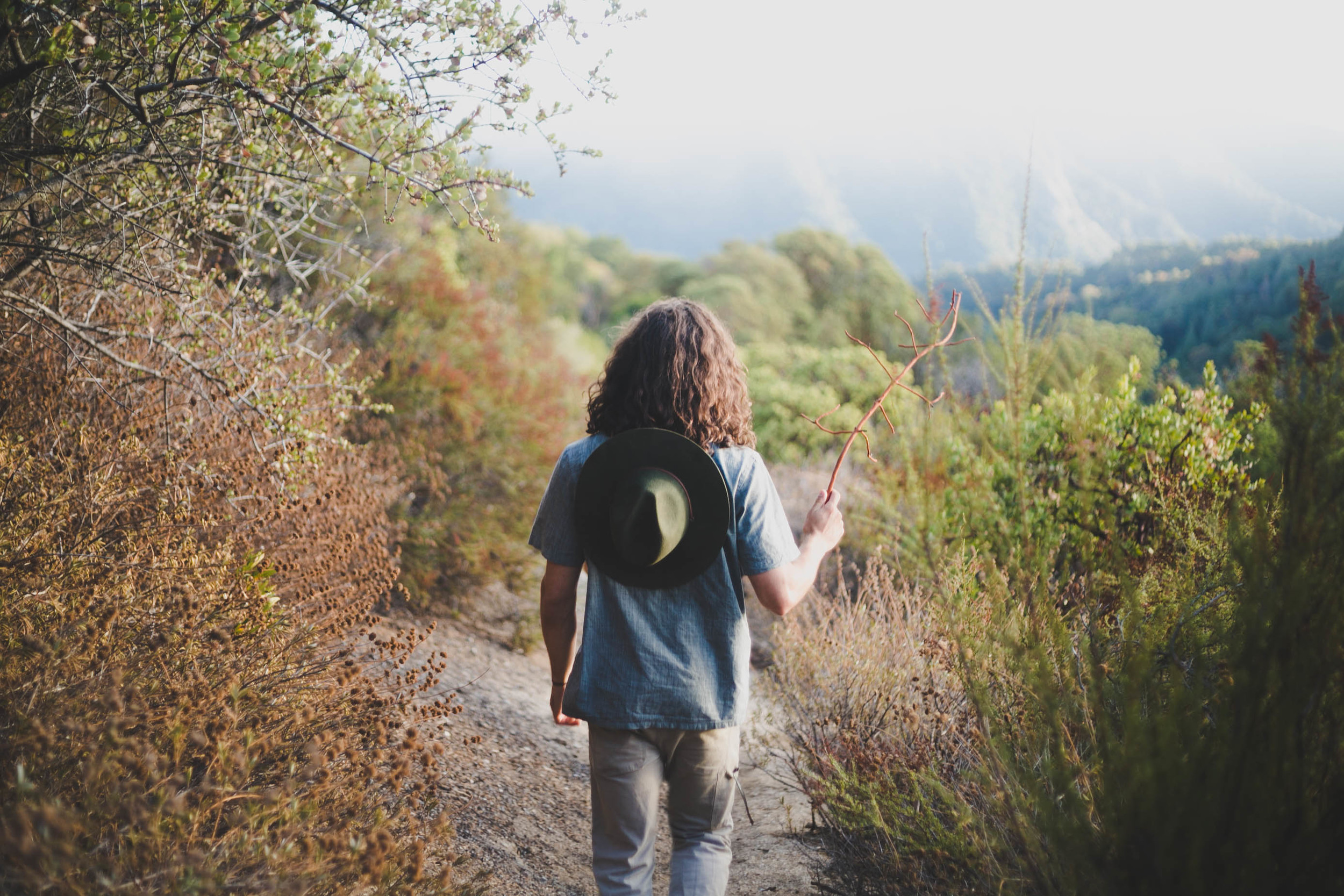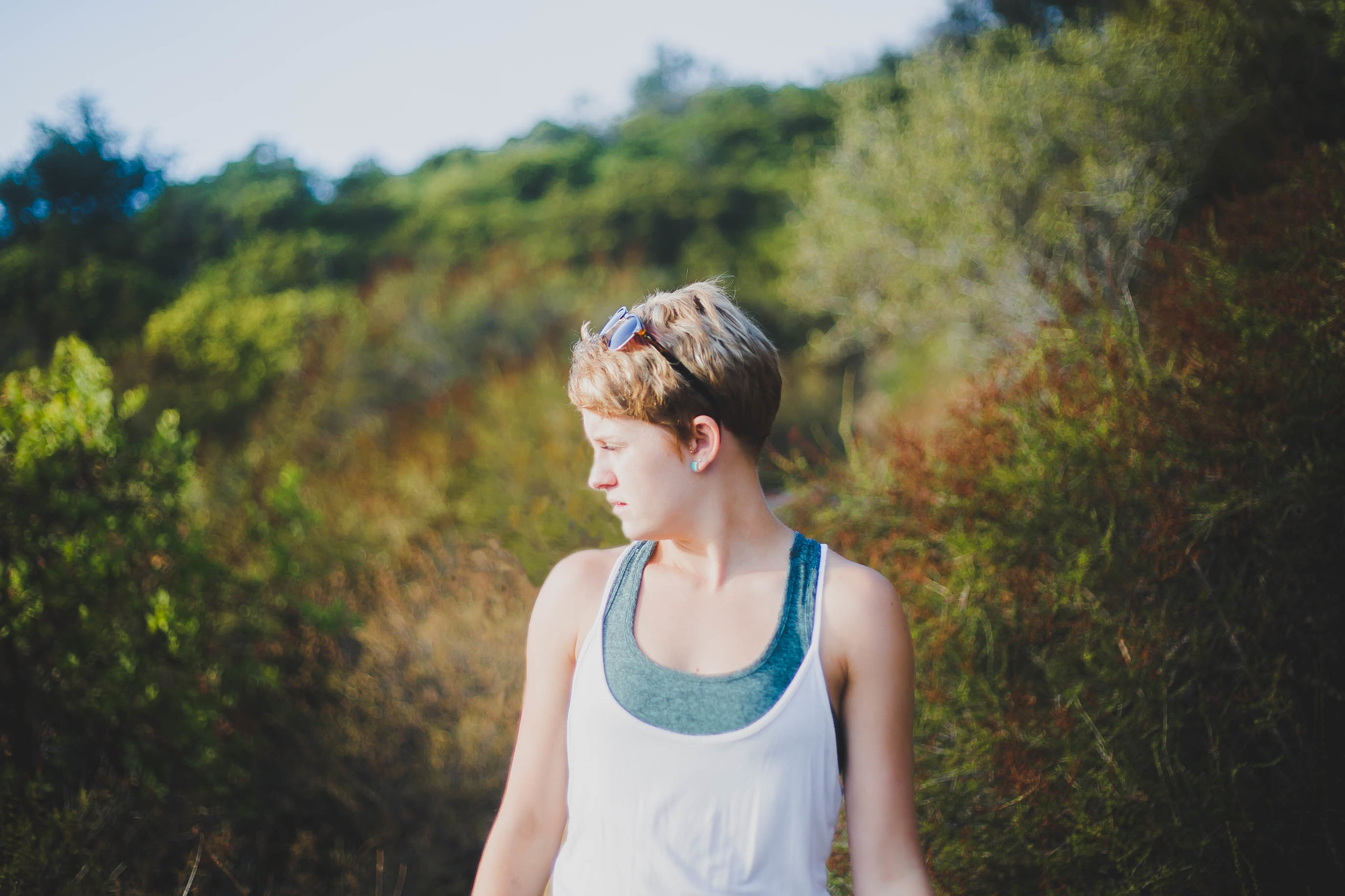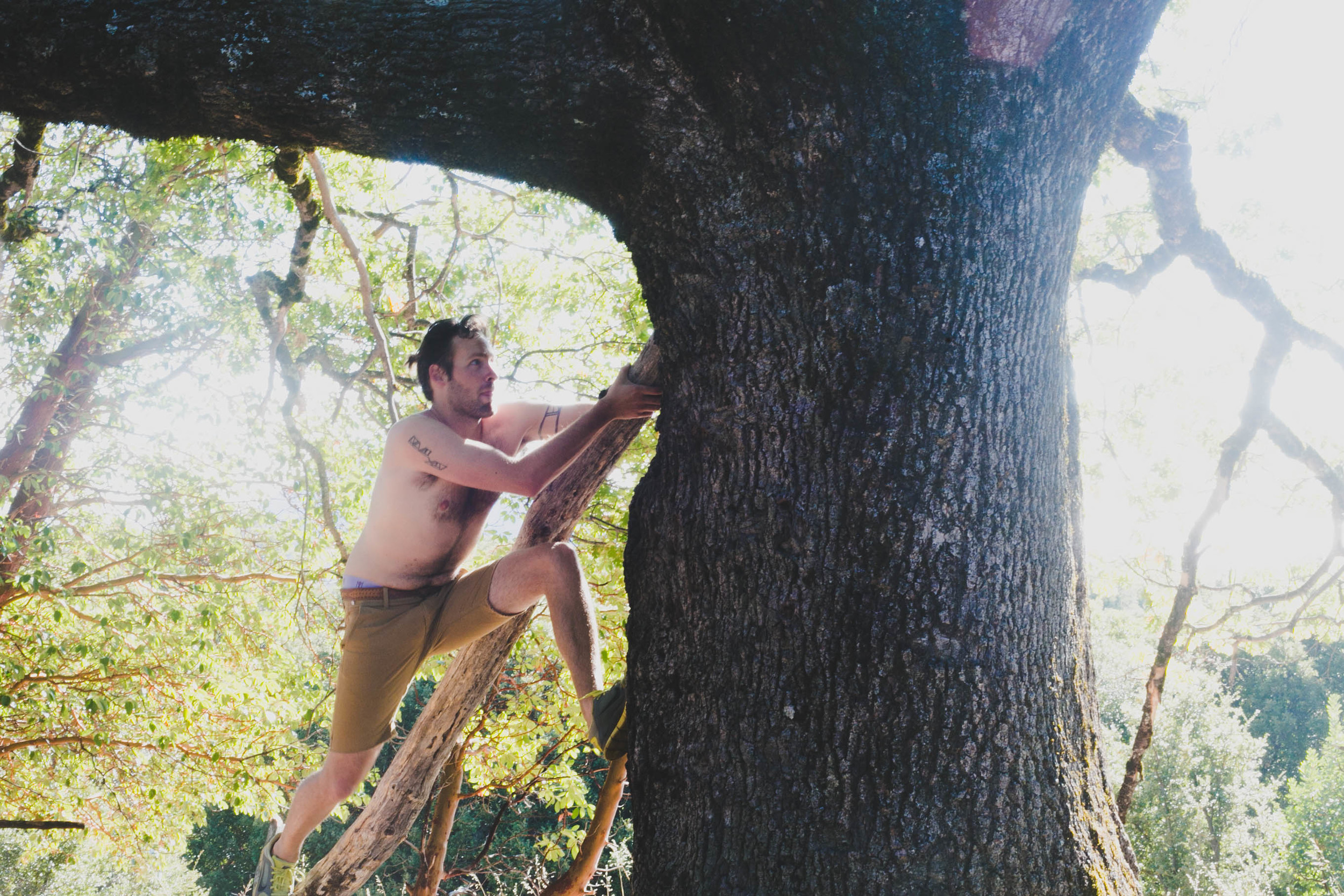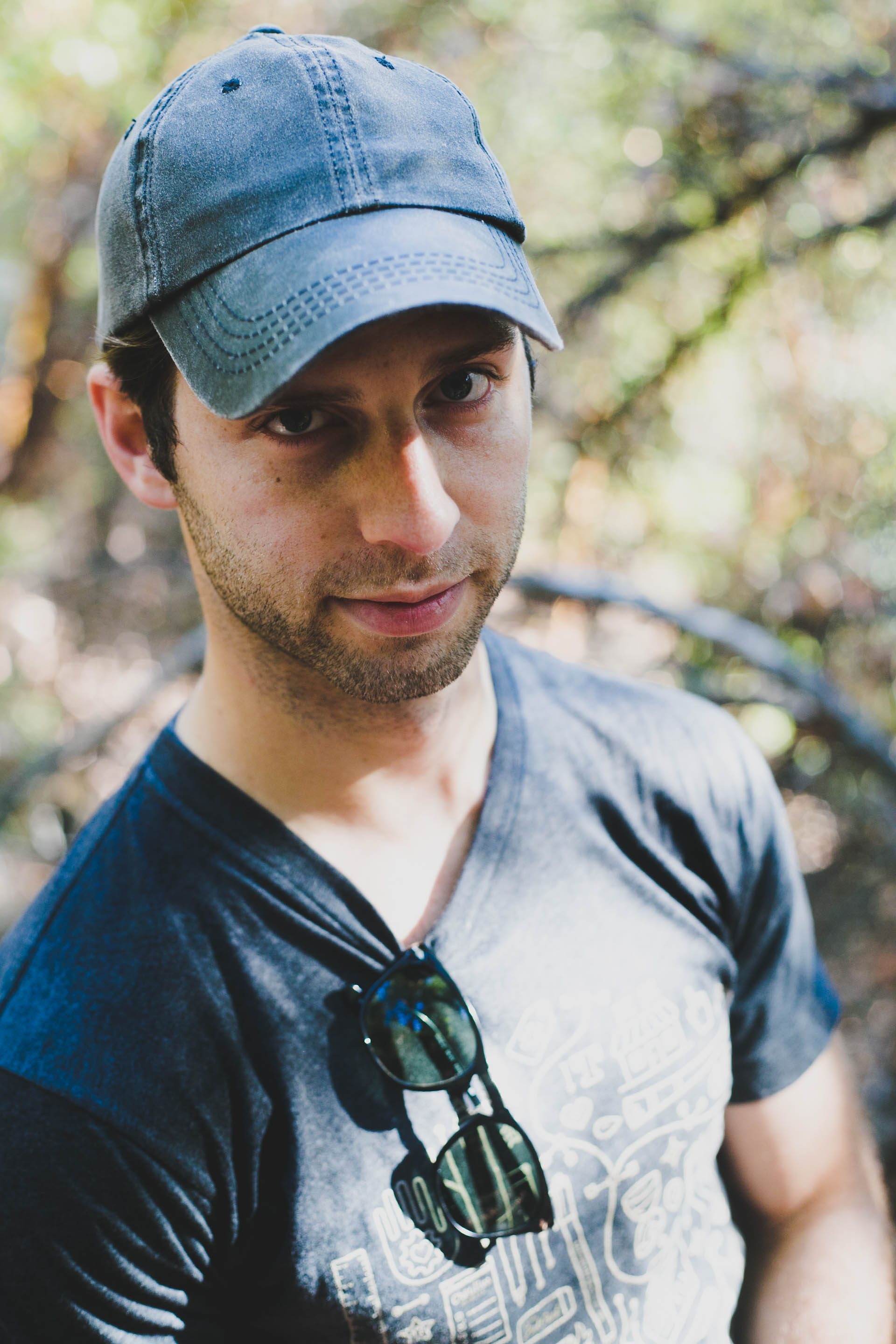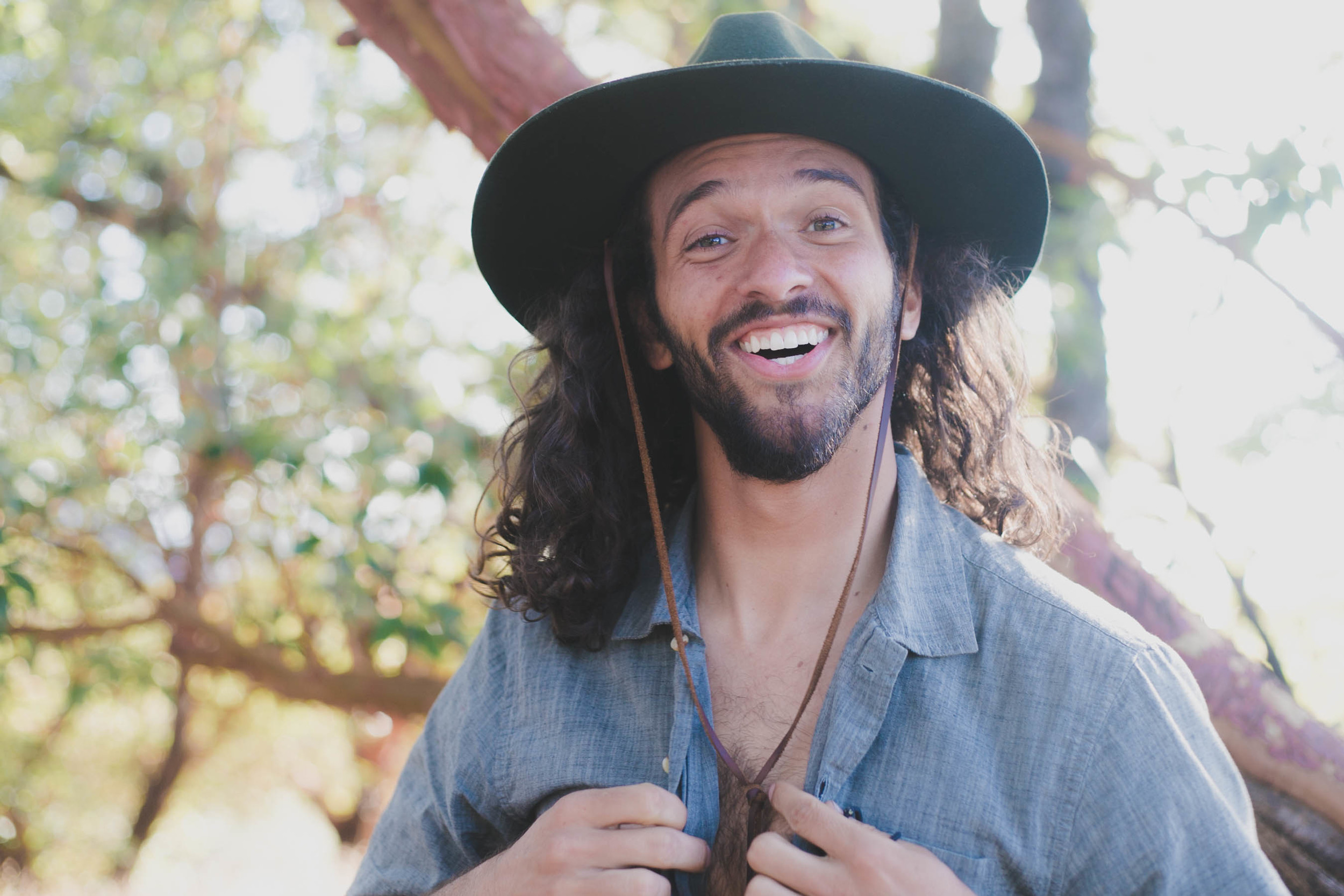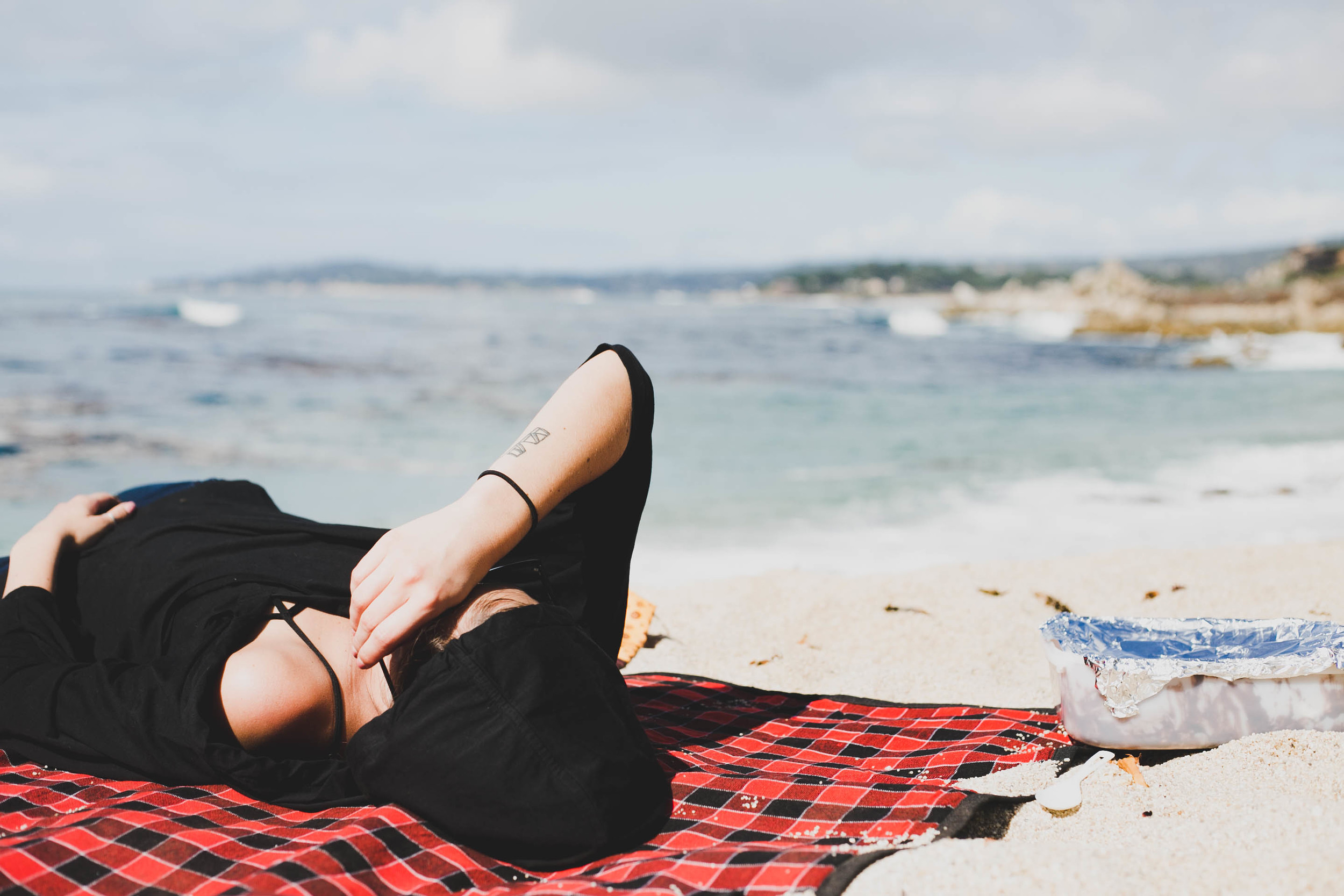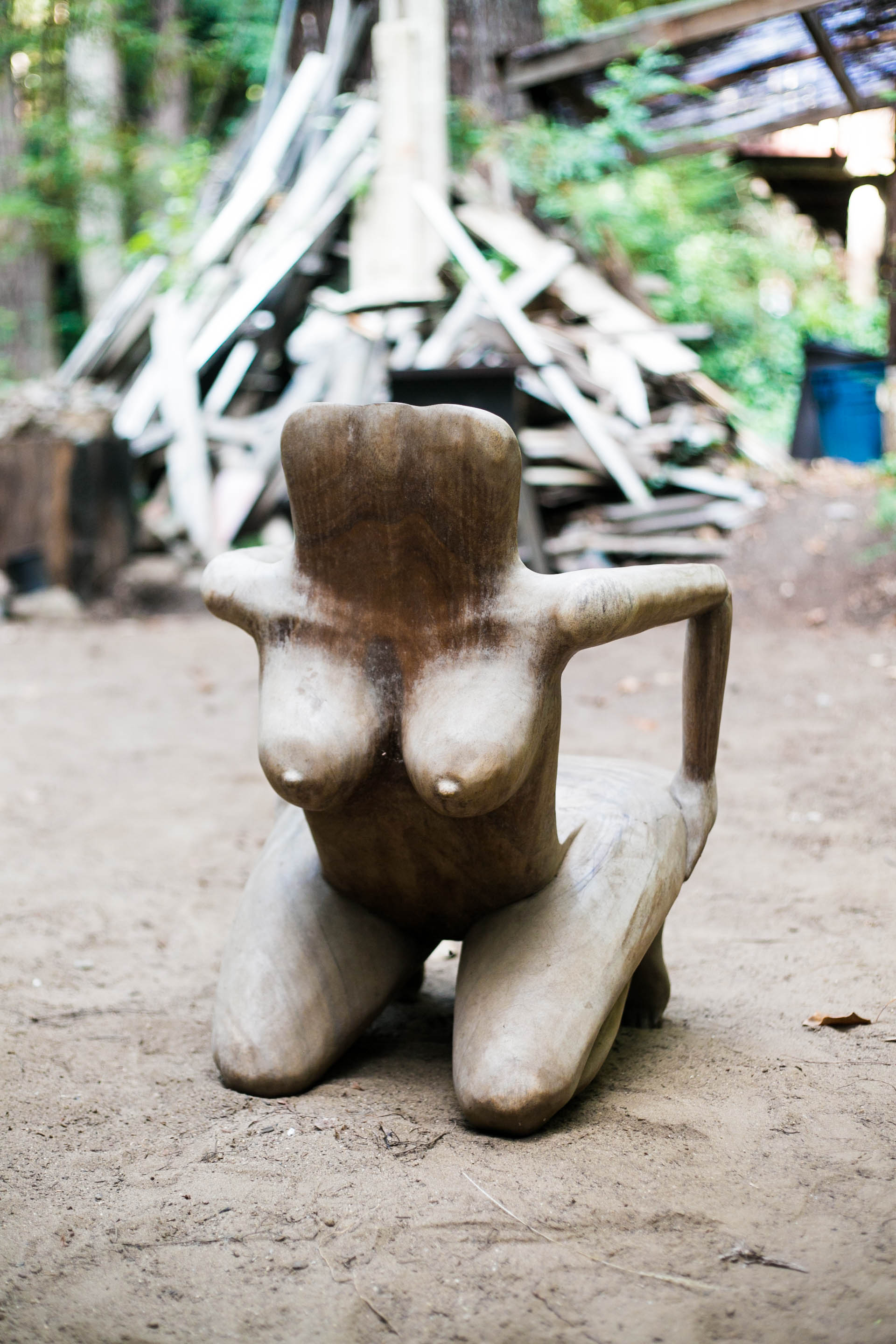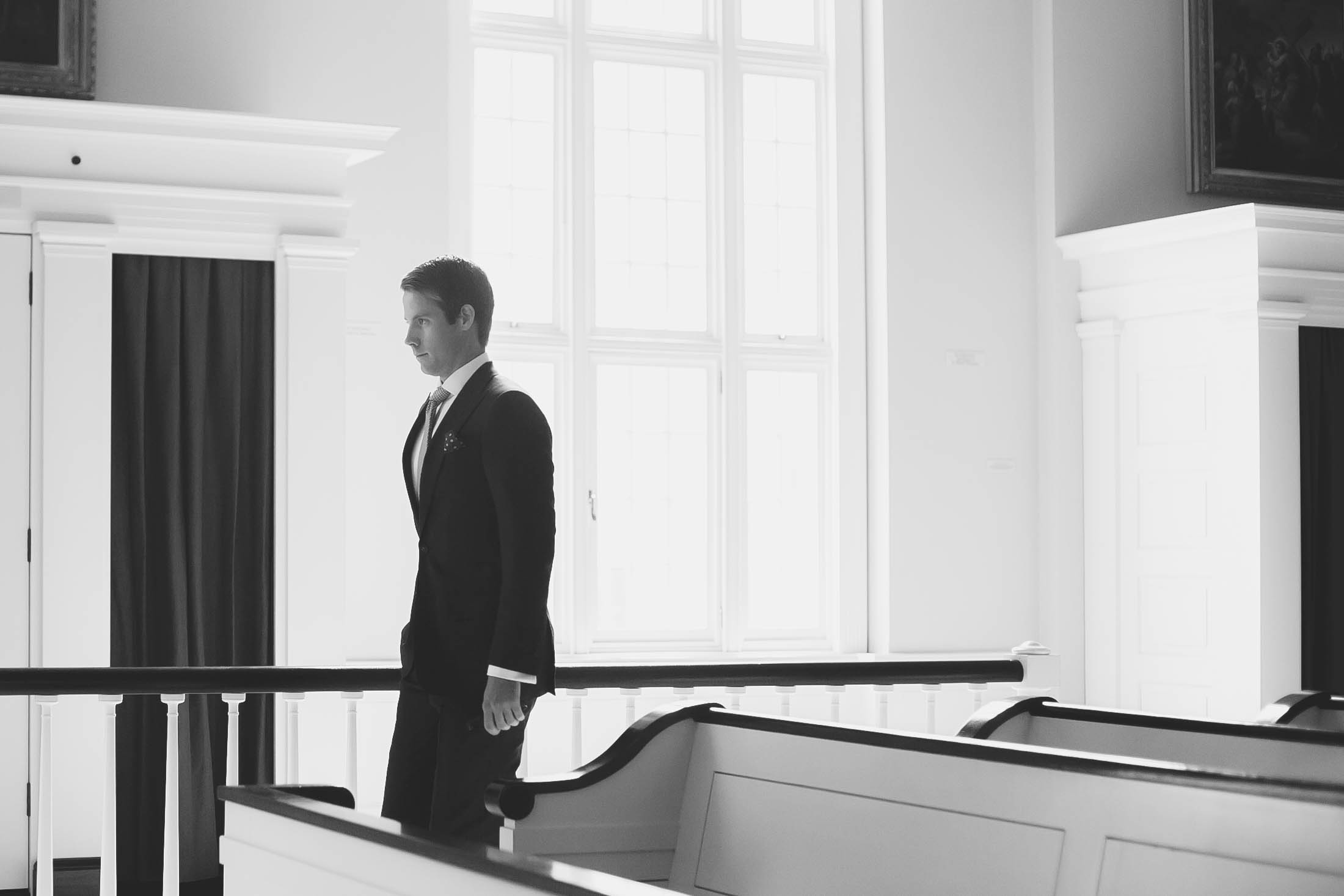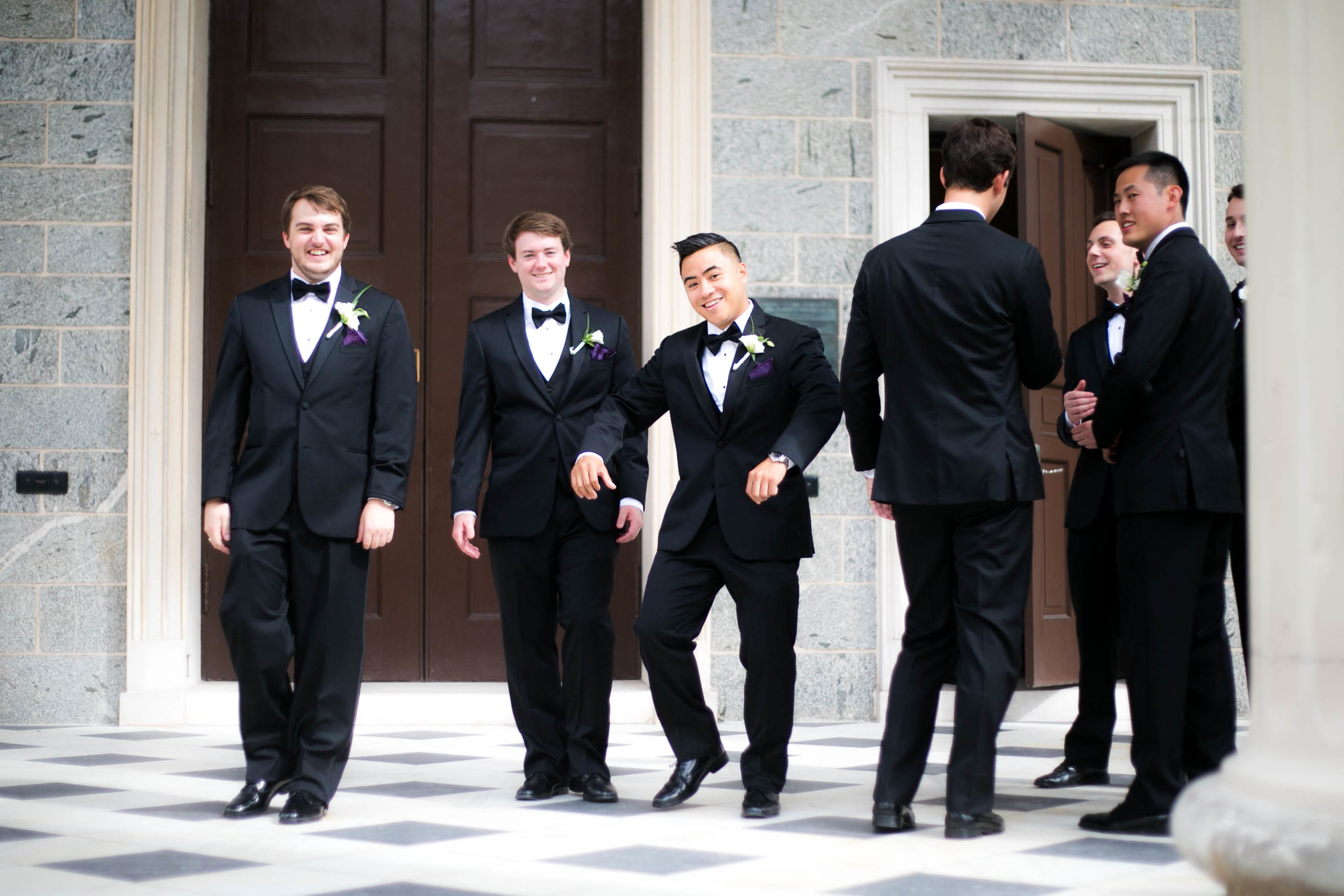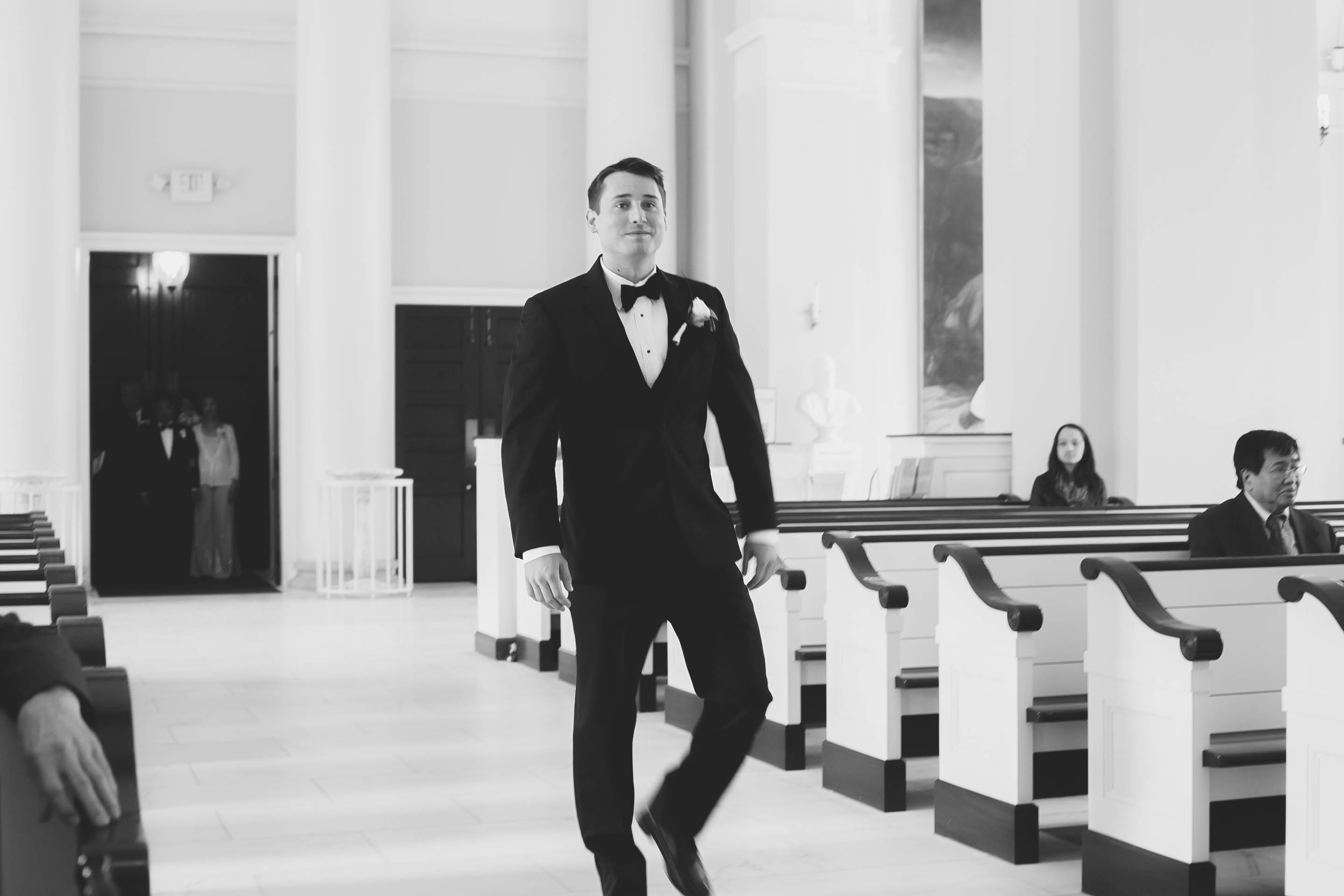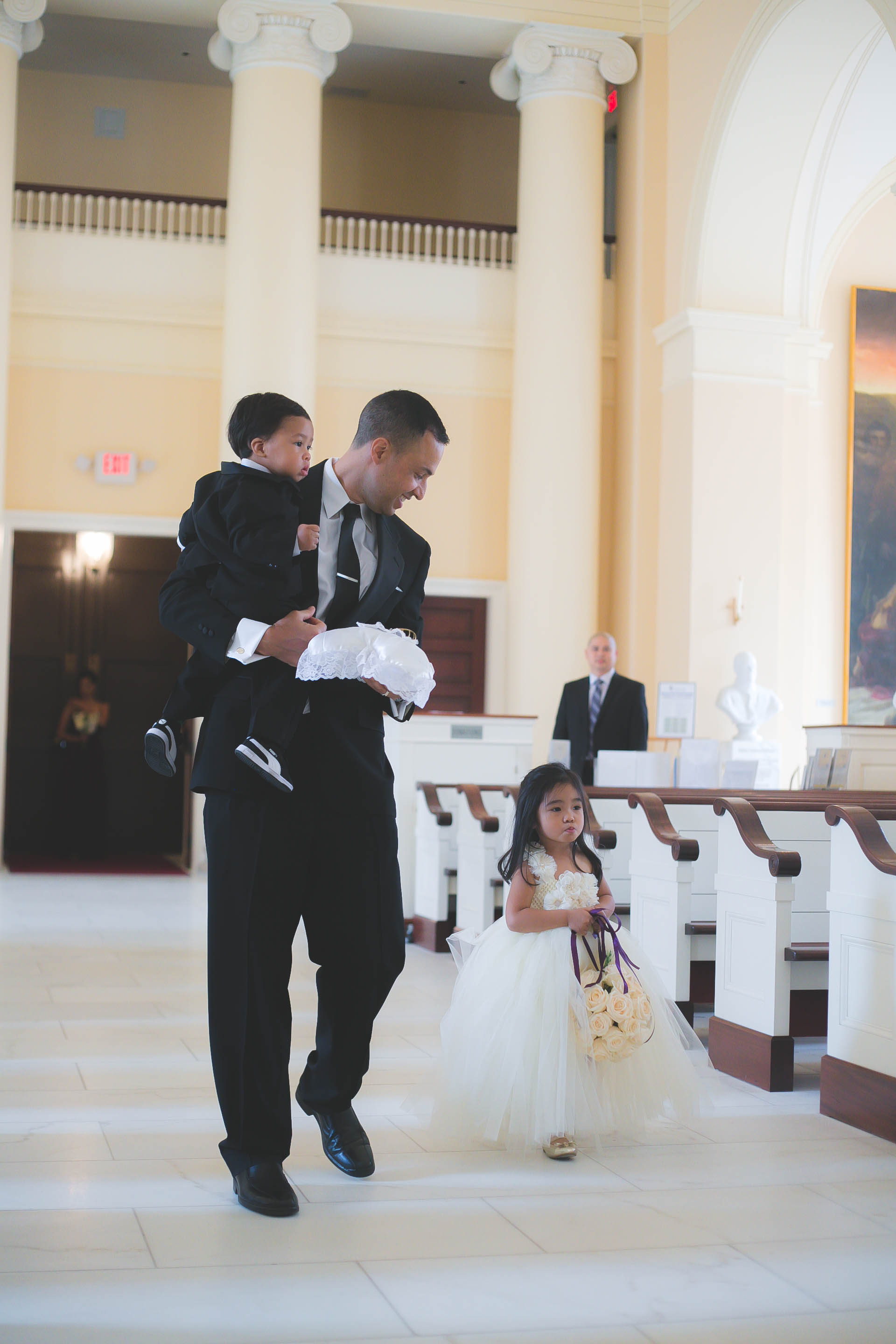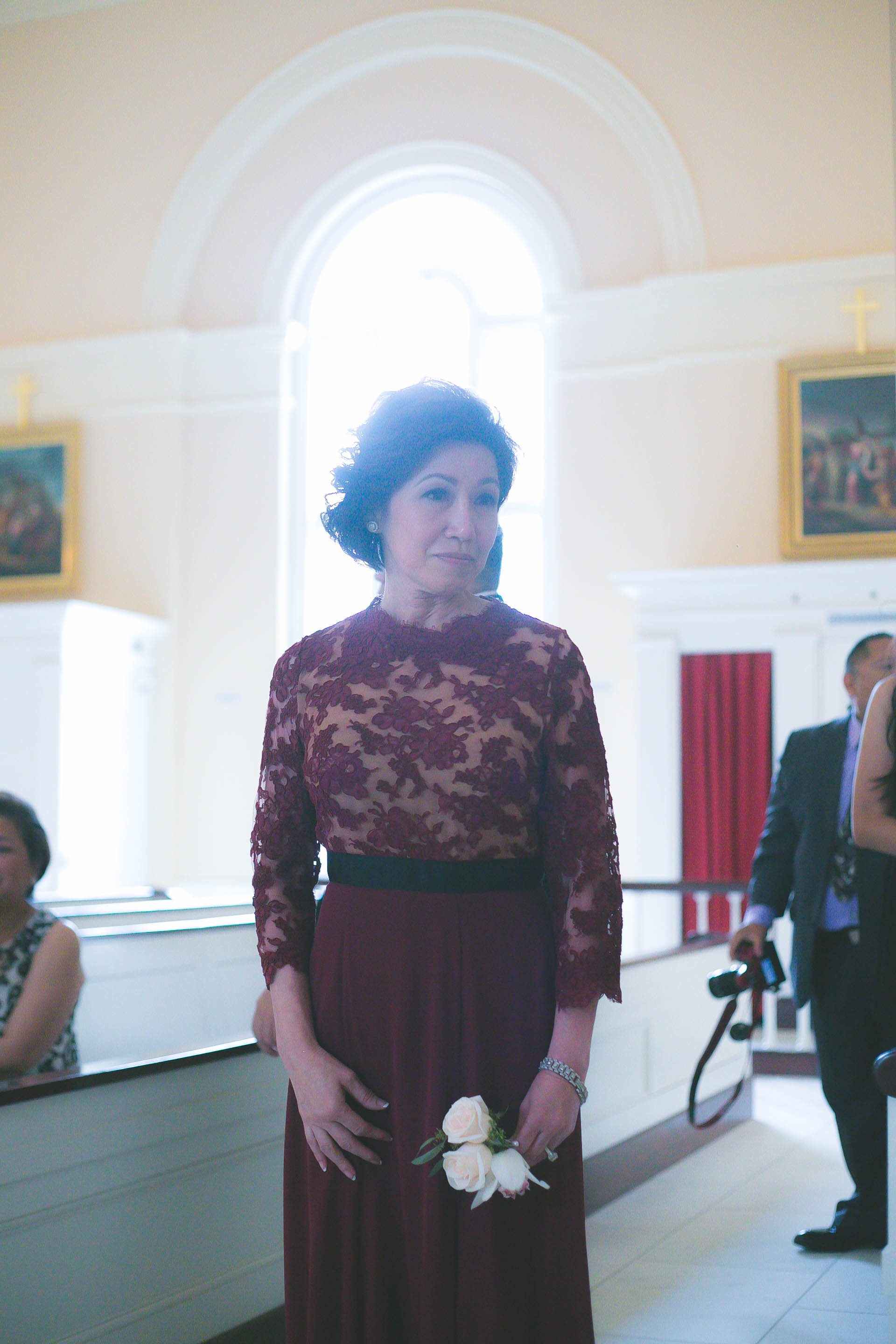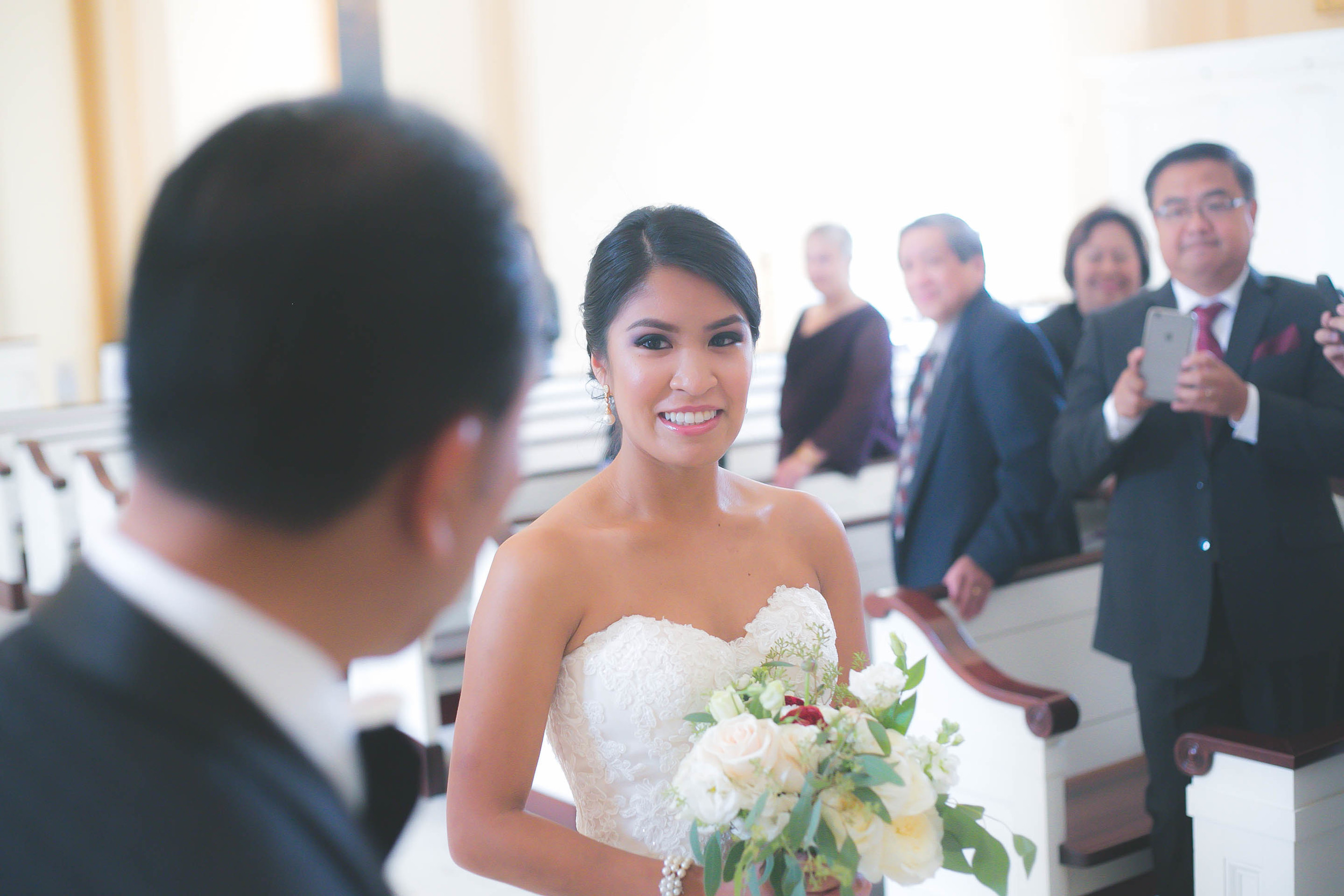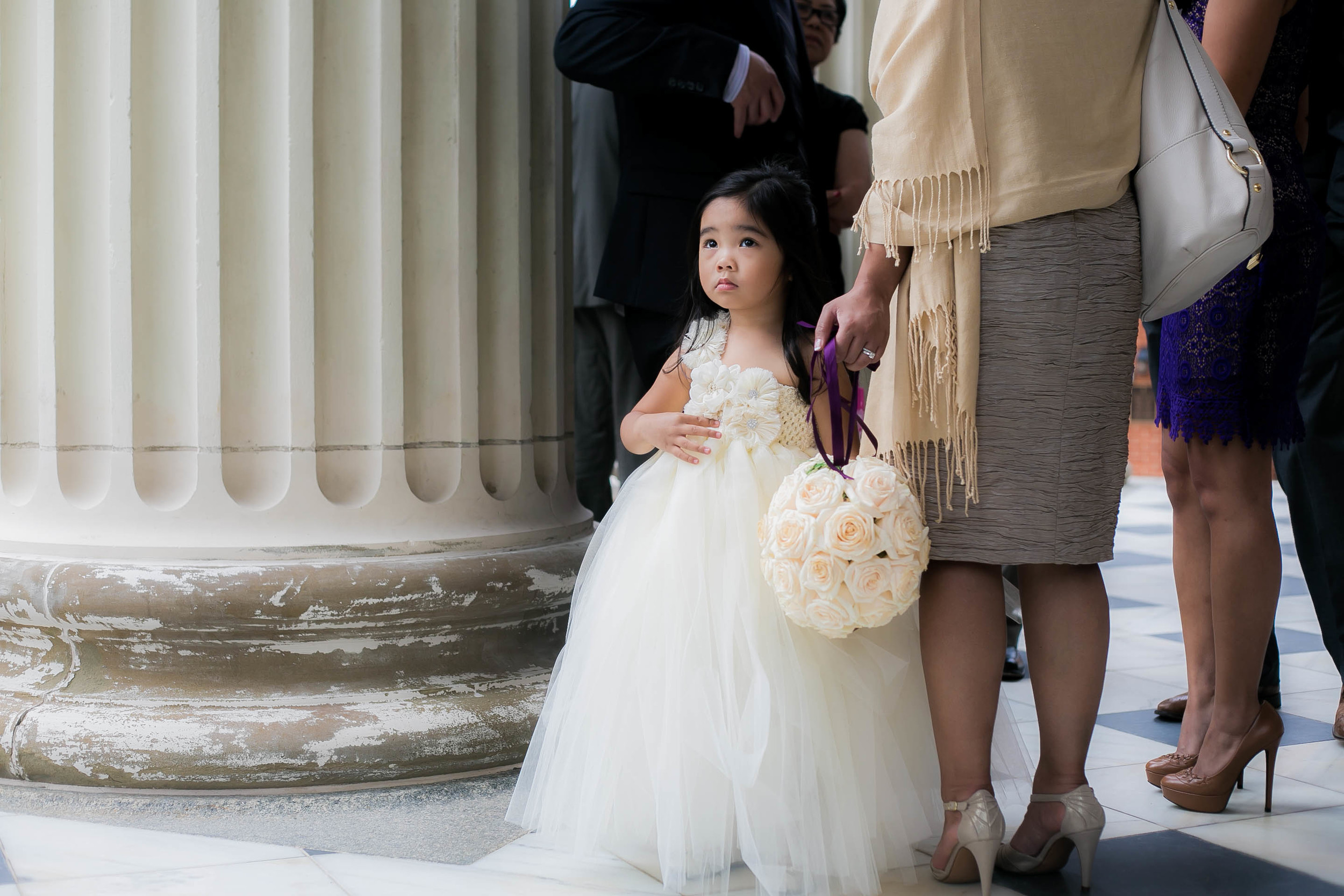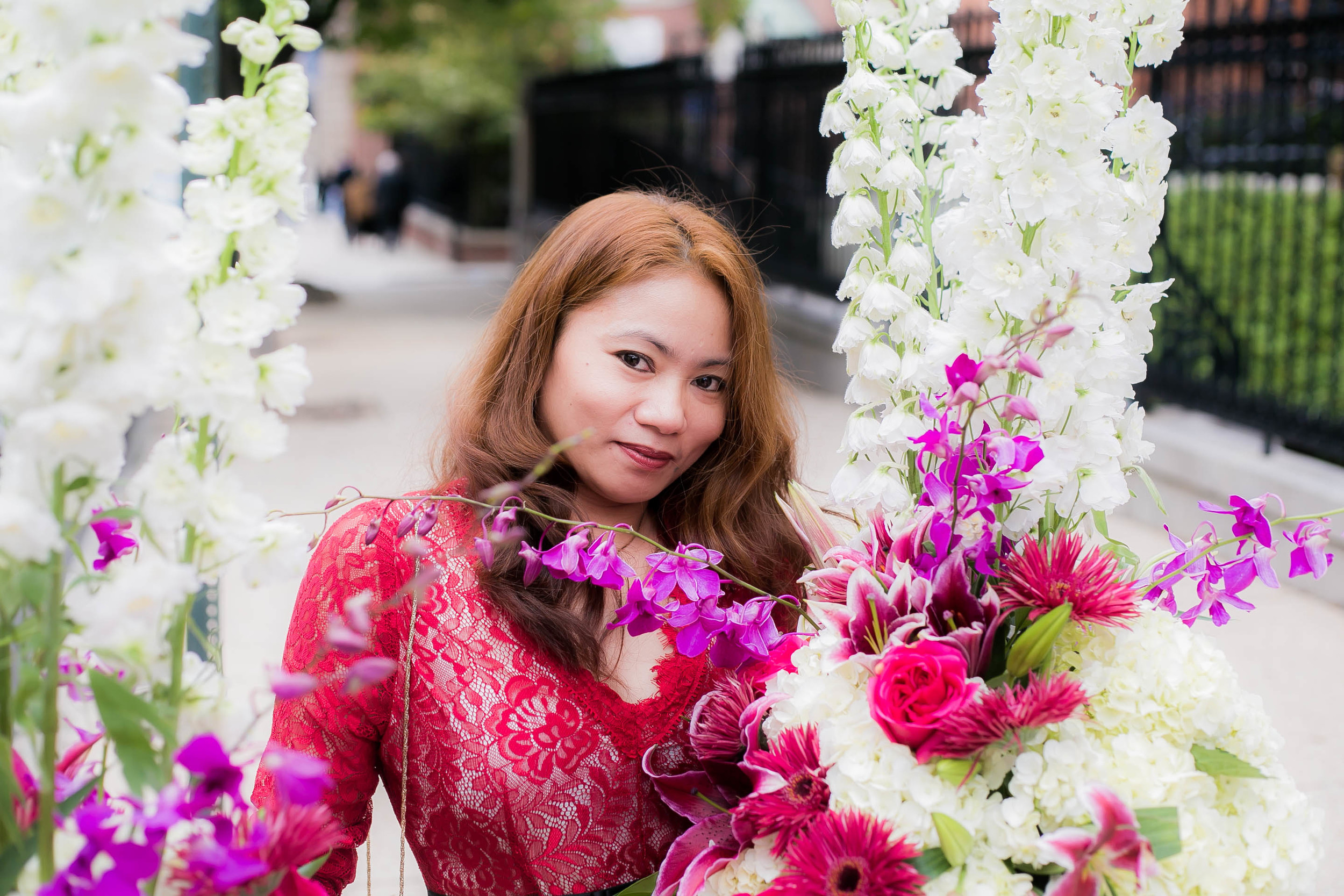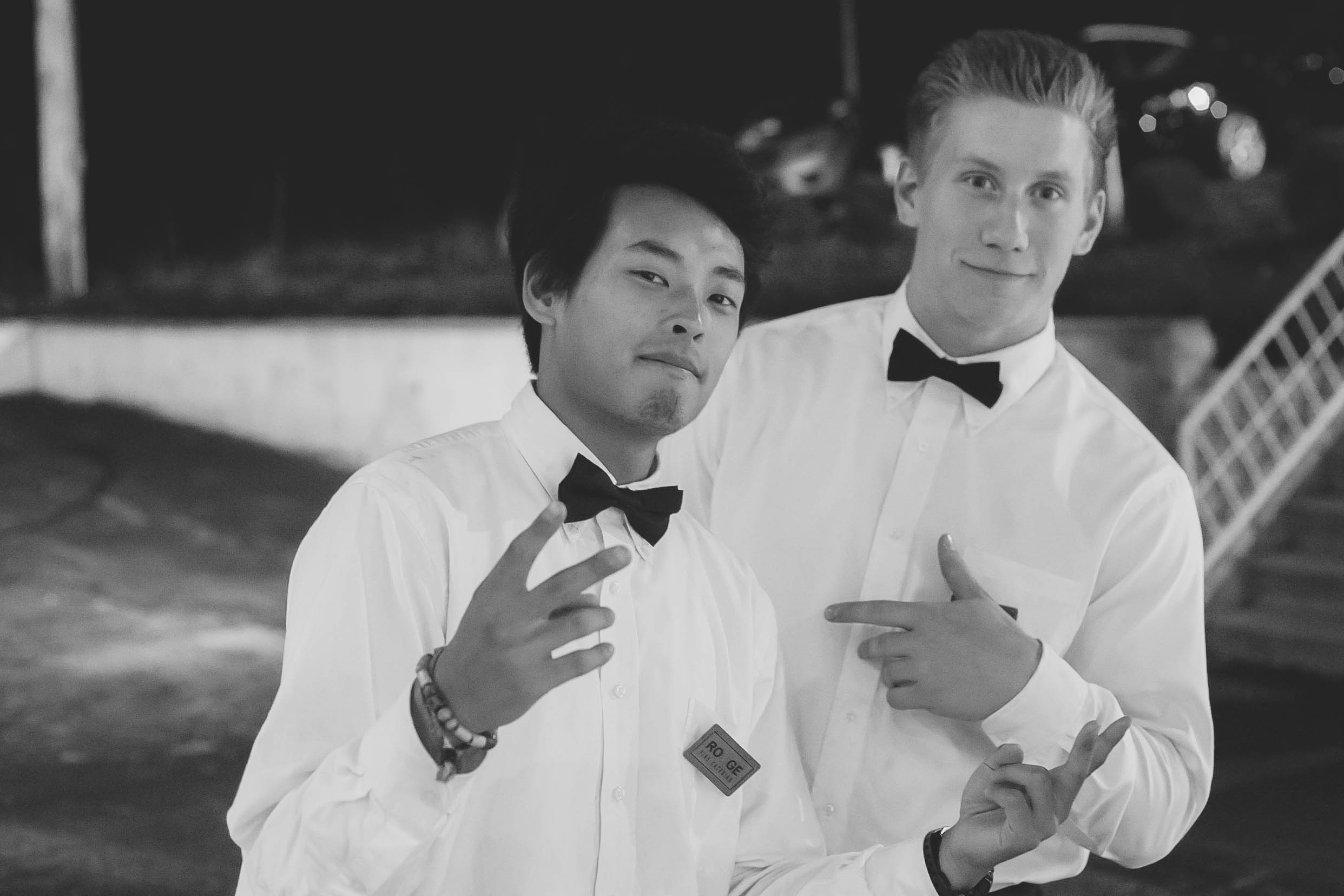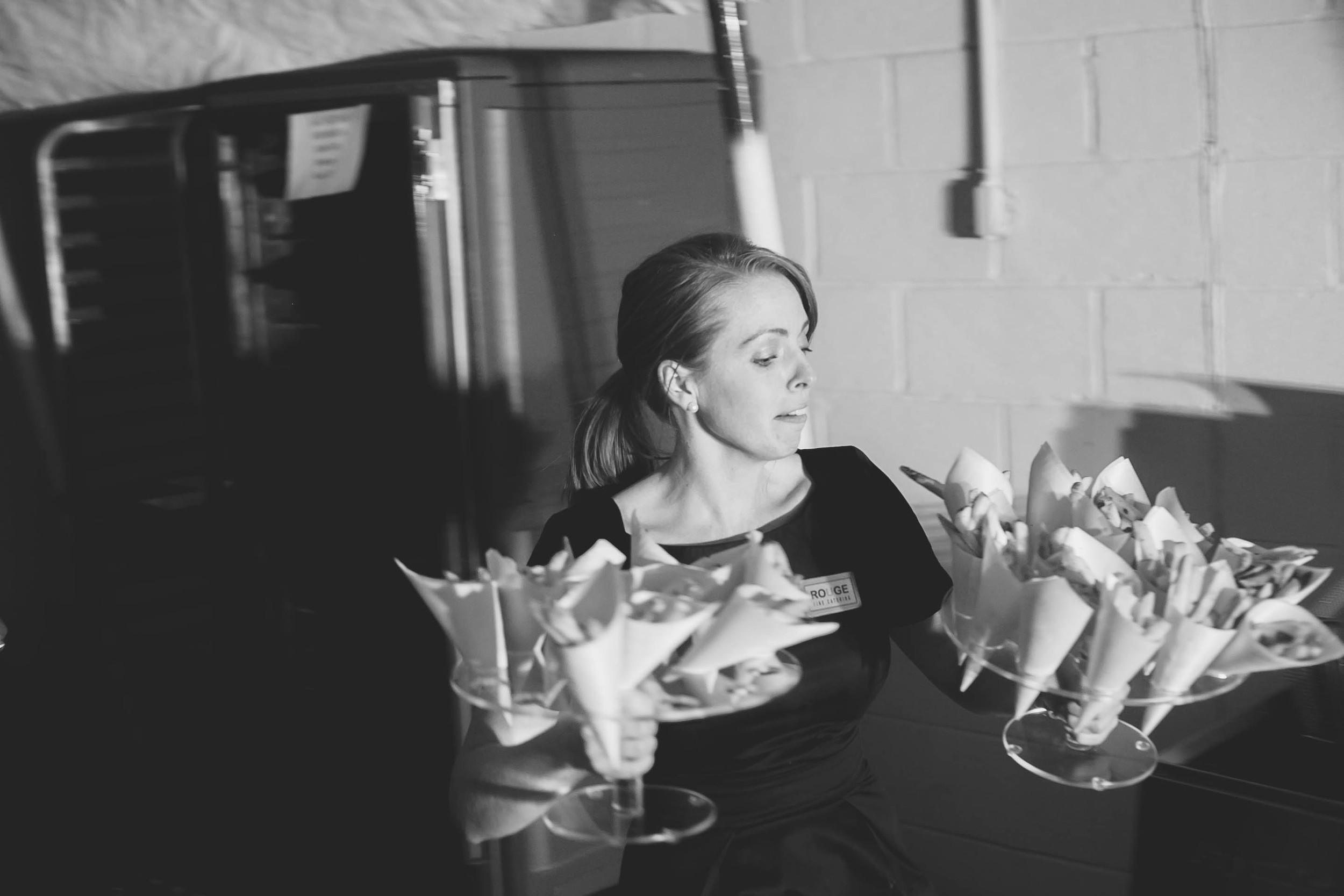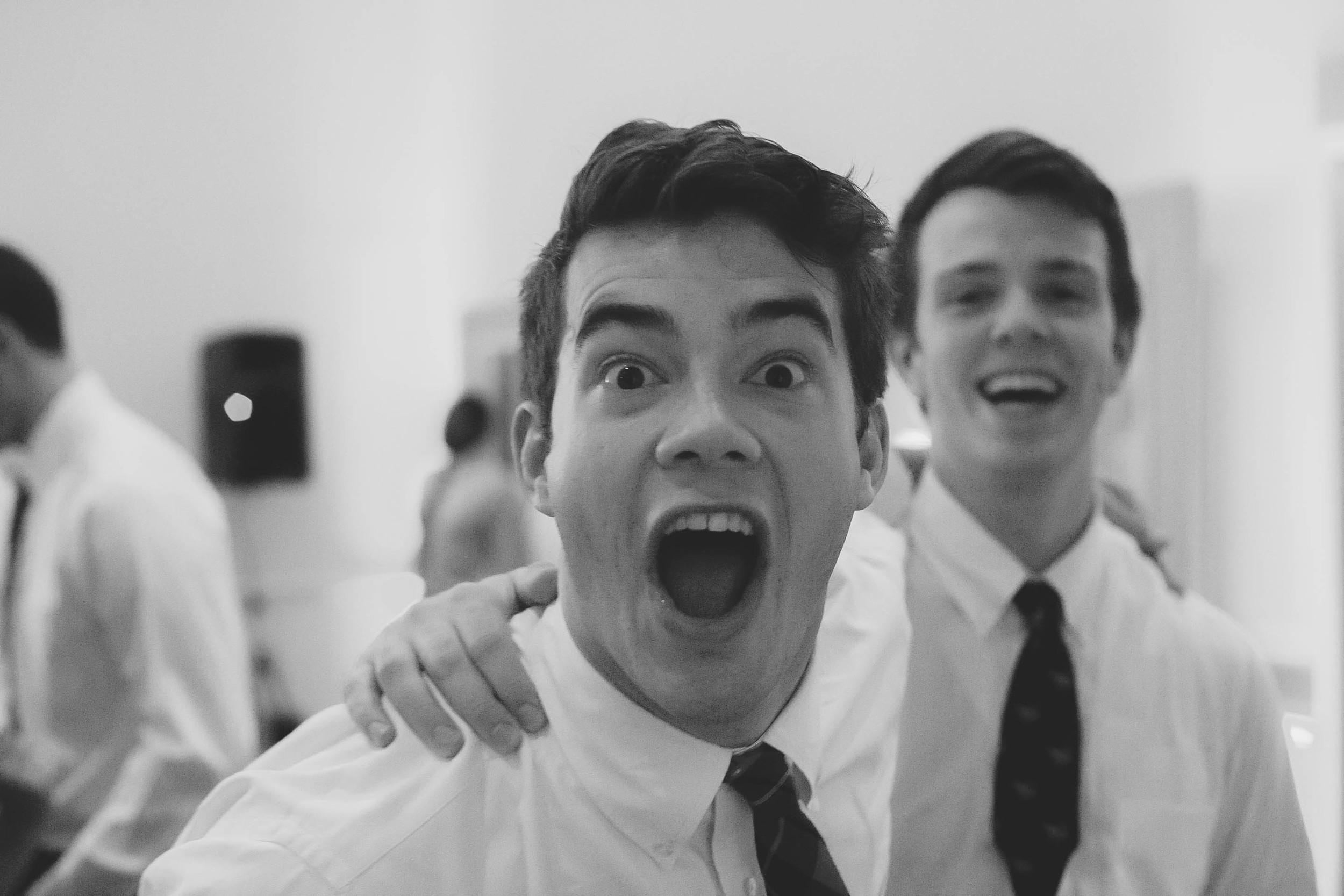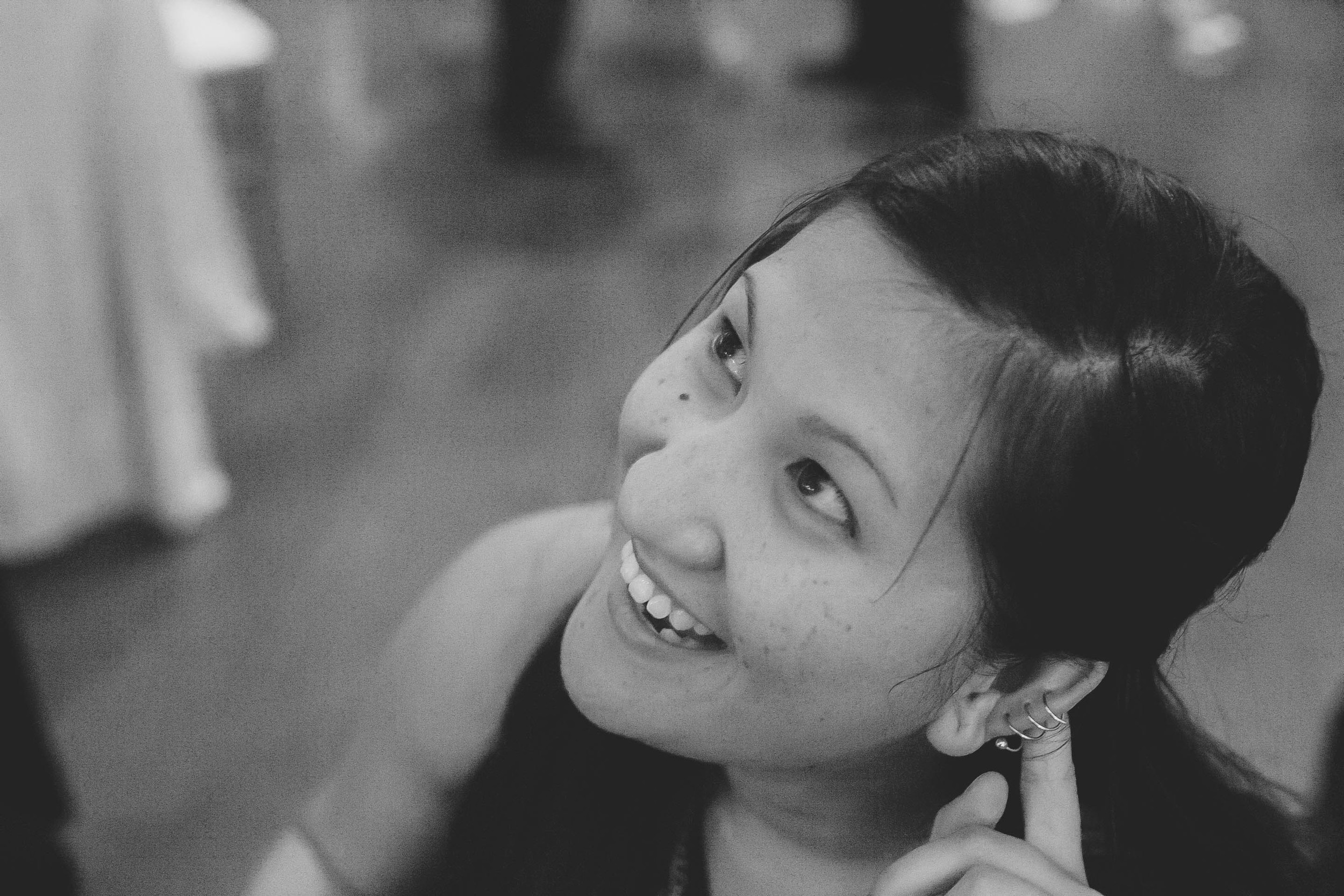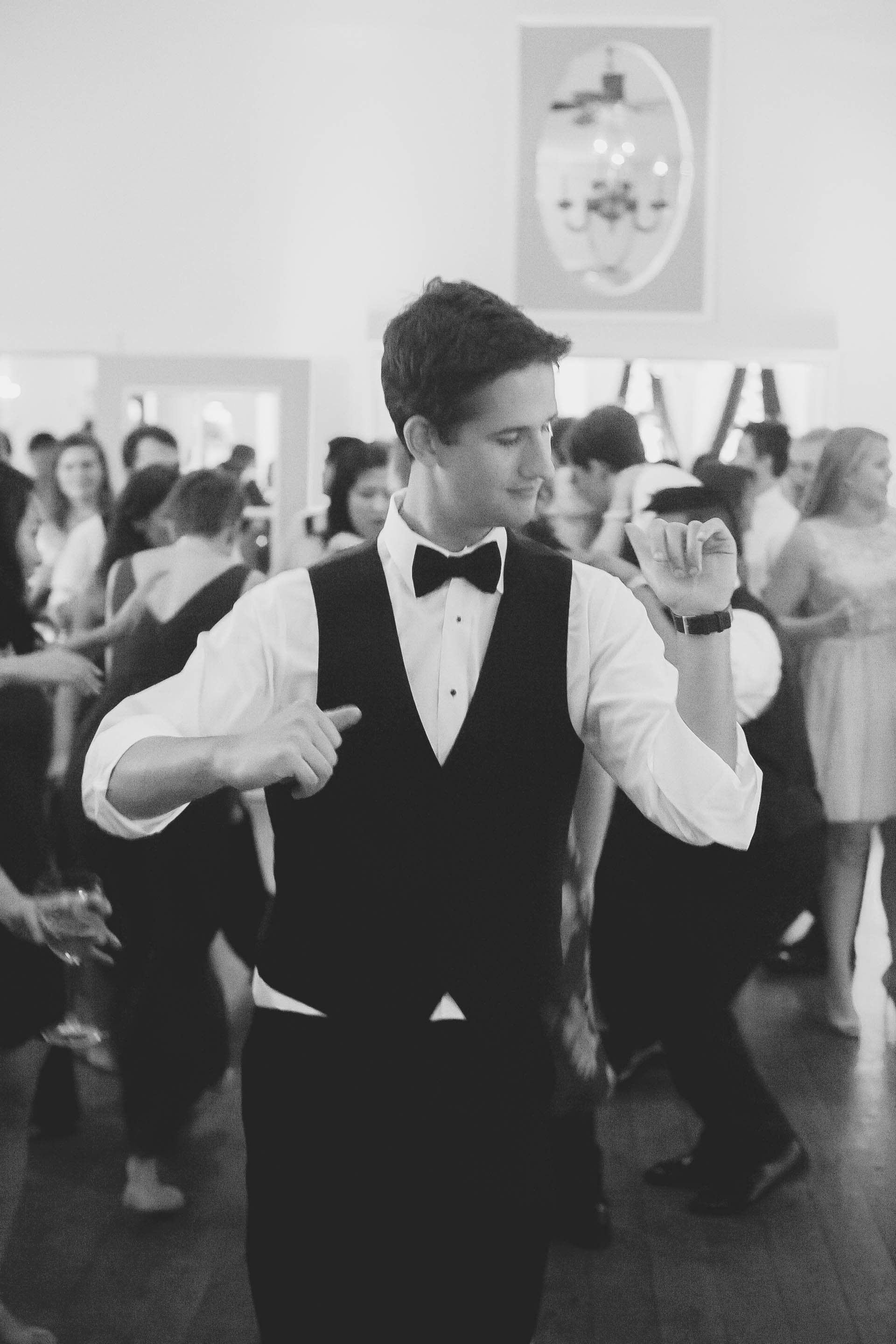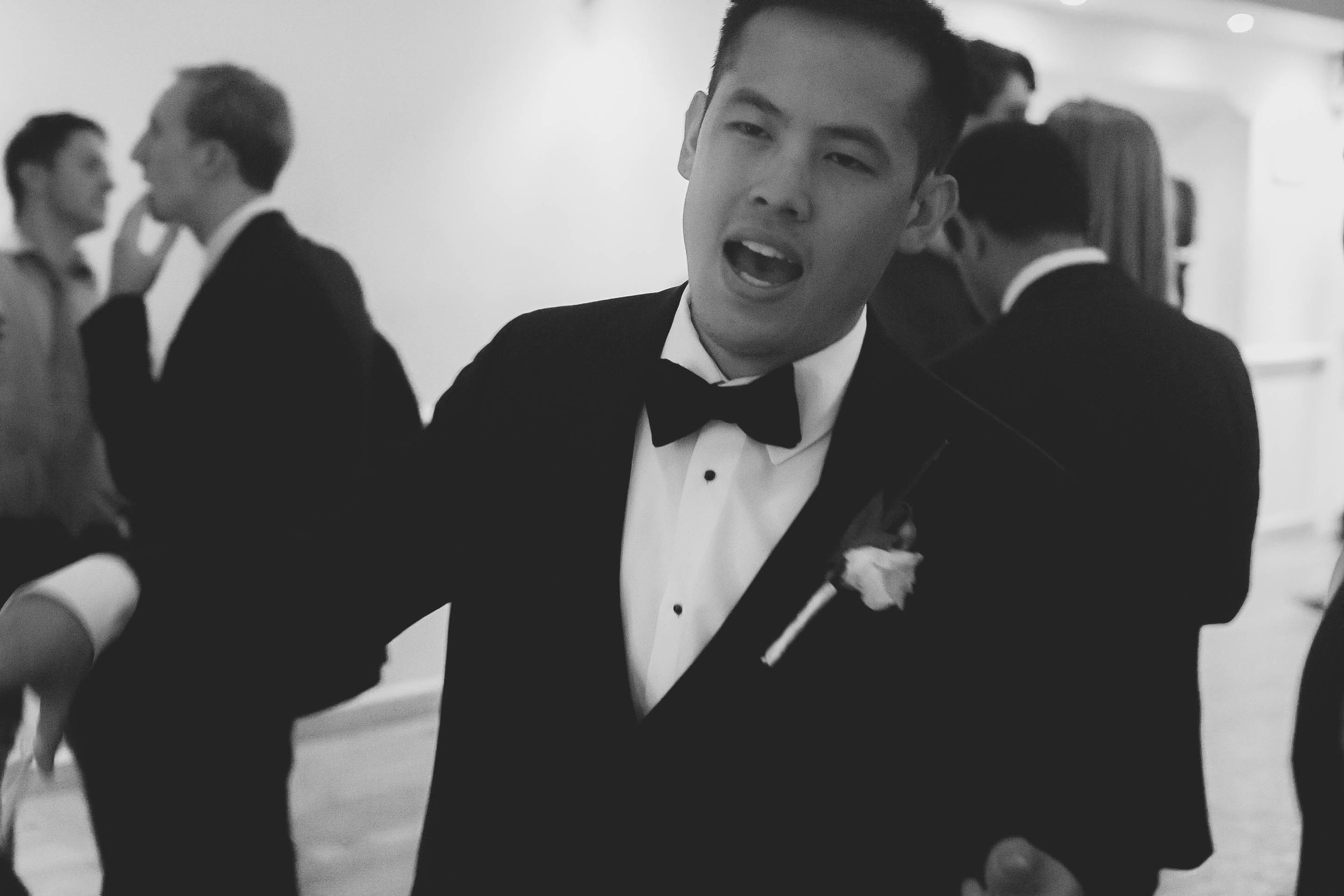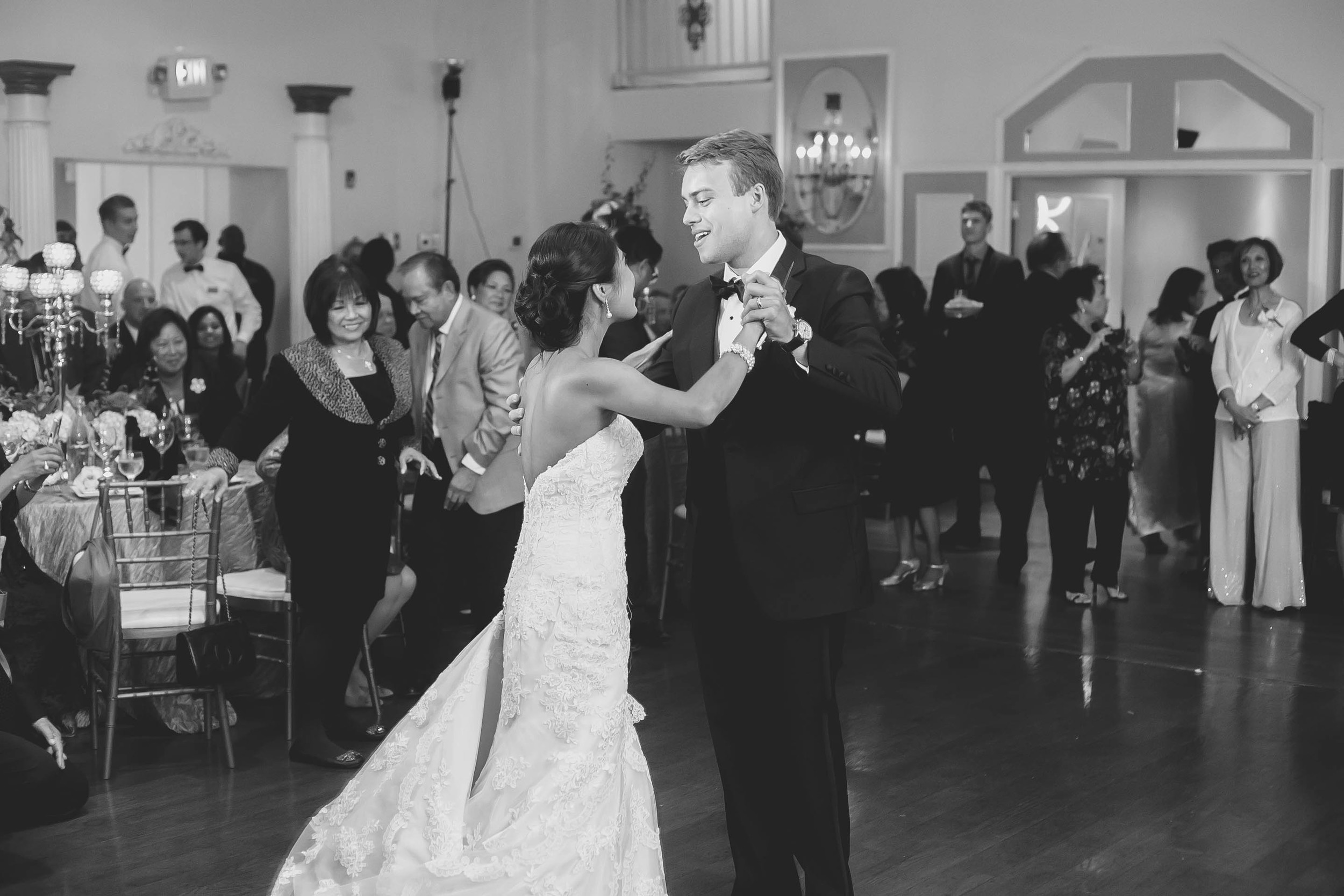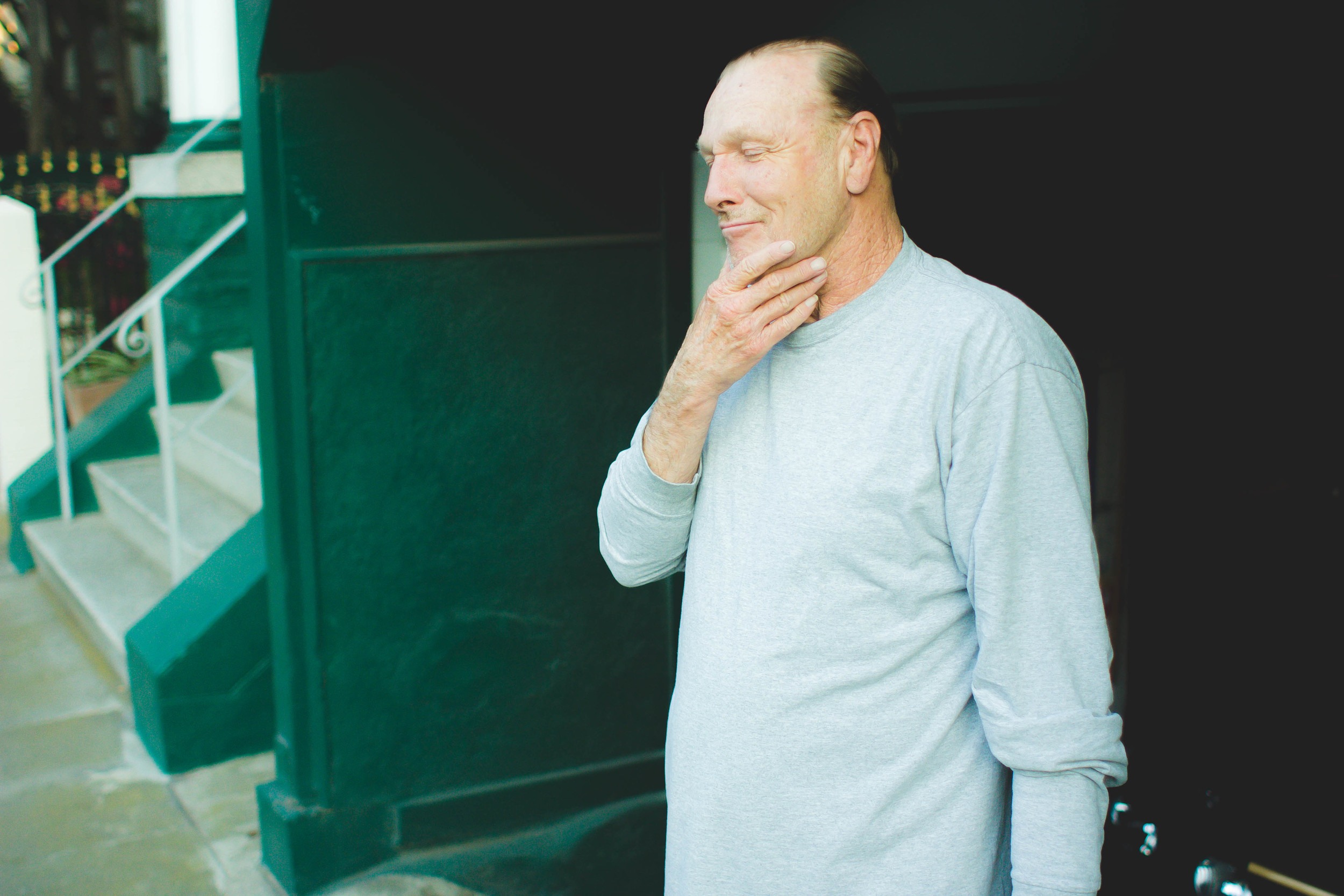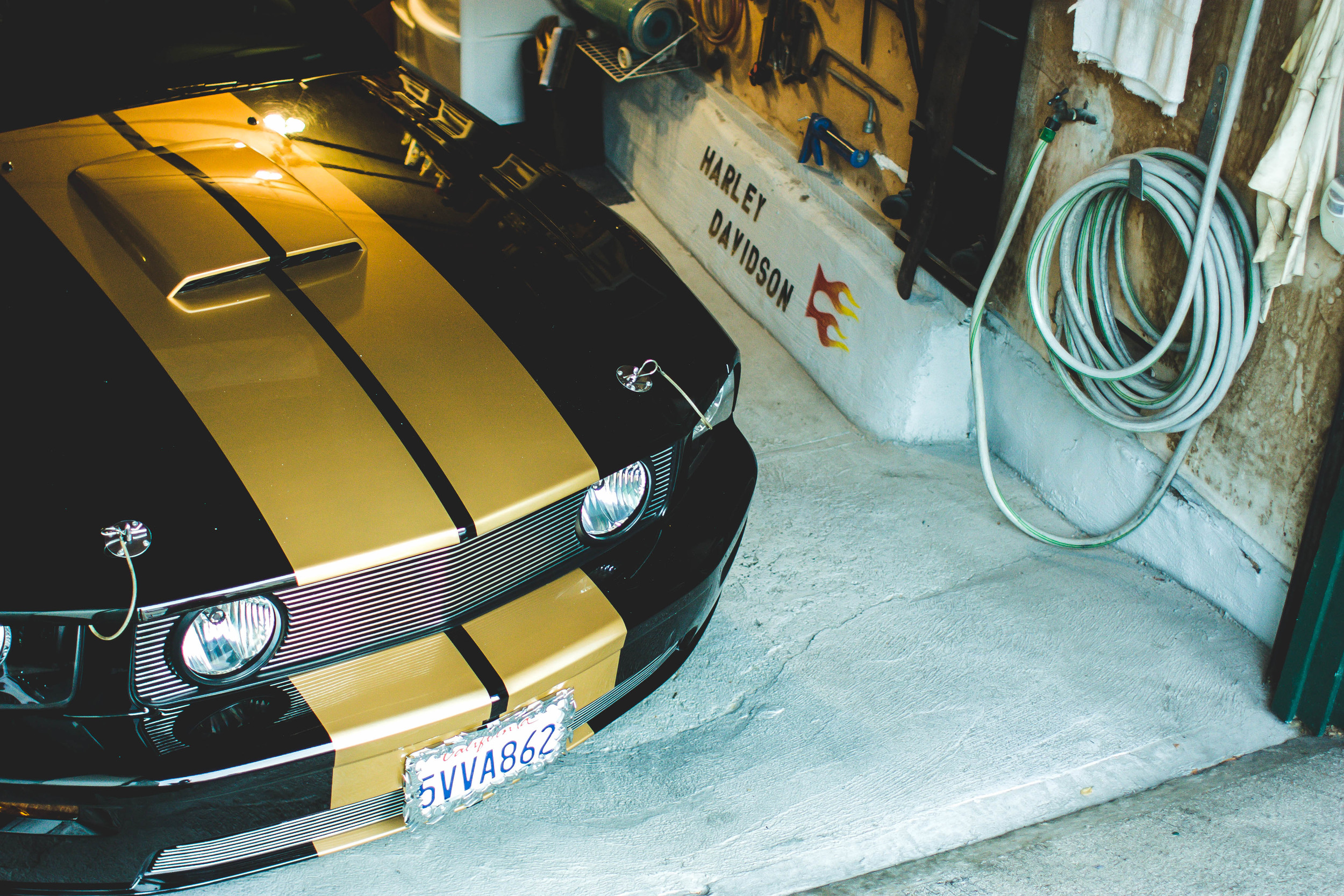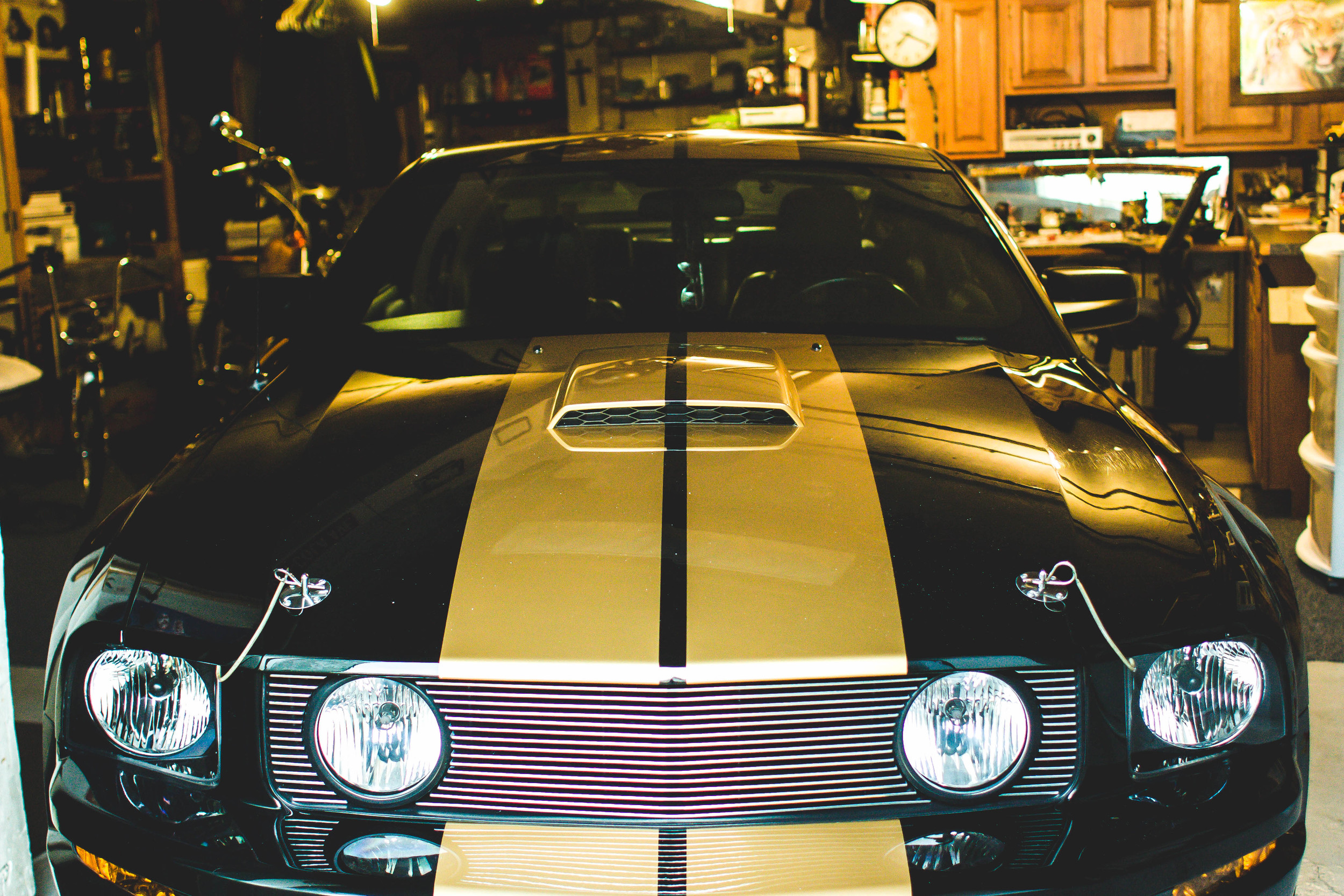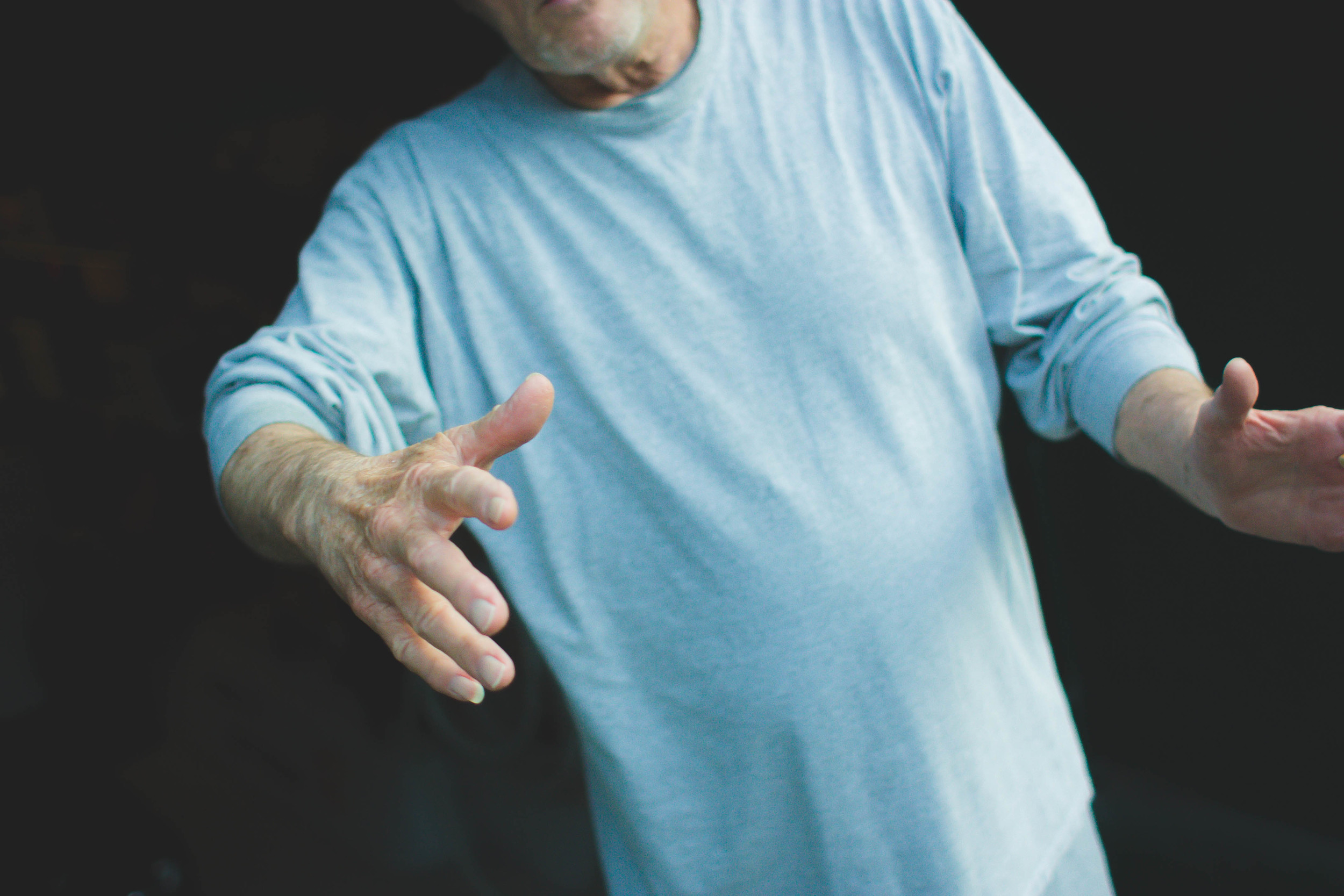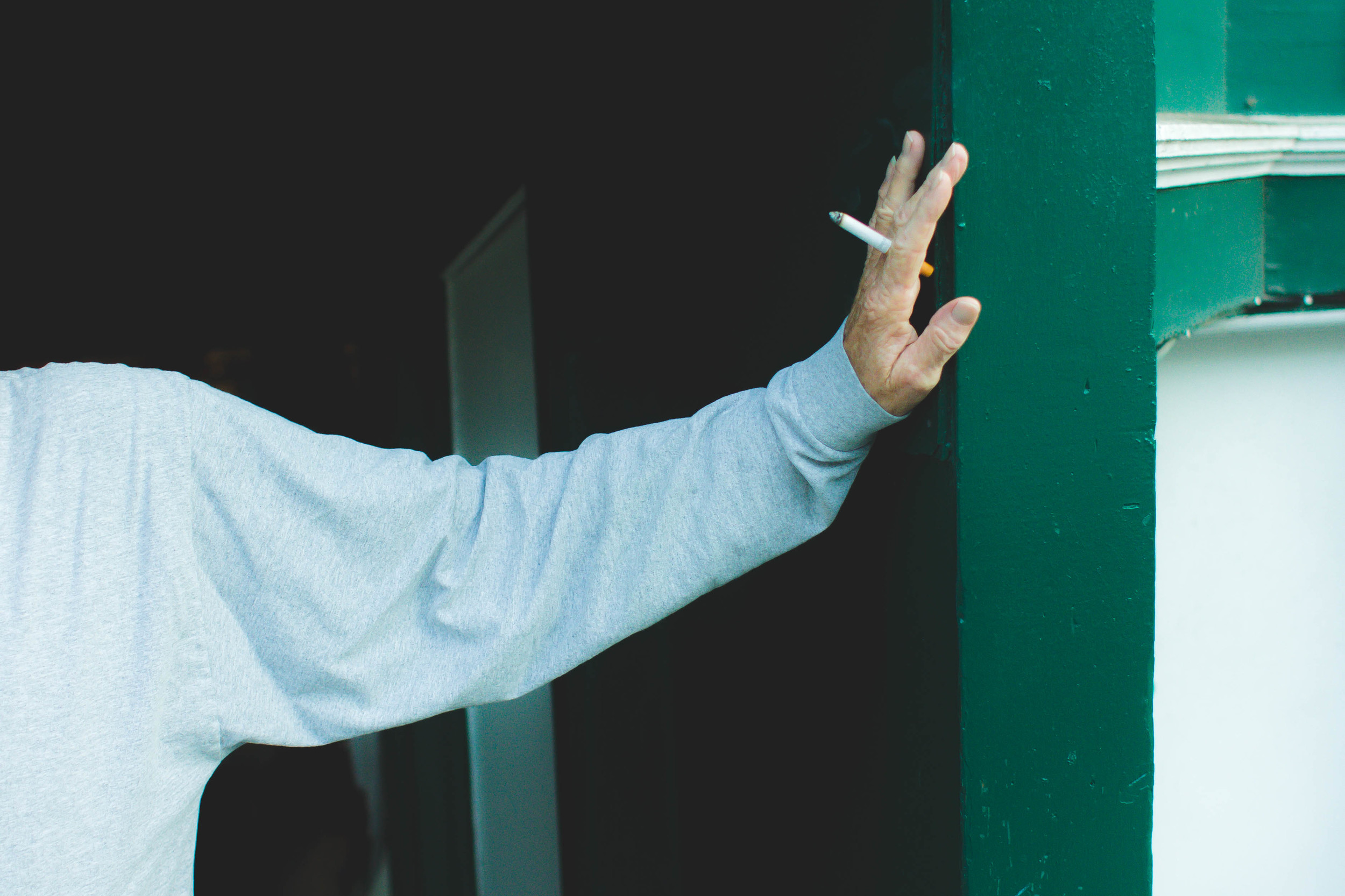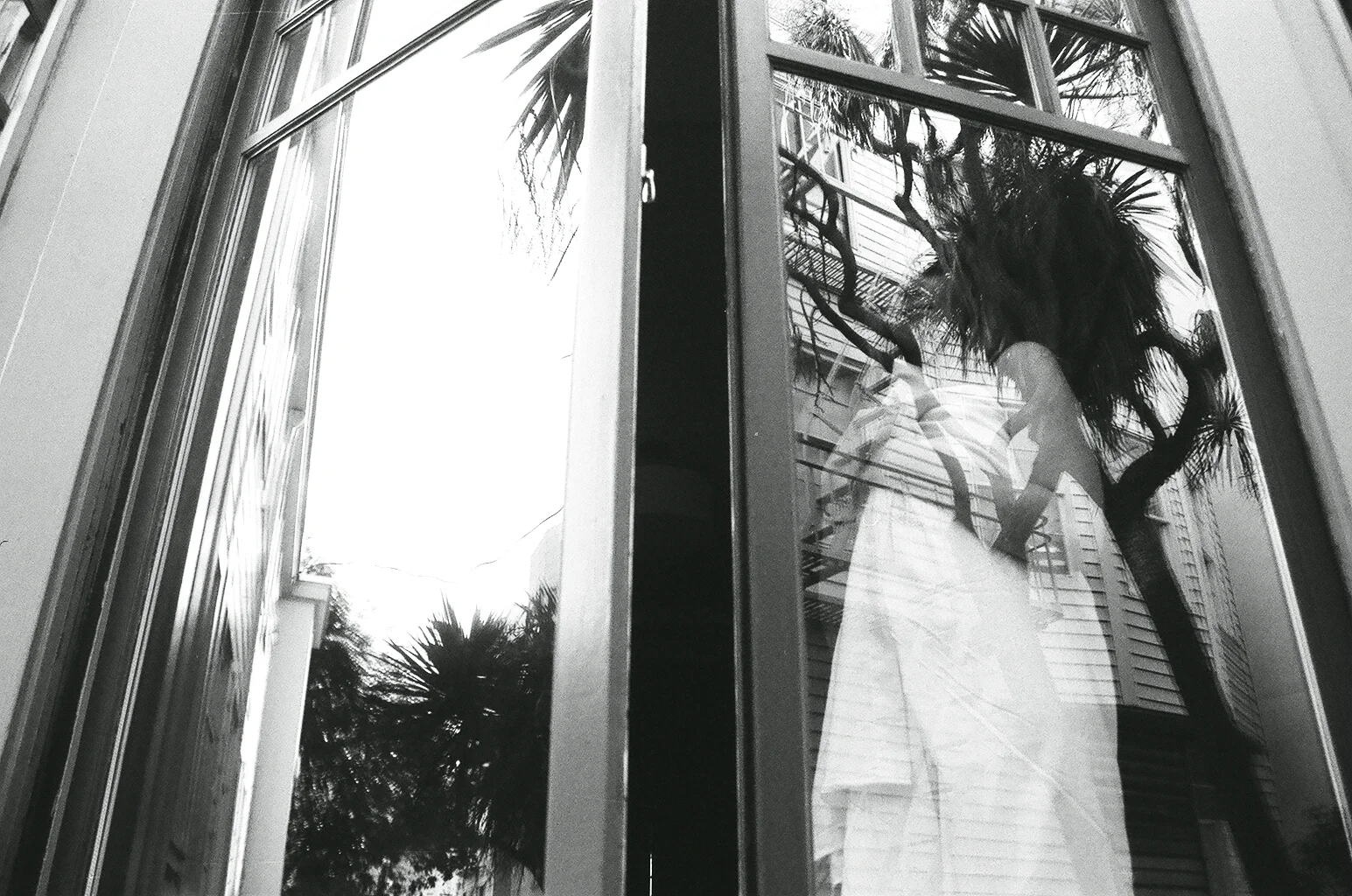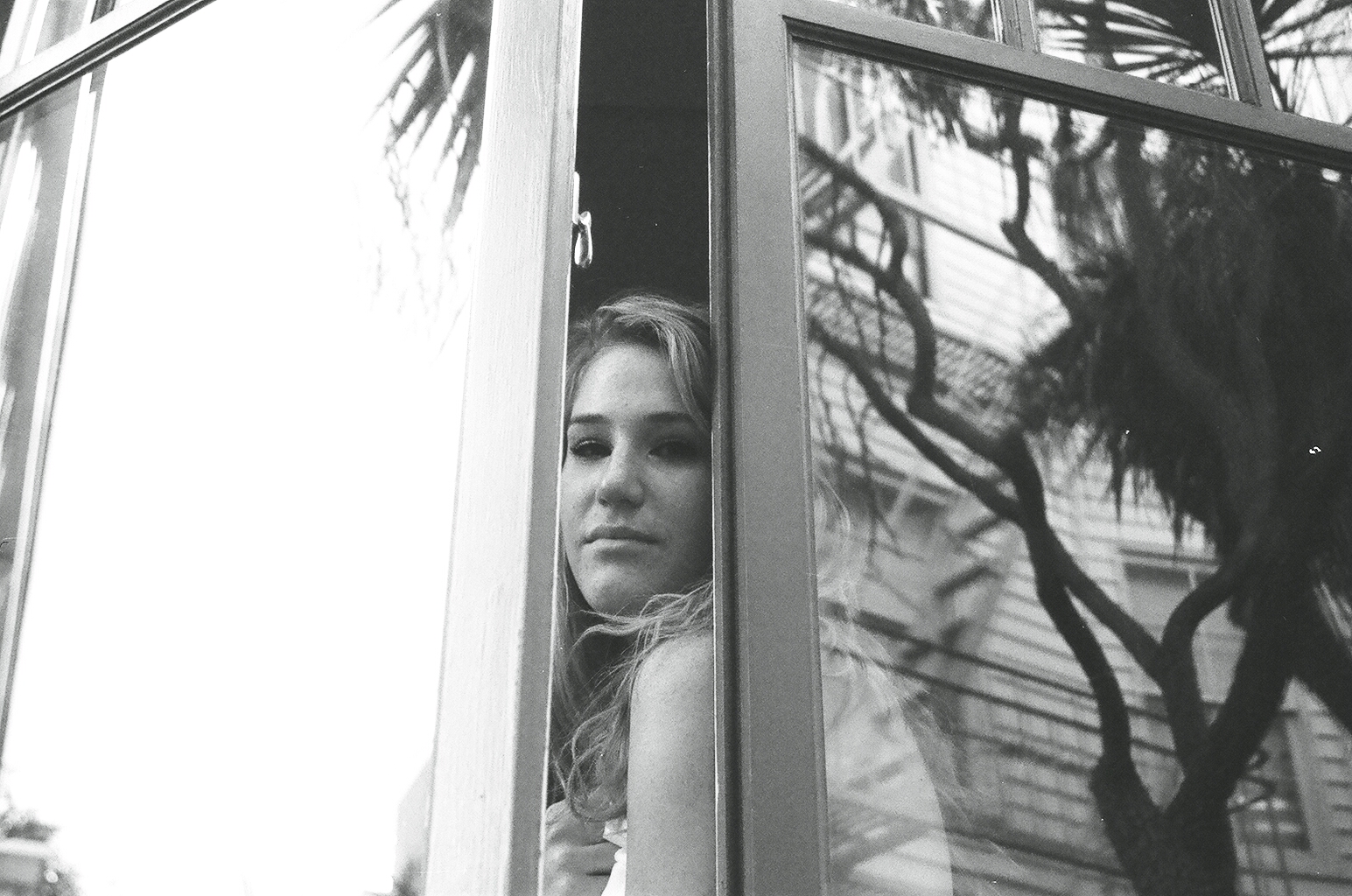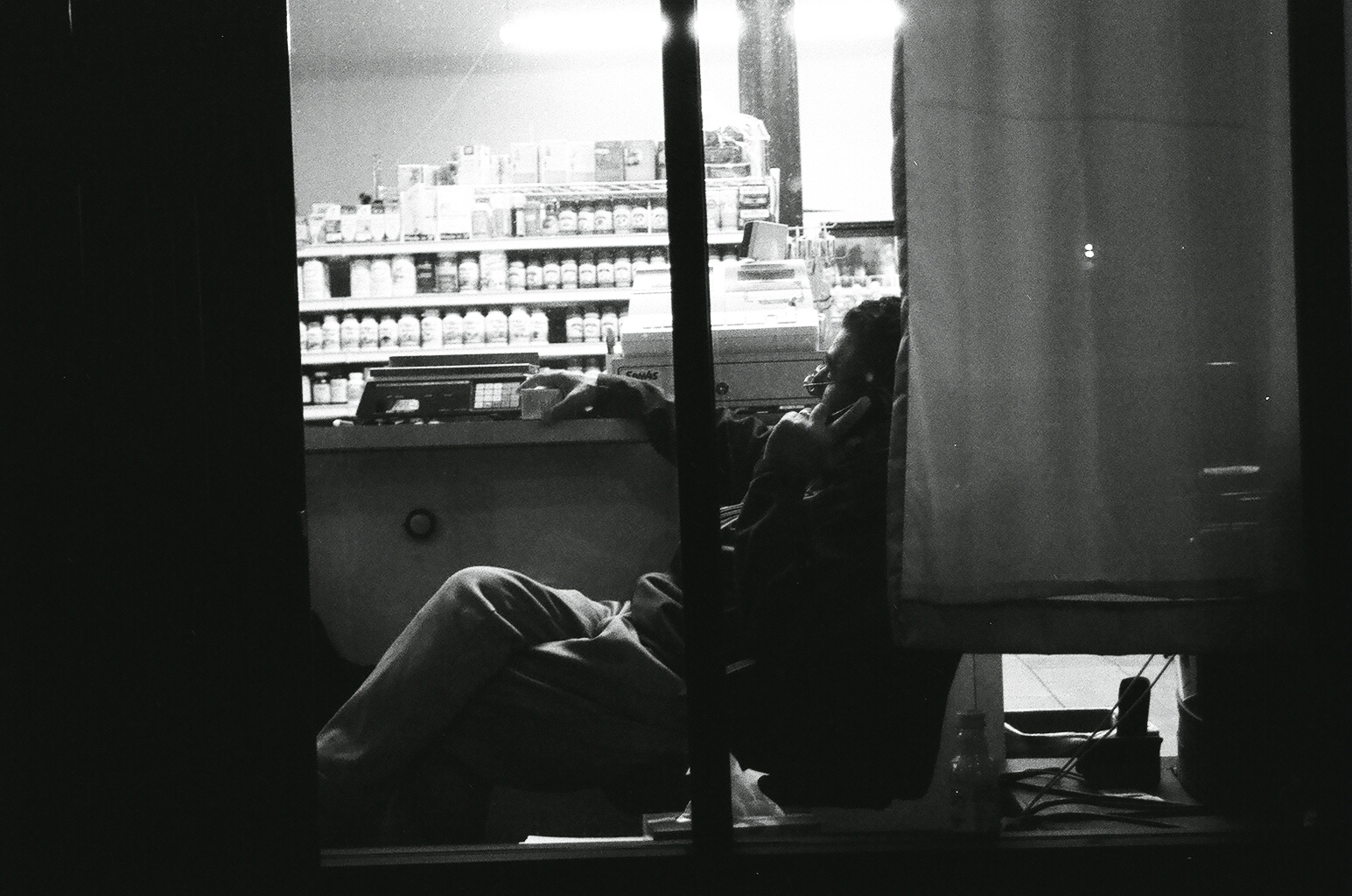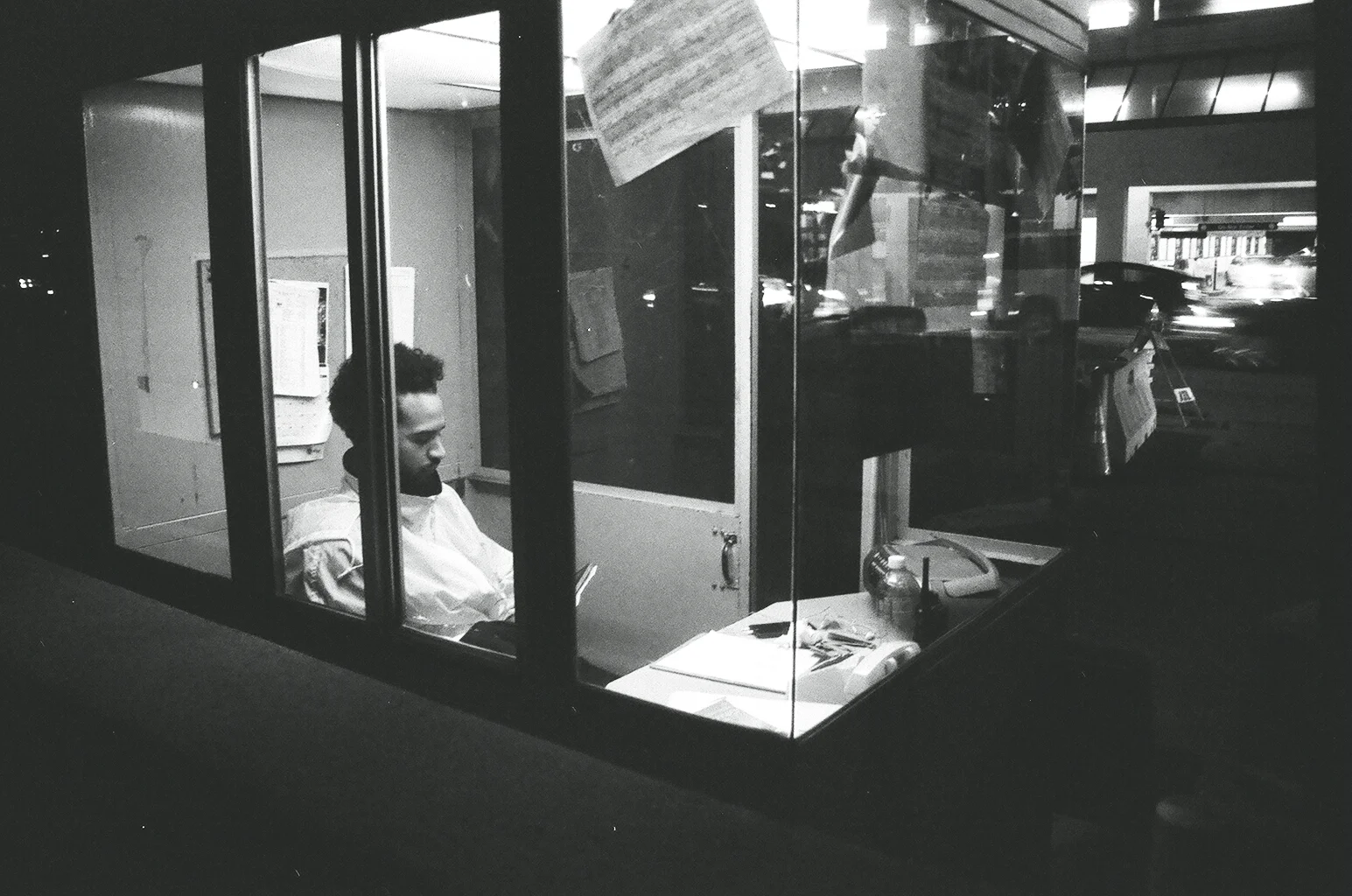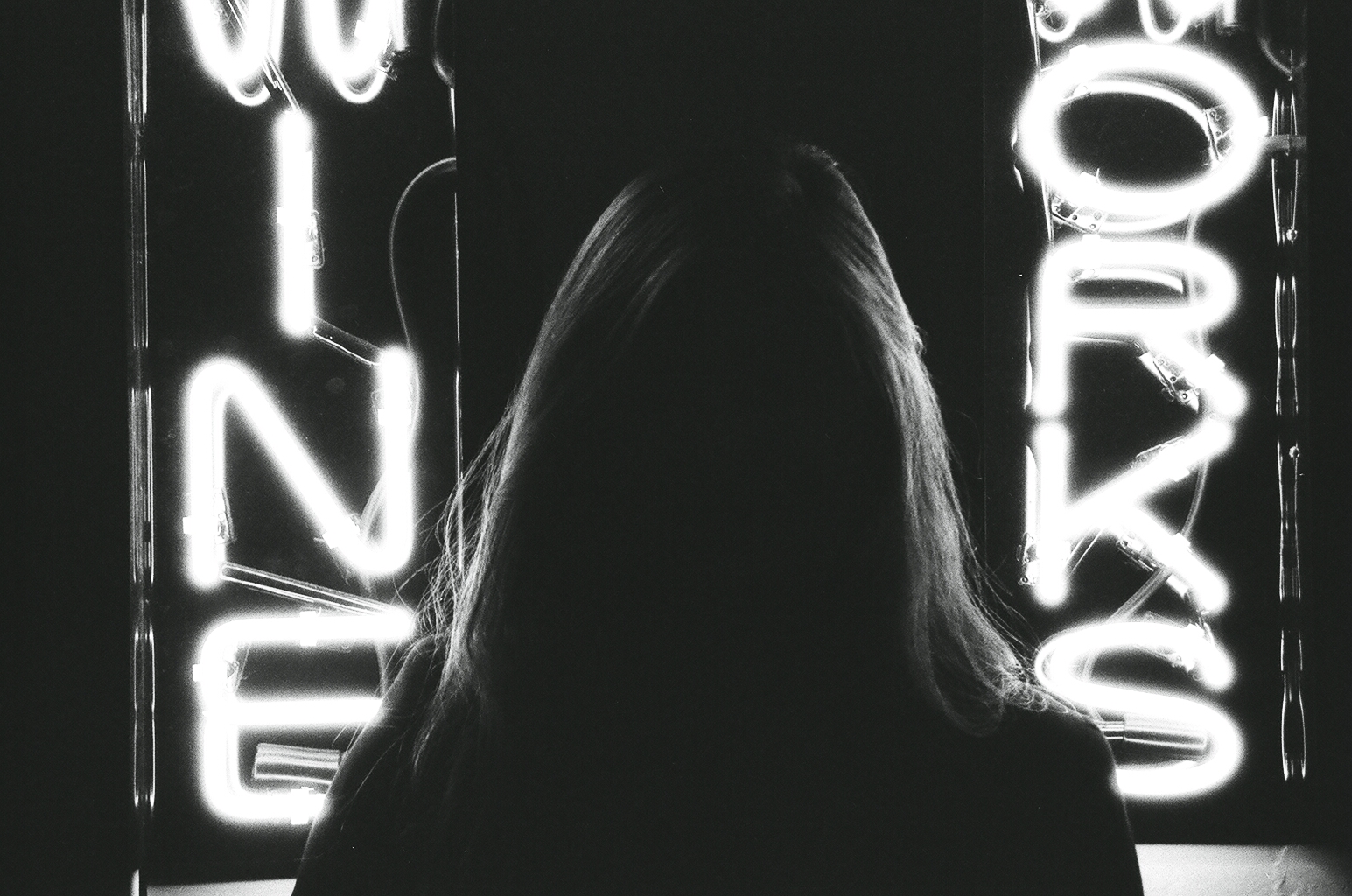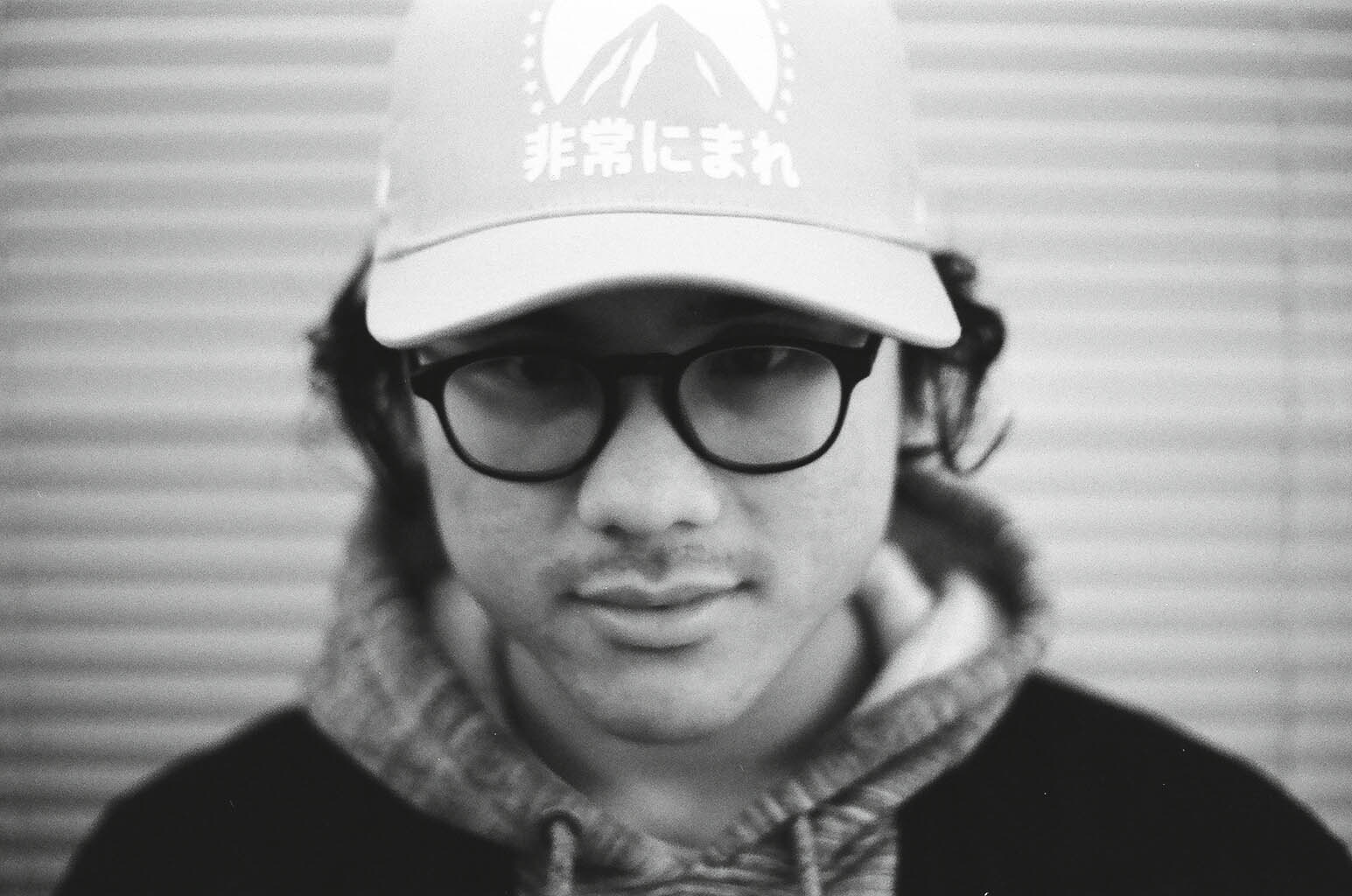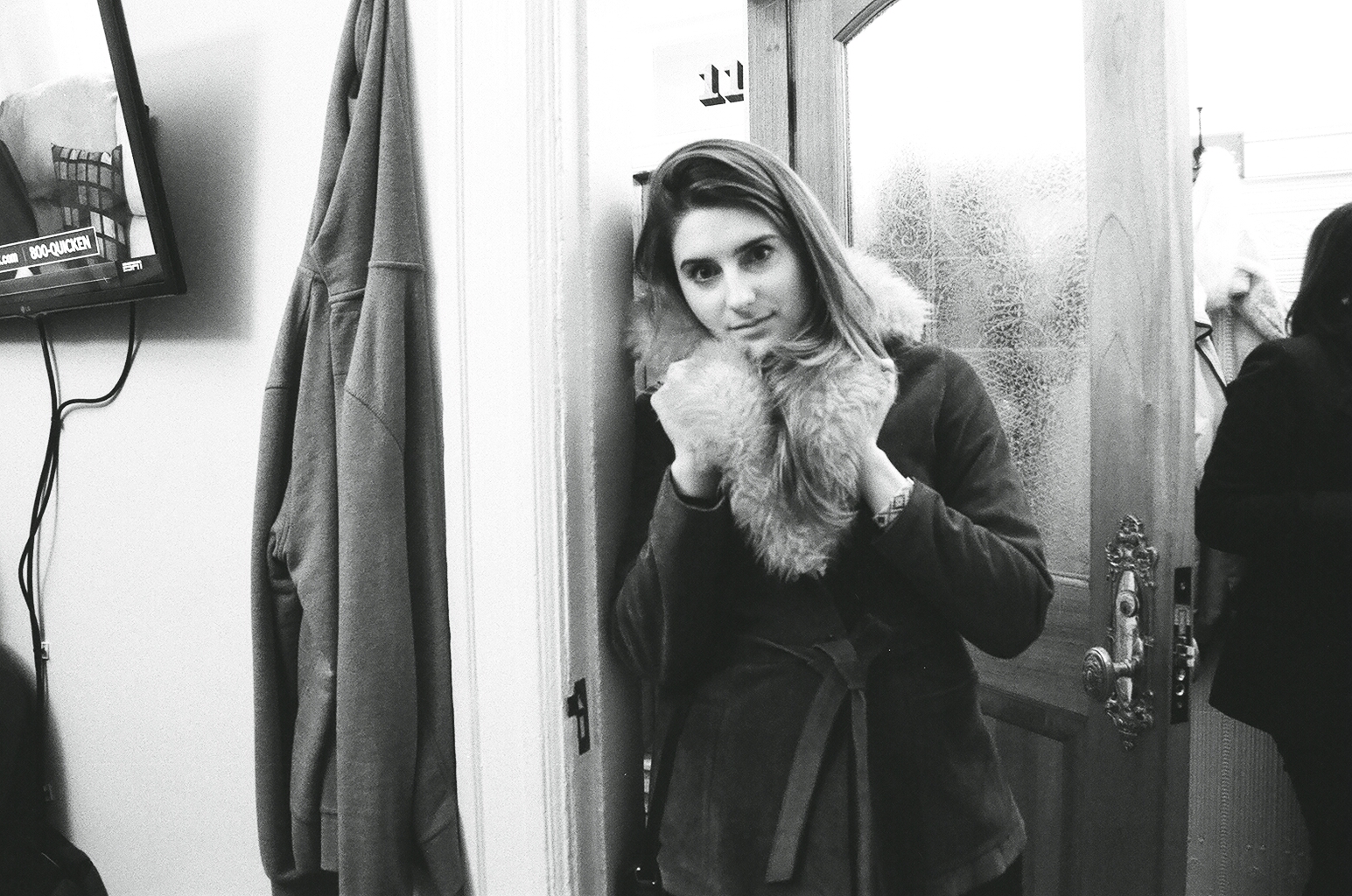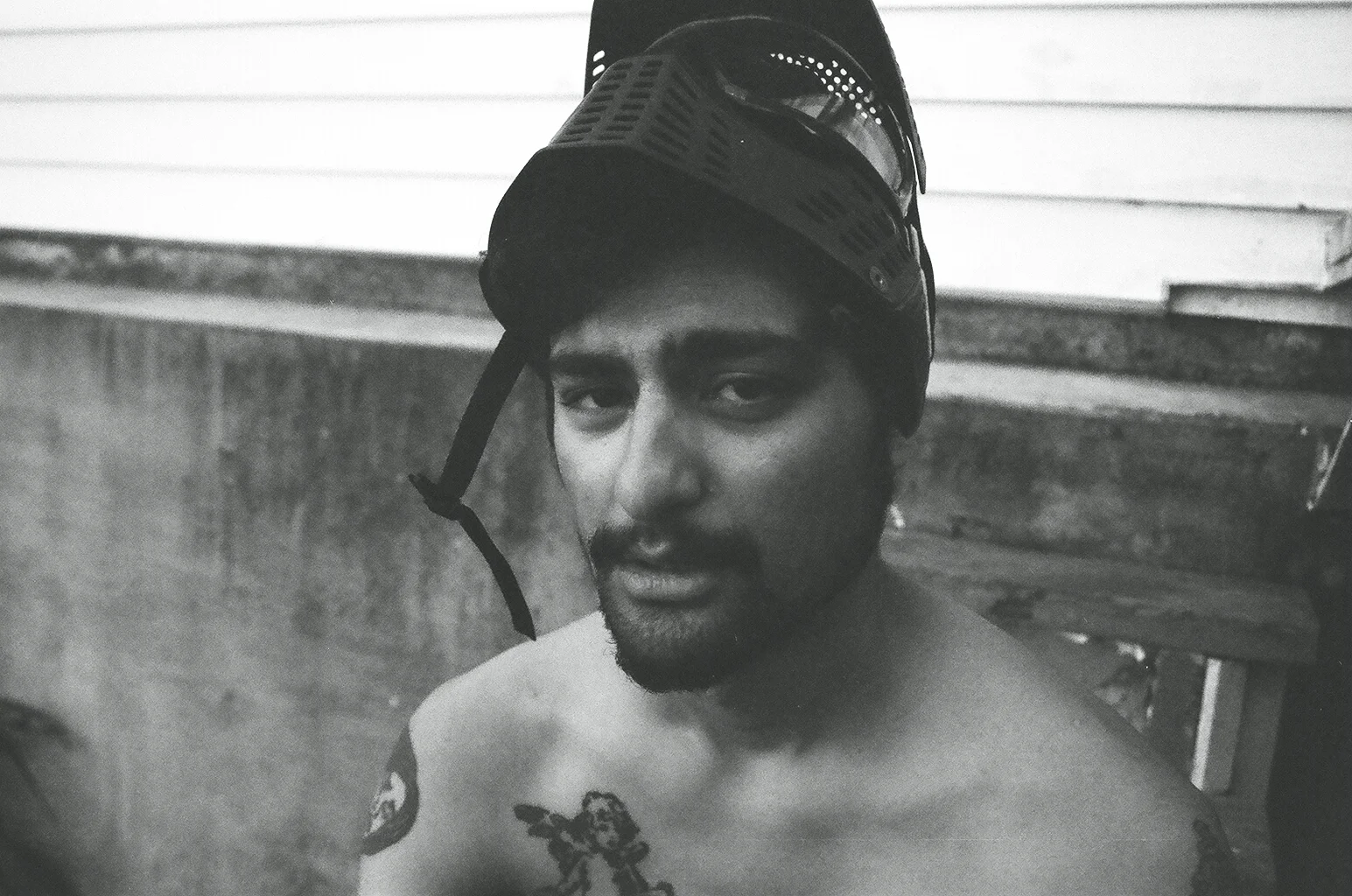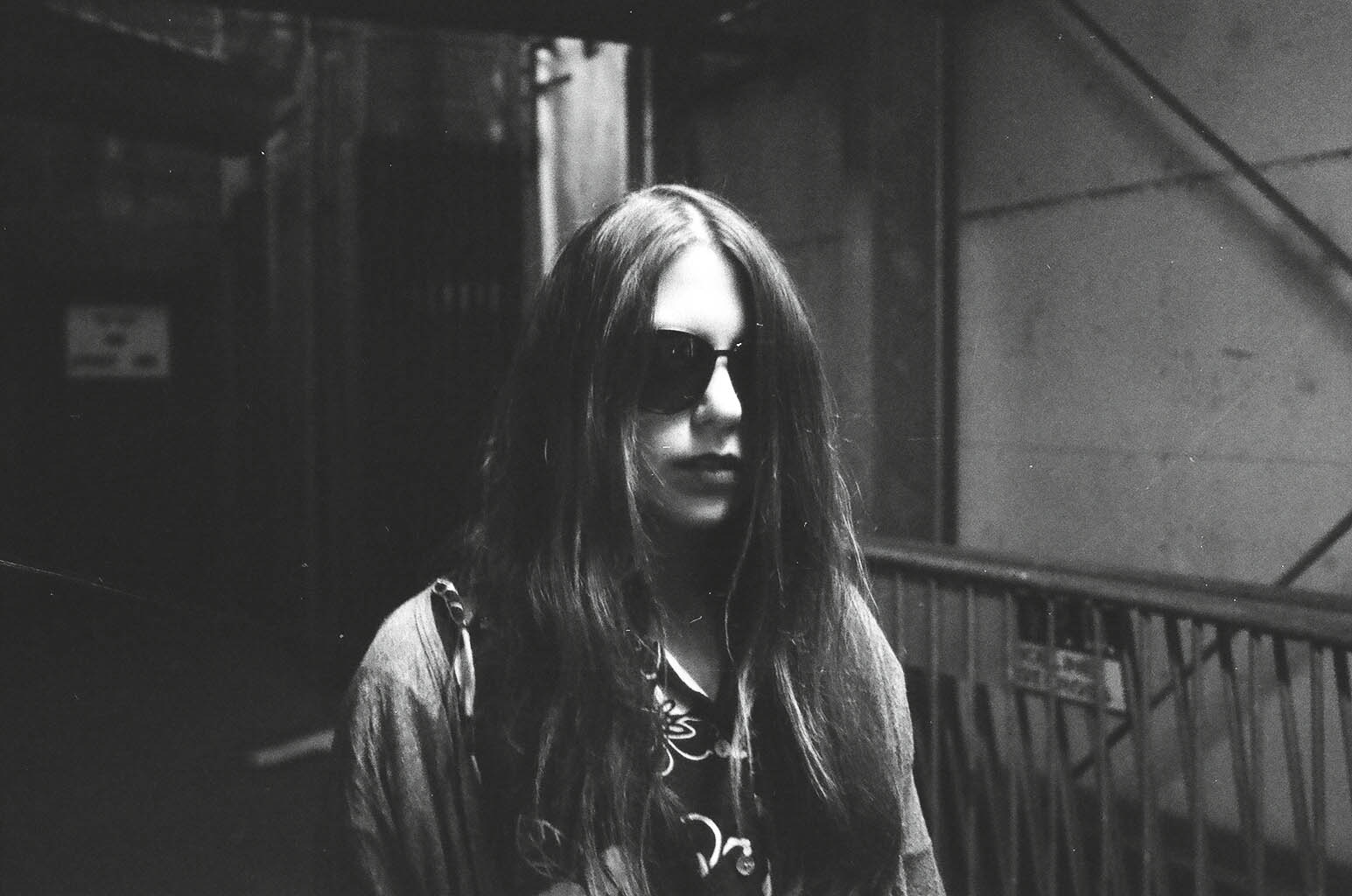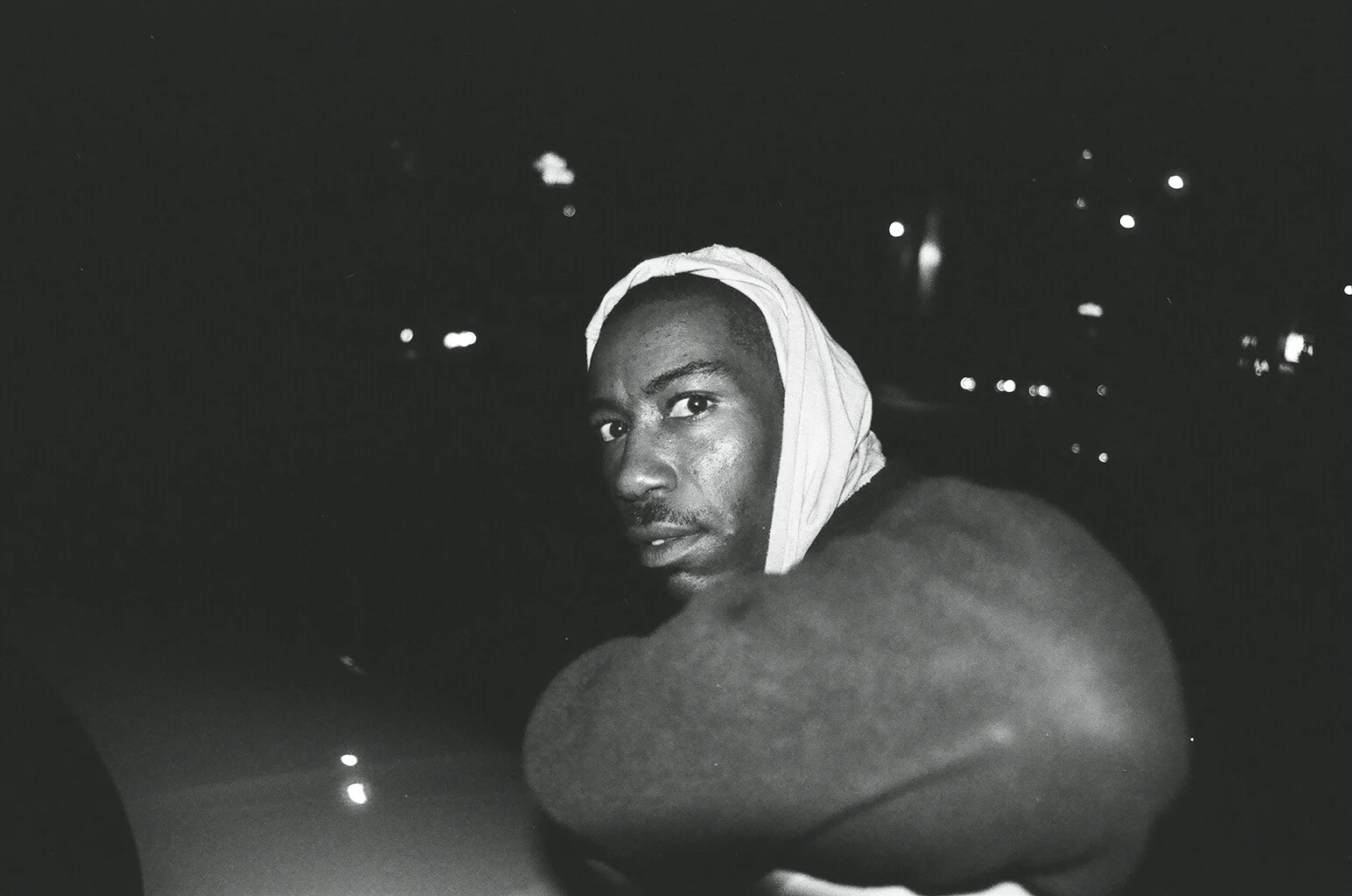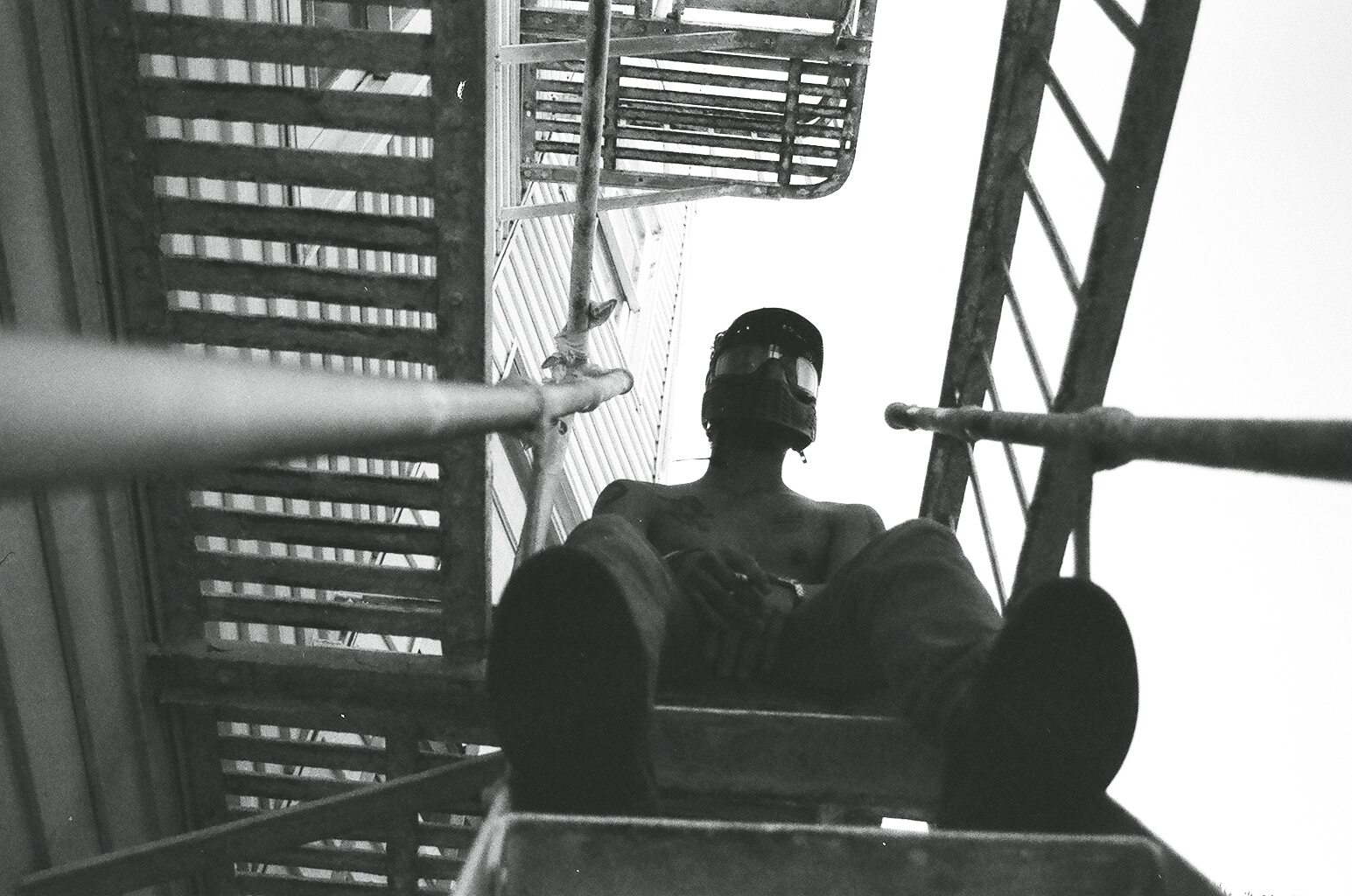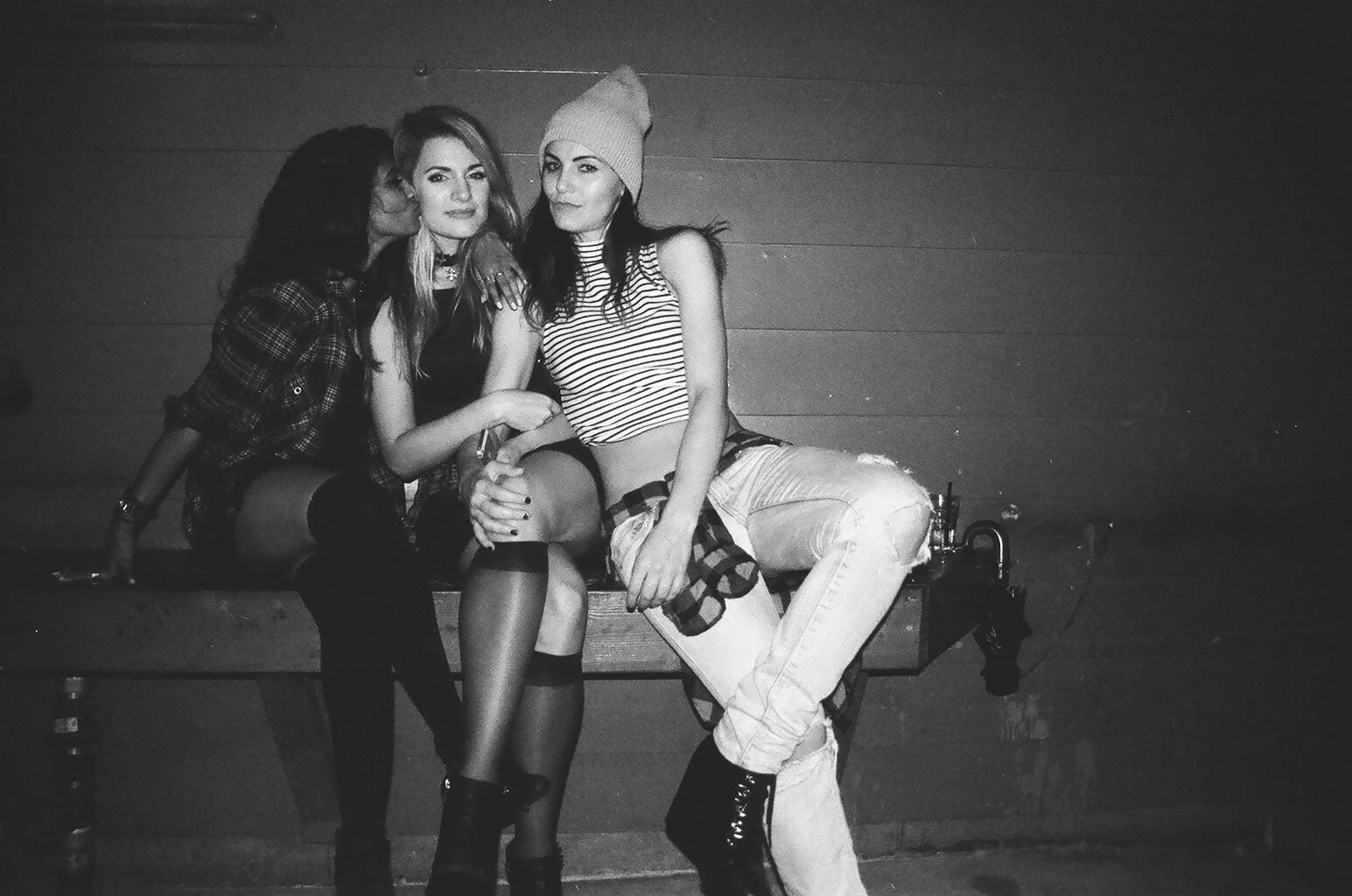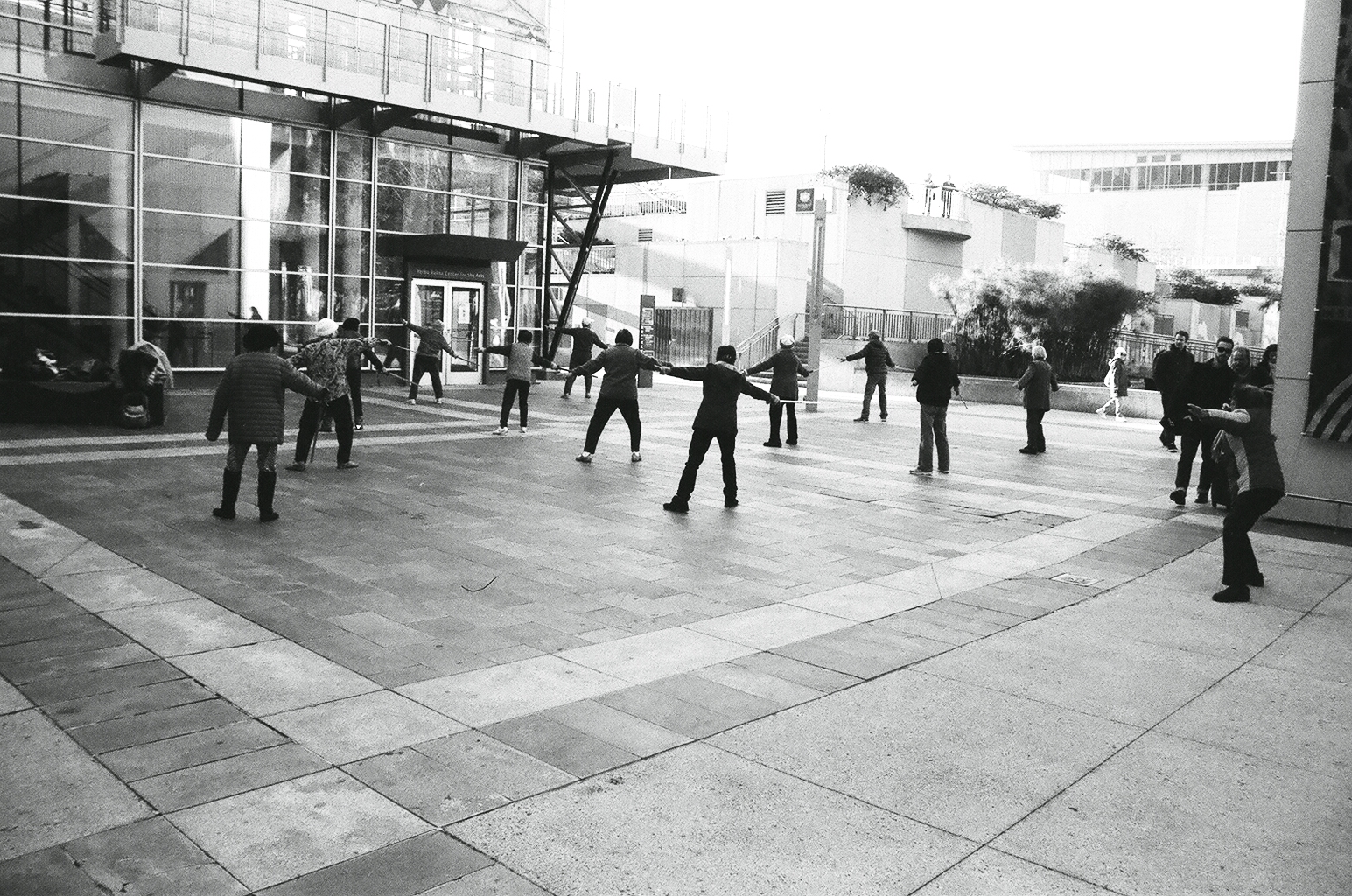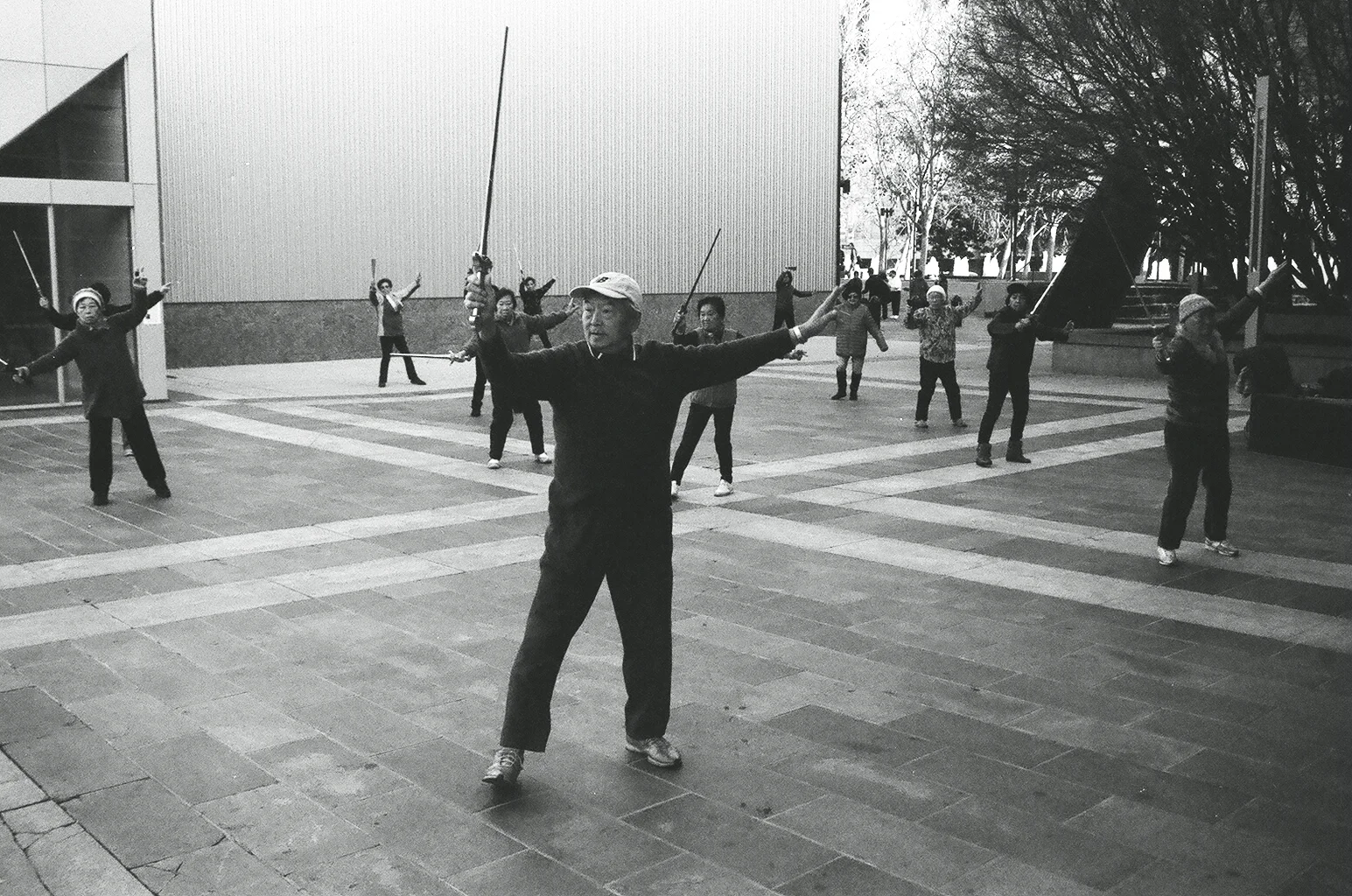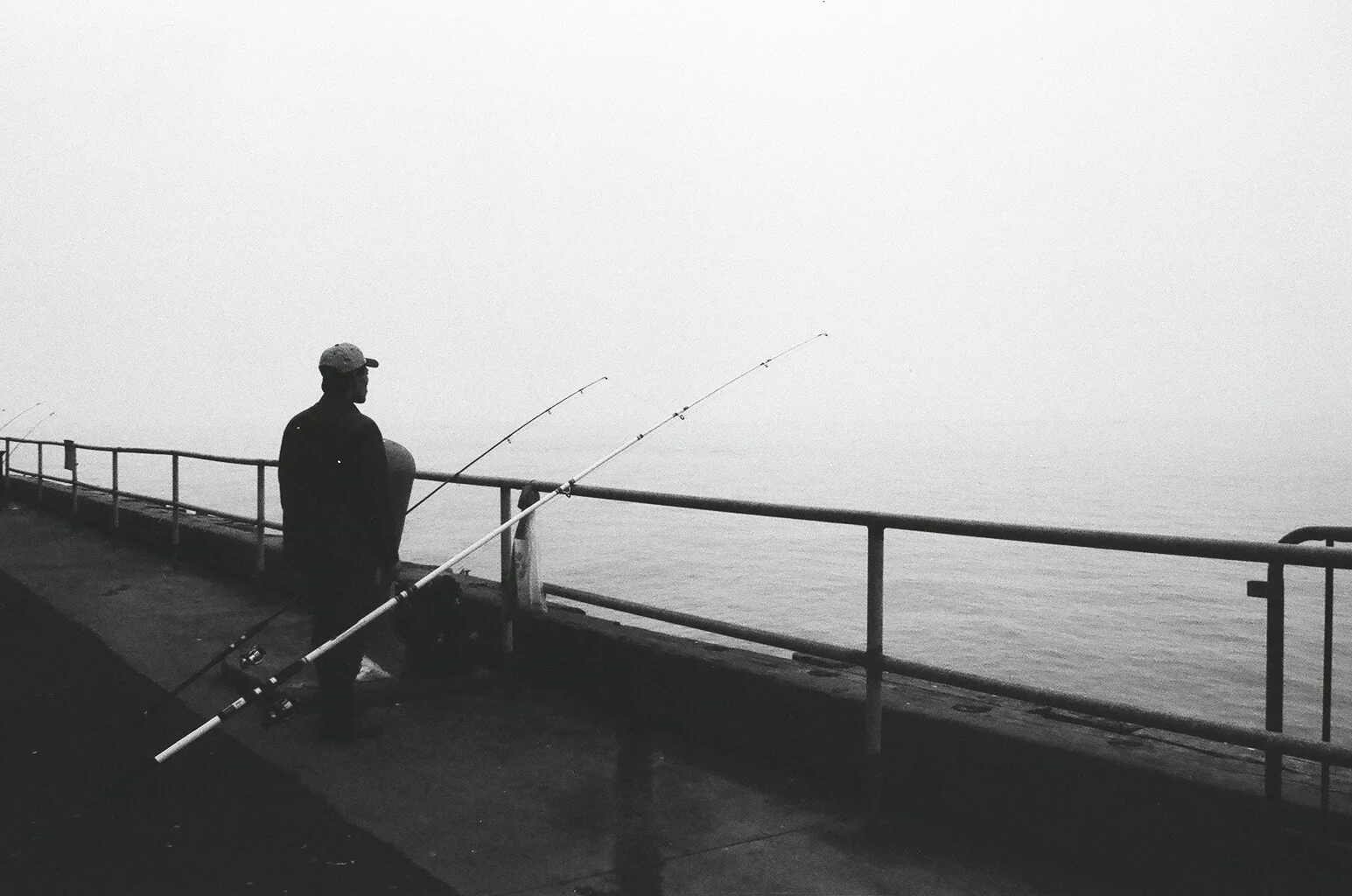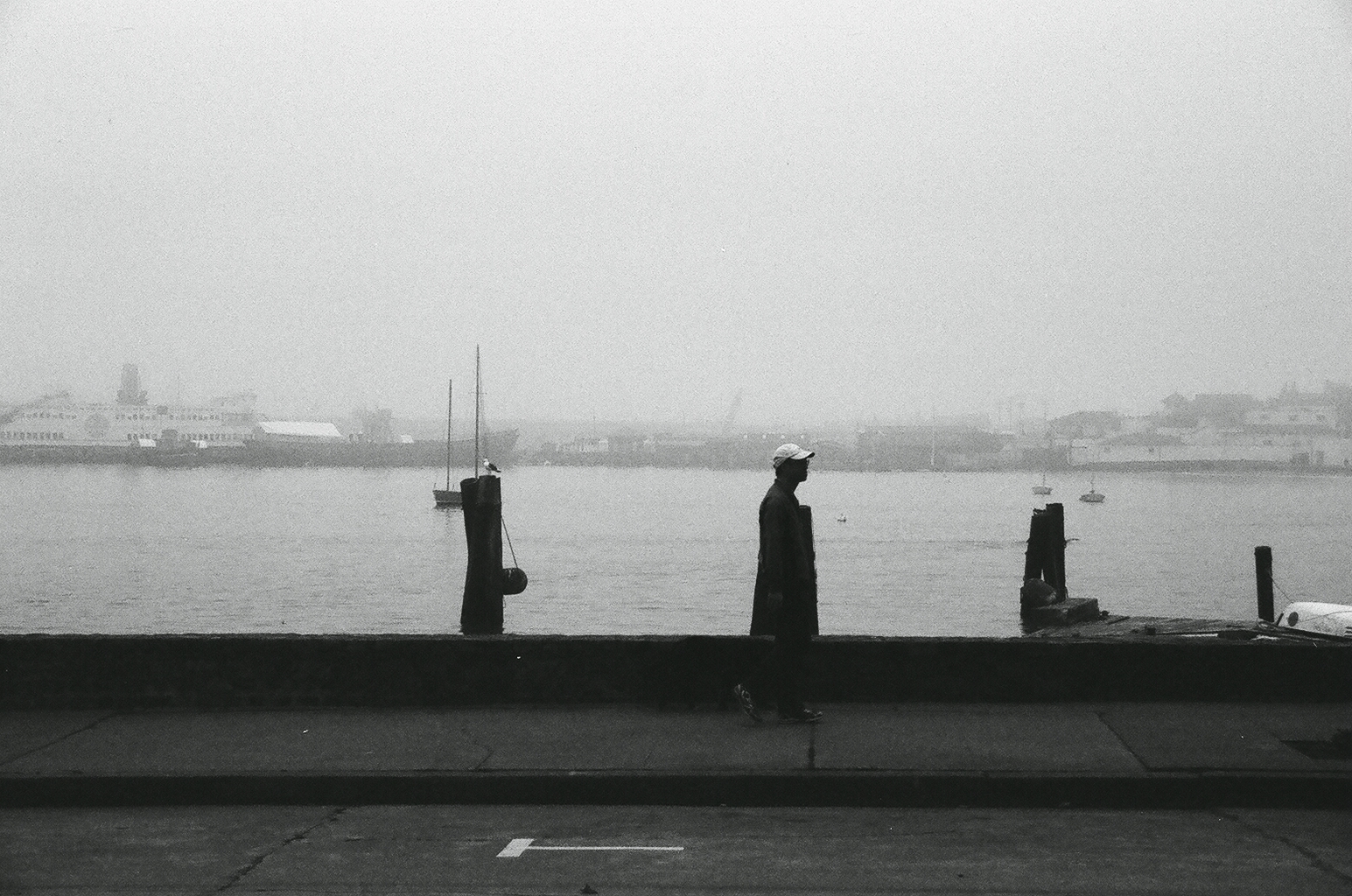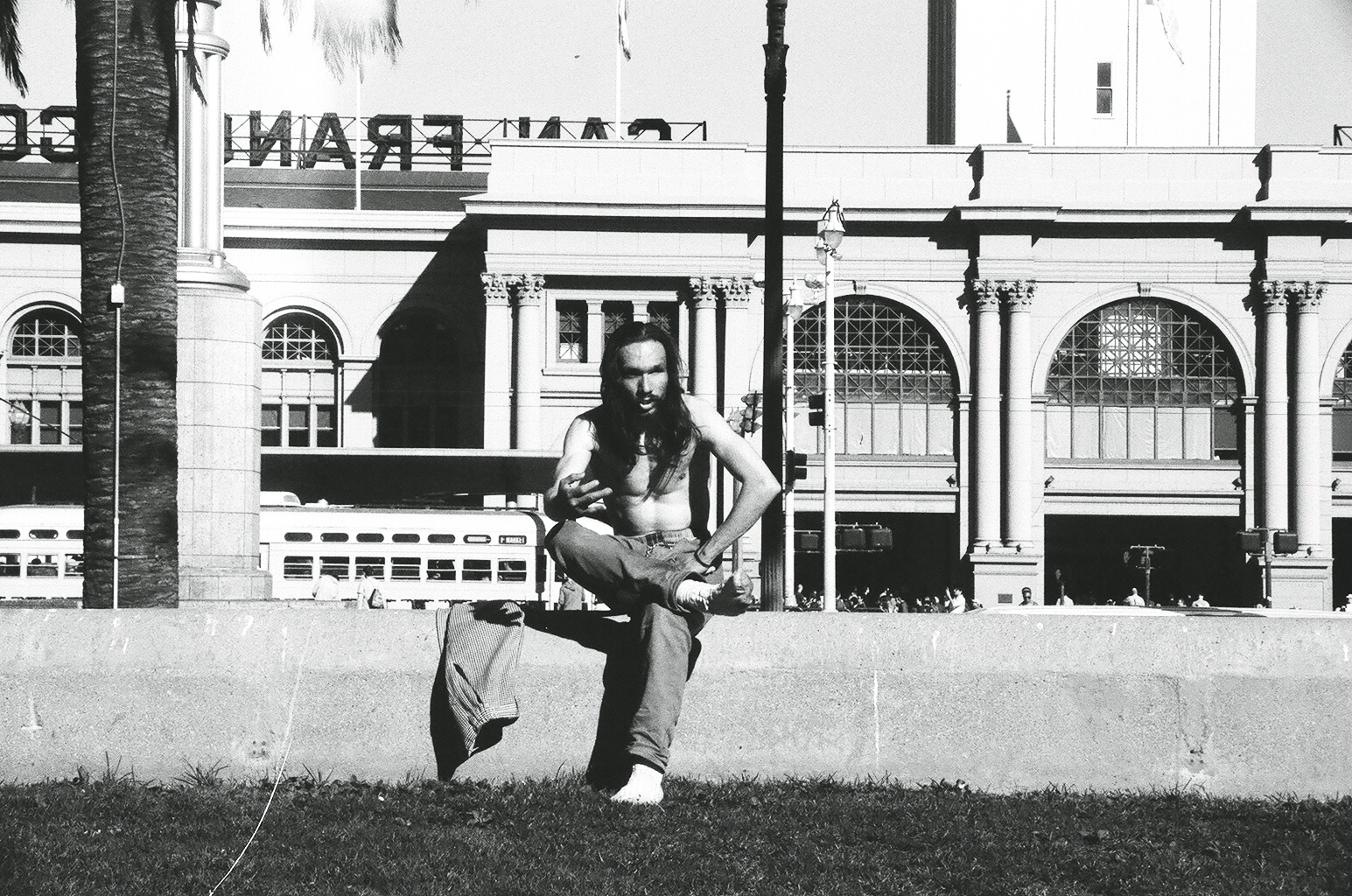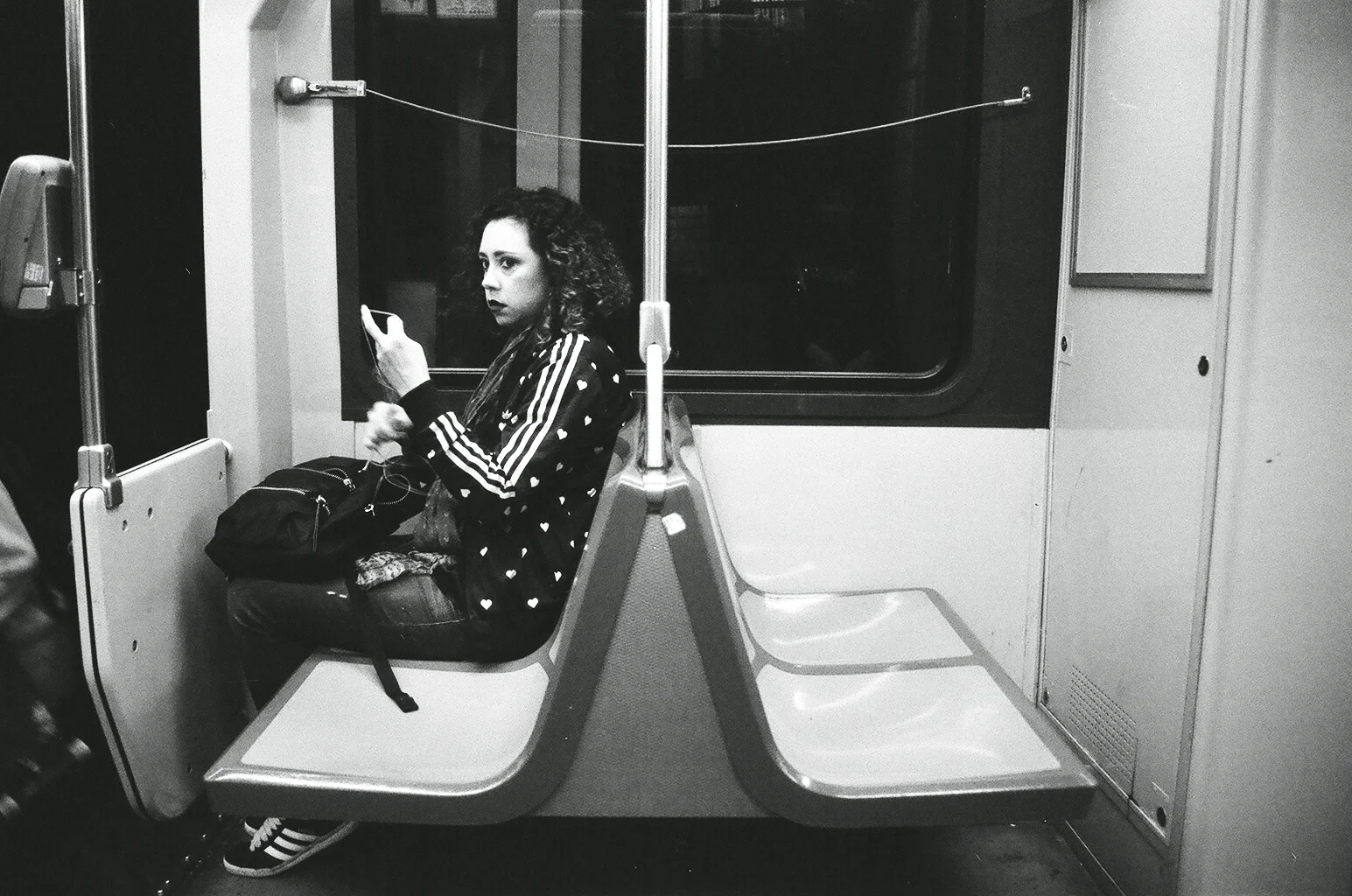I’m not the best, but I take competition seriously. So when challenged to a carbonara competition by my girlfriend’s uncle I immediately turned to old grandpas who told me to boil noodles in water as salty as the Mediterranean, videos of Michelin star chefs battling home cooks, and scattered memories from my only trip to Malta. What each source taught me was that quality ingredients produce quality results.
The clouds broke shortly after.
I was told to check out Olmo, Italienische Spezialitäten a small Italian grocer next to Kotti, so I left my flat midday and walked, camera primed, through a rare partly sunny day. Entering the grocer, perched on an unassuming corner across from the gas station on Skalitzer Str., it became apparent that there was no order to the line. Produce piled delectably behind glass below shelves stuffed with products that surely could not be reached in any haste, and the patrons, similarly packed like canned tomatoes, were kind to each other as their shoulders brushed.
An older Italian, or perhaps German with infinity for Mediterranean cuisine, tilted his eyes over thin framed glasses as he asked for my order. “Four-hundered grams of guanciale and four-hundered grams of whatever cheese goes best with…” “Carbonara?” he grinned as he pulled pecorino romano from the counter.
That’s Olmo on the corner.
I explained the competition amid the disorganized gathering. He wrapped my groceries neatly in white paper, put that white paper in a white paper bag, and that white bag next to another on the small counter. A woman, simultaneously received her order, and in her rush picked my package and slid it into a blush pink bag. The two behind the counter noticed and politely informed her, to which she smiled, handed me my bag, and laughed, along with the rest of the store.
Now leaving, I held the door for the woman and she jumped onto one of those 80s bikes. It was one with a basket in the front and a thin spring frame on the back that could only hold a bundled coat or a newspaper or something else small and absolutely needless for this particular trip. It's not like the bikes in Amsterdam where the frame over the back wheel can carry another person and drunkenly roll along an invisible tight rope wound through Dutch streets.
She looked down and saw my camera and asked if I was a photographer. There are times that I bashfully say no, but this time, having shot for the past 3 days straight I was high on confidence and I emphatically confirmed the curt inquisition. Excited to once more share photos, I quickly pulled out my phone and showed her a few of my favorite shots. She told me the photos were “quite fine” and then asked if the camera dangling from my neck was analog. It was. “No one shoots analog anymore. My husband did but he passed long ago. In fact I have his camera just sitting in a closet. If you take my number and call me after Christmas you can come by and have a look if you like.”
I couldn't help it. Every time I hear of an old camera sitting in a closet somewhere. My mind immediately goes into a day dream of a Leica and like a bag of money laying in the middle of the train. It's just never going to happen. It’s never money, and it's never a Leica.
I waited two days after Christmas to try and be polite. I called her and said “If you're still interested I would love to come by and see the camera.” She responded, “I thought you were the one who was interested?” Sometimes my indirect politeness lets Germans down.
She gave me the directions from the U-Bahn. Left past the church. Turn left again. Continue for two blocks past the market and give me a call when you're at the kiosk. “You mean späti?” Yes, the kiosk. I did, and she gave me the number to the door. Her building was a modern impossibility. Through the courtyard, the edifice looked inwards on an old barn that used to house horses and a single family home that appeared as though the city were built around it. It was a giant nested in a crack in the concrete. I pushed through the building and climbed the winding stairs two at a time.
The U1 passing through Kottbusser Tor.
It took all of her strength to open the huge green iron doors.
I walked into art supplies strewn everywhere. The bathroom was a creature of a DIY wall, made from stacks of severed wine bottles and glass bricks. There were no doors and the bathroom was open to a heater which sat between a sunken bathtub and her kitchen, bedroom, and living room. The window opened to an industrial lot full of delivery trucks, and her laundry was strung from one wall of the grand ceiling to the other. The flat itself was huge, but she only occupied a small corner of the kitchen with a bed, table and chair for one, and other small personal effects. The rest was storage, clothing from someone who didn't seem to be coming back any time soon, and other collectibles from over the years.
She offered me a cup of coffee as she boiled the water and washed the cup. I sat on her bed in the corner of the kitchen and the smell of weed overpowered it all.
The coffee took 25 minutes to make, broken up by conversations about the diminishing value of photographs when everything can now be taken instantly. She said that there are those who take photographs in those who take snapshots. There used to be some kind of artistry in the speed she said. I tried to defend the invention of photography claiming that cameras and the media were always meant for the mass market. That photography is purely a consequence of the industrial revolution, but she believed that the manipulation of photography, the ease of use, and lack of meaning, eroded its artistic value.
On the small white table, white plaster dolls reminded me of Khmer shadow puppets. They lay dismembered; cadavers of her creativity. I asked her how she made them and she showed me a paintbrush and opened up a small can of plaster. She said she would create everything using painted layers of plaster, one layer giving shape on top of the other. I can only imagine how long it took. Maybe there's some truth to artistic value being added through time and intention.
One had a fan on its head. The body was detached from the arms, but the legs were held on by pins. I asked her about his function and she told me “it's a man and he'll have a little skirt and under this little skirt he's going to have a penis and when you pull on him the penis is going to come up and swing up from below.” She chucked and handed me my coffee.
Results from a test roll of Tri-X.
At one point she went to the toilet while I was still in the kitchen. With no wall between the toilet and kitchen, we continued to talk. She hated the word “mussen” (must). “The new generation always says they must do this, they must do that, but no one ever seems to understand who will actually do it”
The neighbors annoy her. Her neighbor downstairs says that he is an environmentalist but when she comes in at night she can see all the lights on. They’re loud and “the young ones come in and they claim that they're nice but in reality they're really nasty.”
She chopped raw meat in the sink overflowing with dishes for a big fat cat that she boarded. She told me that one day she would buy a dishwasher because she can't be bothered to wash anymore. The cat jumped out of the window. Not this time, but a few years back and sprained leg. She barred the window closed and fitted wire mesh to the prison so that the air could pass freely.
She showed me all of her husband's photos. He was a mechanical engineer and he printed the black and white photos himself. They depicted mostly machines that he had invented, rooftops in the French countryside, or the odd landscape with a bridge in the distance. His photos were an example of the power of man, but also an appreciation for the inevitability of nature. In the bottom of this Ilford box lay three photos of a flag with Lennon’s face. In the first, the flag was creased but his face clearly visible with the second and third depicting a distorted face creature beneath the folds.
She pulled a small leather duffel that was torn on both ends from a cabinet in the back corner of the apartment. A beautiful bag with three metal clasps popped open to reveal a Carl Zeiss Ikon with three lenses a 35 mm, a 90 mm and a 135 mm all in pristine condition. I held the bag open and fiddled with the three. The shutter fired and the film advanced. It seemed like a working camera.






